

New Lines Podcasts
Latest from New Lines Podcasts

Hala Alyan Reflects on Motherhood, Exile and the Geography of Loss
Palestinian-American writer and poet Hala Alyan joins Faisal Al Yafai on the podcast to discuss her recent memoir, motherhood and the politics of writing during the Gaza war.
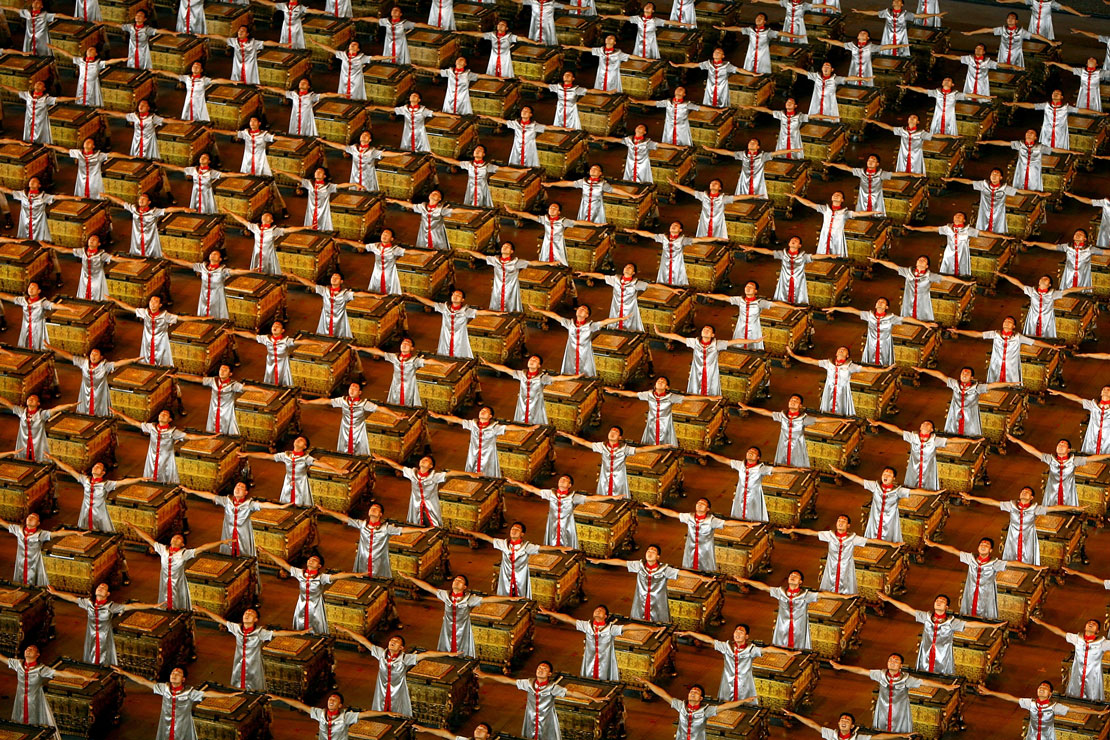
The Pillars of China’s Global Rise
Author and Emmy-nominated journalist Melissa Chan joins Amie Ferris-Rotman on the podcast to discuss the foundations of China’s increasing global dominance.
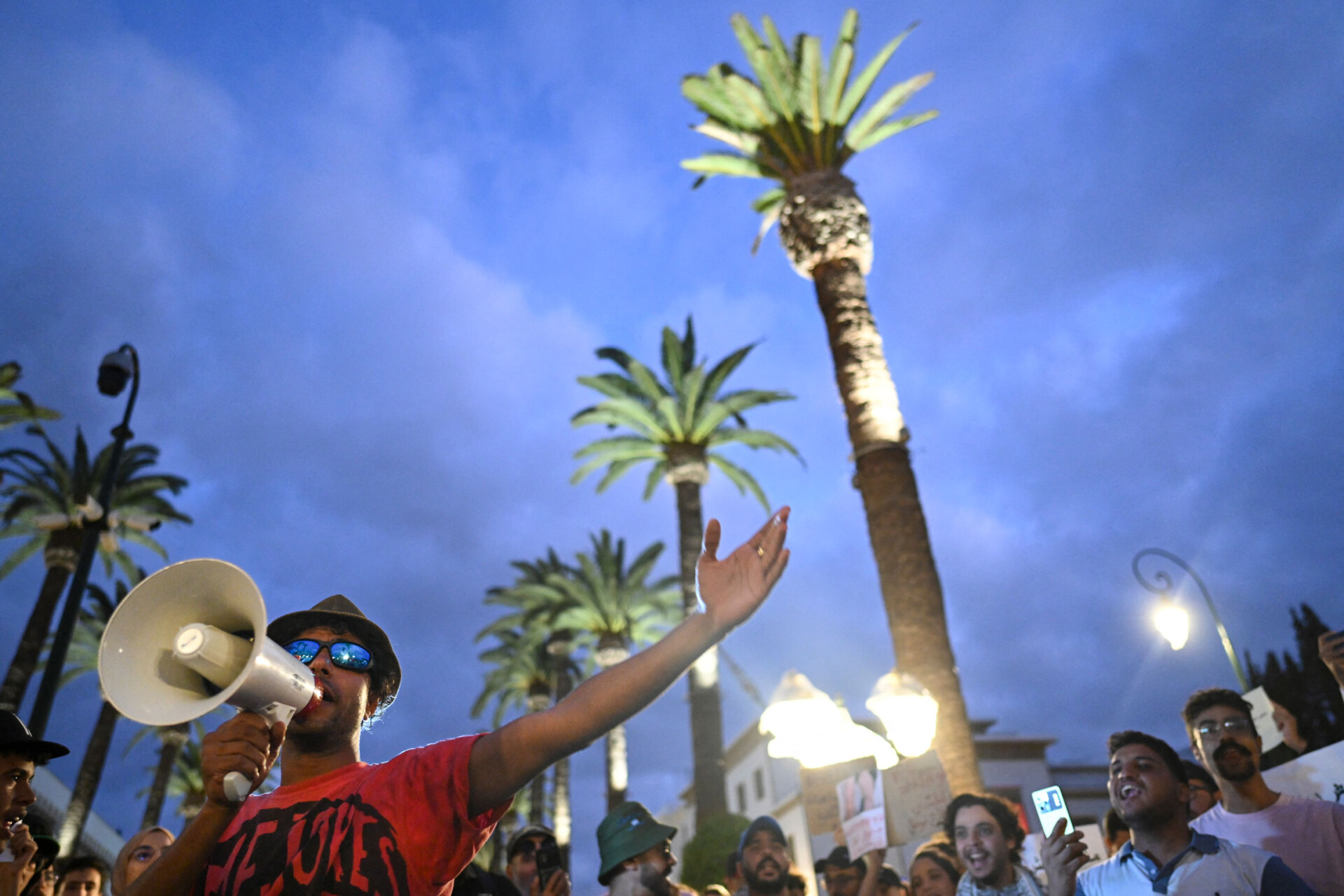
Why Is Gen Z Protesting Across Africa?
Host Kwangu Liwewe is joined by journalist Aboubakr Jamaï and public policy expert Gedion Onyango to discuss youth protests in Morocco and Kenya.
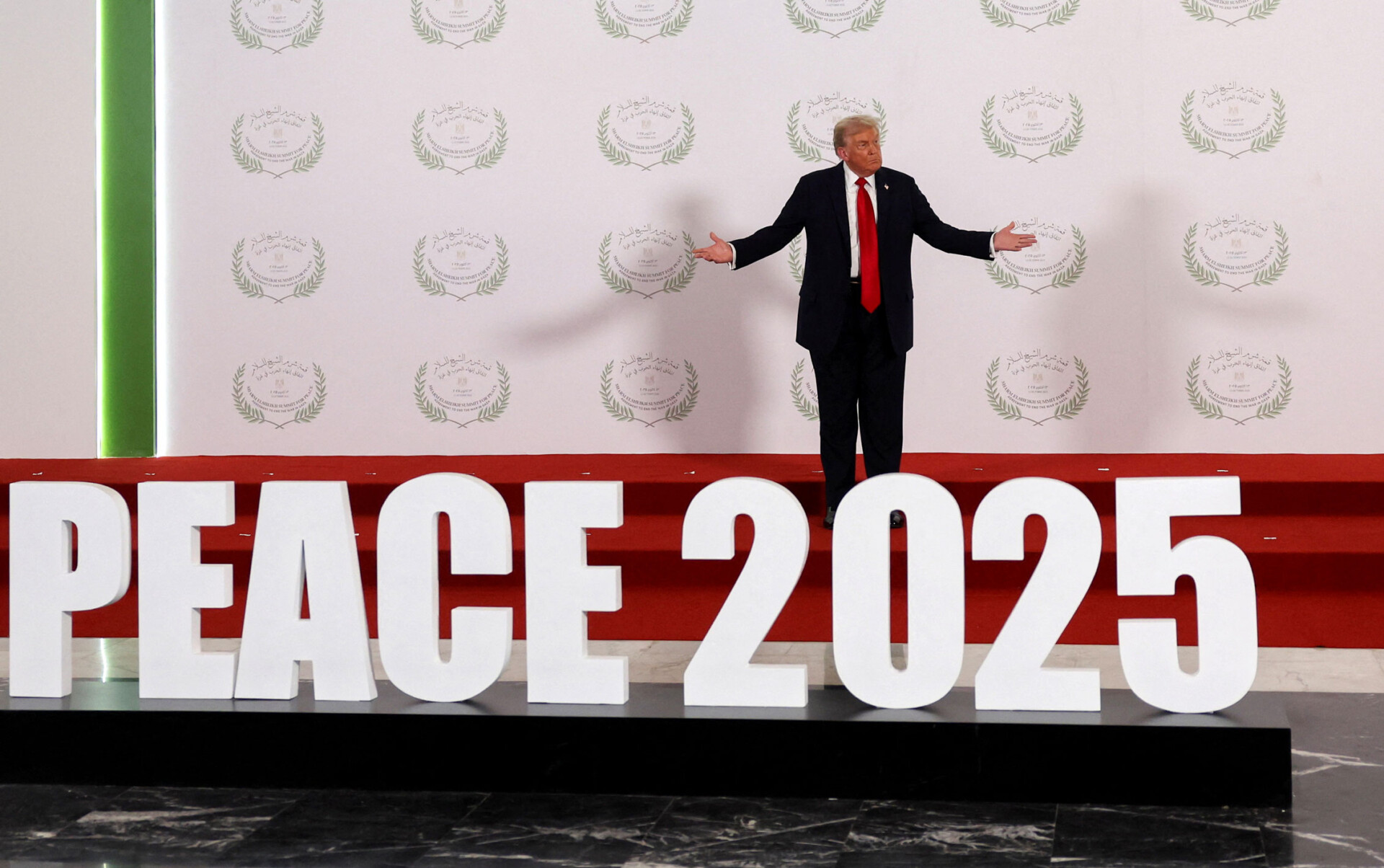
Is It Really Peace in the Middle East?
New Lines’ Middle East Editor Kareem Shaheen joins Faisal Al Yafai on the podcast to discuss the Gaza ceasefire deal.
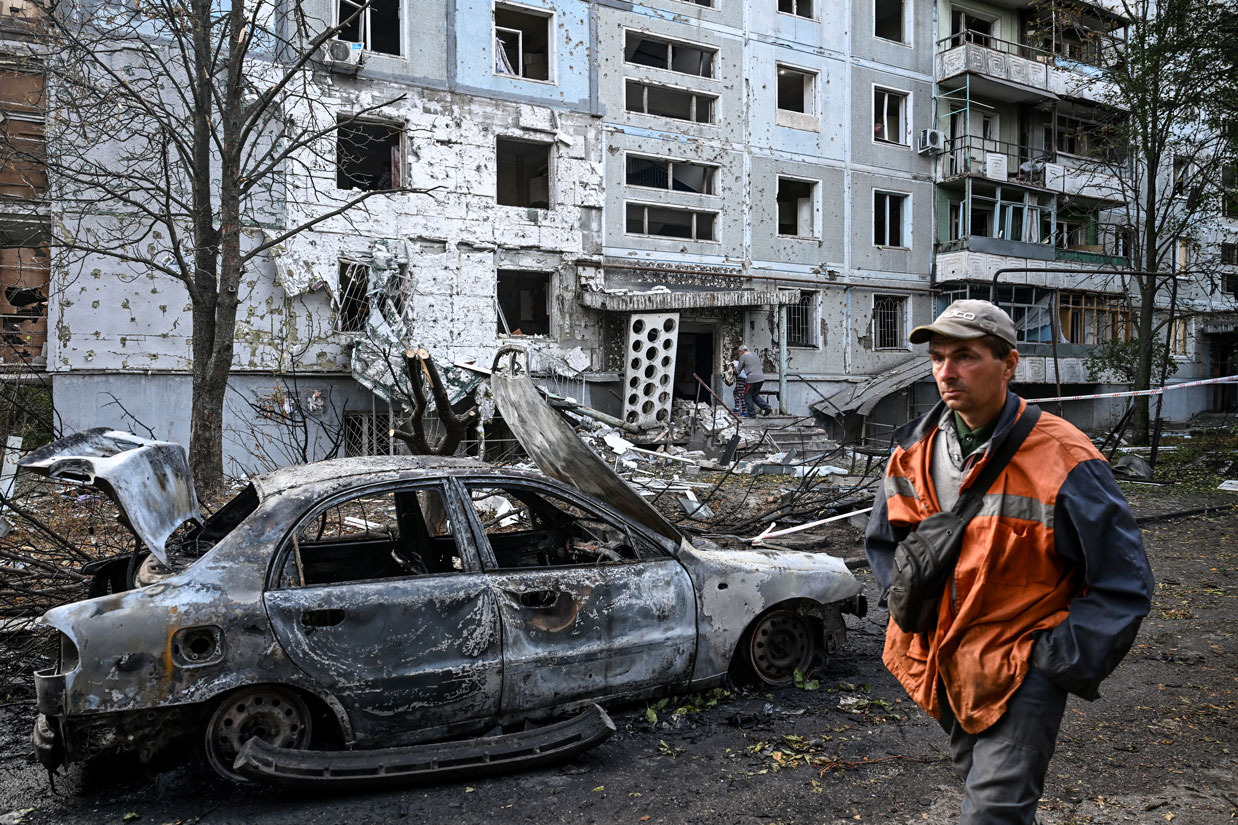
Uncovering the Human Stories Behind Global Politics
Recorded at a New Lines live event in London, correspondents Yaroslav Trofimov and Christina Lamb join Faisal Al Yafai and Lydia Wilson for a discussion on storytelling and why it matters.
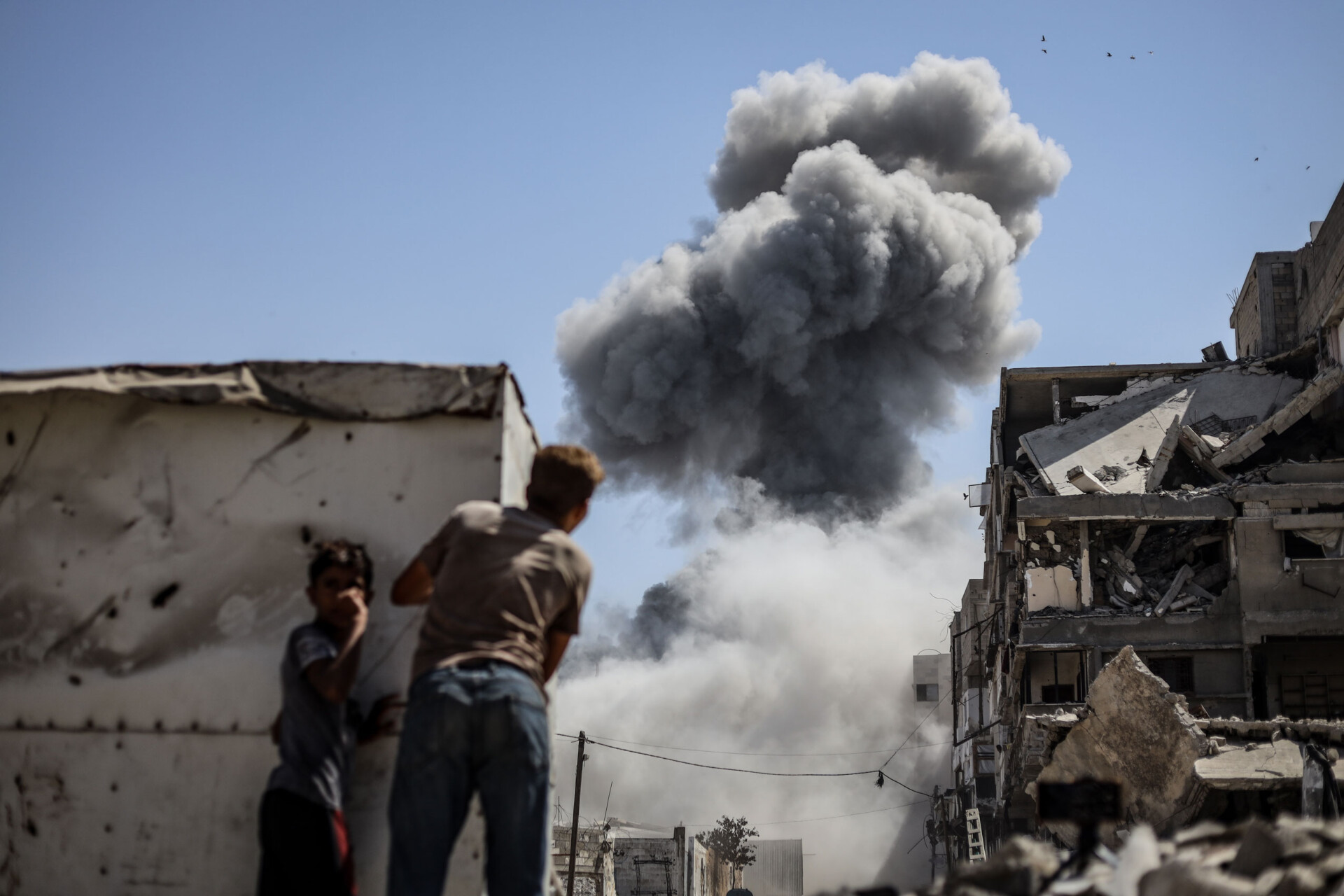
Rashid Khalidi on One of the Worst Periods in Palestinian History
Rashid Khalidi joins Faisal Al Yafai to discuss two years of war on Gaza and its place in the greater war on Palestine.
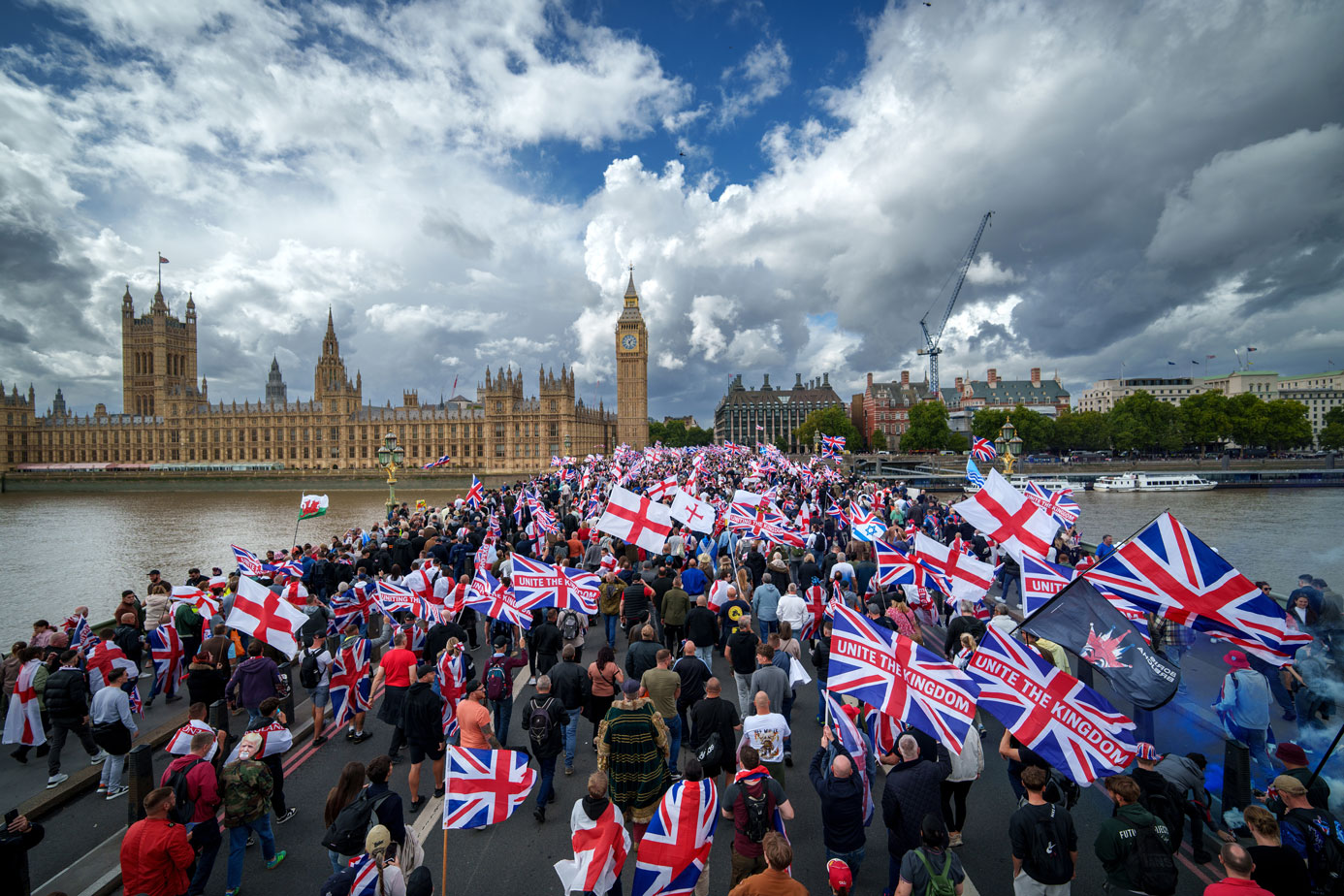
Britain’s Summer of the Right
Hardeep Matharu and Jos Betts join Kwangu Liwewe to discuss how the British right’s relationship to identity is shifting.
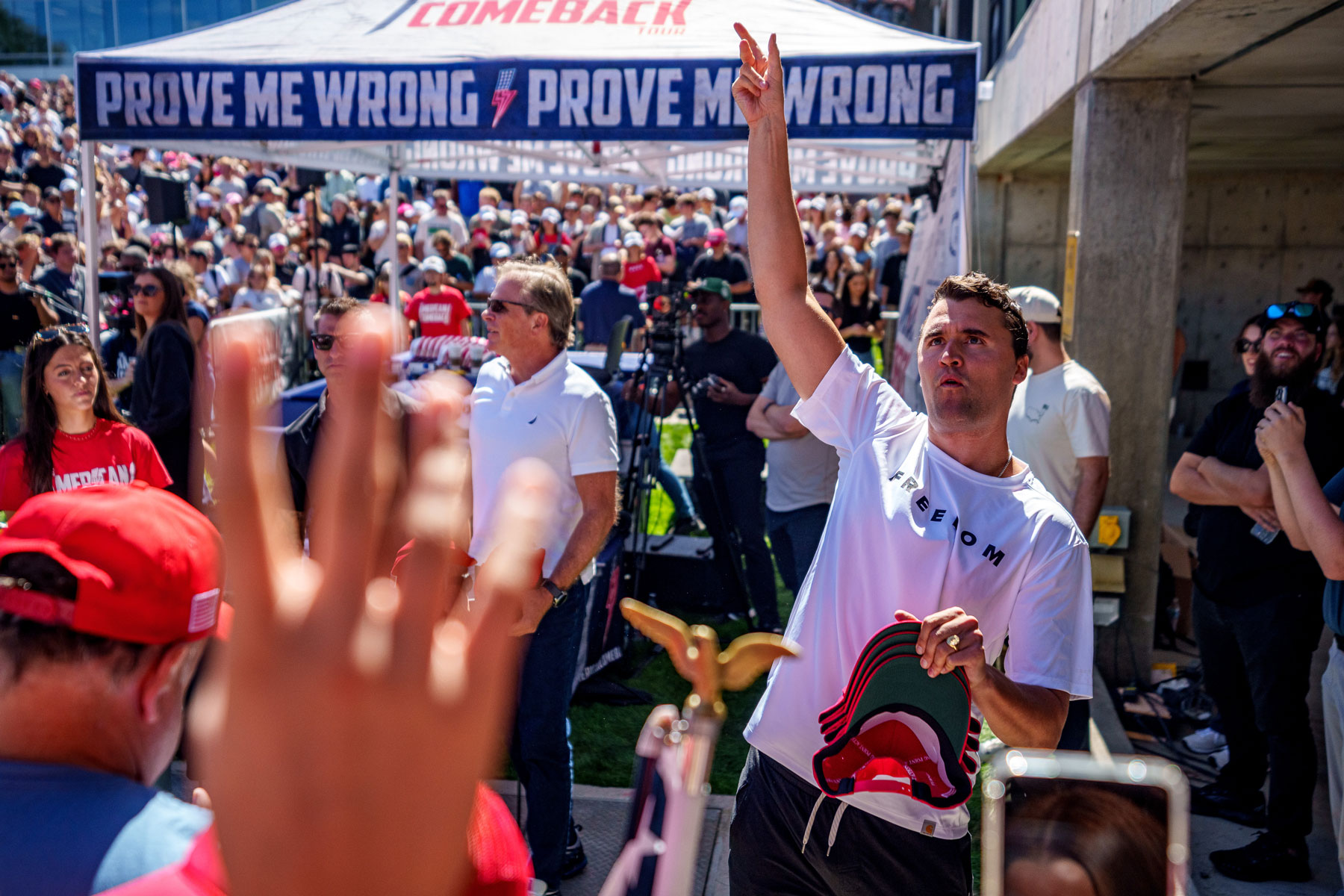
How To Fix America’s Political Violence
Writer and political pundit Anand Giridharadas joins Faisal Al Yafai to discuss Charlie Kirk’s assassination and the problem of political violence in America
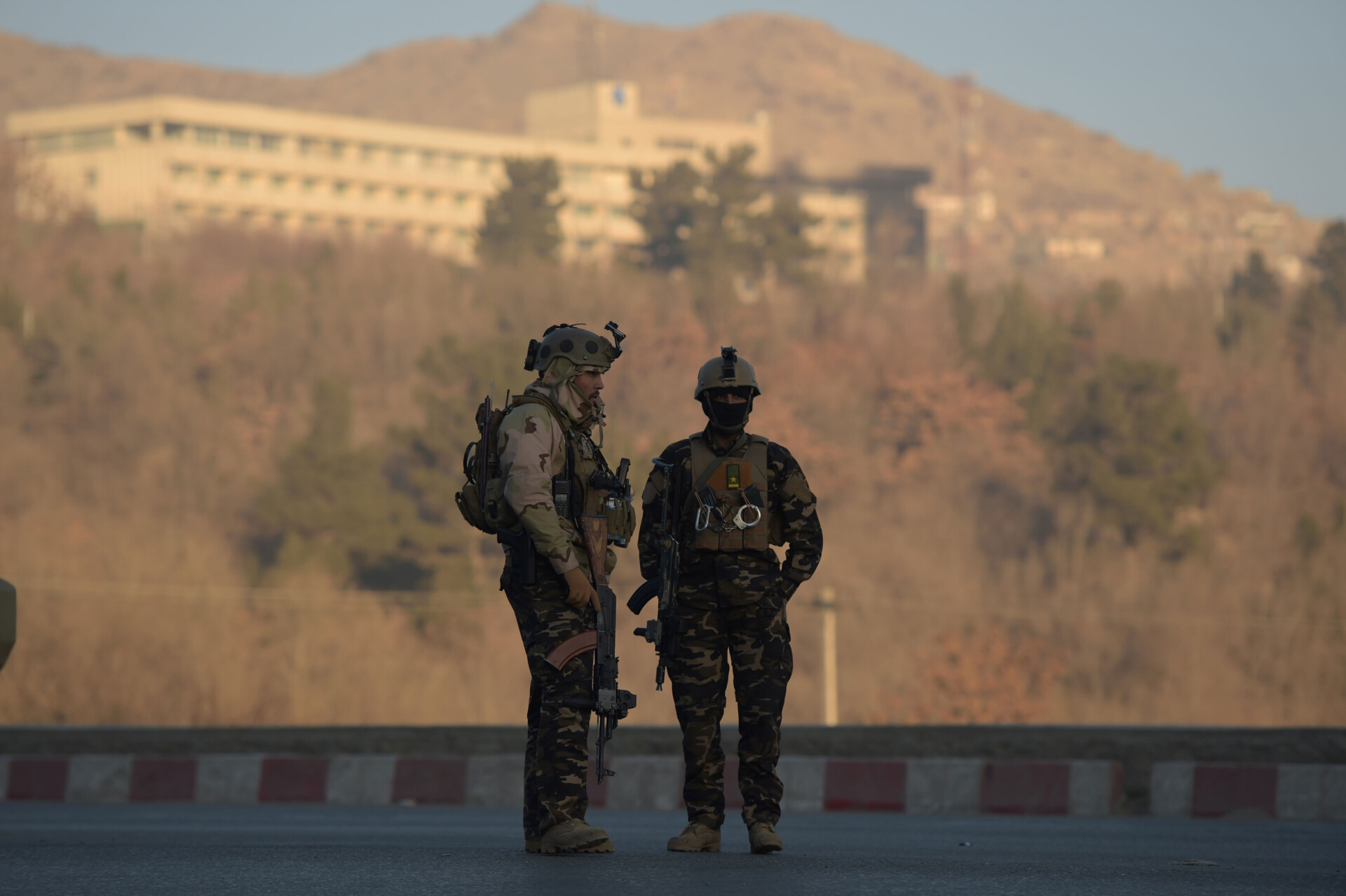
Lyse Doucet Offers an Alternative History of Afghanistan
Veteran BBC correspondent Lyse Doucet joins New Lines’ Faisal Al Yafai to discuss her new book on Afghanistan, “The Finest Hotel in Kabul.”
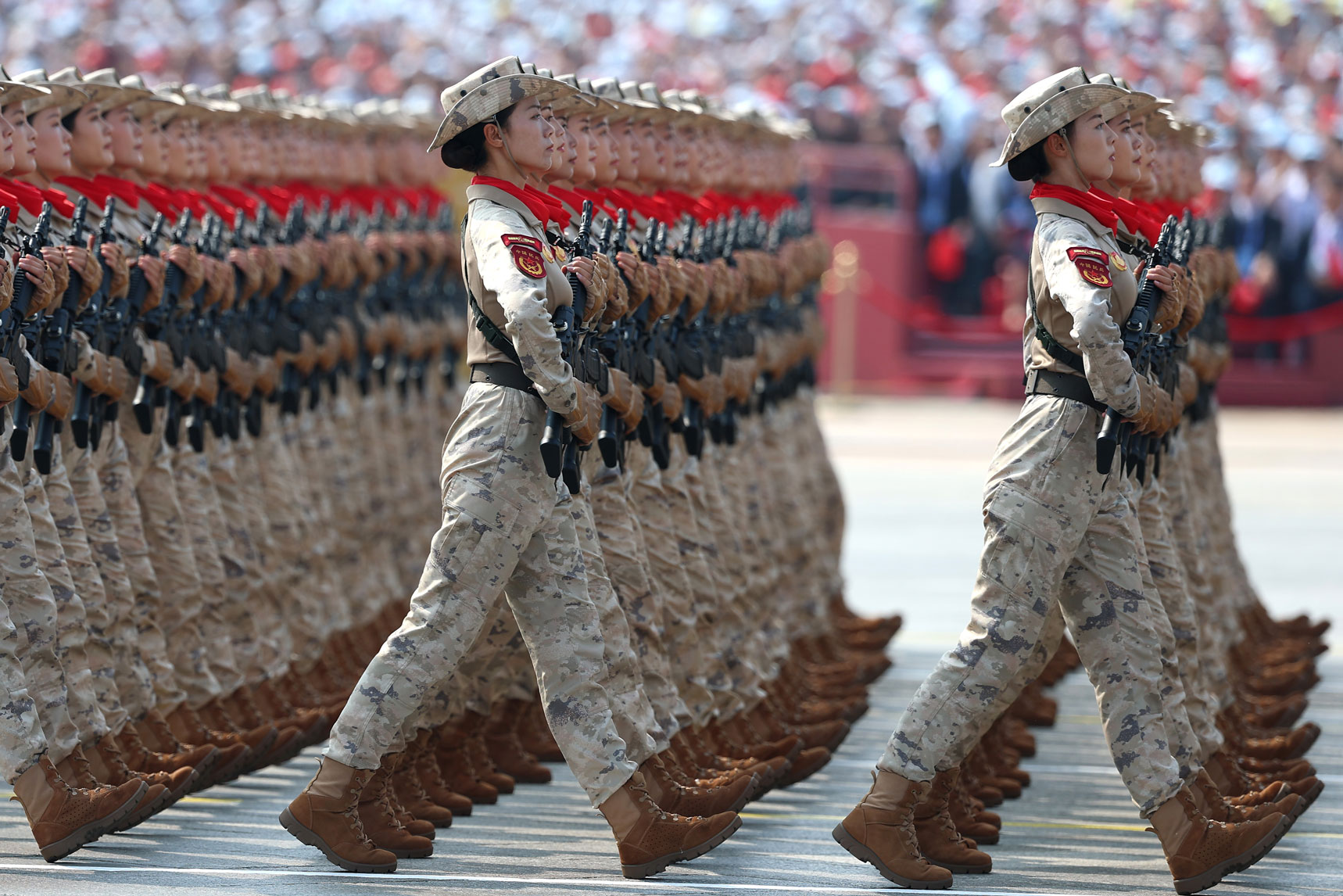
China’s Rise, American Reckoning
In a new audio essay, New Lines’ Faisal Al Yafai considers how the recent meeting of non-Western leaders in China could mark a shift away from decades of American global dominance.
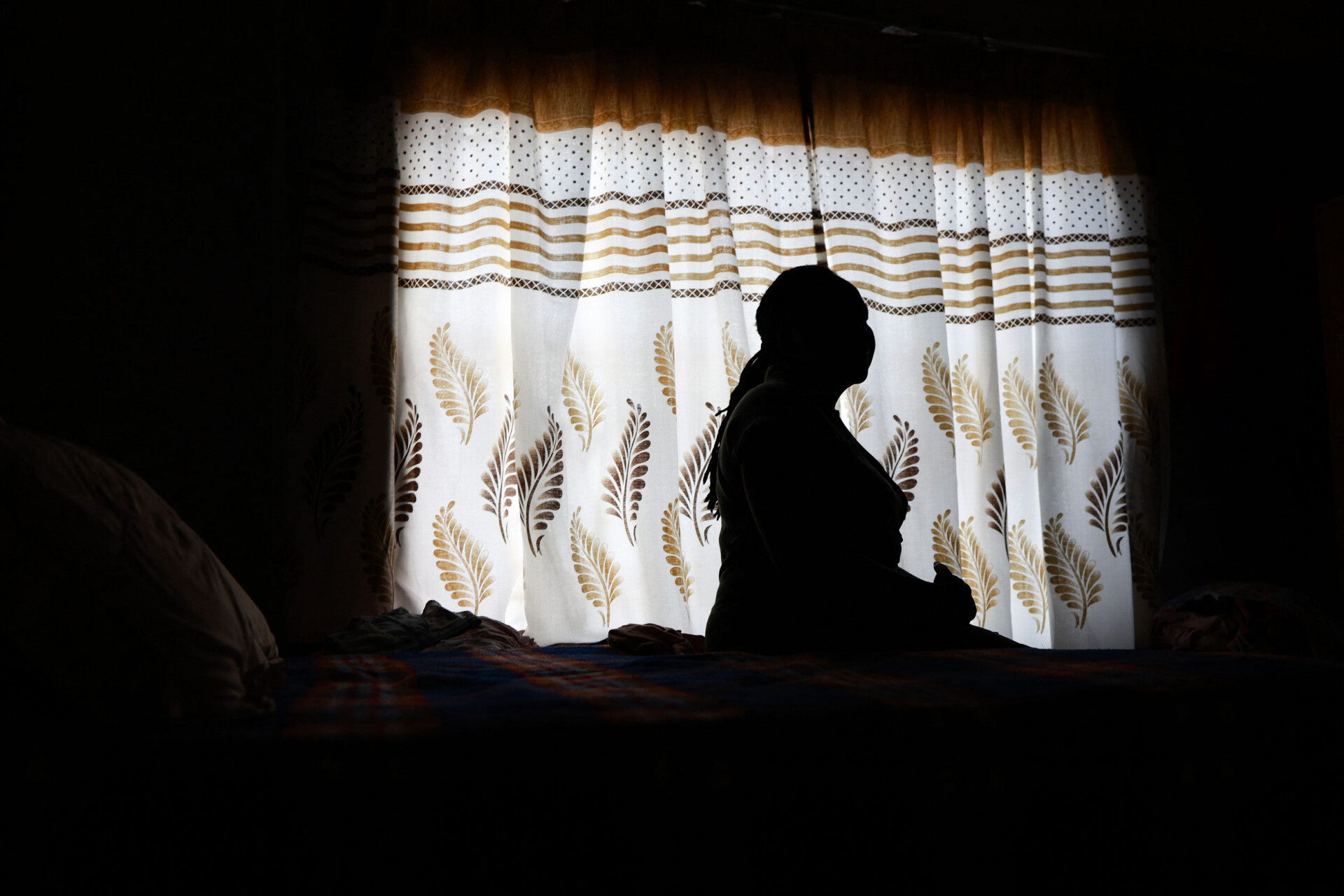
Listen Again: The True Impact of USAID Cuts on Africa
Economist James Shikwati and New Lines’ North Africa Editor Erin Brown consider the impact of drastic cuts to American aid in Africa on this episode of Global Insights on The Lede, hosted by Kwangu Liwewe.
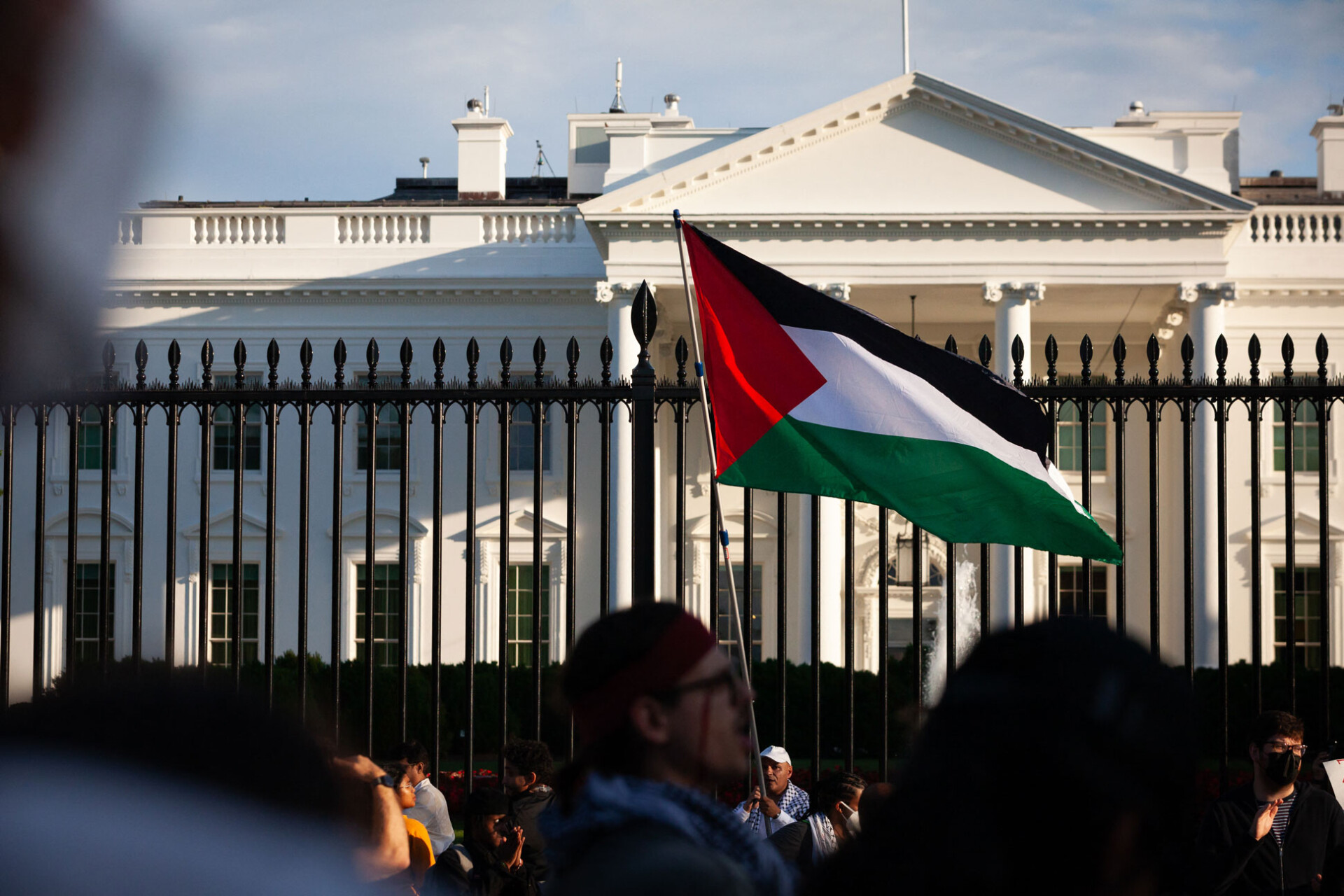
Listen Again: Gaza and the Fall of Western Idealism
Acclaimed writer and journalist Omar El Akkad joins Faisal Al Yafai for a frank, difficult and moving discussion about the personal impact and wider implications of the war in Gaza.
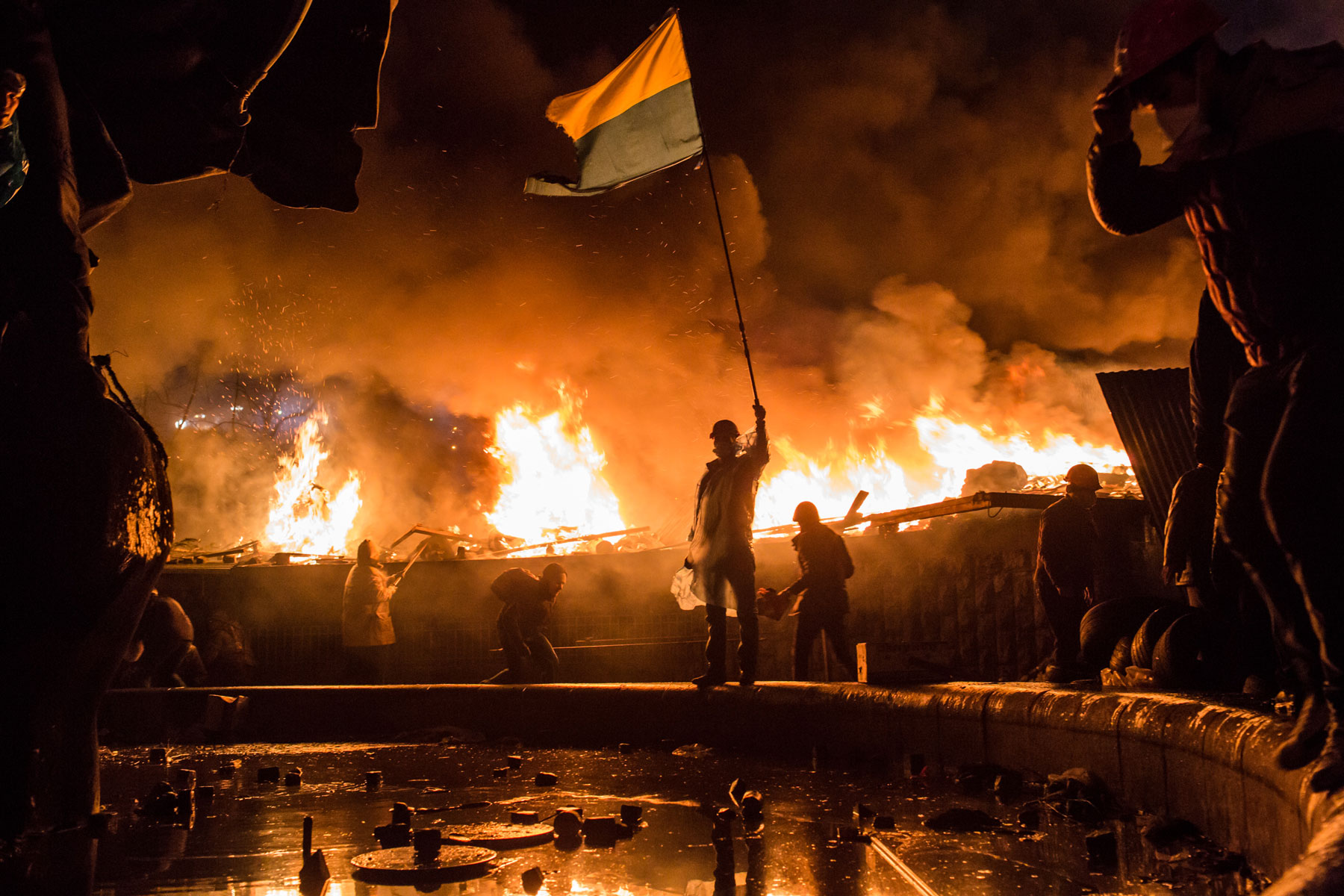
How Central Europe Became the Frontier Between Russia and the West
Historian Luka Ivan Jukić joins New Lines’ Faisal Al Yafai on the podcast to discuss his new book, “Central Europe: The Death of a Civilization and the Life of an Idea.”
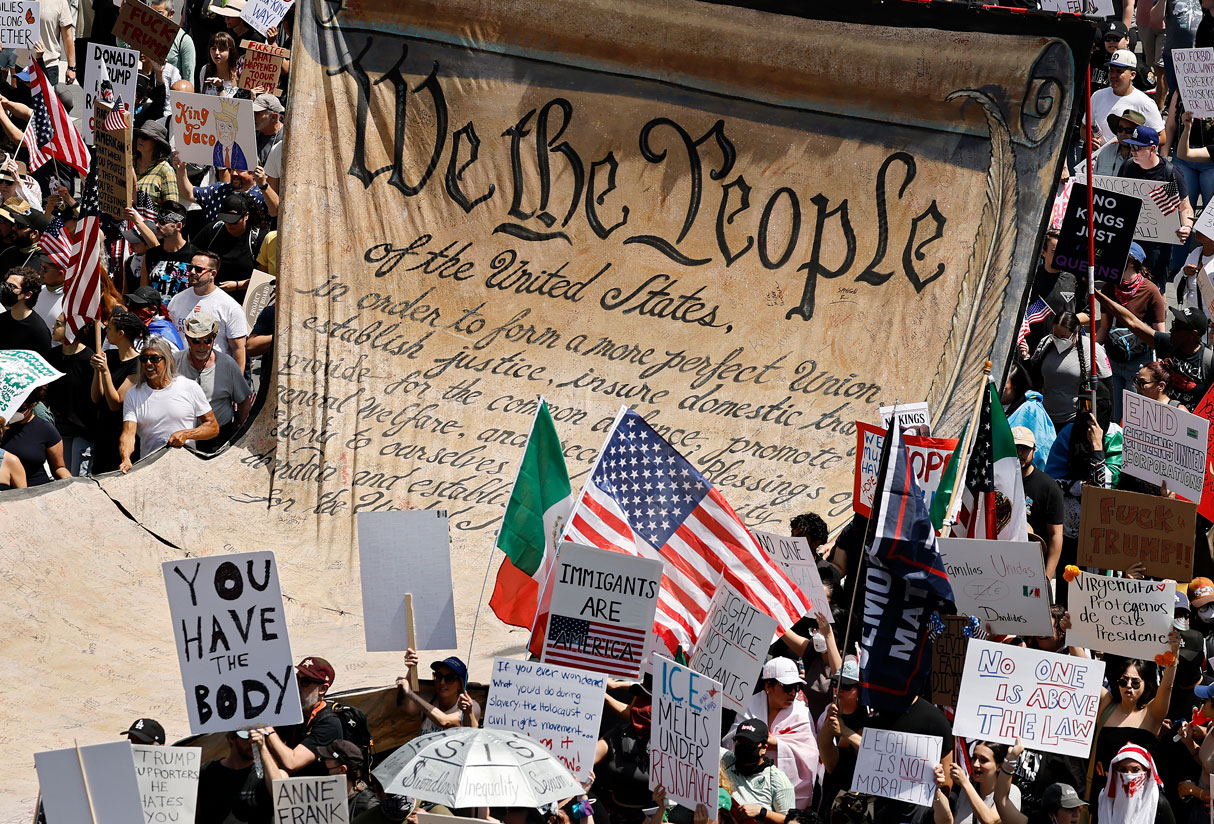
We Can’t Agree on What Free Speech Means. Here’s Why
Historian and writer Fara Dabhoiwala joins New Lines’ Faisal Al Yafai to discuss the complex history of free speech and his new book “What Is Free Speech? The History of a Dangerous Idea.”
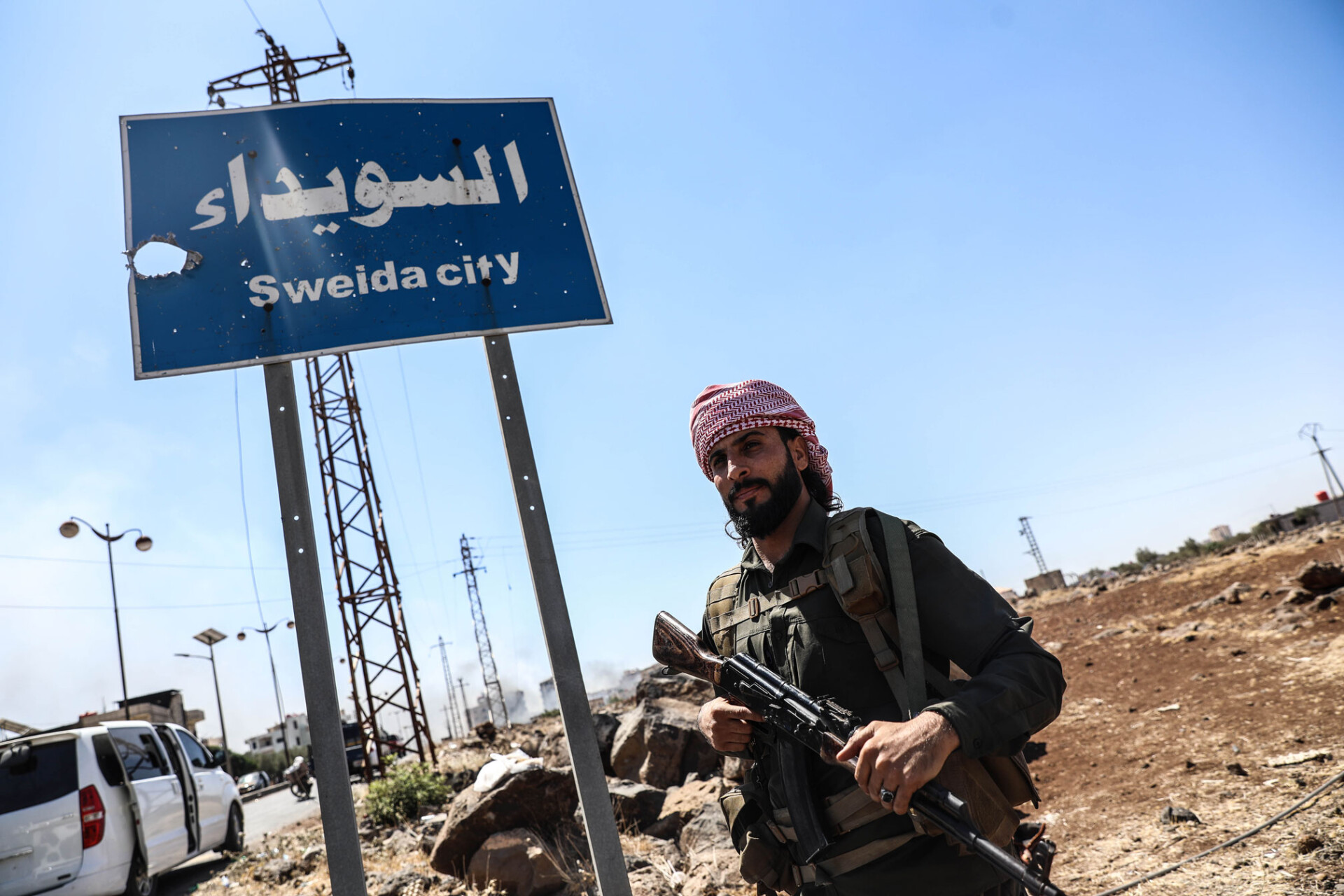
Syria After Sweida
Author Robin Yassin-Kassab and journalist Zaina Erhaim join New Lines’ Faisal Al Yafai on The Lede to discuss the recent violence in southern Syria, Israeli bombing, and what they mean for the country’s future.
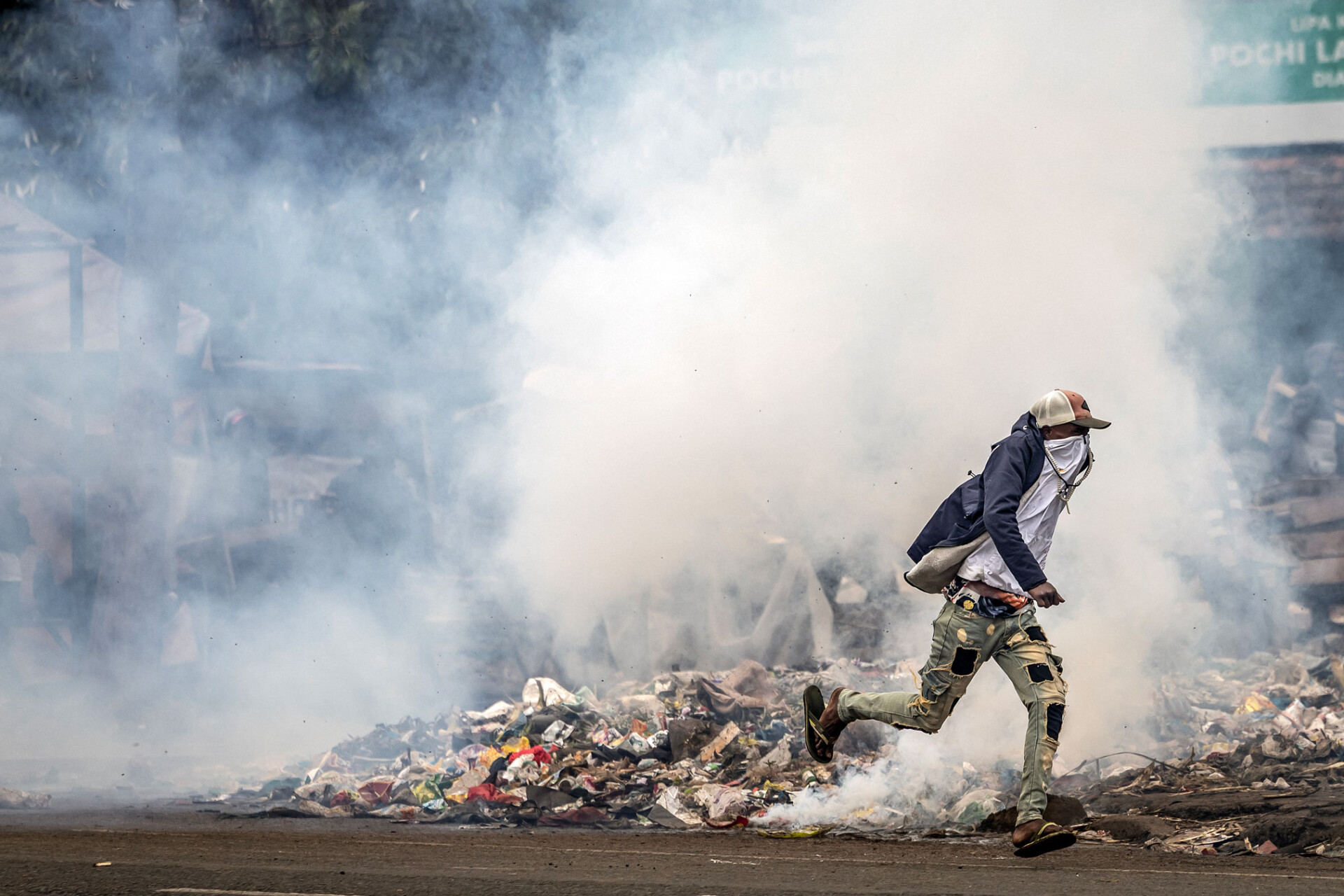
East Africa’s Authoritarian Turn
Tanzanian activist Maria Sarungi-Tsehai and Mary Kambo of the Kenya Human Rights Commission join New Lines’ Kwangu Liwewe on the podcast to discuss increasing repression in the region.
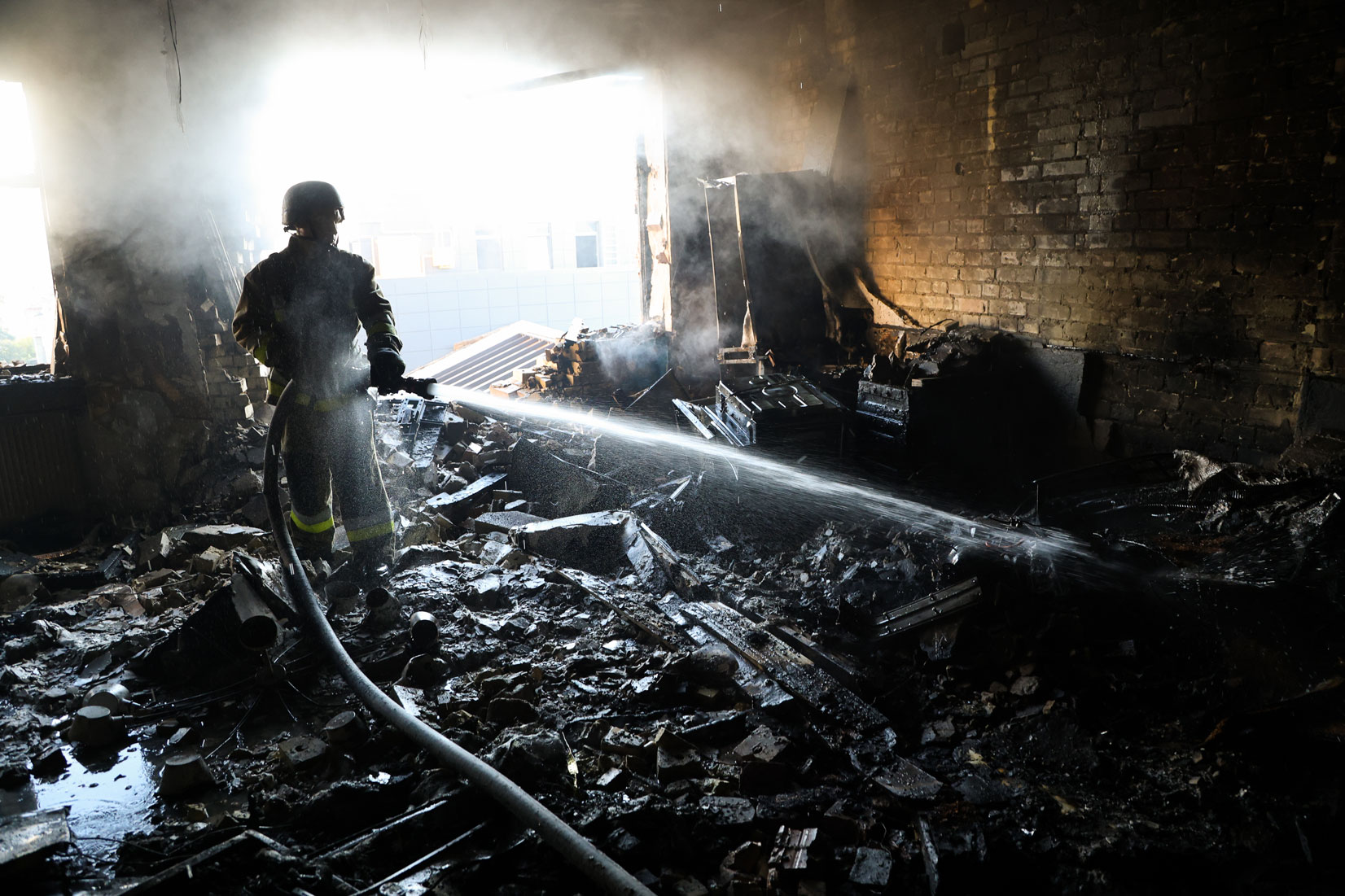
Ukraine on the Precipice
The Financial Times’ Christopher Miller and New Lines’ Amie Ferris-Rotman join Faisal Al Yafai on the podcast to discuss recent developments in Ukraine.
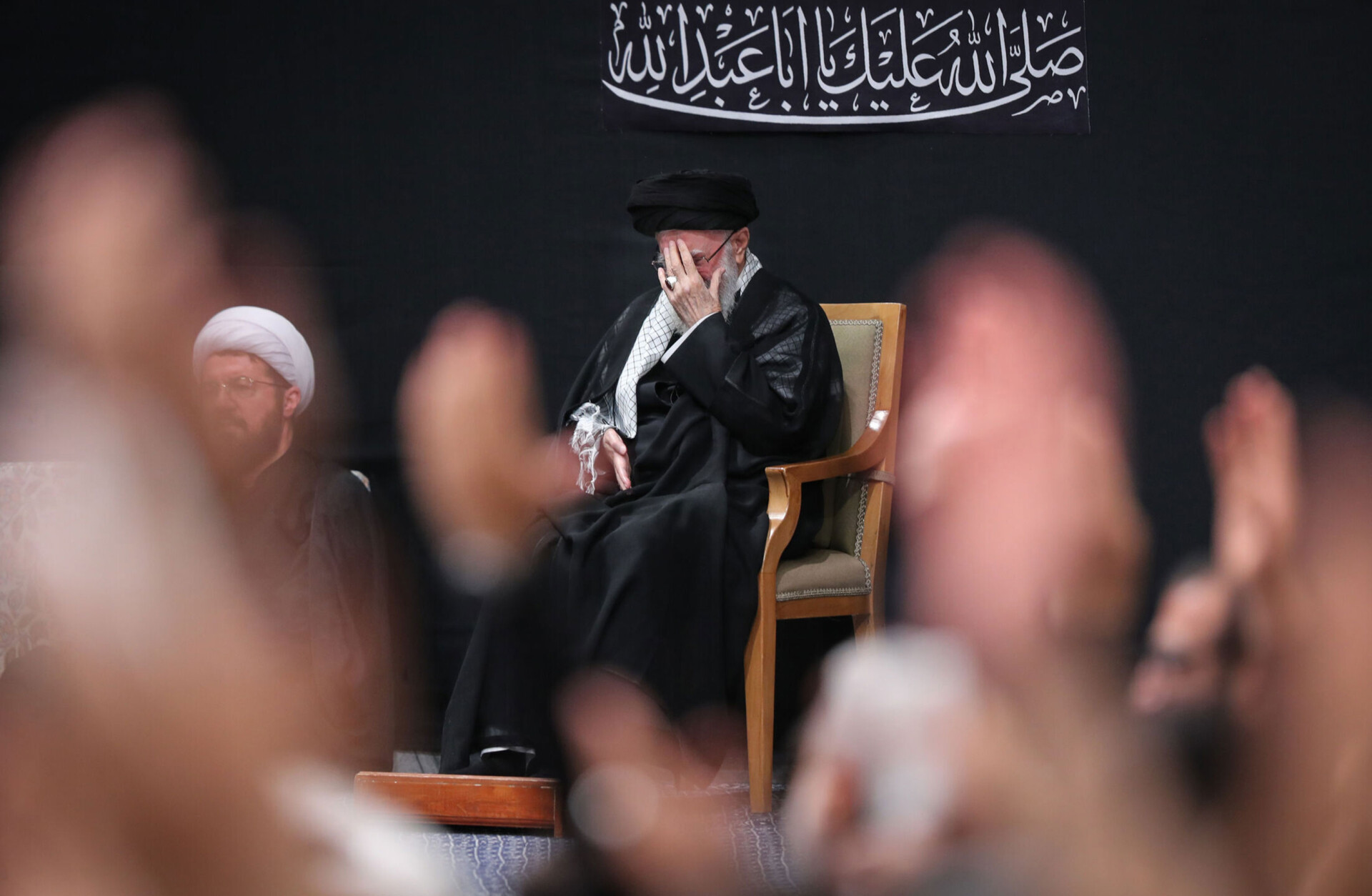
What Iran Wants
Historian and author Afshon Ostovar joins Faisal Al Yafai to discuss the ideology and strategy of Iran.
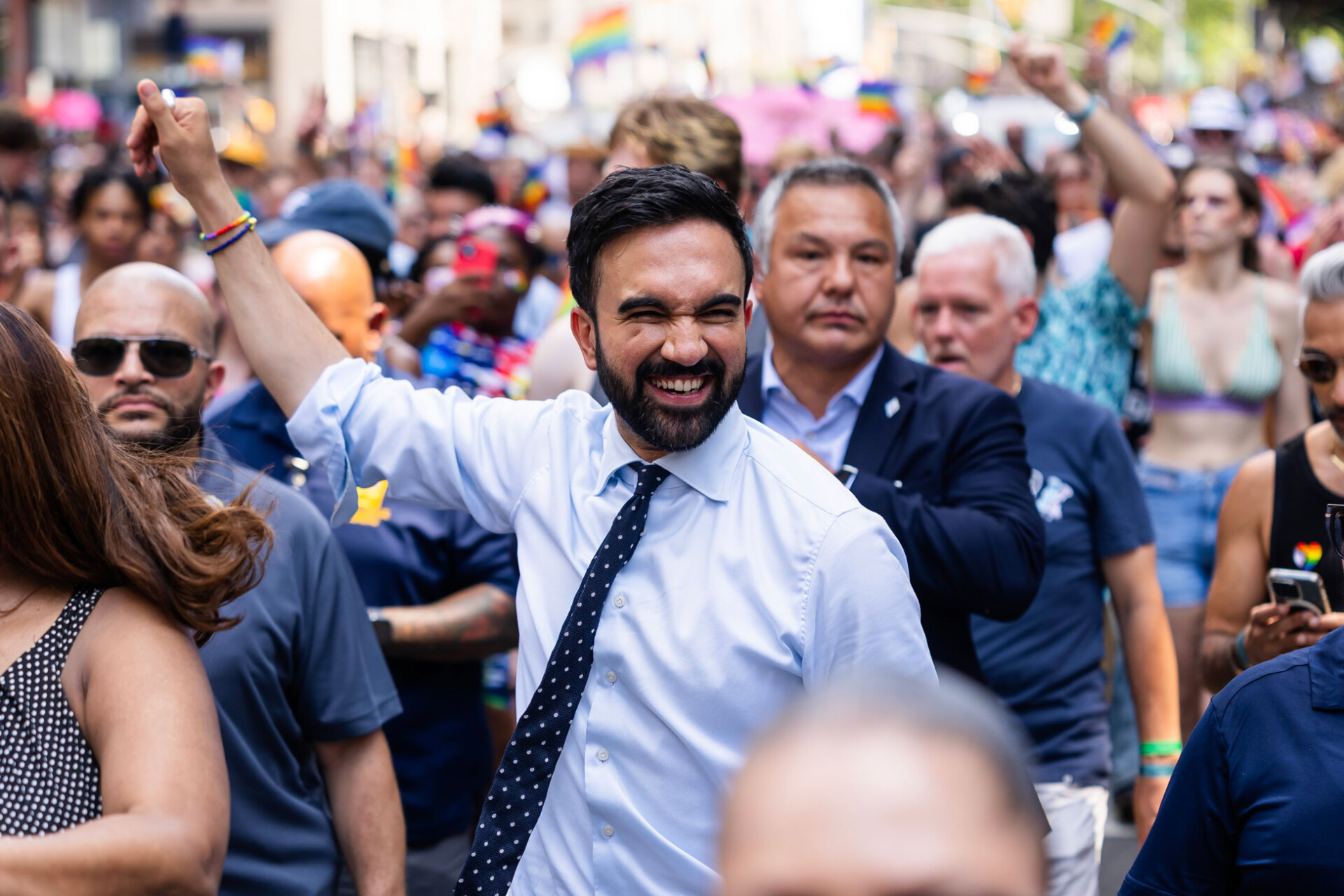
A Mamdani State of Mind
New Lines editors Christin El-Kholy, Surbhi Gupta and Danny Postel join Faisal Al Yafai on the podcast to discuss the significance of Zohran Mamdani’s Democratic primary win for New York’s mayoral election.
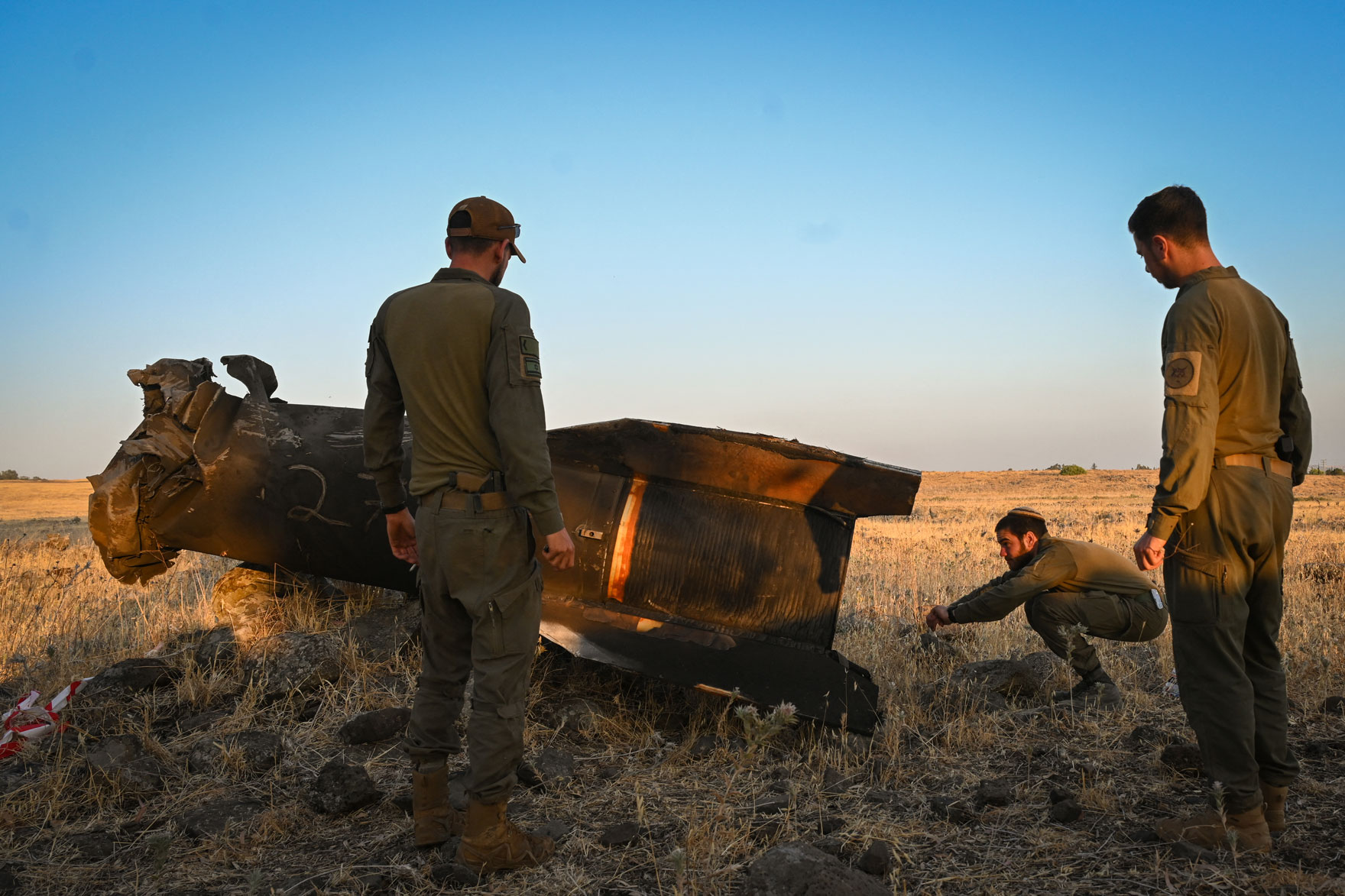
Losing Control? An Iranian and an Israeli on the Recent War
Academic Nahid Siamdoust and political analyst Ori Goldberg join New Lines’ Faisal Al Yafai on Global Insights to discuss the fallout of the war between Israel and Iran.
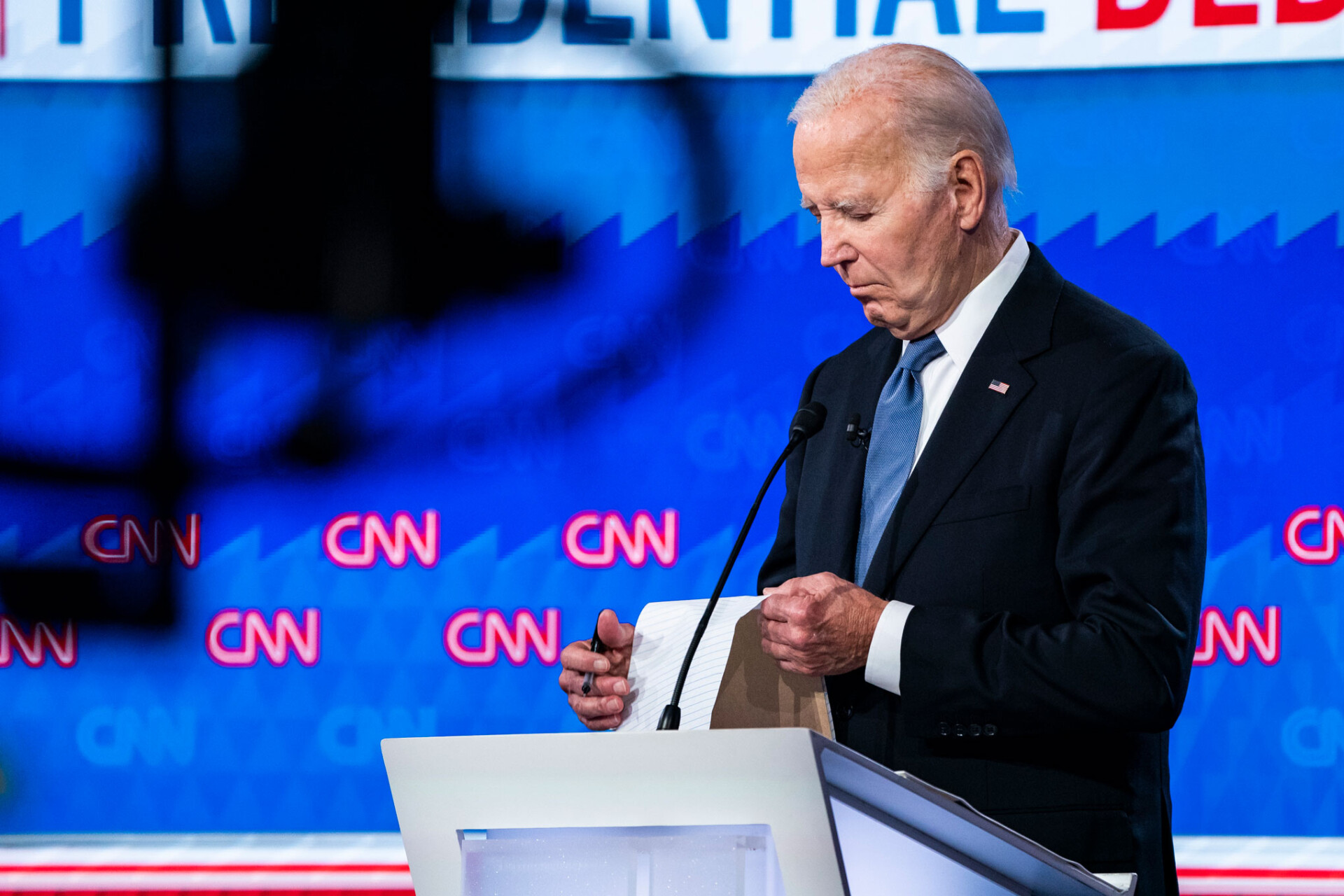
The Inside Story of a Scandal at the White House
White House reporter Alex Thompson joins Faisal Al Yafai on the podcast to discuss his bestselling book, co-authored with CNN anchor Jake Tapper, on the cover-up that hid Joe Biden’s declining health.
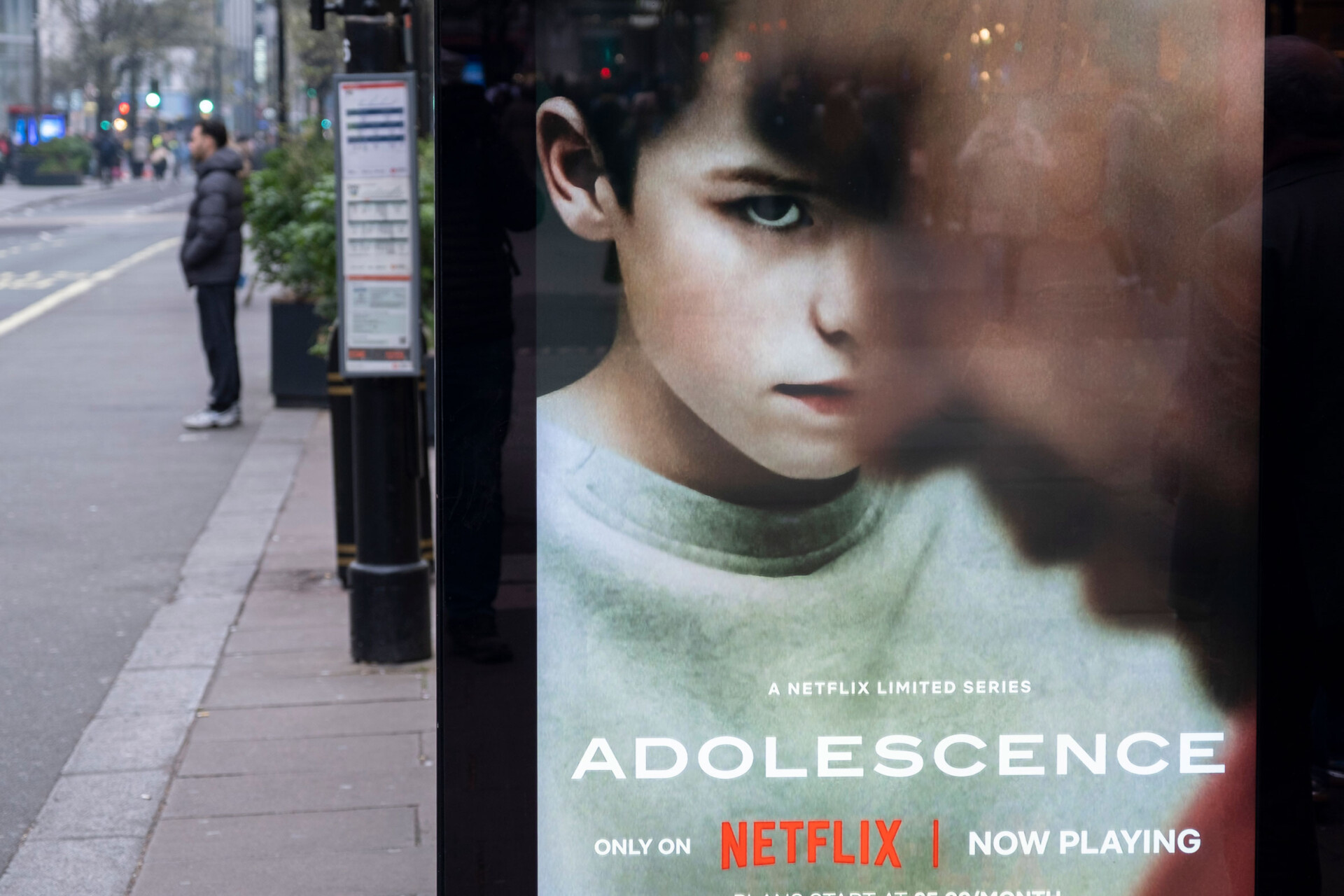
The Online Movement Ensnaring Young Men
Reporter James Bloodworth joins Faisal Al Yafai to discuss how developments in technology have left young men exposed to influencers like Andrew Tate, and his own brief experience with the manosphere.
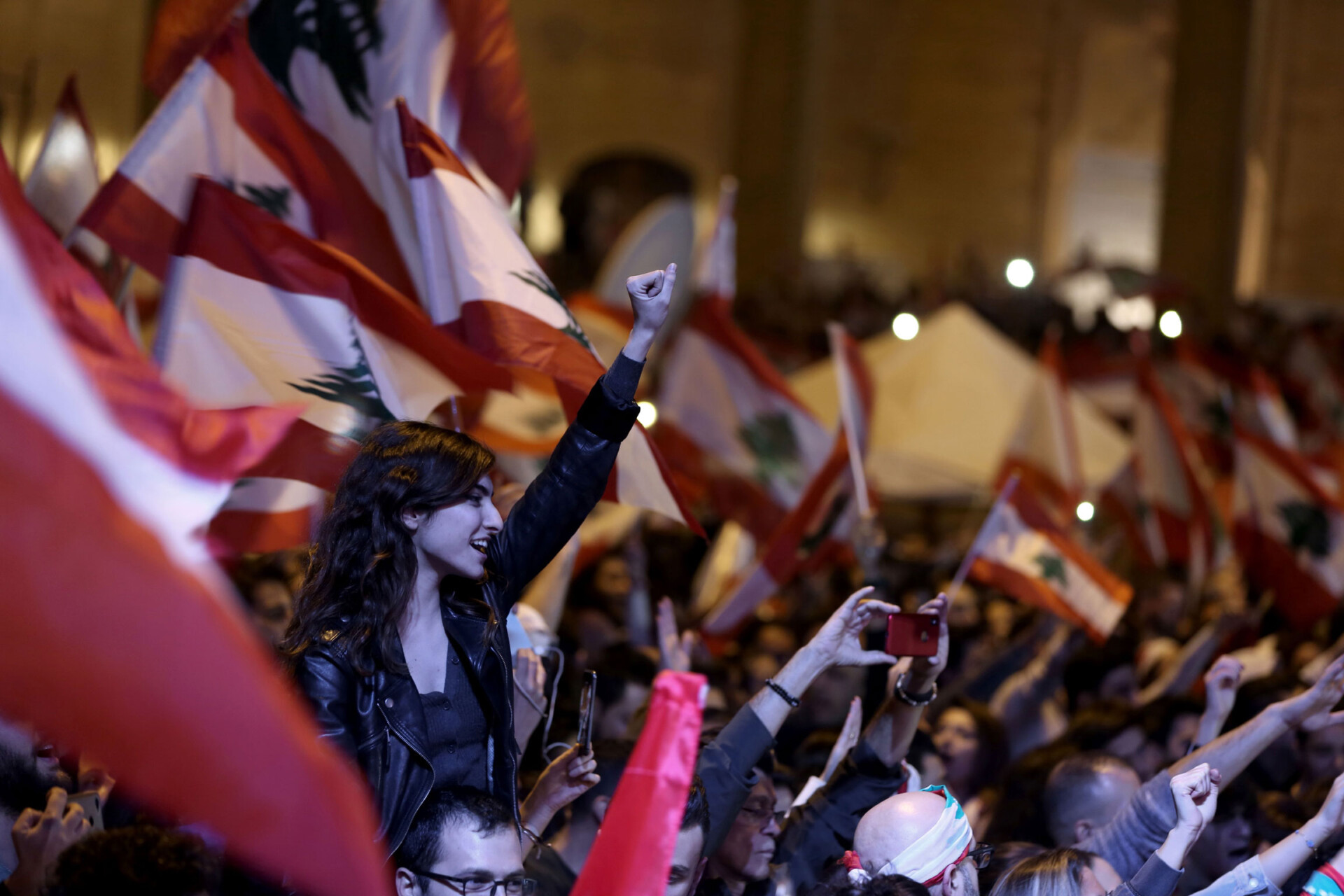
Why the Middle East’s Autocrats Are Losing Their Grip
Fawaz Gerges joins Faisal Al Yafai on the podcast for a wide-ranging discussion on why the Middle East is so often misunderstood.
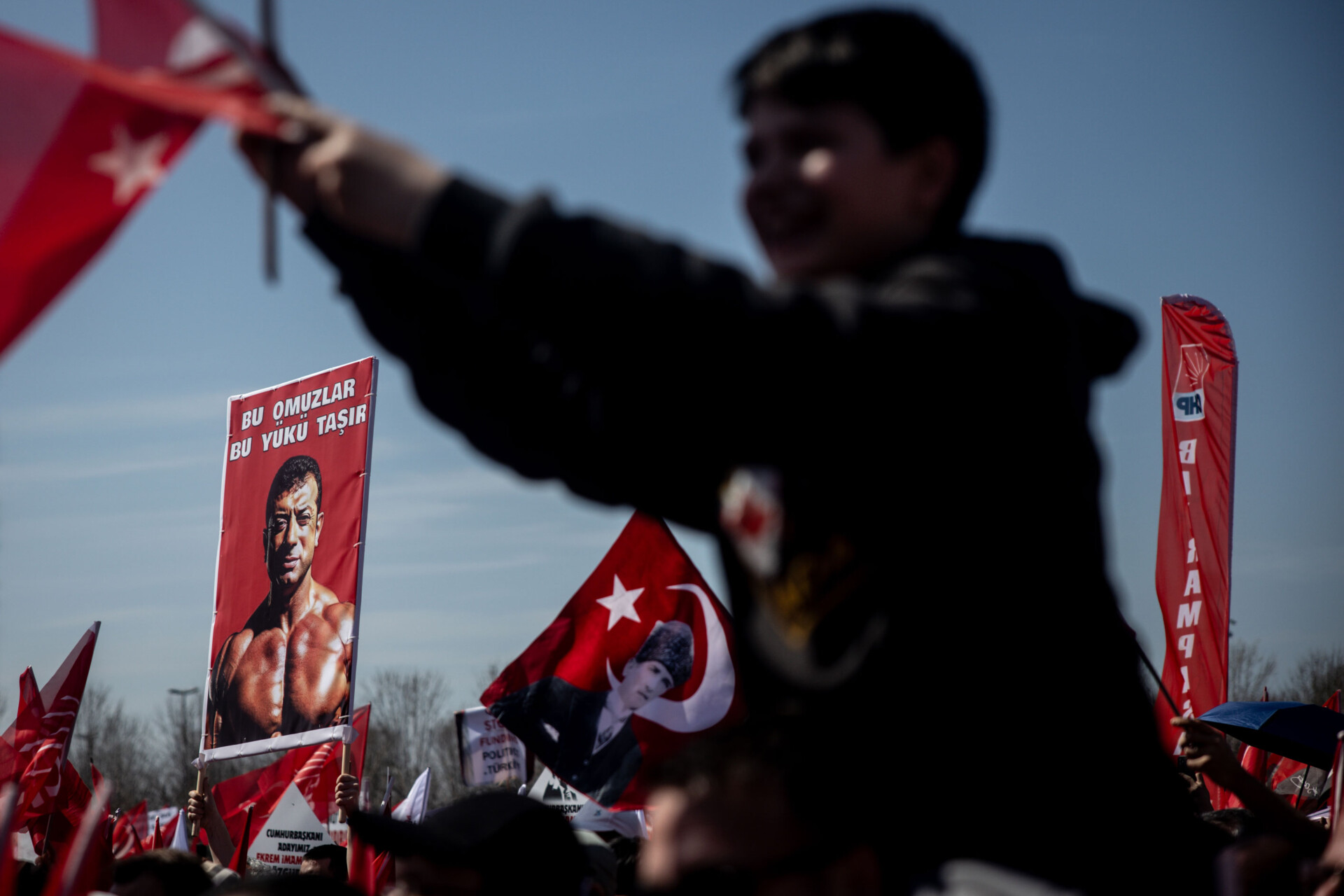
Turkey’s New Political Reality
Günöl Tol, founding director of the Middle East Institute’s Turkish studies program, and Diego Cupolo, editor in chief of Turkey Recap, join Kwangu Liwewe to discuss major developments in Turkish politics.
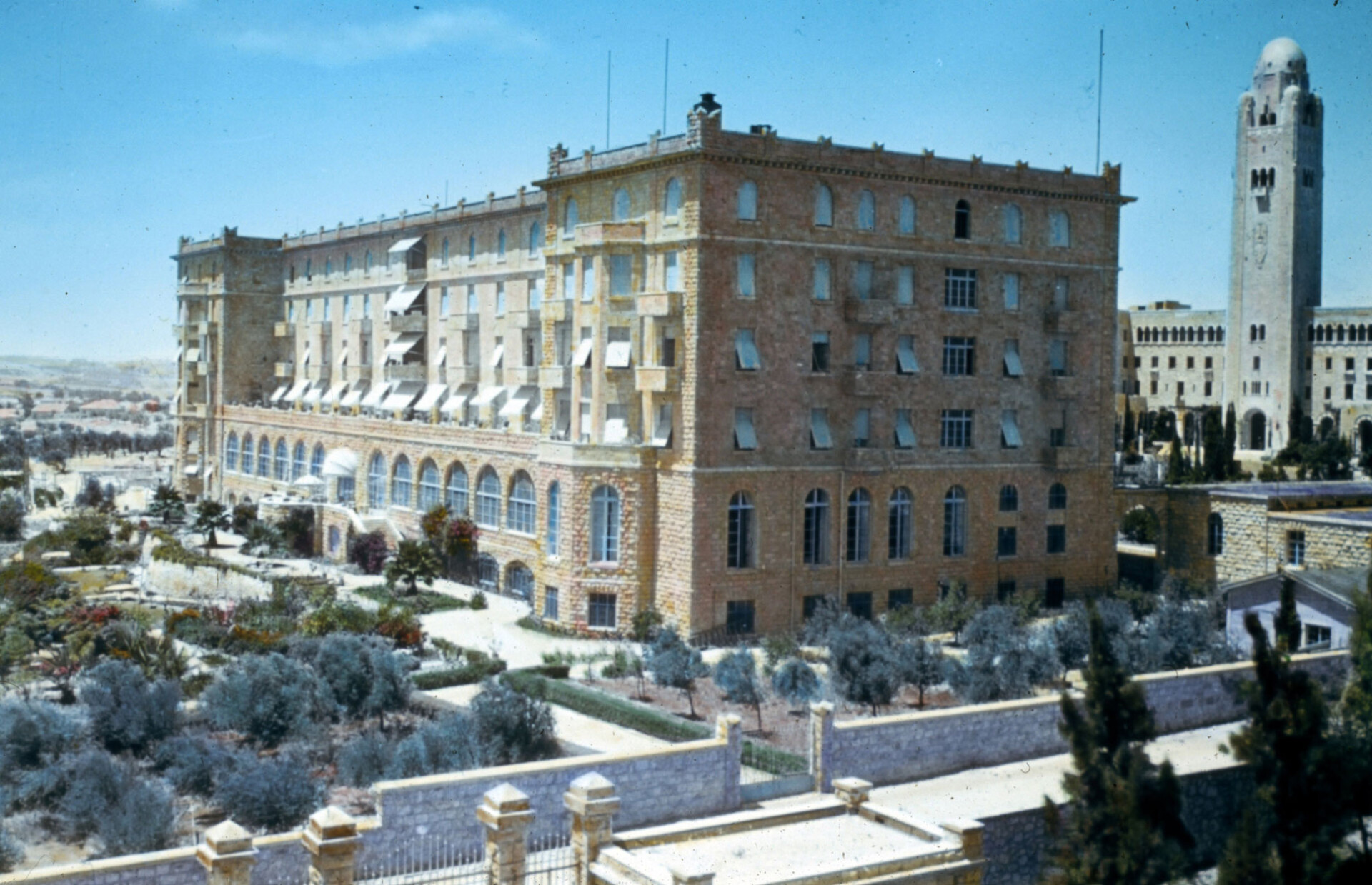
Jerusalem’s Impossible Friendship
Sonja Mejcher-Atassi joins New Lines’ Rasha Elass to discuss her new book, “An Impossible Friendship.”
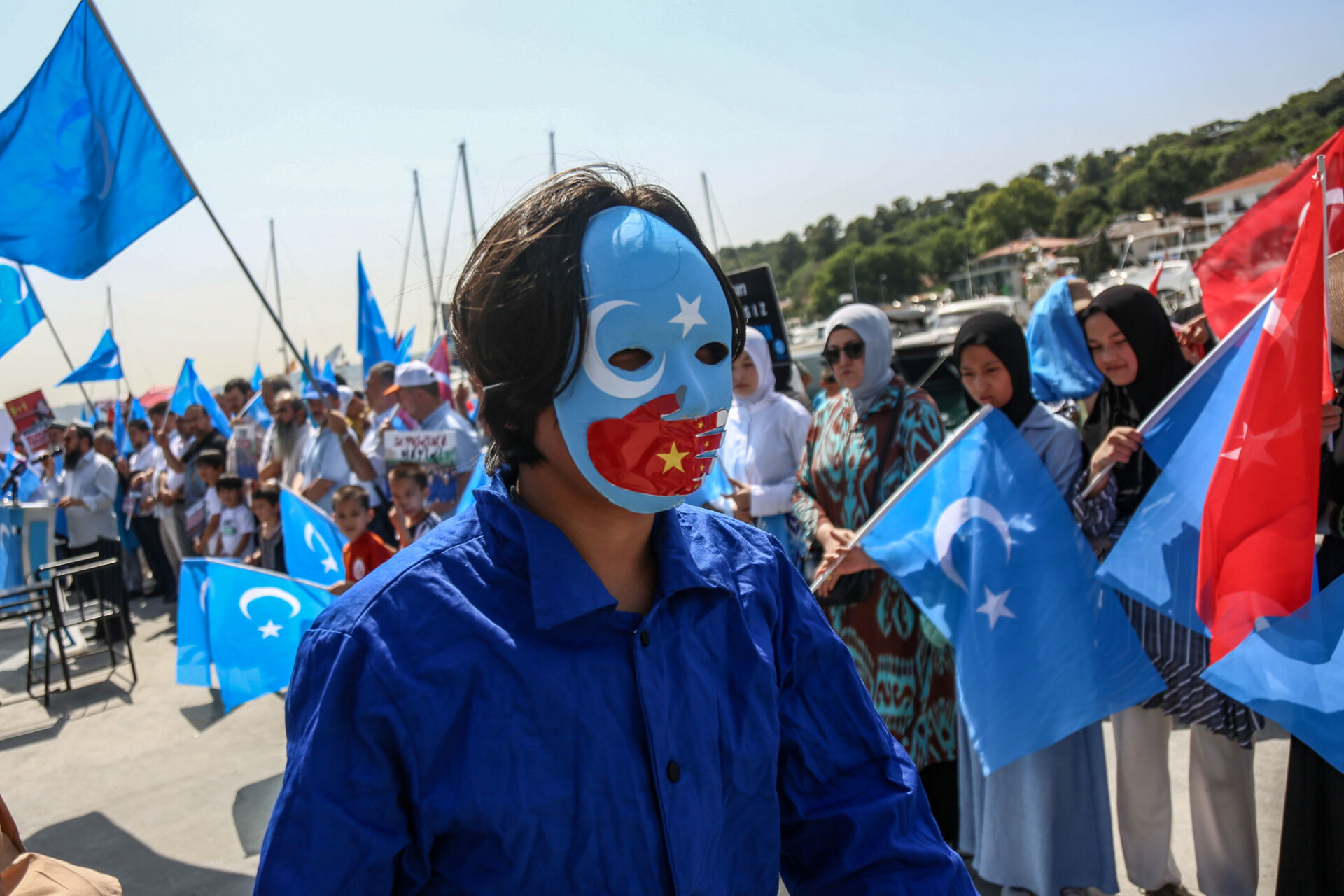
How To Tackle Abusive Governments
Kenneth Roth debates the complex strategic and moral issues surrounding the human rights movement with New Lines’ Finbar Anderson in a discussion on The Lede of Roth’s new book, “Righting Wrongs: Three Decades on the Front Lines Battling Abusive Governments.”
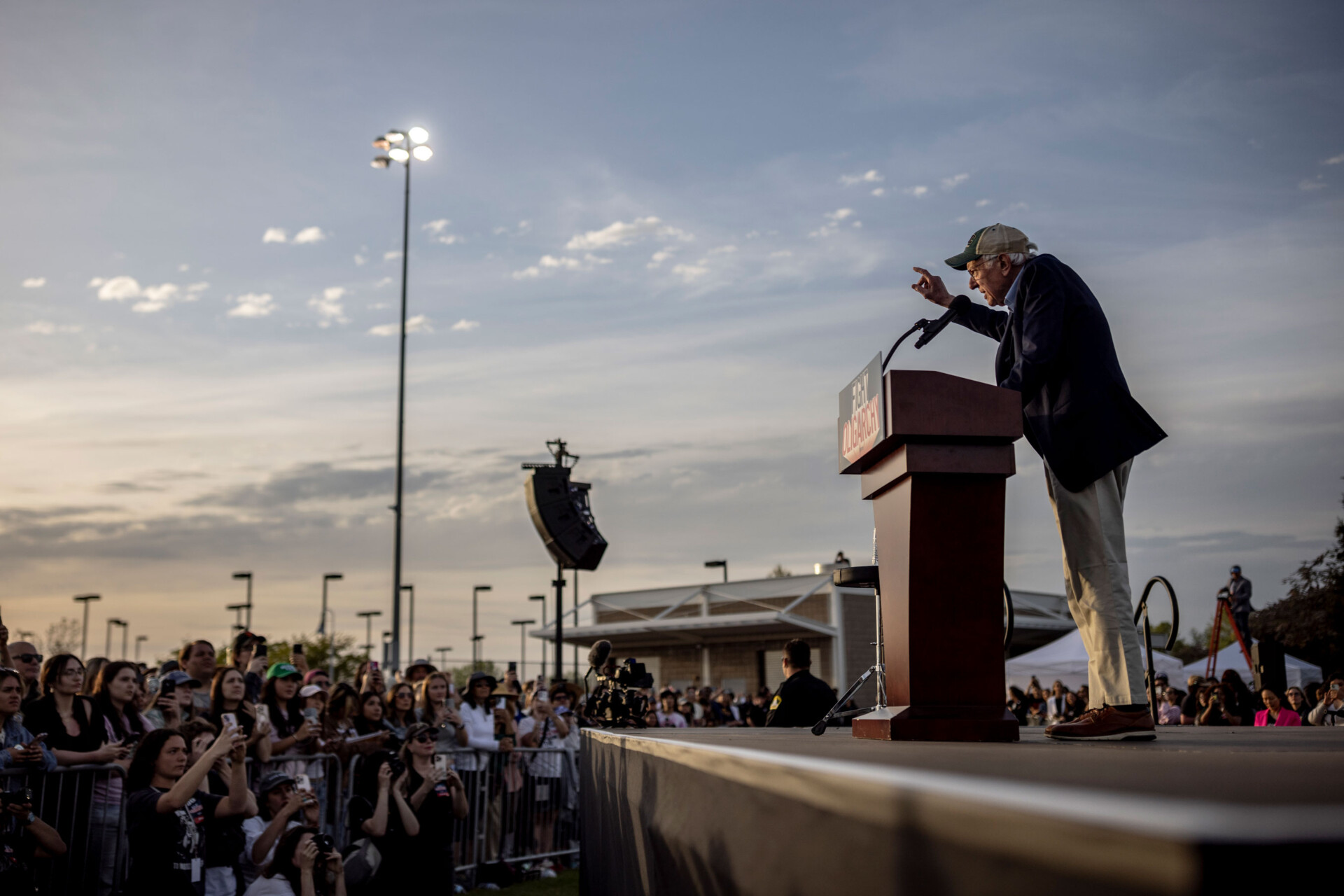
Can the Democrats Find Their Voice?
Can terms like “oligarchy” fully describe Donald Trump’s presidency, and can they drive resistance to it? Featuring Faisal Al Yafai, the writer Sarah Chayes and New Lines’ Politics Editor Danny Postel.
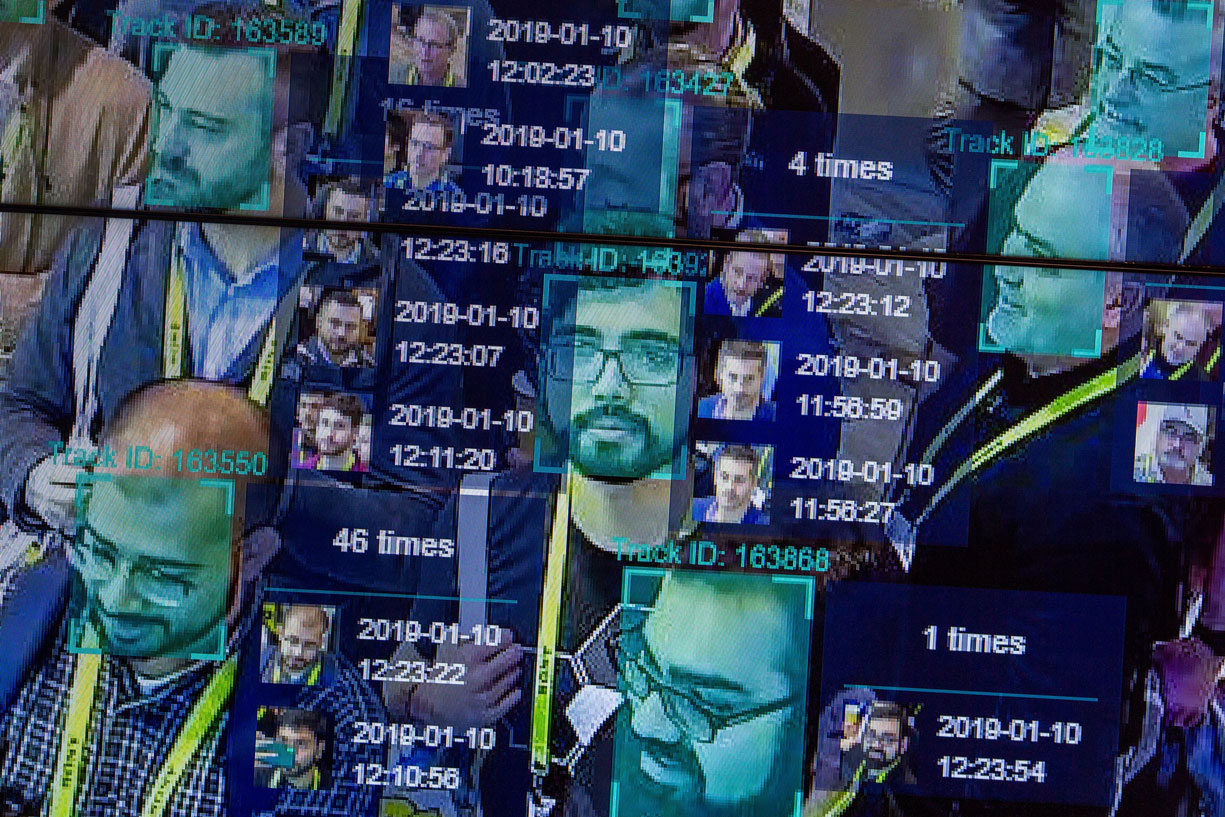
AI’s Very Human Biases
New Lines’ Faisal Al Yafai wonders if making AI models that are truly fair for all users and uses can be possible. Hilke Schellmann joins to offer insights from her book “The Algorithm.”
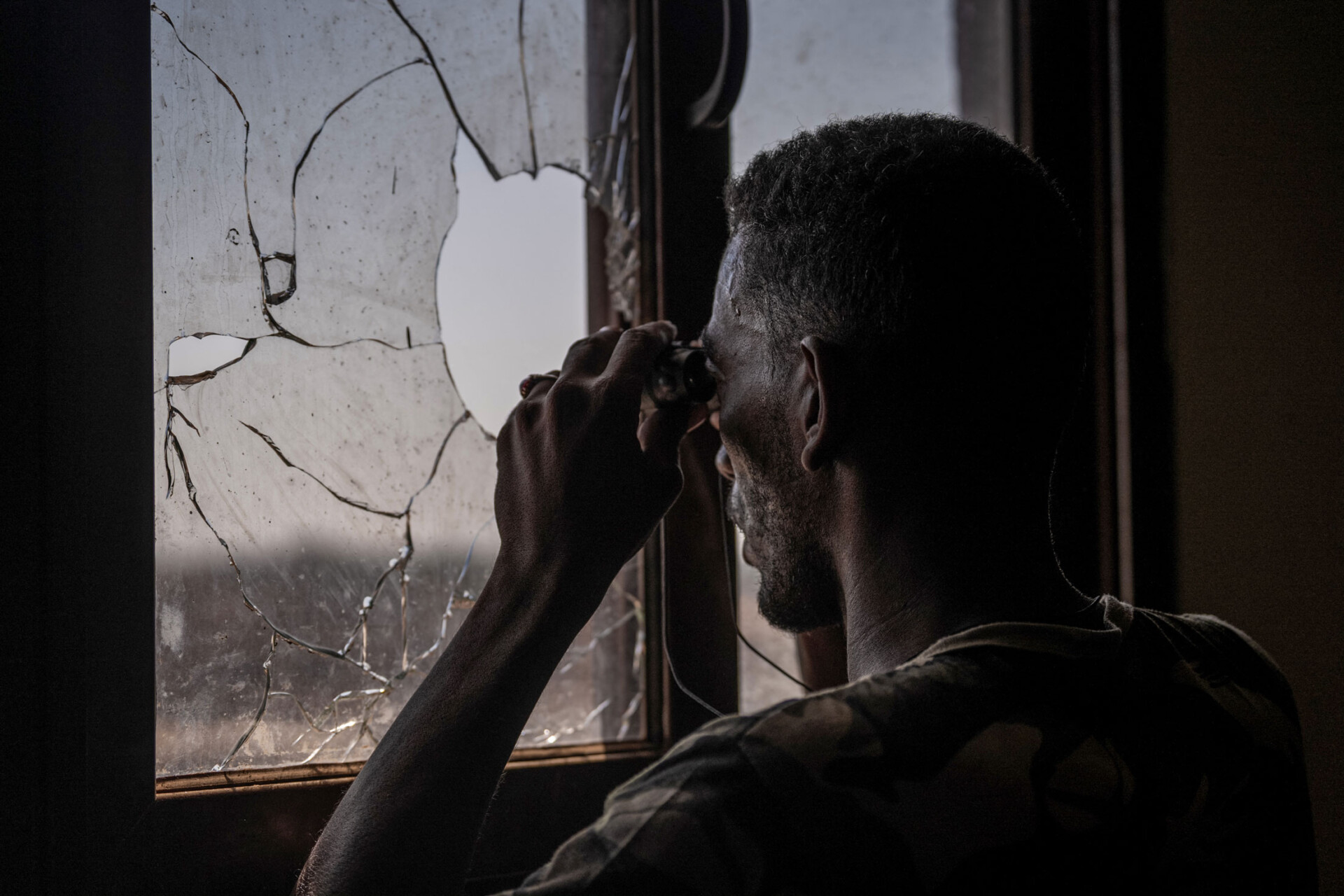
Sudan in the Spotlight
Editor and researcher Raga Makawi and former nonresident fellow at the Tahrir Institute for Middle East Policy Hamid Murtada discuss the situation in Sudan two years after the outbreak of the civil war.
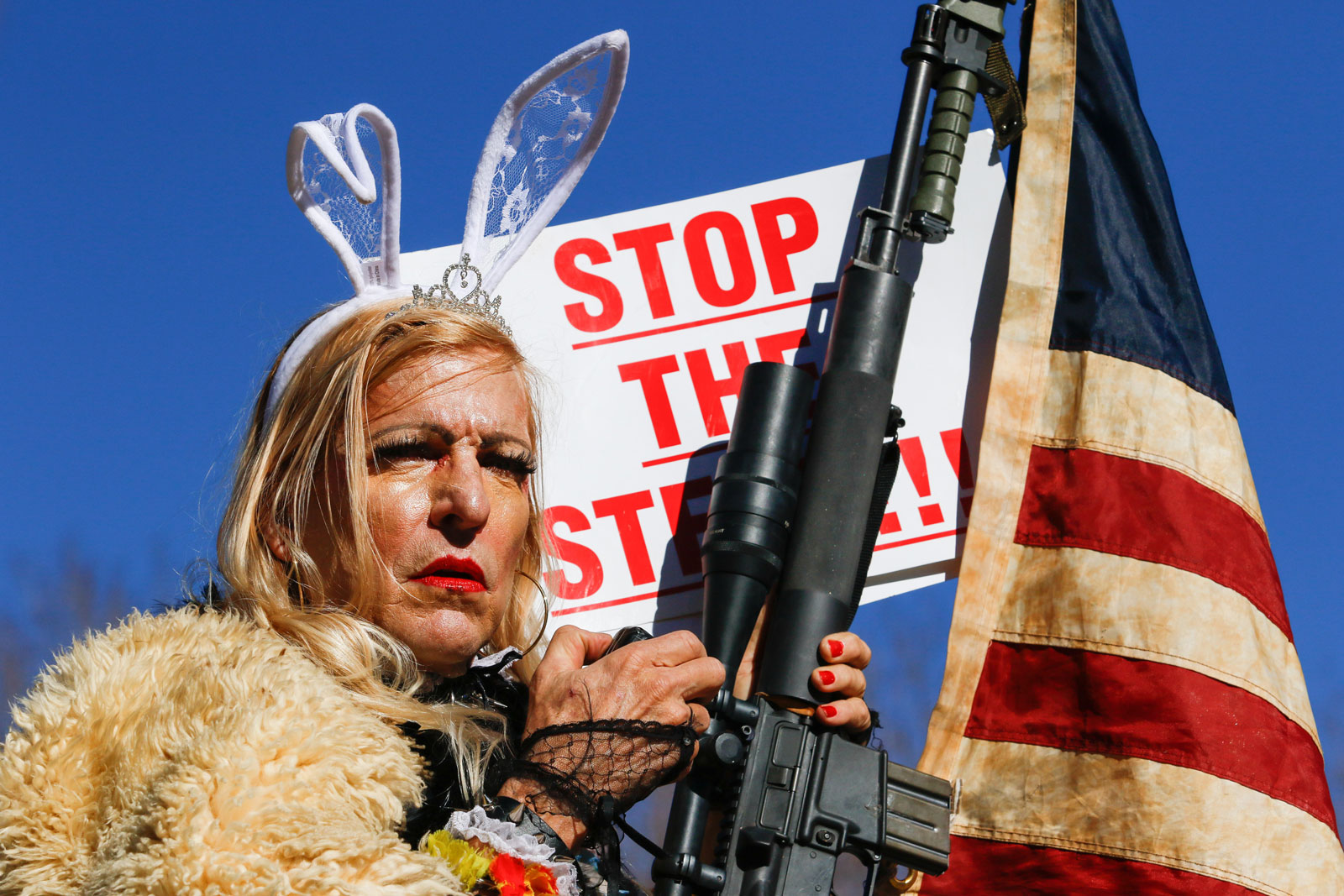
How America’s Margins Became the Mainstream
Journalist Gabriel Gatehouse joins New Lines’ Faisal Al Yafai to discuss how exploring America’s fringe movements is the key to understanding the modern United States.
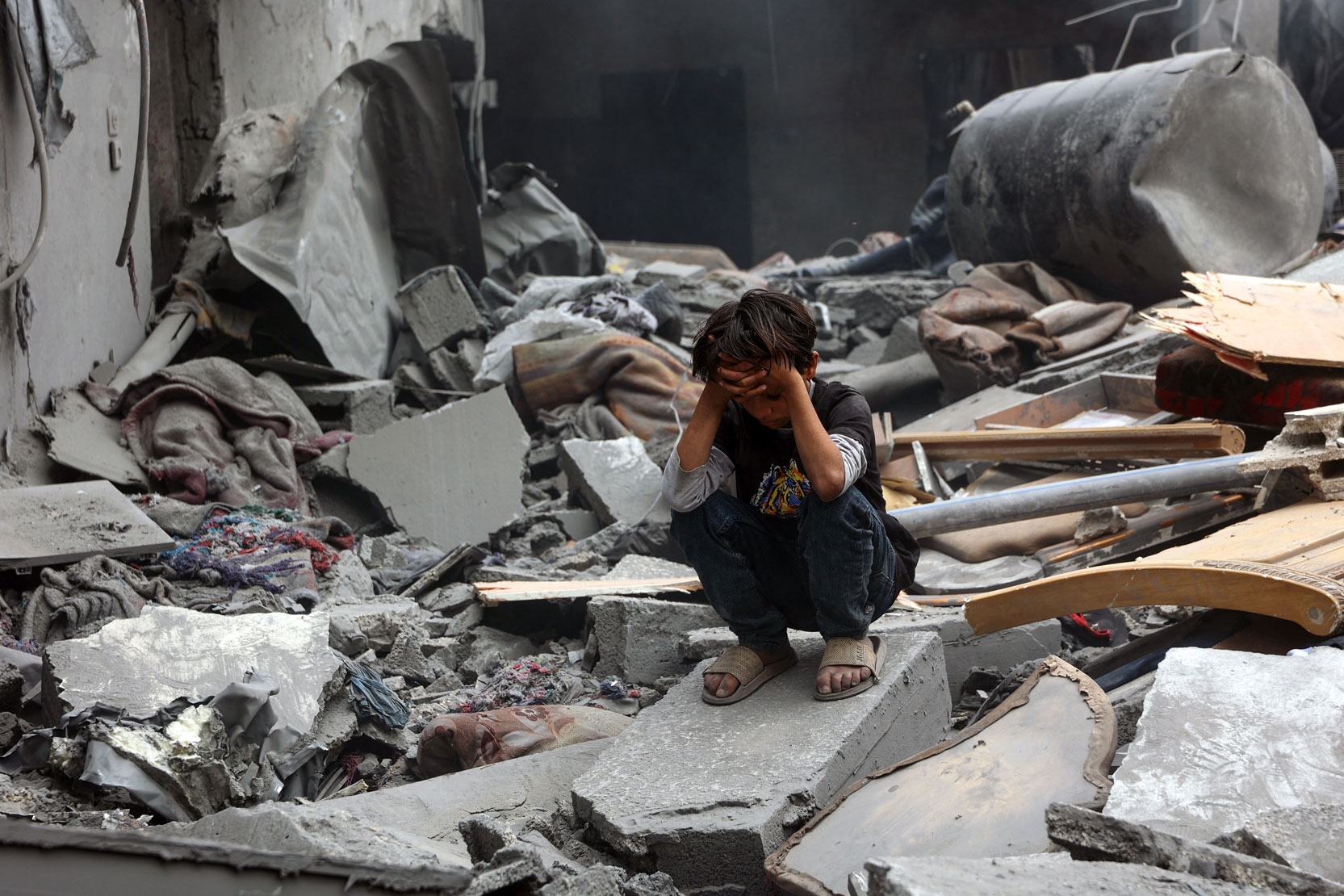
The War We Don’t See — with Arwa Damon
Journalist and humanitarian Arwa Damon returns to the podcast to discuss why she was recently denied entry into Gaza, the reasons why wars vanish from the public eye, and the personal cost of her years witnessing conflict.
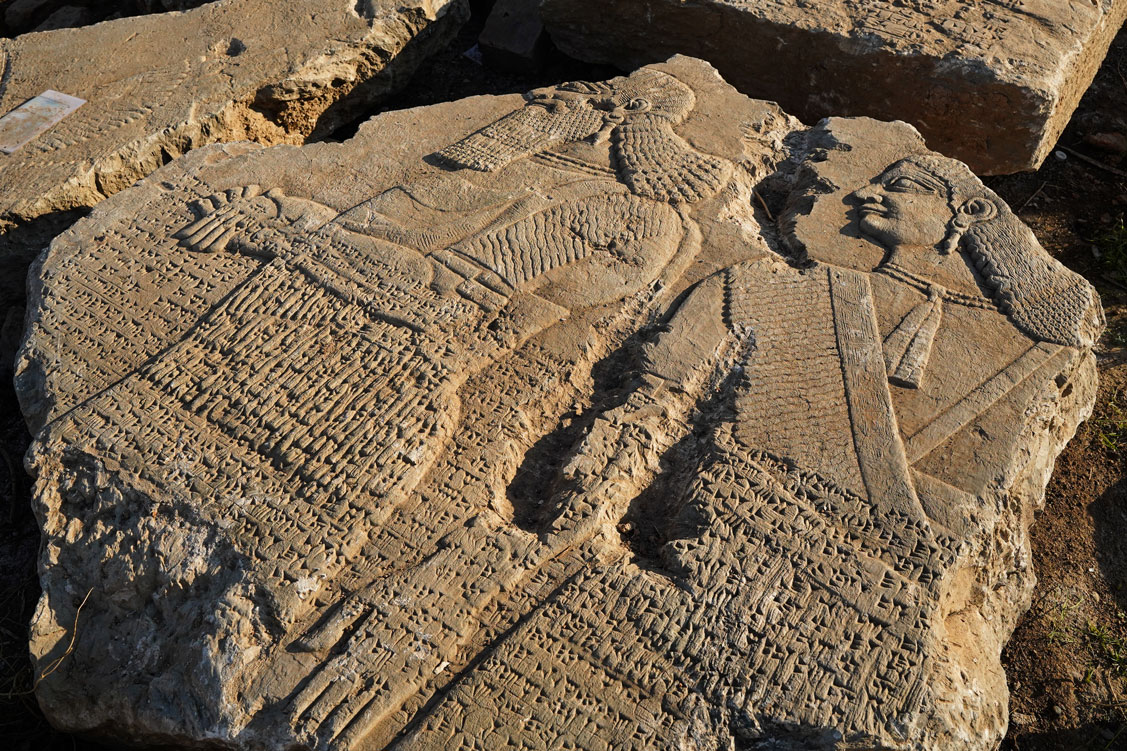
A Lost Library Holds Secrets to Our Past
Historian Selena Wisnom and New Lines’ Lydia Wilson discuss why ancient Mesopotamia is such an important, but underlooked, part of the West’s heritage.
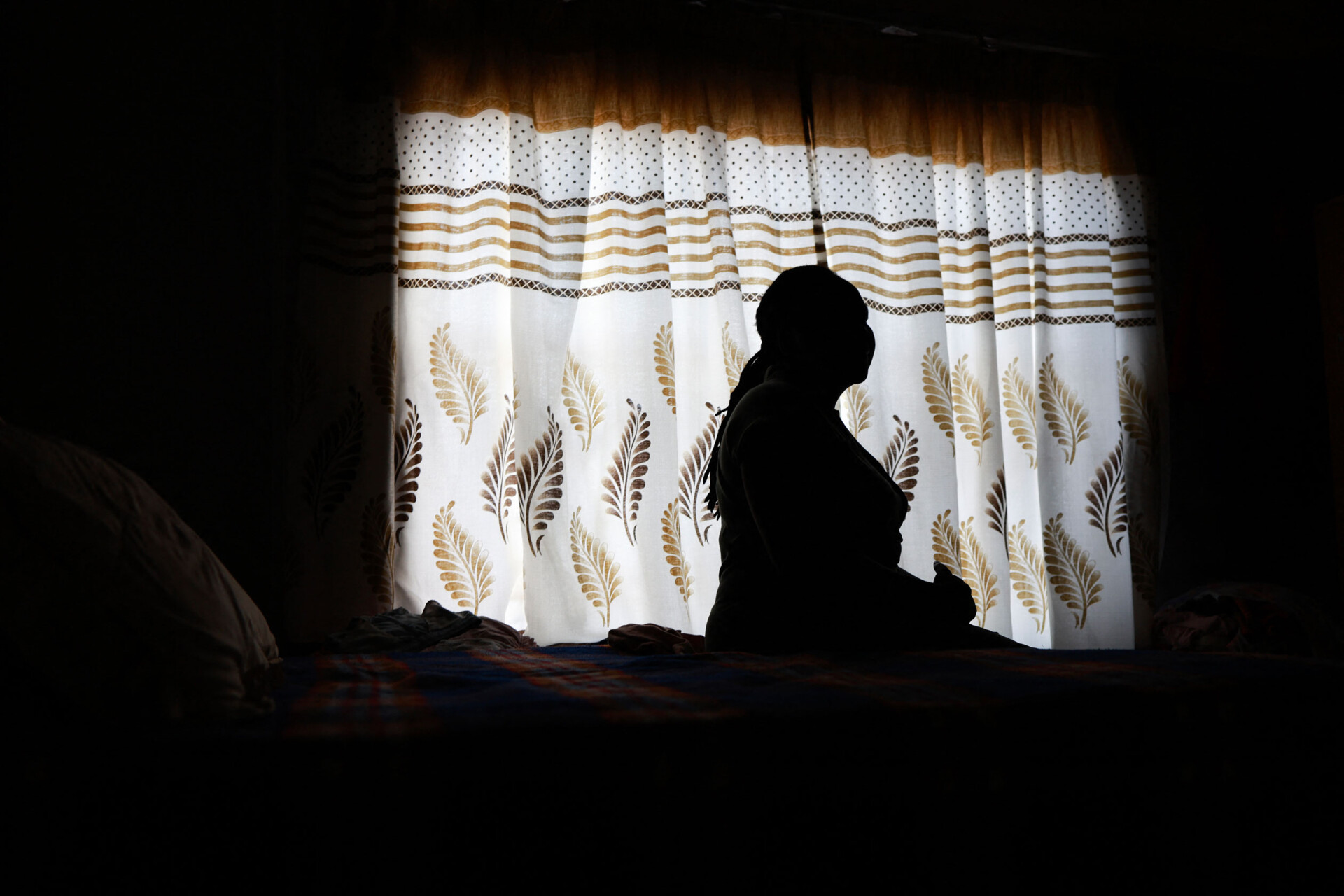
The Real Impact of USAID Cuts on Africa
Economist James Shikwati and New Lines’ North Africa Editor Erin Brown consider the impact of drastic cuts to American aid in Africa on this episode of Global Insights on The Lede, hosted by Kwangu Liwewe.
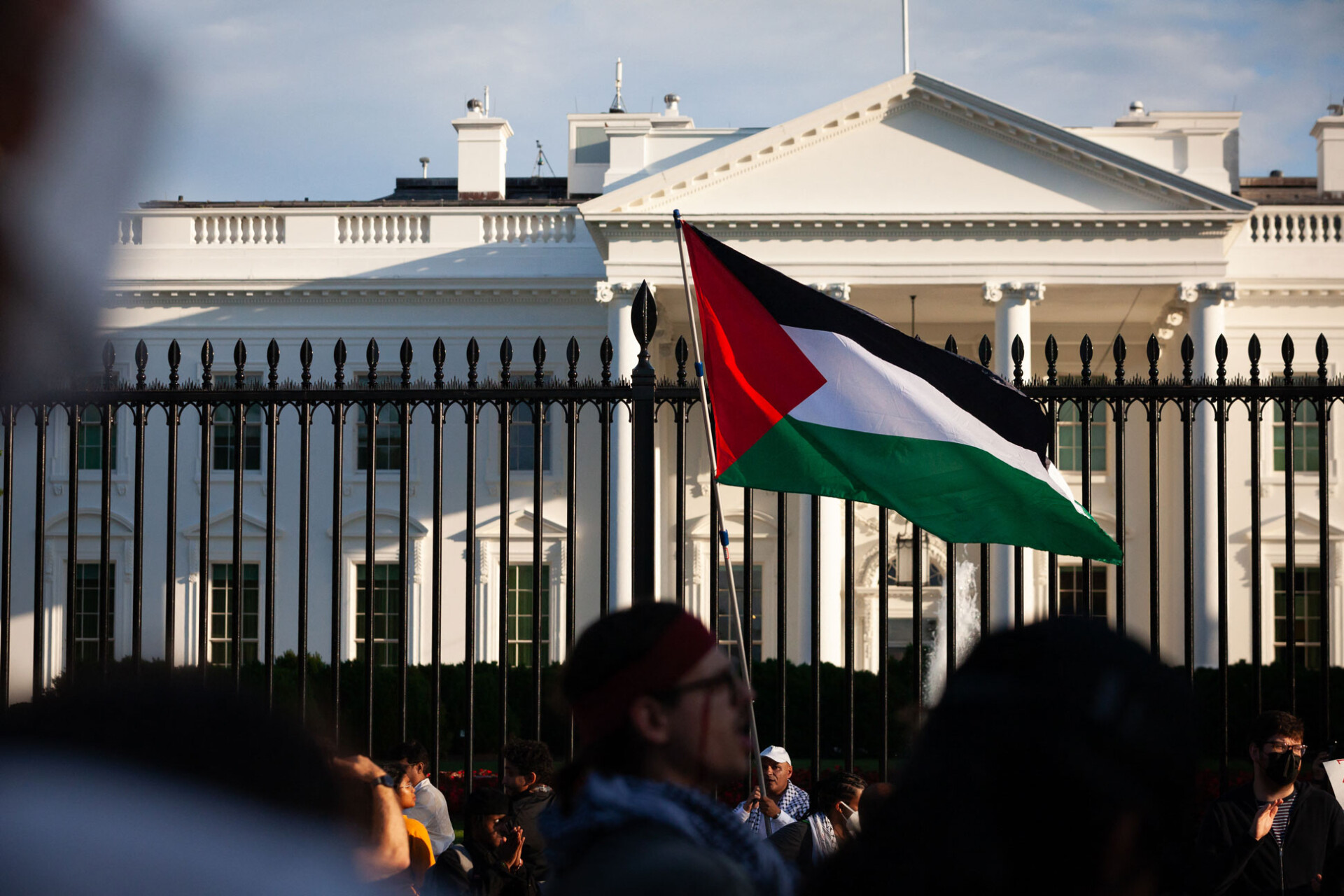
Gaza and the Fall of Western Idealism
Acclaimed writer and journalist Omar El Akkad joins Faisal Al Yafai for a frank, difficult and moving discussion about the personal impact and wider implications of the war in Gaza.

The Reality Behind the Trump Show
Joining Faisal Al Yafai on this episode of The Lede to explore the optics and ideas behind Donald Trump’s presidency are the Financial Times’ Berlin correspondent Laura Pitel, historian Alex Hobson and New Lines’ Politics Editor Danny Postel.
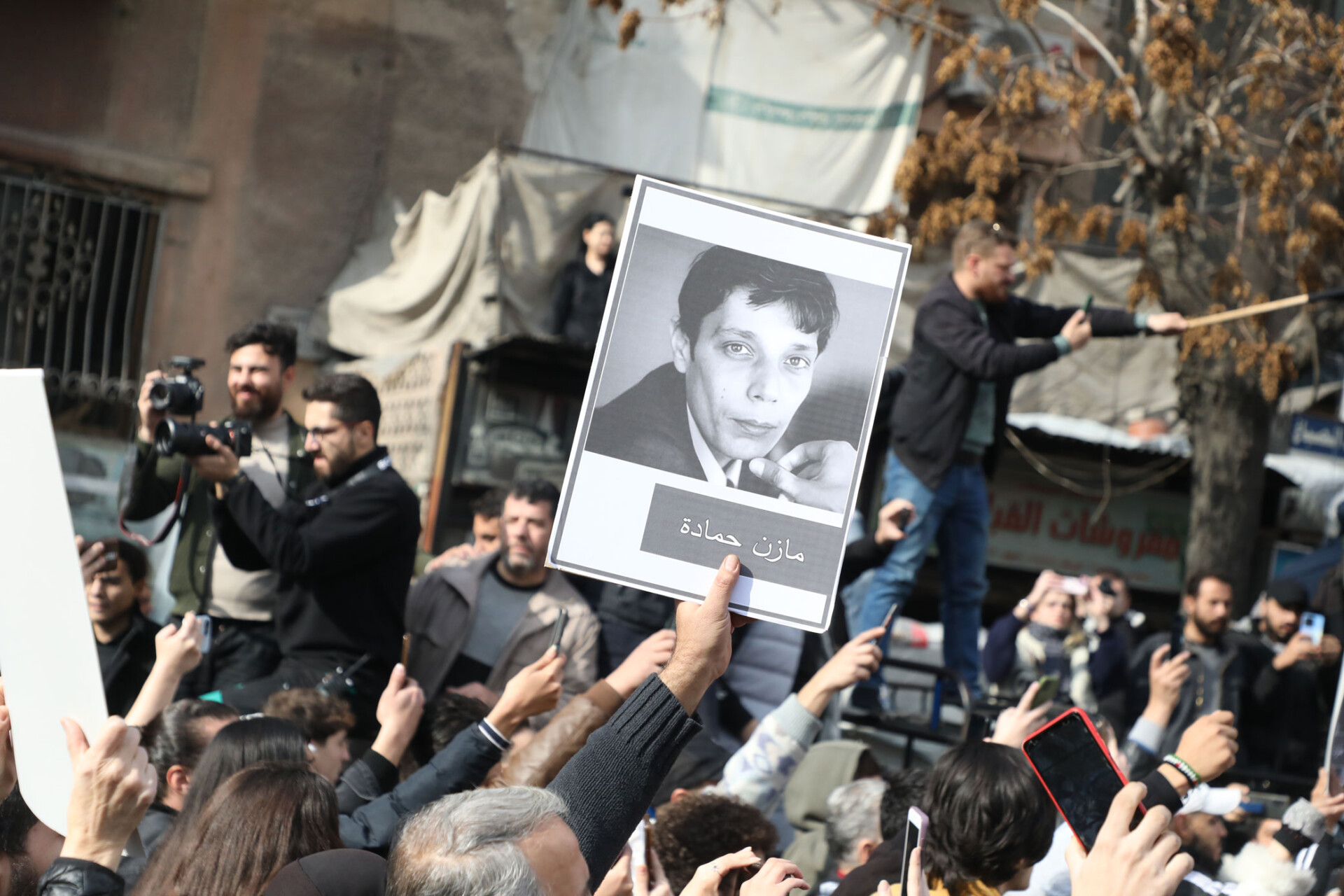
After War, What Does Justice Look Like?
Janine di Giovanni, executive director of The Reckoning Project, joins New Lines’ Faisal Al Yafai on the podcast after returning from a trip to Syria, as does New Lines’ Middle East Editor Kareem Shaheen.
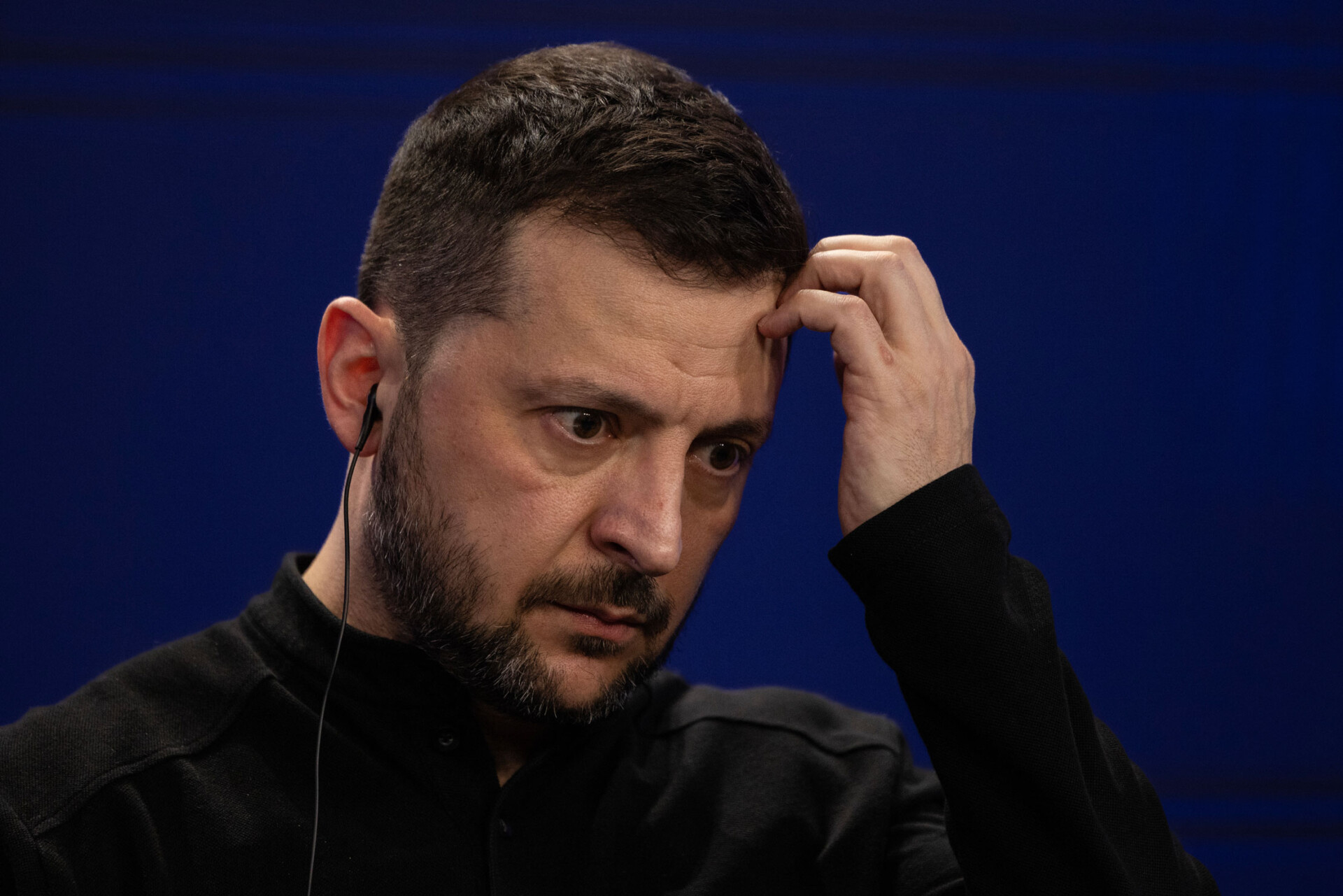
Ukraine’s Dilemma
Mykhaylo Shtekel and Amie Ferris-Rotman join Kwangu Liwewe on Global Insights to discuss how American President Donald Trump’s upending of established alliances has presented Ukraine with a dilemma.

AI Is Transforming Geopolitics — with Bruno Maçães and Faisal Al Yafai
On this week’s episode of The Lede, philosopher, politician and New Statesman columnist Bruno Maçães tells New Lines’ Faisal Al Yafai how the battle lines are being drawn in a virtual world, and how the builders of the strongest AI language models will be the true power brokers of the future.

Fakirs and Holy Men: Mysticism in America, Europe and the Middle East — with Raphael Cormack and Finbar Anderson
Raphael Cormack tells New Lines’ Finbar Anderson about the mystics who fused elements of the spiritual and the modern to build huge followings from Beirut to New York in the early 20th century, as described in his new book “Holy Men of the Electromagnetic Age: A Forgotten History of the Occult.”

America’s Era of the Entrepreneur — with Erik Baker and Faisal Al Yafai
Erik Baker, author of “Make Your Own Job: How the Entrepreneurial Work Ethic Exhausted America,” tells New Lines’ Faisal Al Yafai how the culture of entrepreneurialism came to dominate modern America.
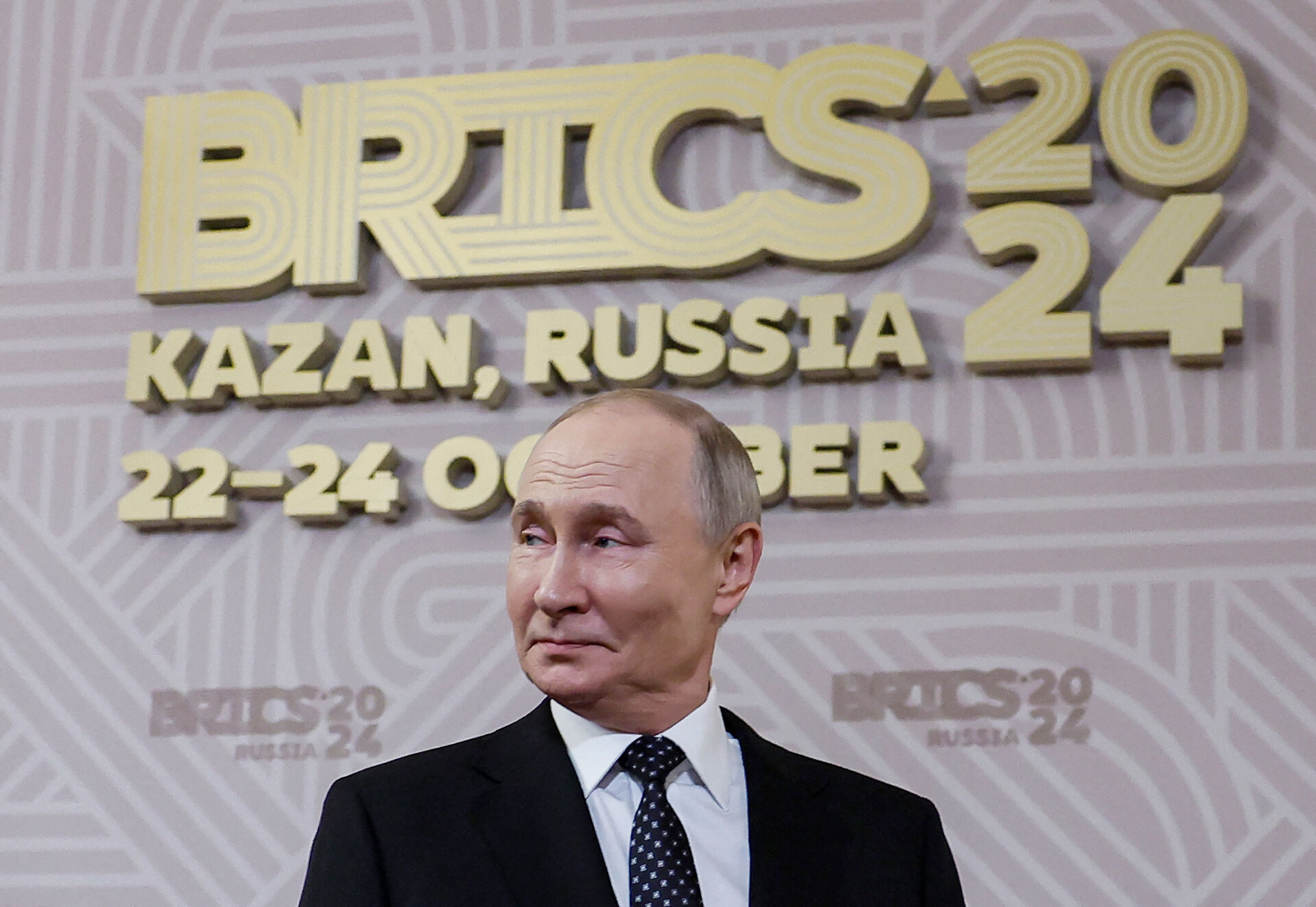
Alliances, Antagonism and Ambitions: Inside the BRICS Group — with Gustavo de Carvalho and Kwangu Liwewe
Kwangu Liwewe discusses the poorly understood BRICS group with Gustavo de Carvalho, a senior researcher at the South African Institute of International Affairs.
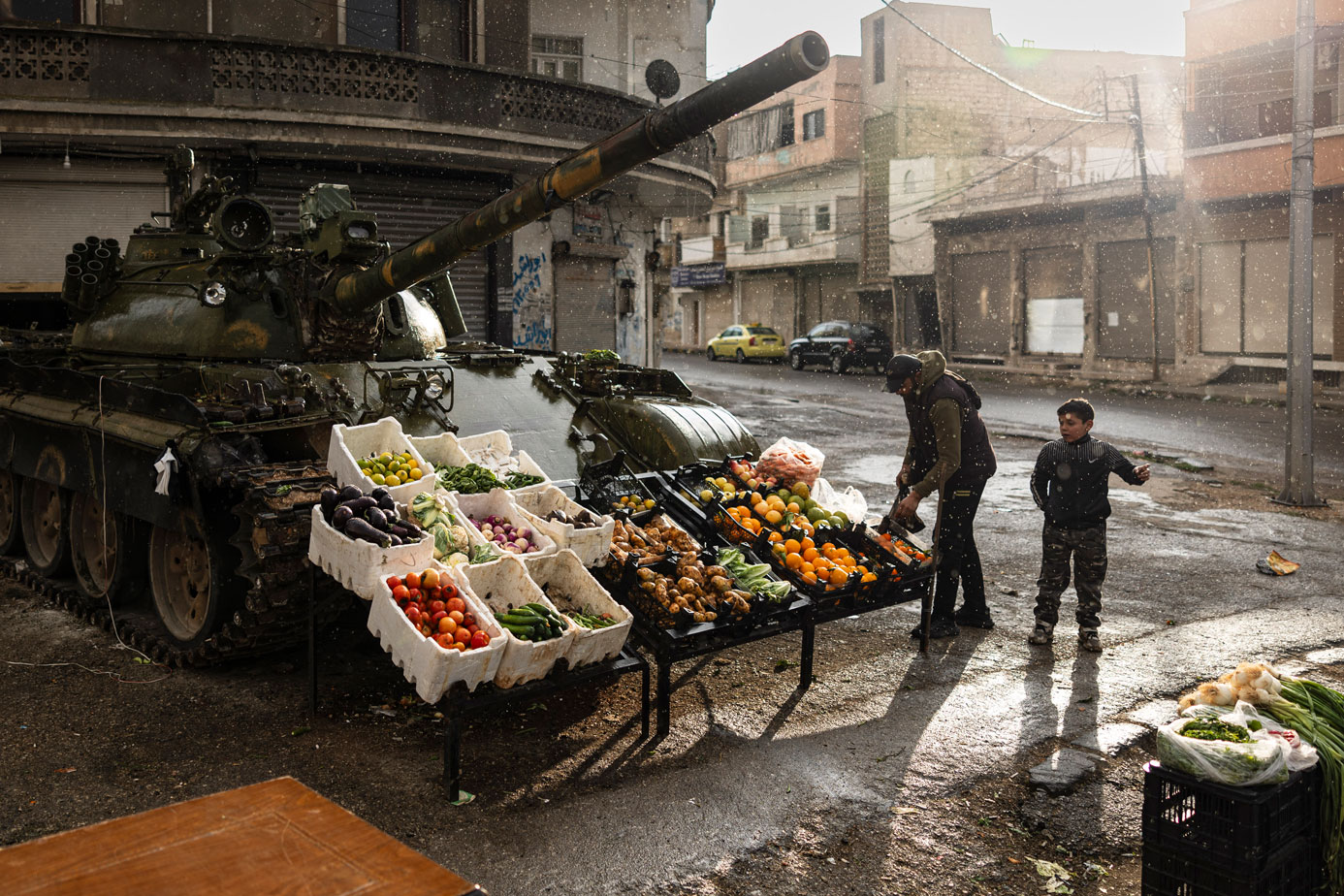
House and Home in Syria and in Exile — with Ammar Azzouz, Wendy Pearlman and Lydia Wilson
Ammar Azzouz, author of “Domicide: Architecture, War and the Destruction of Home in Syria,” and Wendy Pearlman, author of “The Home I Worked To Make: Voices From the New Syrian Diaspora,” join New Lines’ Lydia Wilson on The Lede to discuss how conflict and exile have shaped Syrians’ idea of home, and how that might change in an uncertain future.

The Decline of the American Empire — with Robert Kaplan and Faisal Al Yafai
Journalist and author Robert Kaplan joins New Lines’ Faisal Al Yafai on The Lede for a discussion on realism, the Iraq War and the causes behind the decline of the American empire.
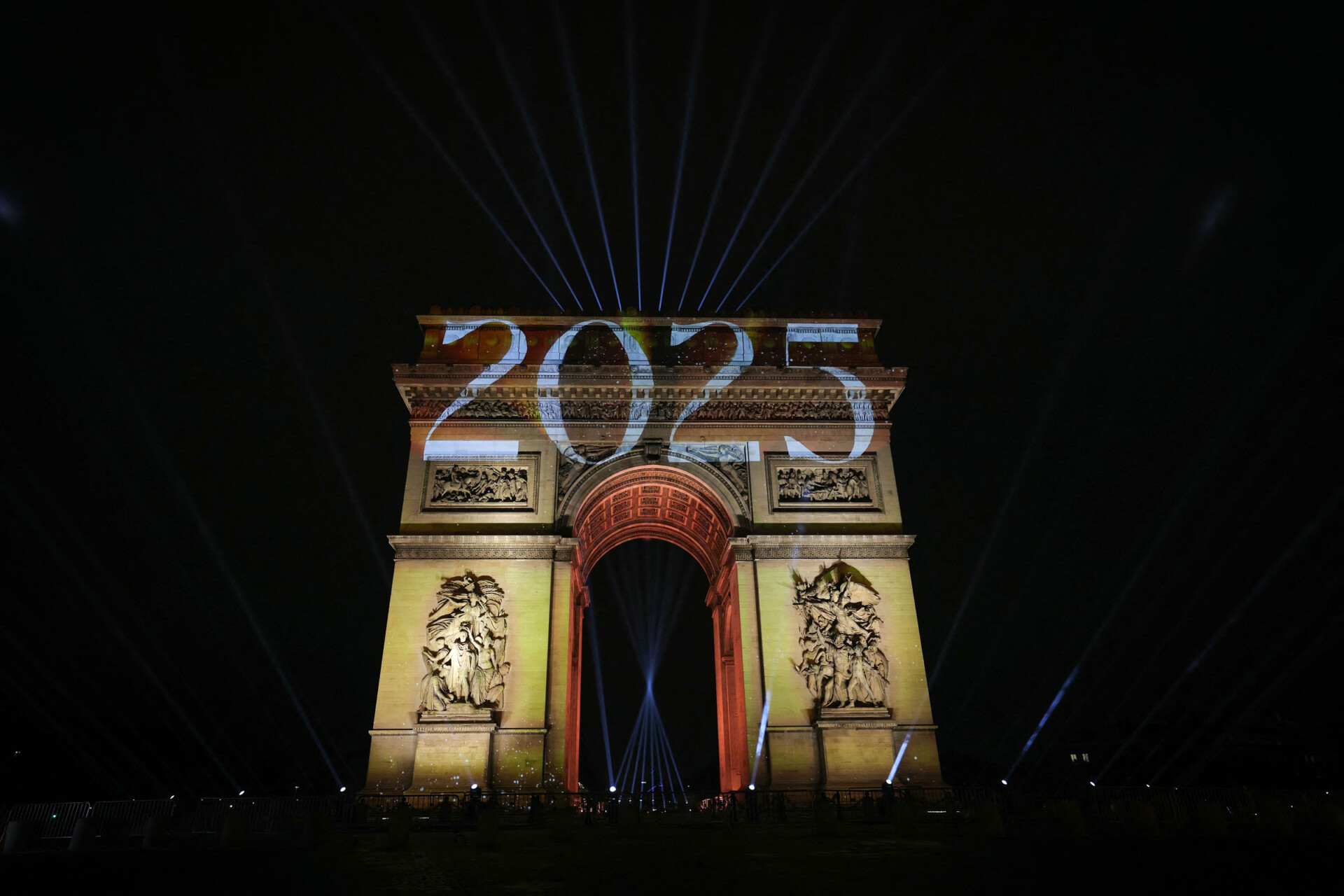
Looking Ahead in 2025 — with Kareem Shaheen, Lisa Goldman, Danny Postel and Faisal Al Yafai
Kareem Shaheen, Lisa Goldman, Danny Postel and Faisal Al Yafai consider the upcoming second Donald Trump presidency, the conflicts in Gaza and Ukraine, possible turbulence in Europe and the future for Syria.
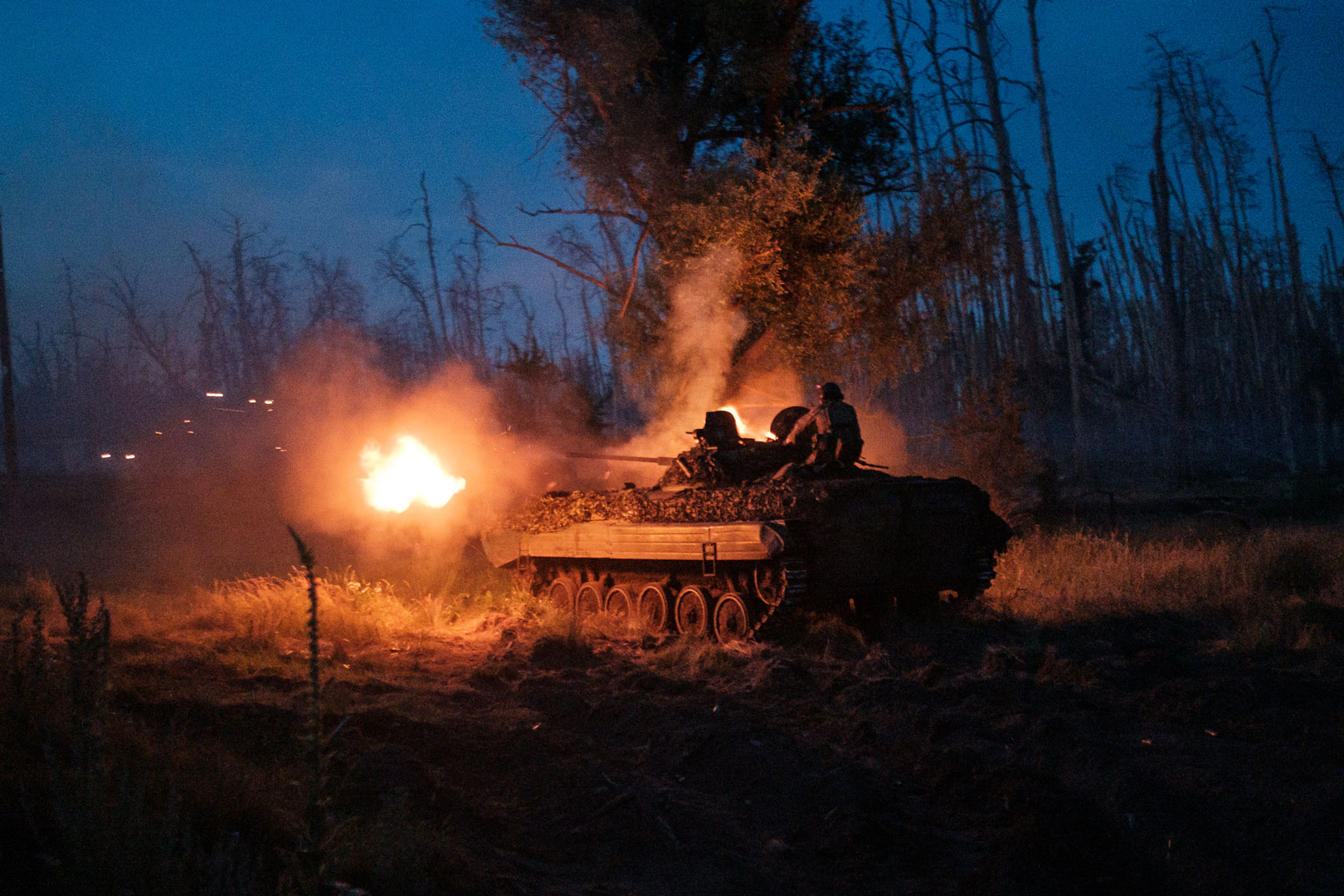
How To End the Forever Wars — with Mary Kaldor and Lydia Wilson
Returning guest of the podcast Mary Kaldor joins New Lines’ Lydia Wilson for a discussion on how to end the various intractable wars still raging in 2025, from Gaza to Ukraine.

Listen Again: Soccer’s Rising Stars of African Origin — with Ponga Liwewe, Segun Odegbami and Kwangu Liwewe
On this episode of the podcast, host Kwangu Liwewe discusses the inexorable rise of soccer stars of African origin with former Nigeria player Segun “The Mathematical” Odegbami and soccer journalist Ponga Liwewe.

From Deadly Desserts to Hawaiian Pizza: Culinary Origin Stories and the 2024 Christmas Quiz — with Erin Brown, Ola Salem, Surbhi Gupta and Kareem Shaheen
New Lines’ most culinary-minded editors discuss the mysterious, thrilling and sometimes bloody origin stories of their favorite dishes, and go head-to-head in the annual Christmas quiz.
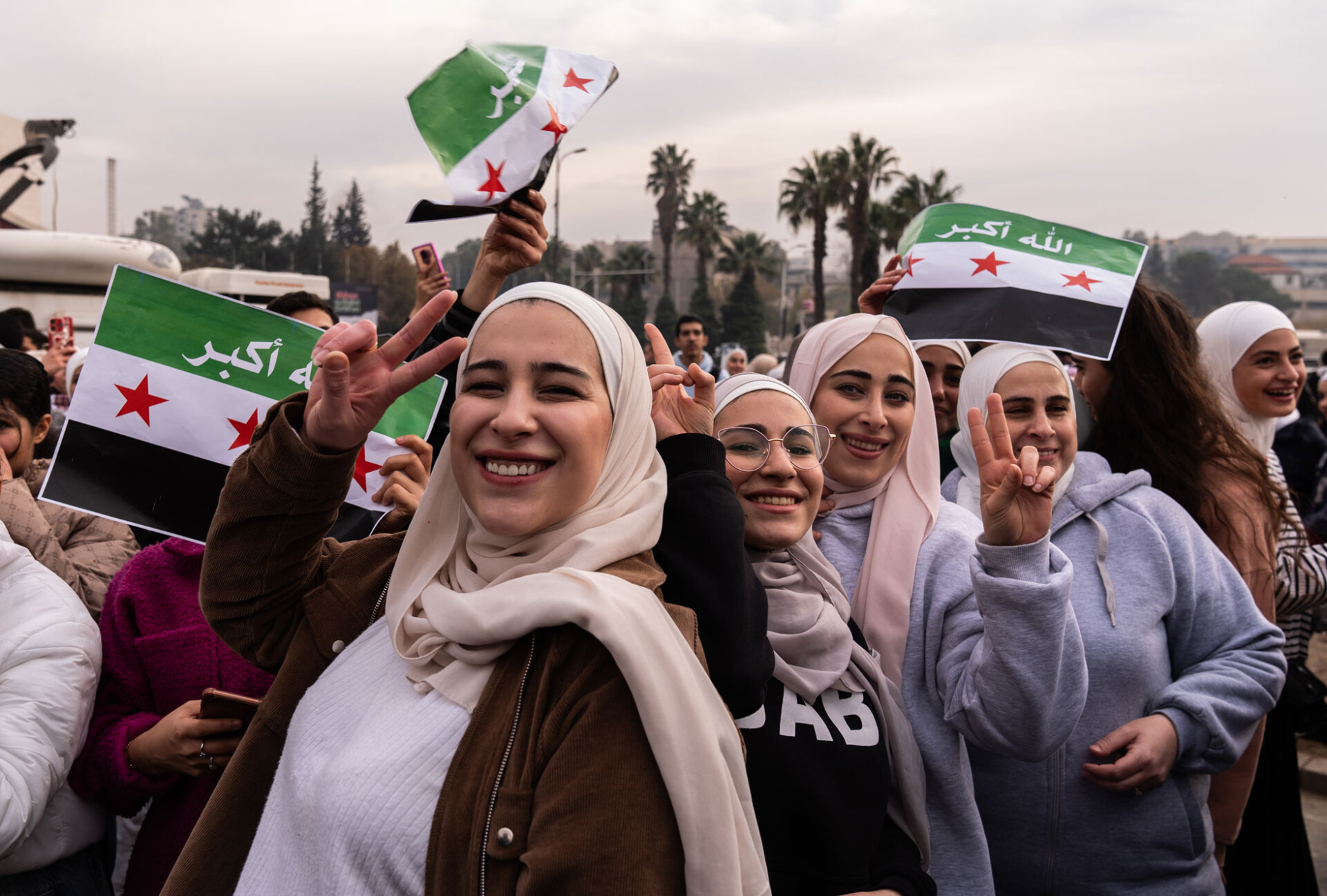
The End of Assad and a New Era for Syria — with Kareem Shaheen, Rasha Elass and Faisal Al Yafai
New Lines’ Middle East Editor Kareem Shaheen and Editorial Director Rasha Elass join Faisal Al Yafai on The Lede to discuss how the Assad regime’s collapse happened so quickly, the terrible symbolism of the Sednaya prison complex, and what’s next for Syria’s future.
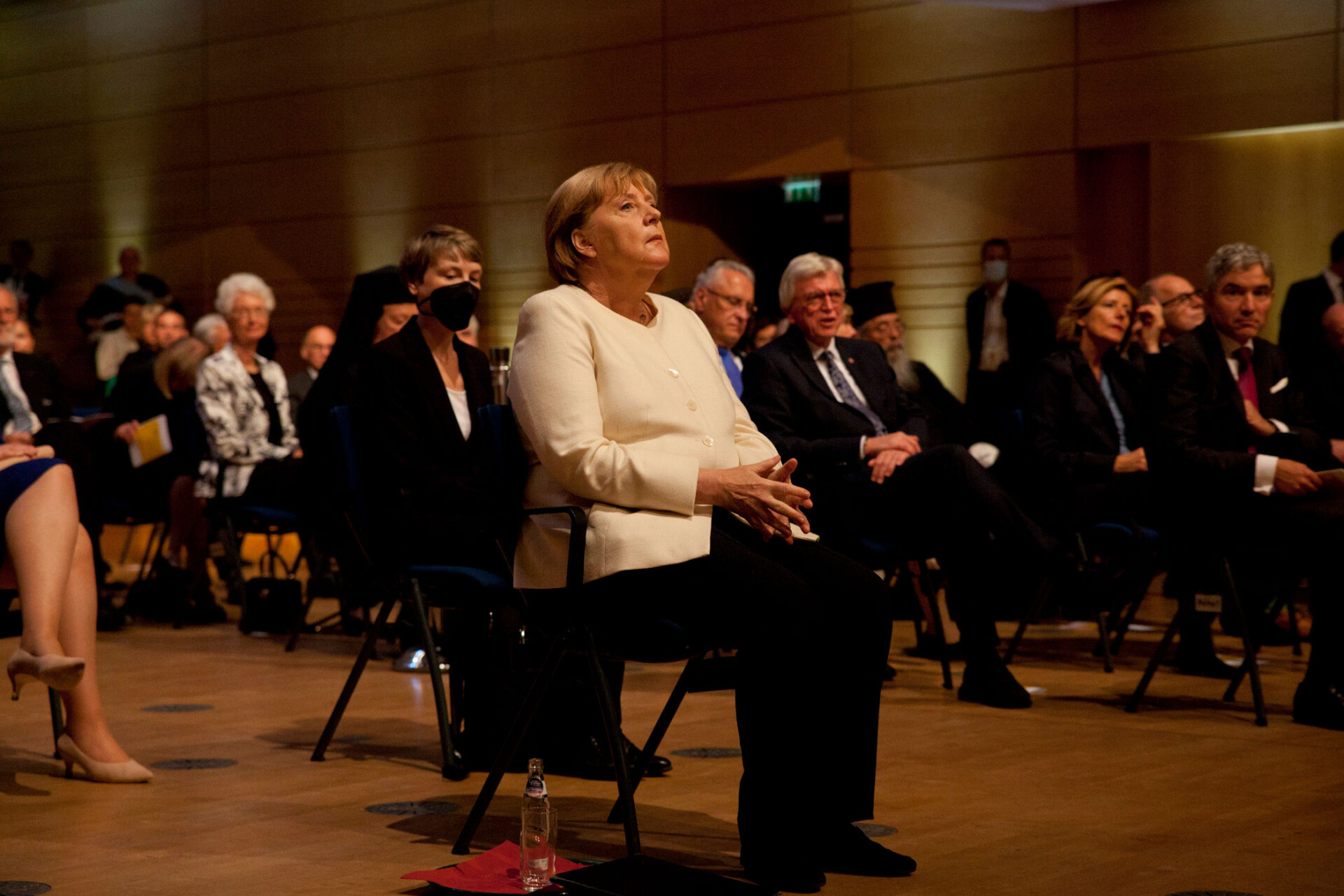
Merkel and Memory in Modern Germany — with Katja Hoyer and Faisal Al Yafai
Katja Hoyer joins New Lines’ Faisal Al Yafai on The Lede to discuss her history of East Germany, reunification and the former state’s most famous living politician, Angela Merkel.
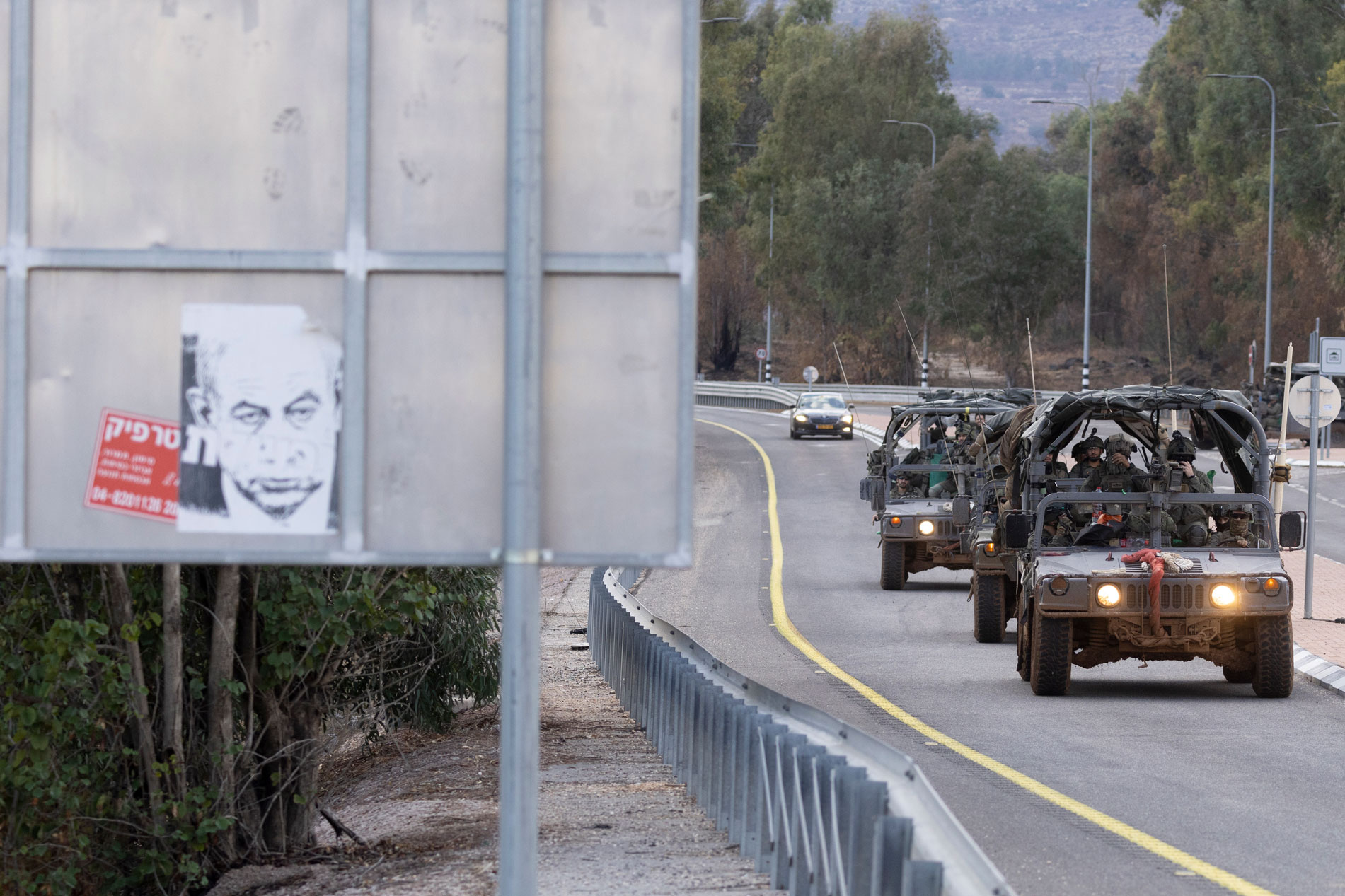
An Arresting Drama: Israel, the ICC and the International Order — with Itamar Mann, Kareem Shaheen and Kwangu Liwewe
This week’s episode of Global Insights on The Lede looks at the arrest warrants issued by the International Criminal Court for Israeli Prime Minister Benjamin Netanyahu, his former Defense Minister Yoav Gallant, and Hamas military commander Mohammed Deif.
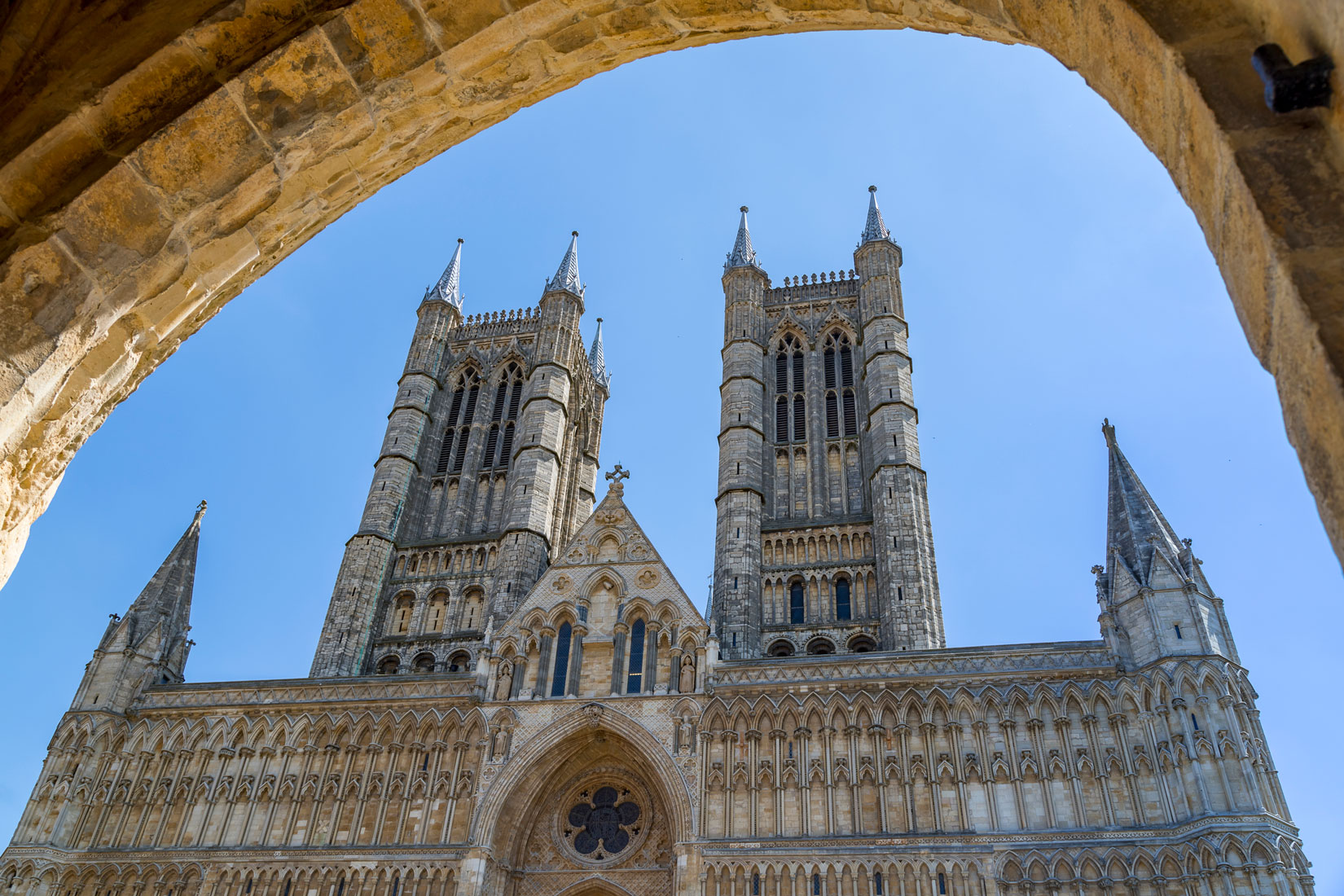
The Islamic Influence on Europe’s Medieval Masterpieces — with Diana Darke and Lydia Wilson
Diana Darke joins New Lines’ Lydia Wilson to discuss the unacknowledged influence of Islamic architecture on medieval buildings throughout Europe.
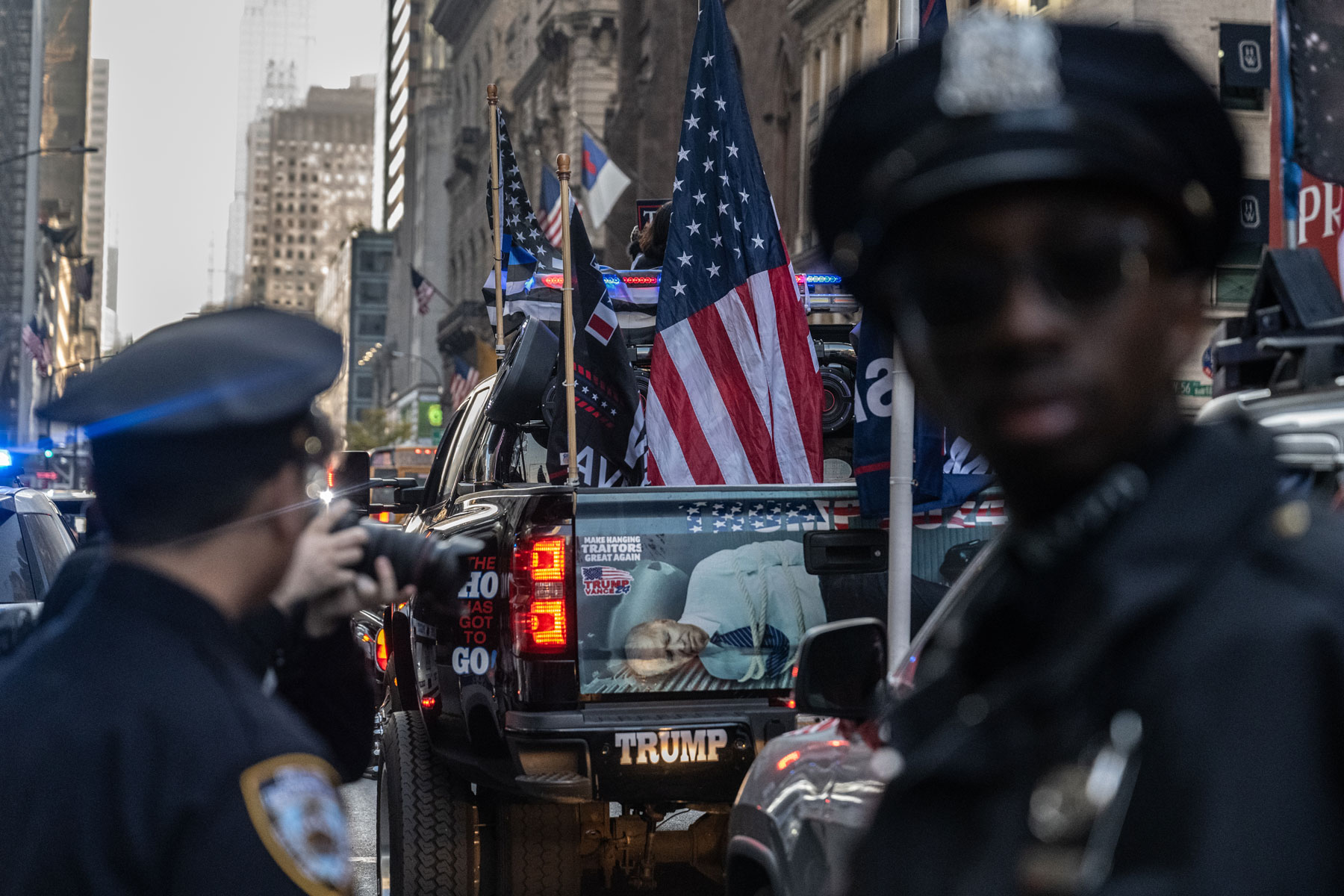
The American Experiment From Outside and Within — with Hari Kunzru and Faisal Al Yafai
New Lines’ Faisal Al Yafai is joined by the novelist and commentator Hari Kunzru for a discussion on the changing currents of American society and culture, the author’s recent novels, and Kunzru’s new introduction to the Edward Said classic “Culture and Imperialism.”

America’s Global Election: The Impact of Trump’s Win at Home and Abroad — with Danny Postel, Amie Ferris-Rotman, Kareem Shaheen and Faisal Al Yafai
A panel of New Lines editors discuss what Trump’s election means, both for America and around the world.
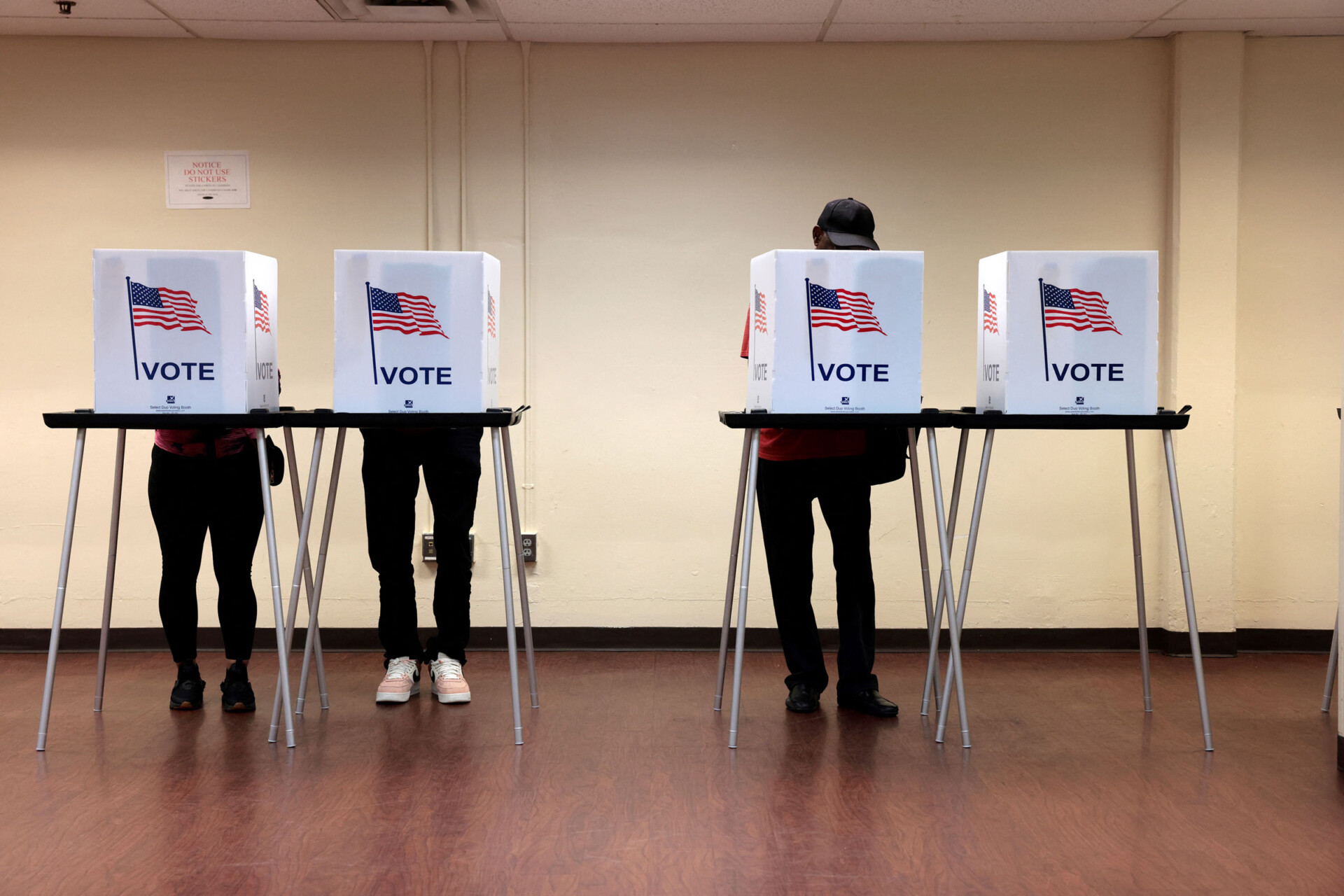
Where America’s Election Will Be Won and Lost — with John Sides and Sheri Berman
Political scientists John Sides and Sheri Berman tell New Lines’ Danny Postel which issues will decide the American election.
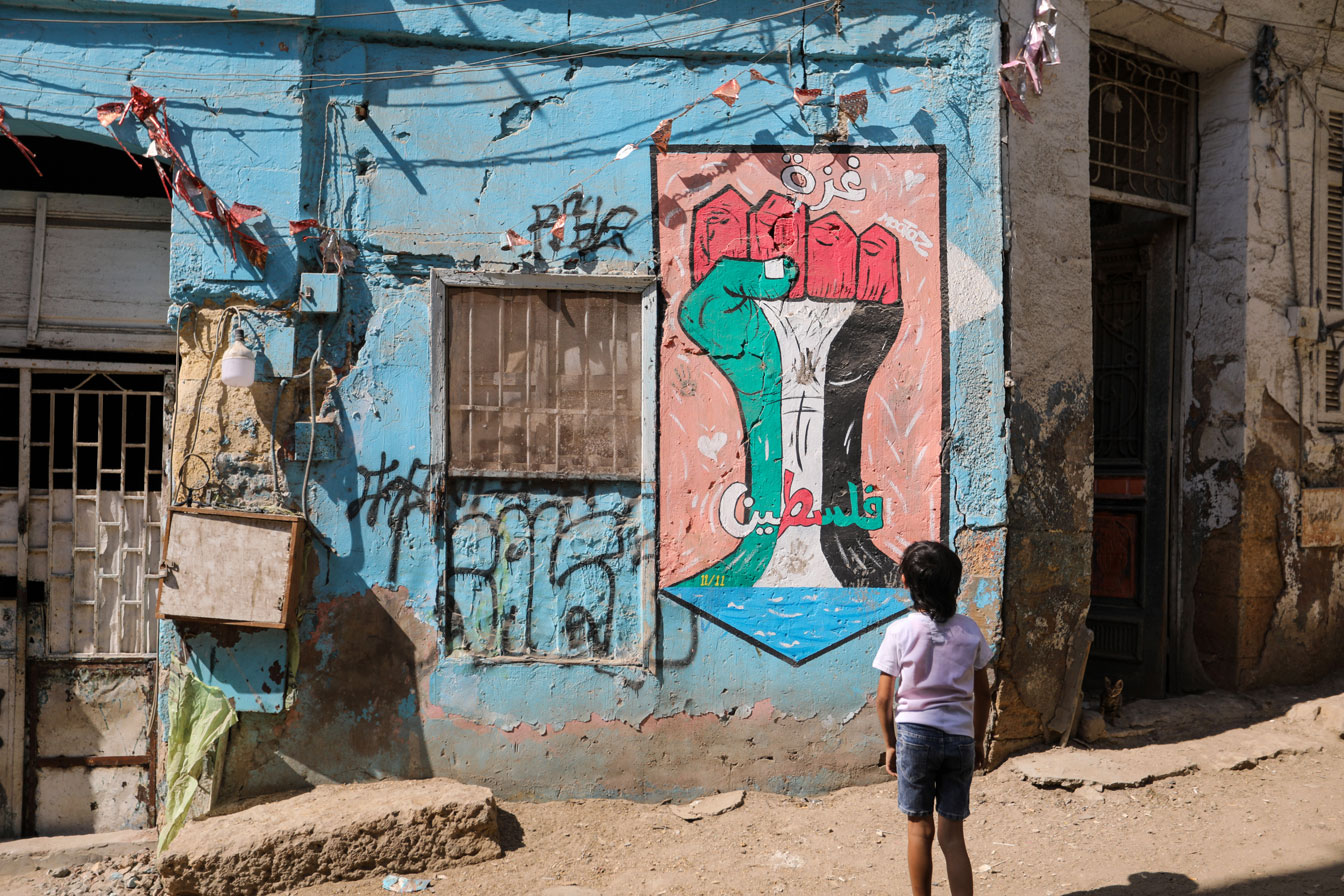
Gazans’ Choice – with Abeer Ayyoub
Gazan journalist Abeer Ayyoub describes a recent trip to Cairo, where her sister has recently fled from Gaza. Ayyoub also tells Liwewe about her parents’ decision to stay in the beleaguered northern part of Gaza.
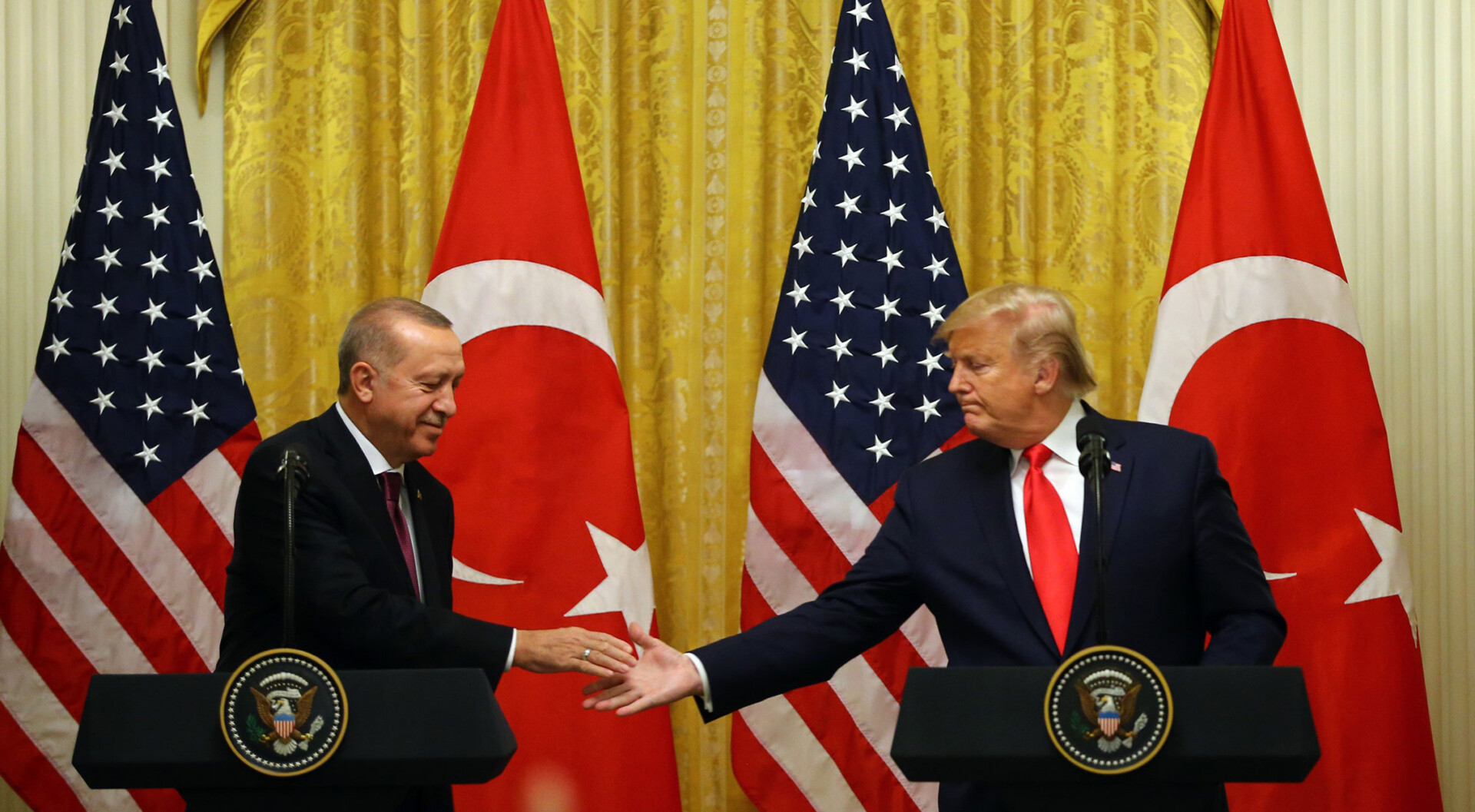
How To Lose a Country: The Limits of Democracy — with Ece Temelkuran
Author Ece Temelkuran joins Faisal Al Yafai to test the pulse of global democracy and consider the rise of fascism since her last appearance on the podcast.
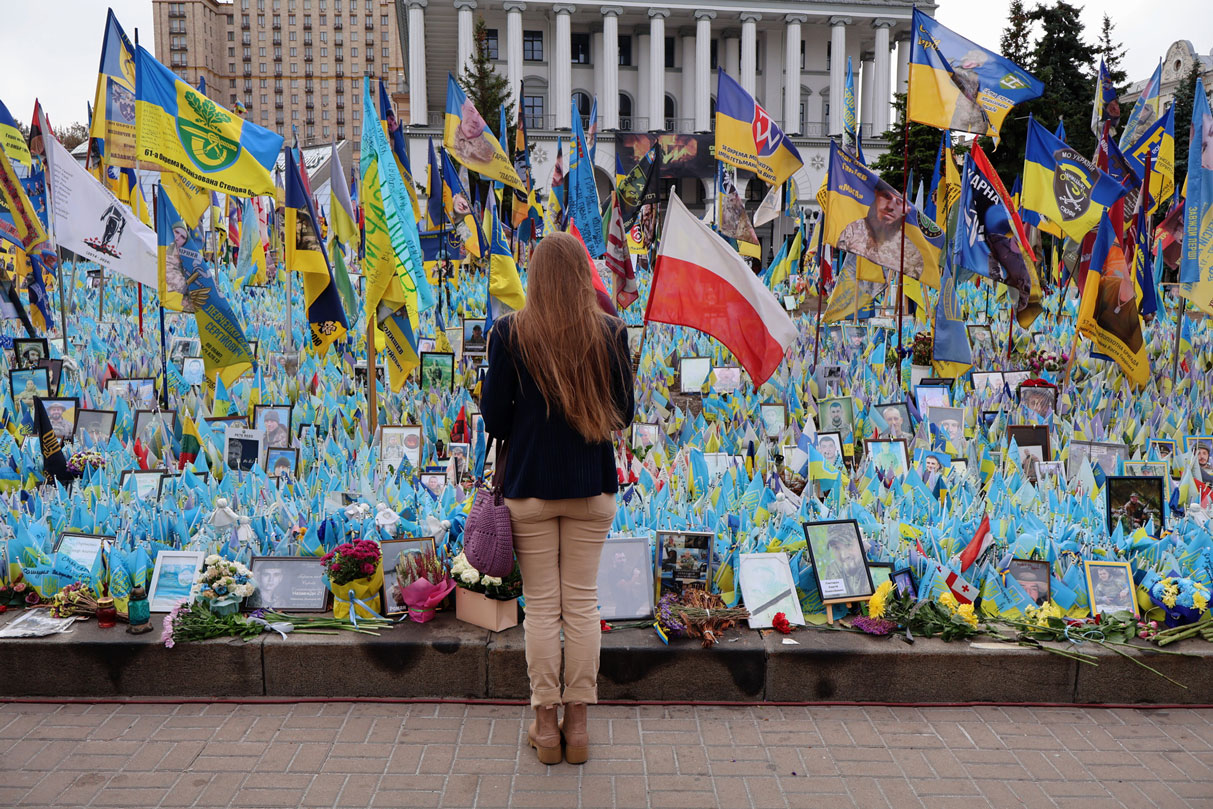
Survival and Statehood in Ukraine — with Yaroslav Trofimov
Faisal Al Yafai is joined by The Wall Street Journal’s chief foreign affairs correspondent, Yaroslav Trofimov, for a discussion about modern Ukraine and Trofimov’s new novel, “No Country for Love,” set in the country’s turbulent early 20th century.
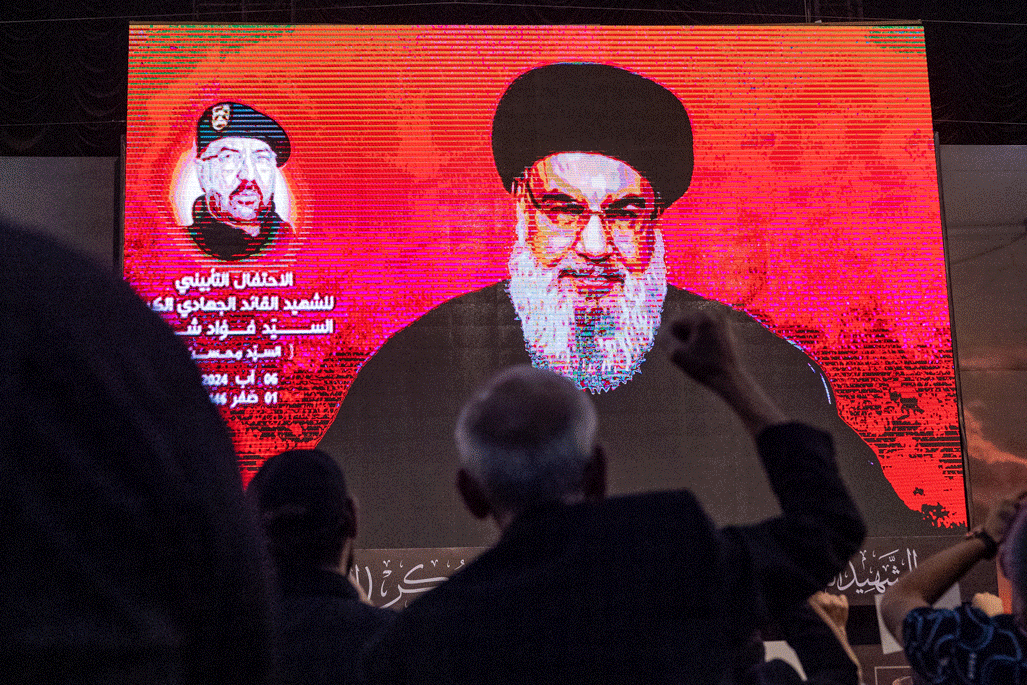
End of an Era: Israel and the Arab World Before and After Hassan Nasrallah — with Kareem Shaheen and Yair Wallach
New Lines’ Faisal Al Yafai discusses the assassination of Hassan Nasrallah and the outsize role the Hezbollah leader had in the Arab world and Israel with the magazine’s Middle East Editor Kareem Shaheen and Yair Wallach, a reader in Israeli studies at the School of Oriental and African Studies (SOAS) in London.
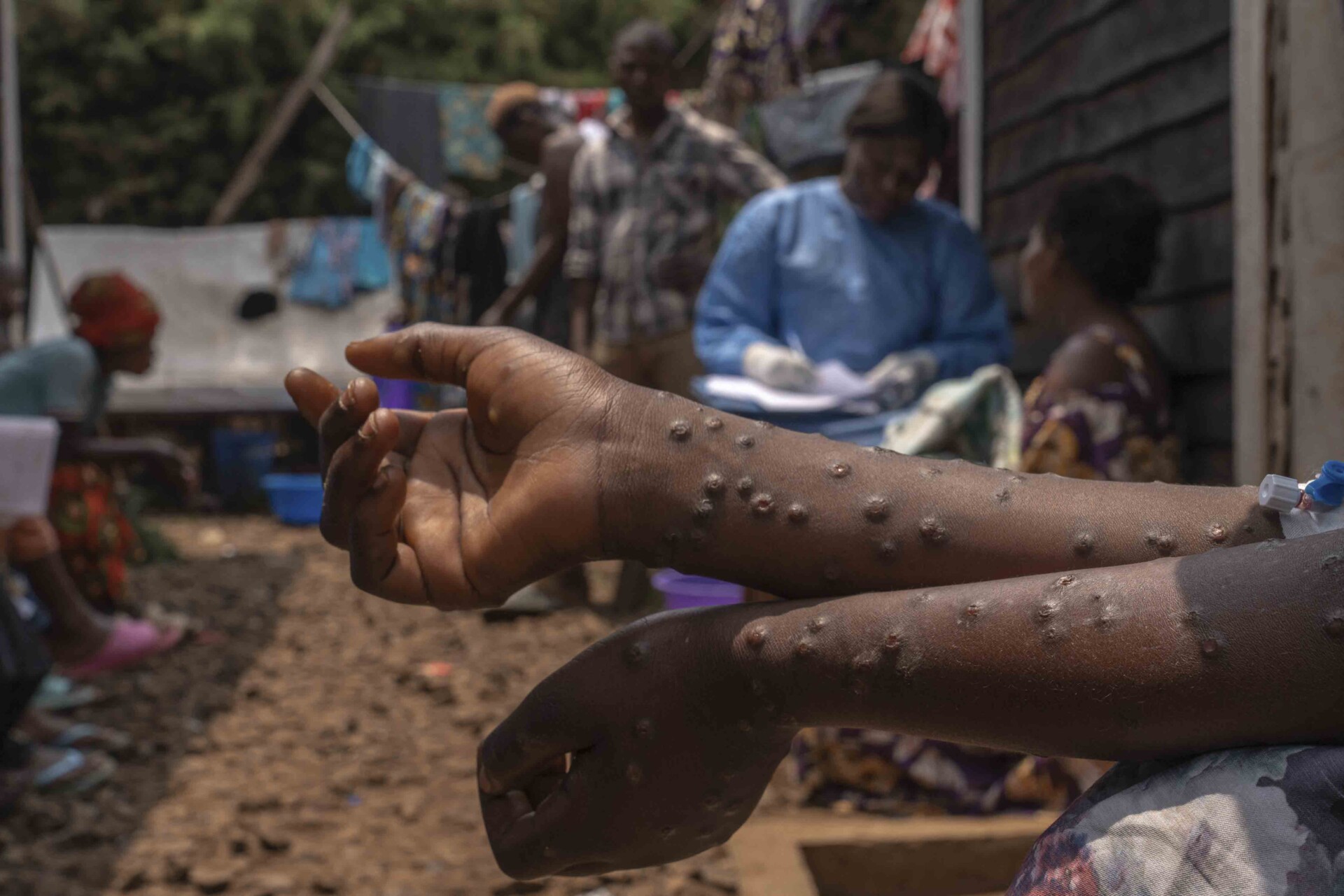
Mpox, HIV/Aids and Africa’s Evolving Pandemic Response — with Winnie Byanyima
The executive director of the joint United Nations Programme on HIV and AIDS, Winnie Byanyima, joins New Lines’ Kwangu Liwewe to examine the global response to the mpox outbreak in Africa, and how to apply lessons learned from the continent’s past and ongoing struggle against HIV.
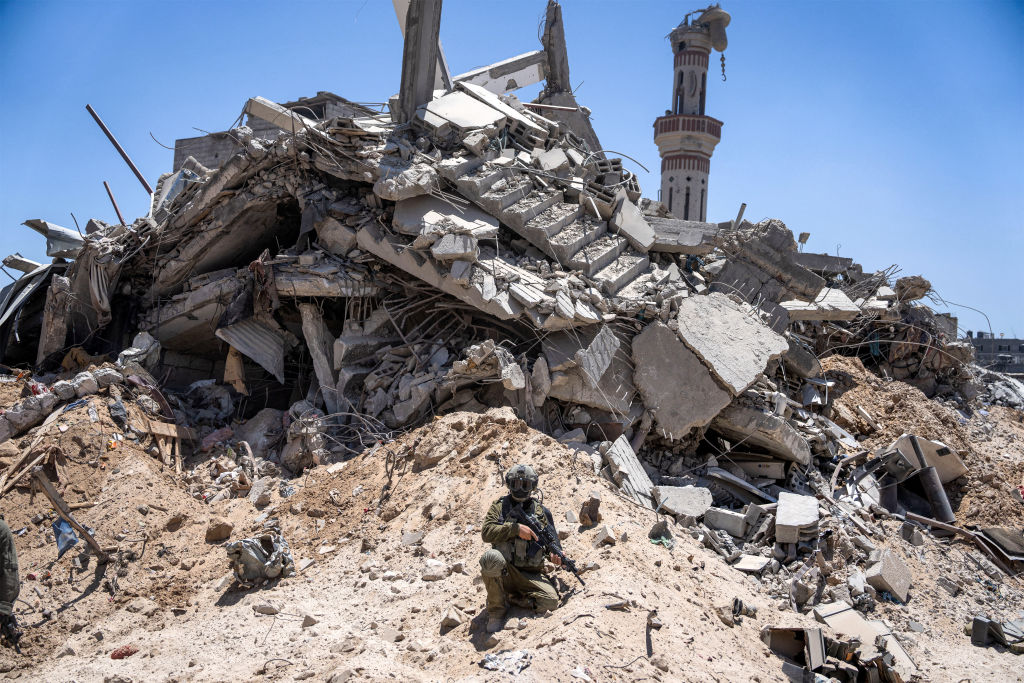
Legacies of Violence in Israel and Palestine — with Omer Bartov
Omer Bartov, professor of Holocaust and genocide studies at Brown University, joins New Lines’ Lisa Goldman to discuss his recent trip to Israel, and how his position in the debate on genocide has fundamentally changed.
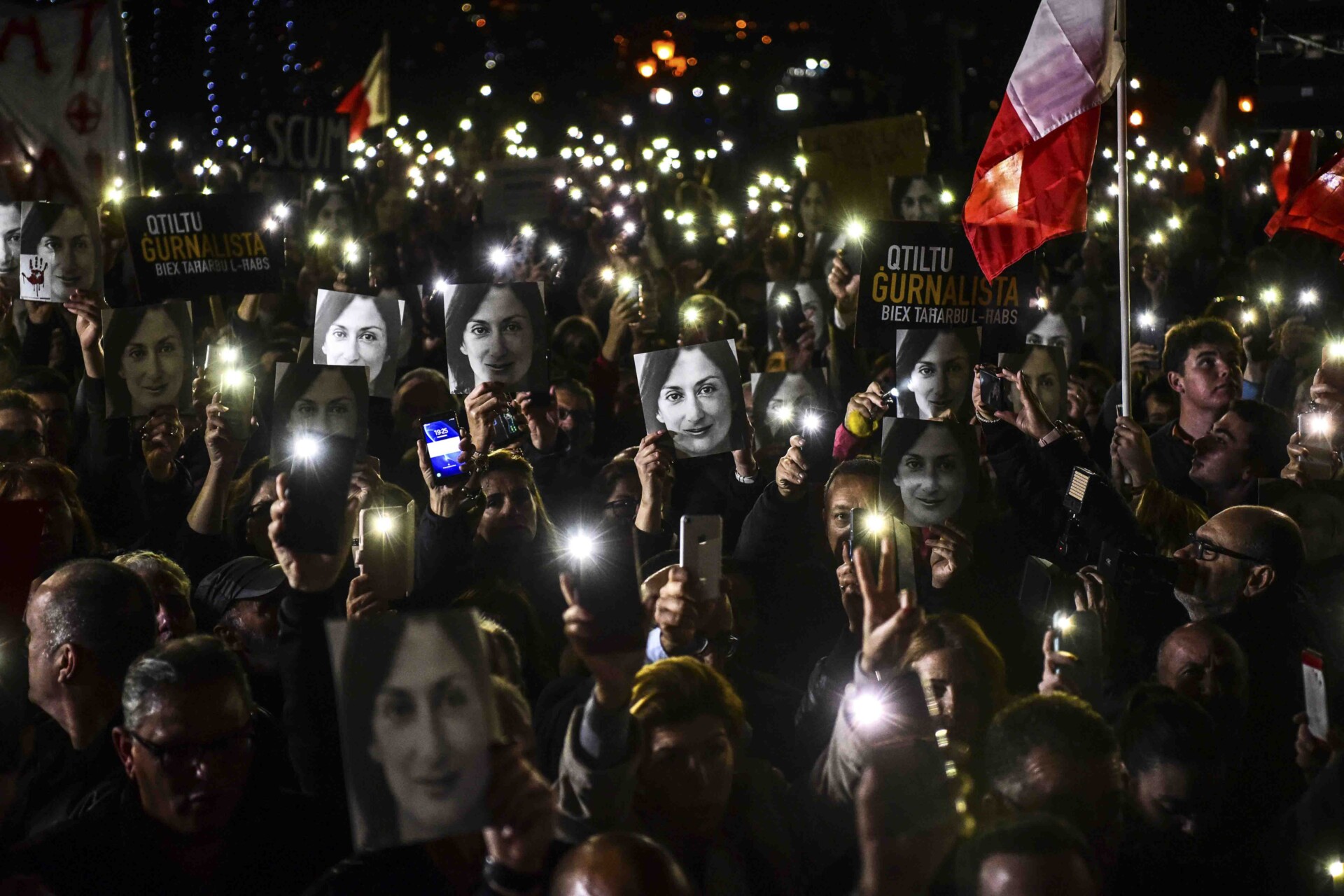
The Price of Investigative Journalism — with Paul Caruana Galizia
New Lines’ Faisal Al Yafai sits down with journalist Paul Caruana Galizia, whose mother was murdered as a result of her reporting, to discuss the importance of investigative journalism and the terrible price it can exact.
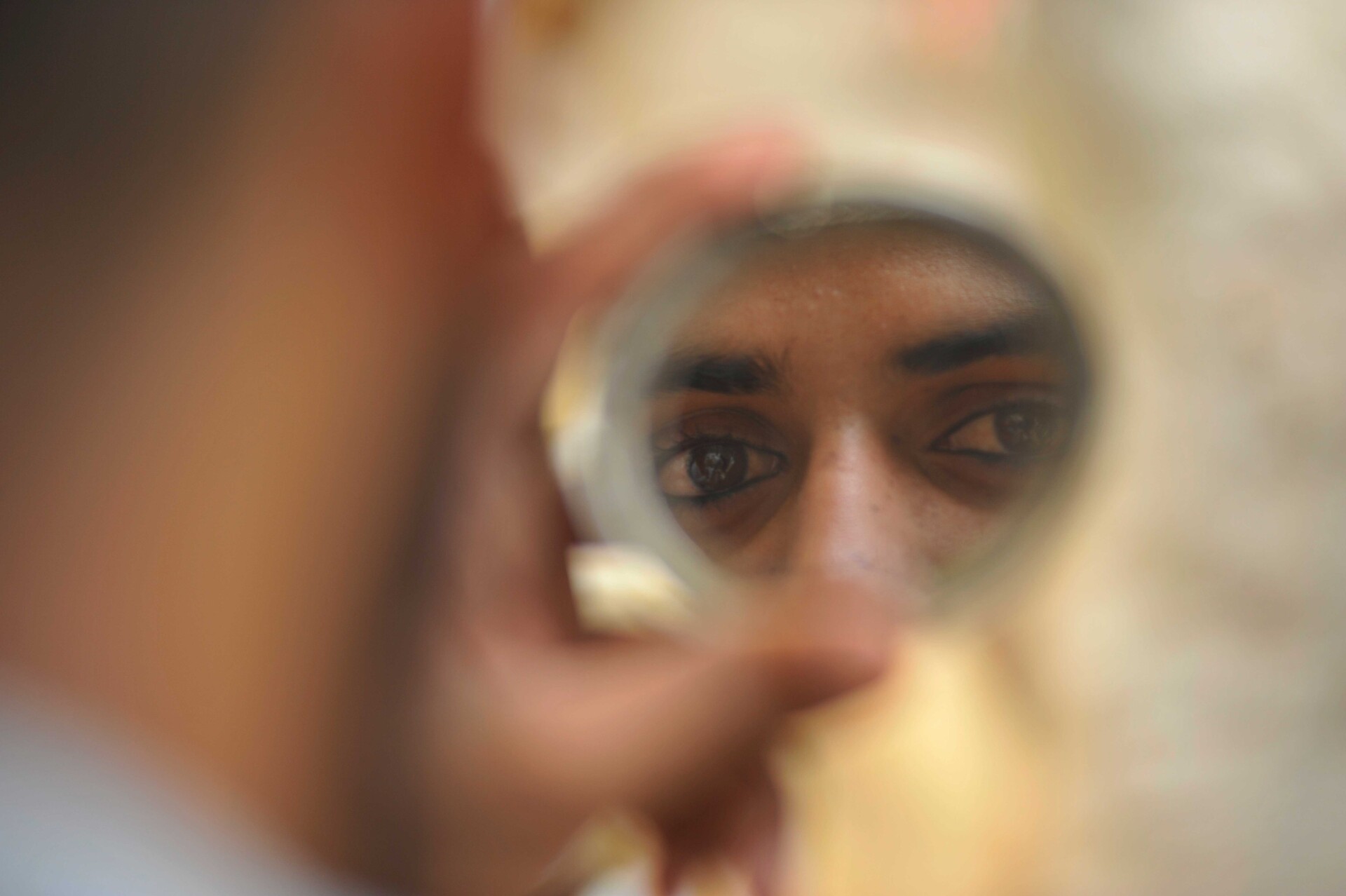
Listen Again: Looking Twice at the History of Eyeliner — with Zahra Hankir
“This is not just a makeup product, it’s not just a cosmetic. It carries within it so much meaning that goes far beyond beauty.” Writer Zahra Hankir joins New Lines’ Ola Salem for a discussion about the unexpectedly rich history of eyeliner.
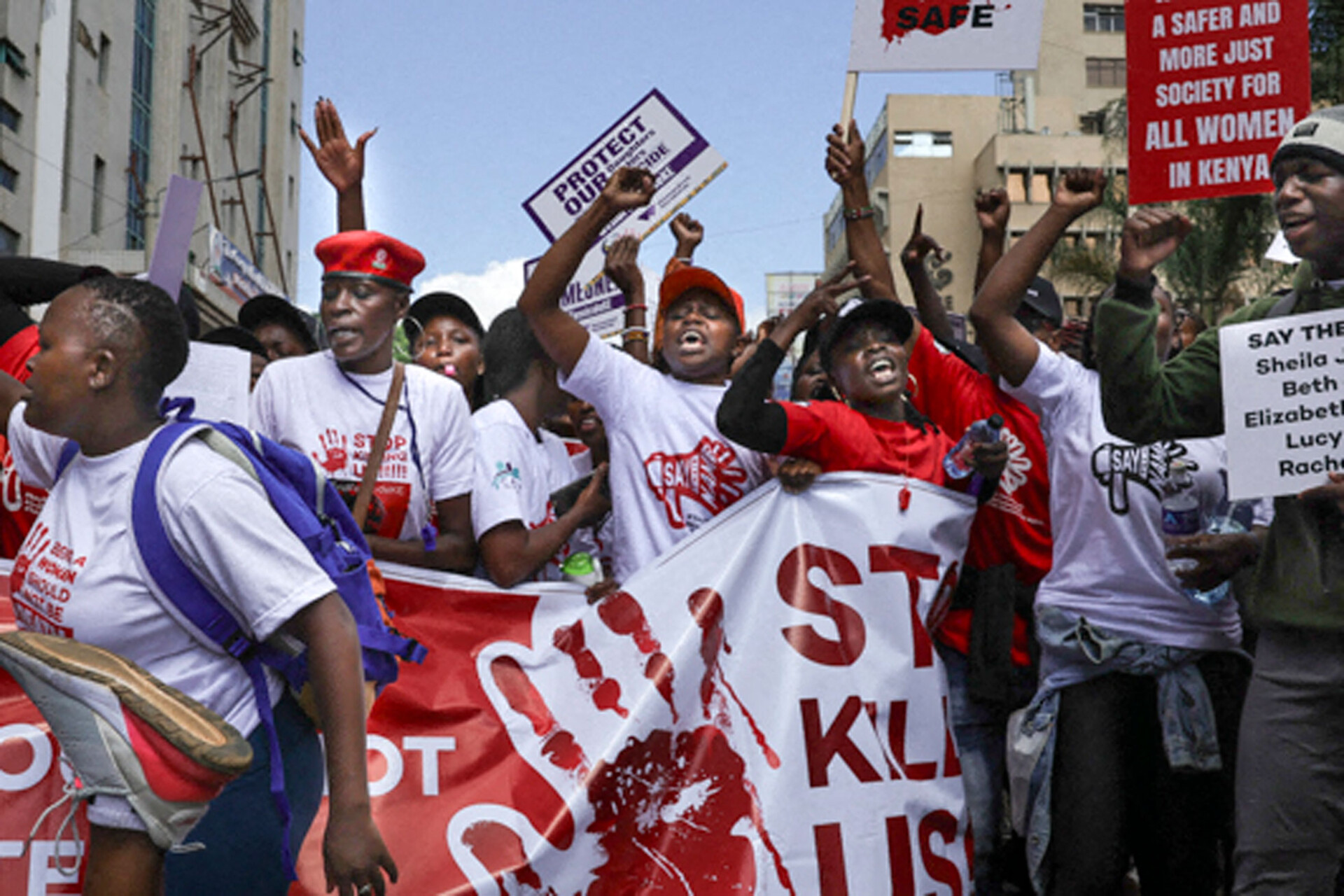
Listen Again: Toxic Masculinity Online in Kenya and South Africa — with Caroline Kimeu and Rosie Motene
Listen again to this Global Insights episode on the rise of toxic masculinity in Kenya and South Africa, with insight from South African author Rosie Motene and Caroline Kimeu, The Guardian’s East Africa global development correspondent.
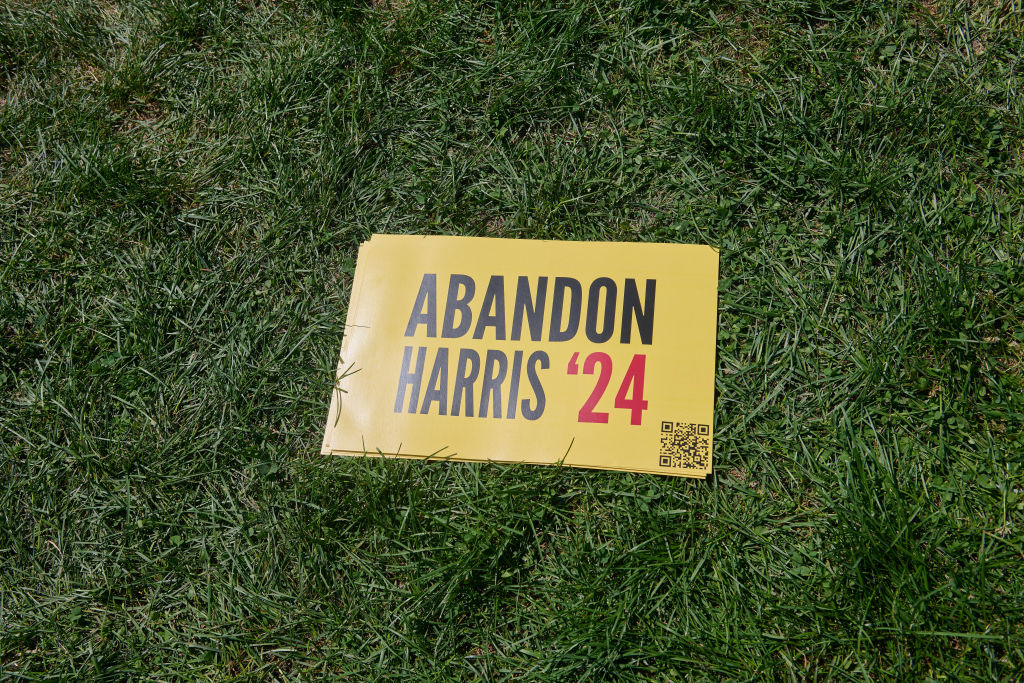
The Battle for the Future of the Democratic Party — with Eman Abdelhadi and David Faris
On this week’s episode of The Lede, sociologist Eman Abdelhadi and David Faris, author of “It’s Time To Fight Dirty: How Democrats Can Build a Lasting Majority in American Politics,” join New Lines’ Danny Postel in Chicago to discuss the ongoing battle to determine the future of the Democratic Party.
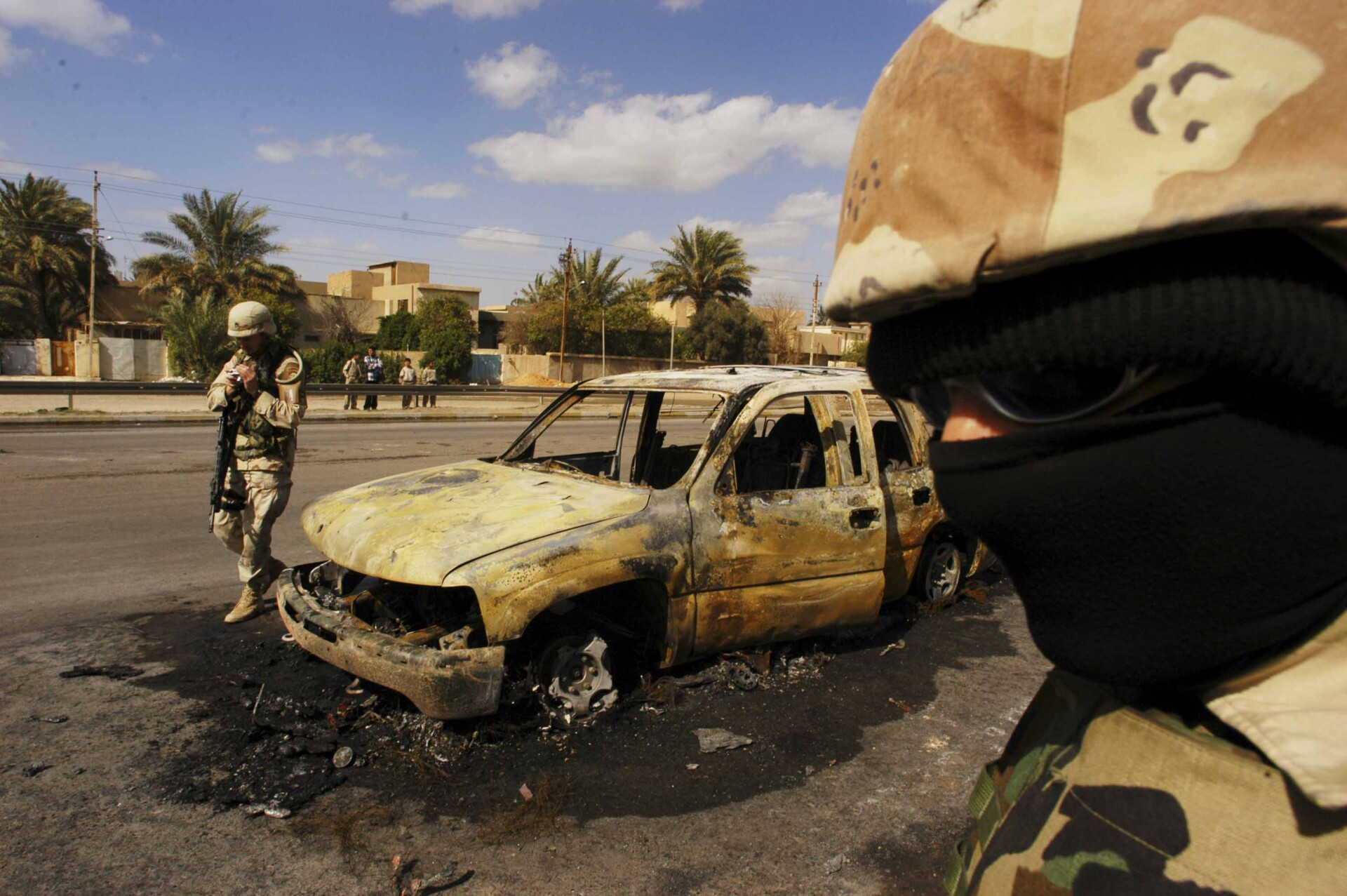
Inside America’s Foreign Policy Machine — with Jasmine El-Gamal
Ex-Pentagon adviser Jasmine El-Gamal sits down with New Lines’ Faisal Al Yafai on The Lede for a wide-ranging discussion that covers her time working as a translator during the Iraq War and at Guantanamo Bay, the unique perspective she gained working as an adviser to the Pentagon for three U.S. defense secretaries, and Joe Biden’s failures on Gaza.
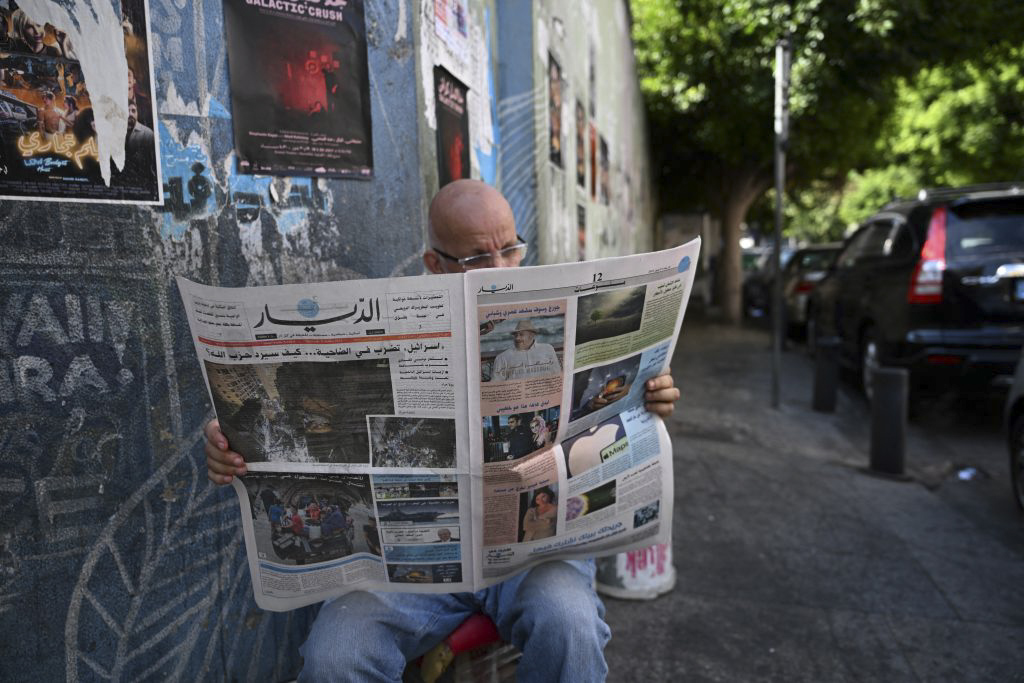
Lebanon Under the Threat of War — with Lina Mounzer and Faysal Itani
New Lines’ Faisal Al Yafai speaks to Lebanese translator and writer Lina Mounzer to understand what the atmosphere in her country is like under the threat of a new war. Joining the podcast is political analyst Faysal Itani, who offers his take on the geopolitical currents playing out on the Lebanese-Israeli border.
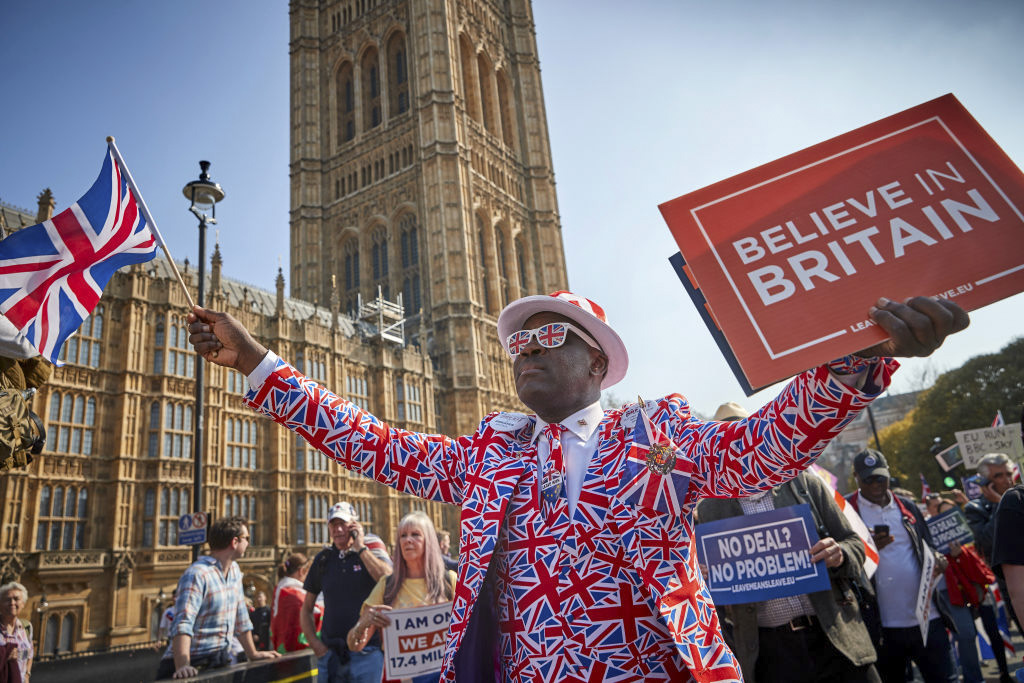
Inside the British Isles: A Foreign Correspondent’s View — with Michael Peel, Barbara Serra and Karl Sharro
The Lede celebrated its 100th episode with a special program recorded in front of a live audience at the Frontline Club in London. New Lines hosts Faisal Al Yafai and Lydia Wilson brought together a panel made up of foreign correspondents Michael Peel and Barbara Serra as well as satirist Karl Sharro to discuss Peel’s book “What Everyone Knows About Britain* (*Except The British).”

Soccer’s Rising Stars of African Origin — with Segun Odegbami and Ponga Liwewe
On this episode of the podcast, host Kwangu Liwewe discusses the inexorable rise of soccer stars of African origin with former Nigeria player Segun “The Mathematical” Odegbami and soccer journalist Ponga Liwewe.
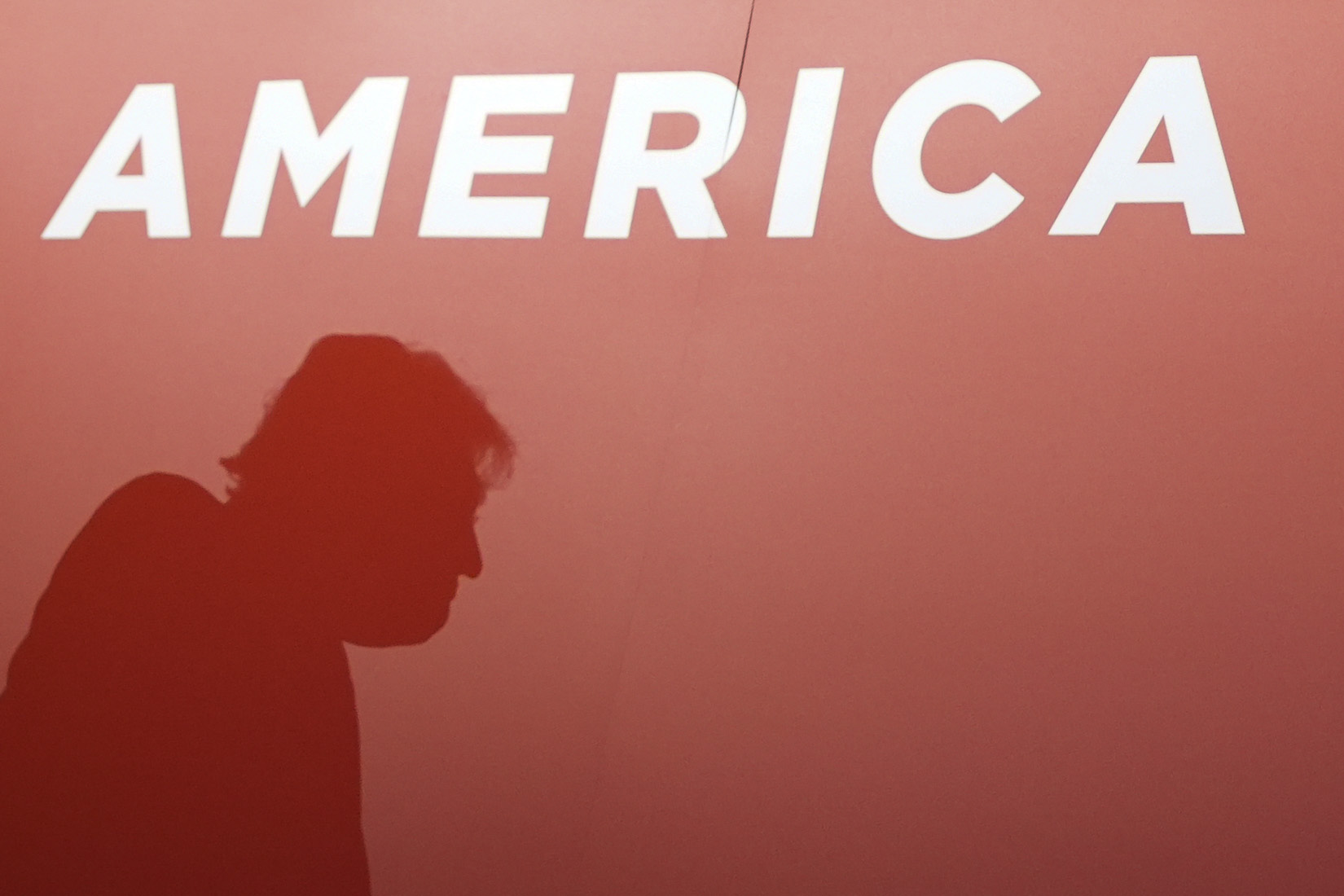
Trump’s Second Coming — With Meredith McCarroll and Danny Postel
On this week’s episode of The Lede, host Faisal Al Yafai catches up with New Lines politics editor Danny Postel from the Republican National Convention in Milwaukee, and Meredith McCarroll, author of a New Lines profile of J.D. Vance, the senator recently announced as Donald Trump’s running mate.
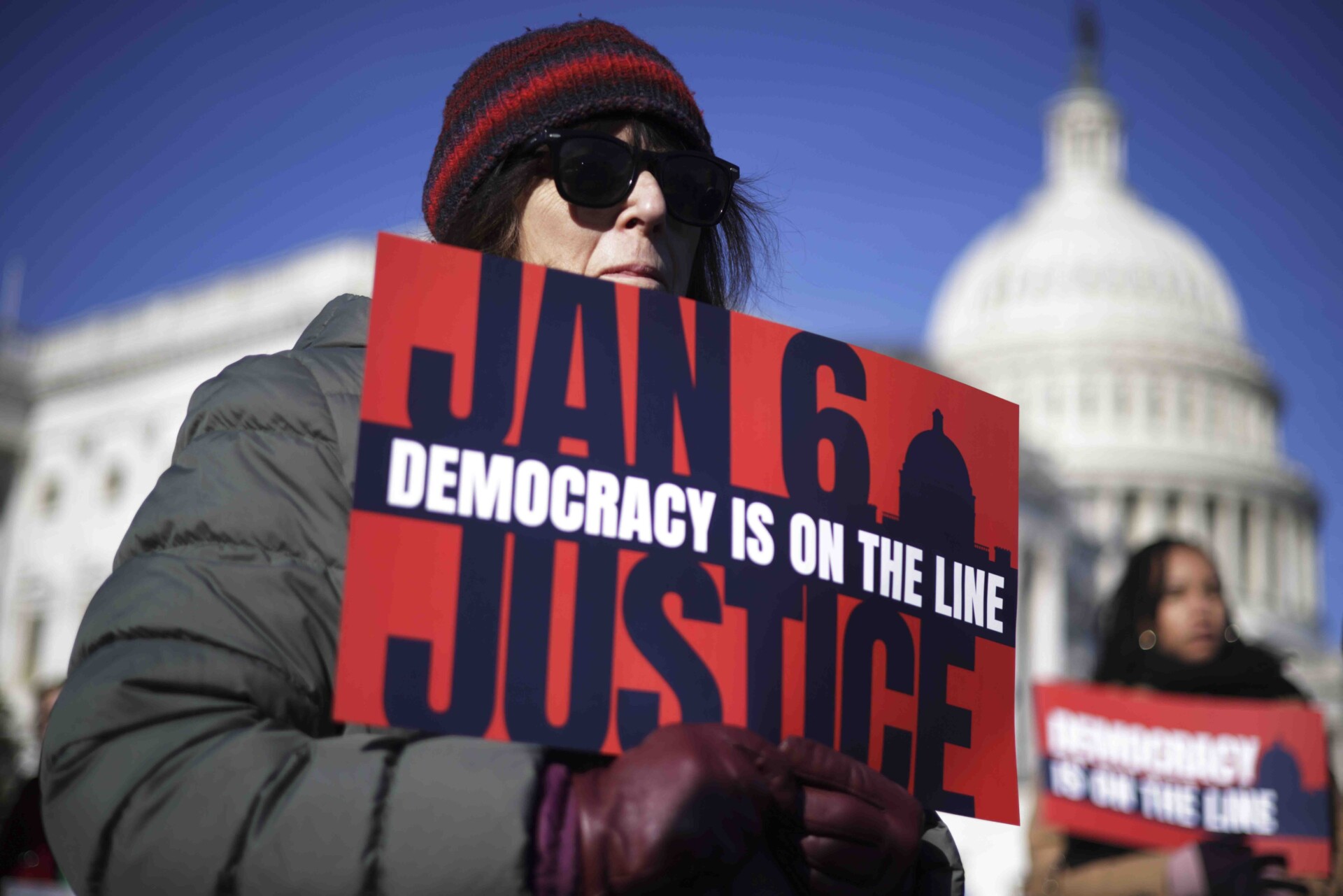
America’s Autocratic Future? — With Mark Danner
On this week’s episode of The Lede, veteran journalist Mark Danner joins New Lines’ Politics Editor Danny Postel for a discussion on Donald Trump, Joe Biden and the possible autocratic future looming ahead for America.
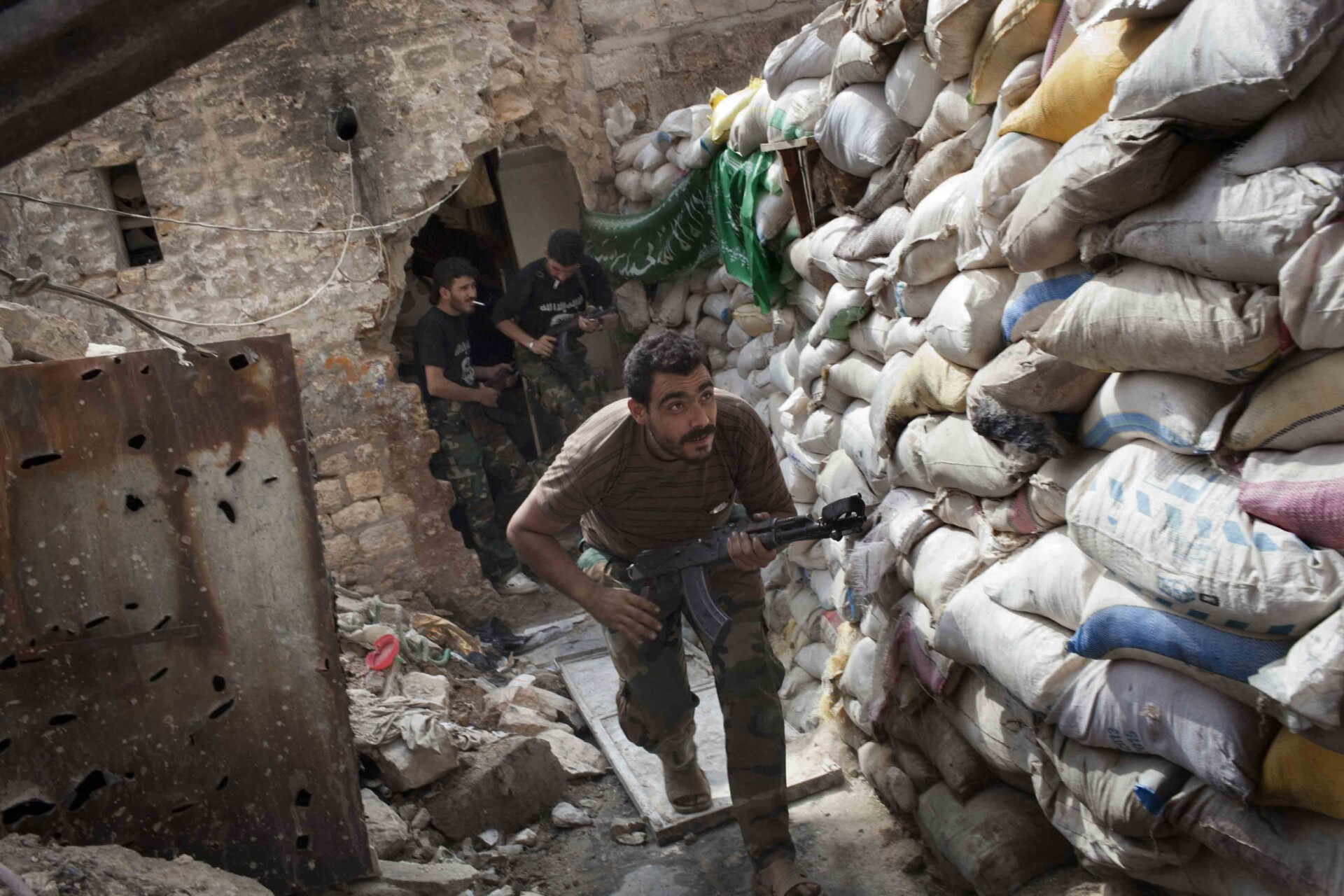
Identity, Belonging and Reporting the World — With Hala Gorani
On this episode of The Lede, veteran correspondent Hala Gorani sits down with New Lines’ Faisal Al Yafai for a discussion on identity and belonging.
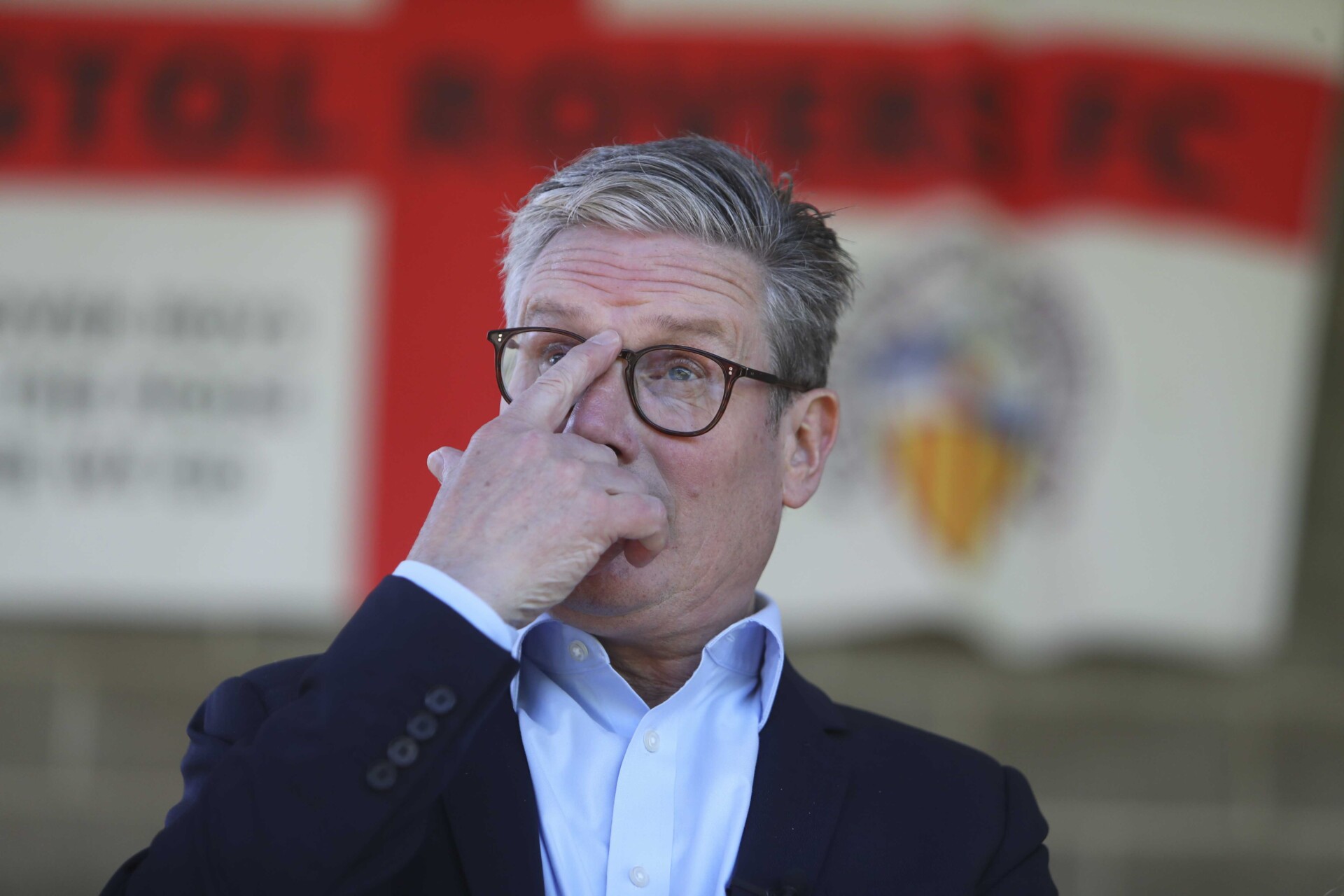
Britain’s Boring Election? — With Lydia Wilson
New Lines Culture Editor Lydia Wilson and Global Insights host Kwangu Liwewe discuss the upcoming election in the United Kingdom which, despite potentially heralding a change in government for the first time in 14 years, seems to be a bit … boring?
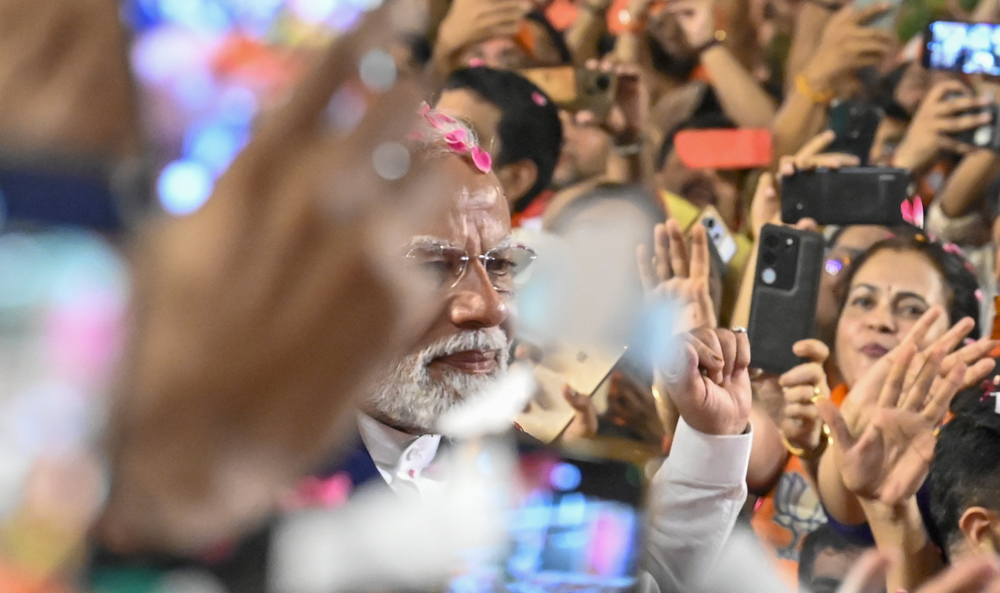
The End of Populism in the World’s Largest Democracy? — With Shruti Kapila
Cambridge University academic Shruti Kapila sits down with New Lines’ Surbhi Gupta on The Lede to discuss the shock Indian election result and what it means for the future of the world’s largest democracy.
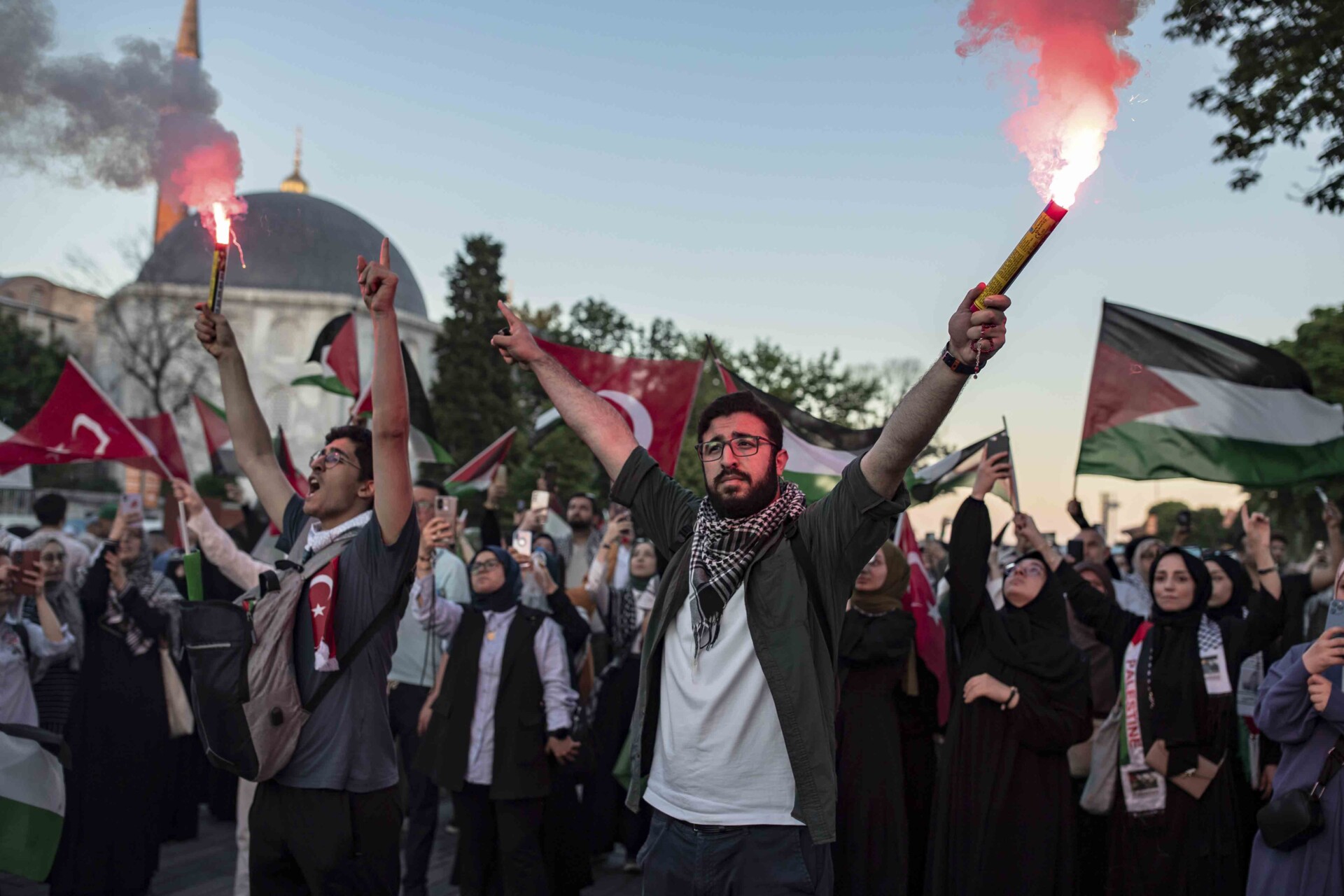
Gaza and a Changing Middle East — With Ruth Michaelson, Chloe Cornish and Tara Kangarlou
While the conflict in Gaza plays out on a tiny strip of land a fraction of the size of Los Angeles, its impact on the wider Middle East region has been huge. New Lines’ Faisal Al Yafai speaks to three correspondents covering the region to assess how the war has changed the political and economic landscape.
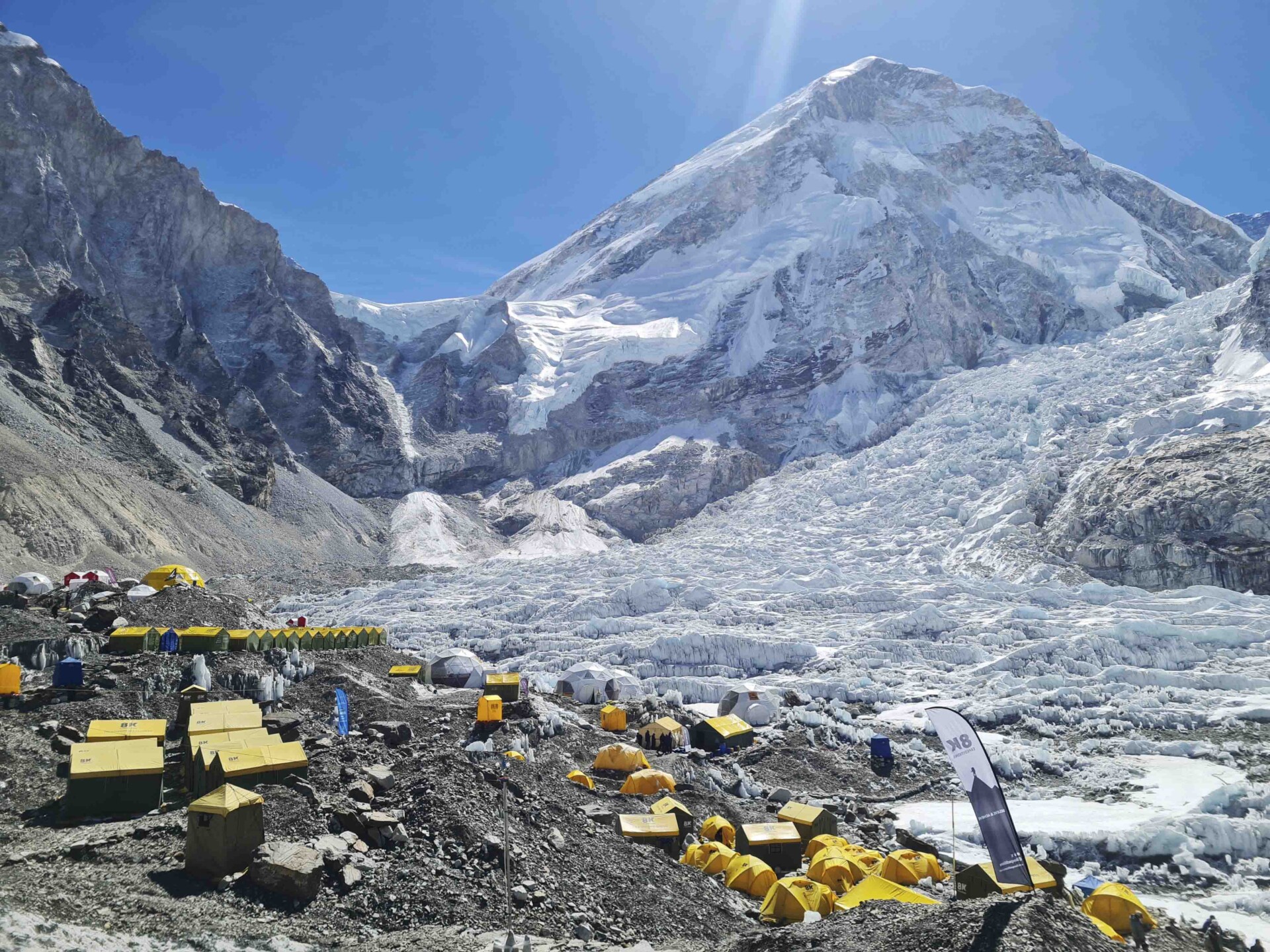
Everest’s 100-Year Mystery — With Wade Davis
Writer Wade Davis joins New Lines’ Finbar Anderson on The Lede to discuss a 100-year-old mystery from the summit of Mount Everest.
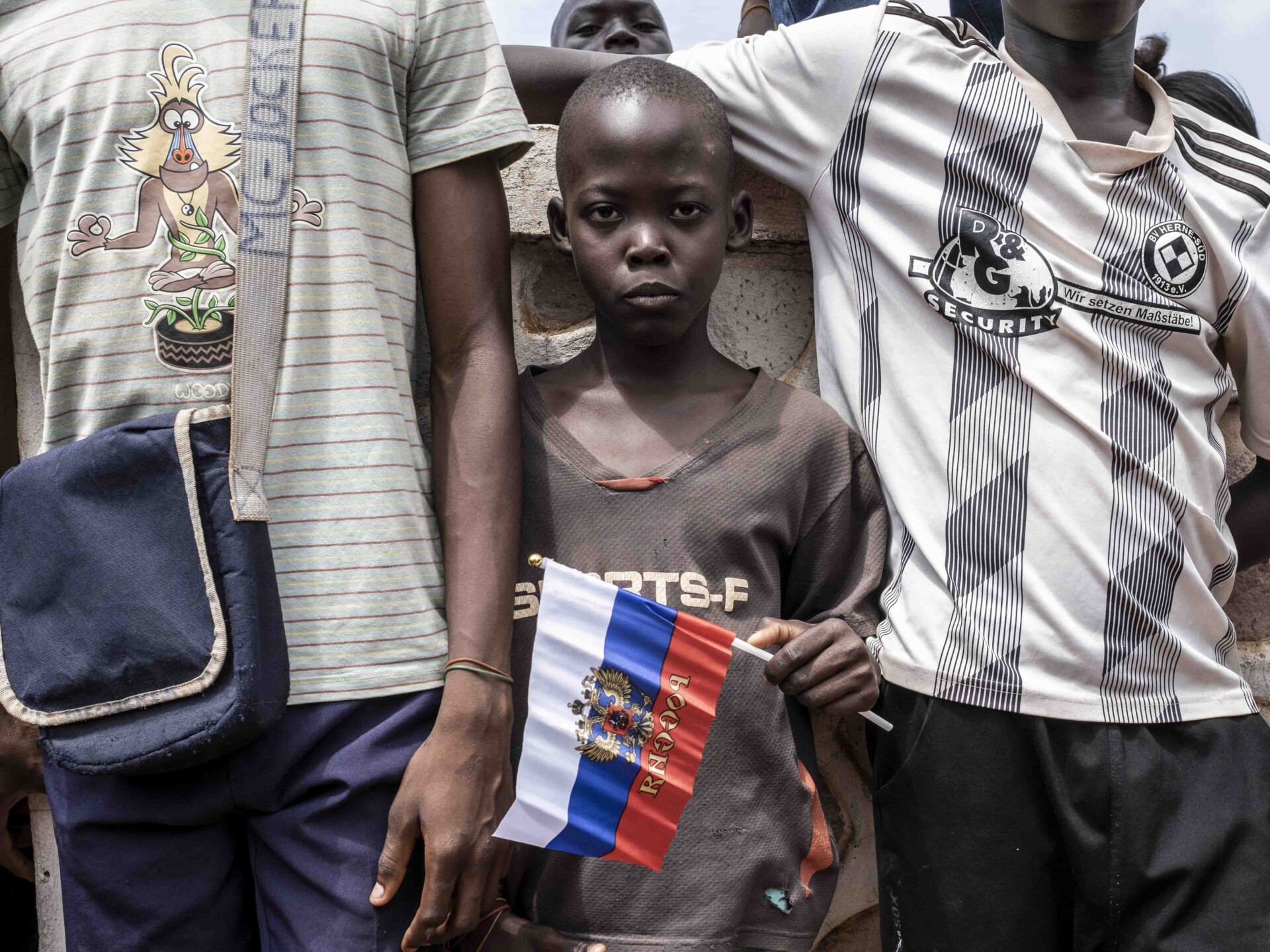
Filling the Vacuum: Russia’s Forays Into Africa — With Amie Ferris-Rotman
On this week’s episode, Global News Editor Amie Ferris-Rotman and Global Insights host Kwangu Liwewe discuss Russia’s past in Africa and its more recent neocolonialist enterprises on the continent, as well as the private military companies acting as Russia’s enforcers and how Russian influence compares to the “long, slow game” played by China.
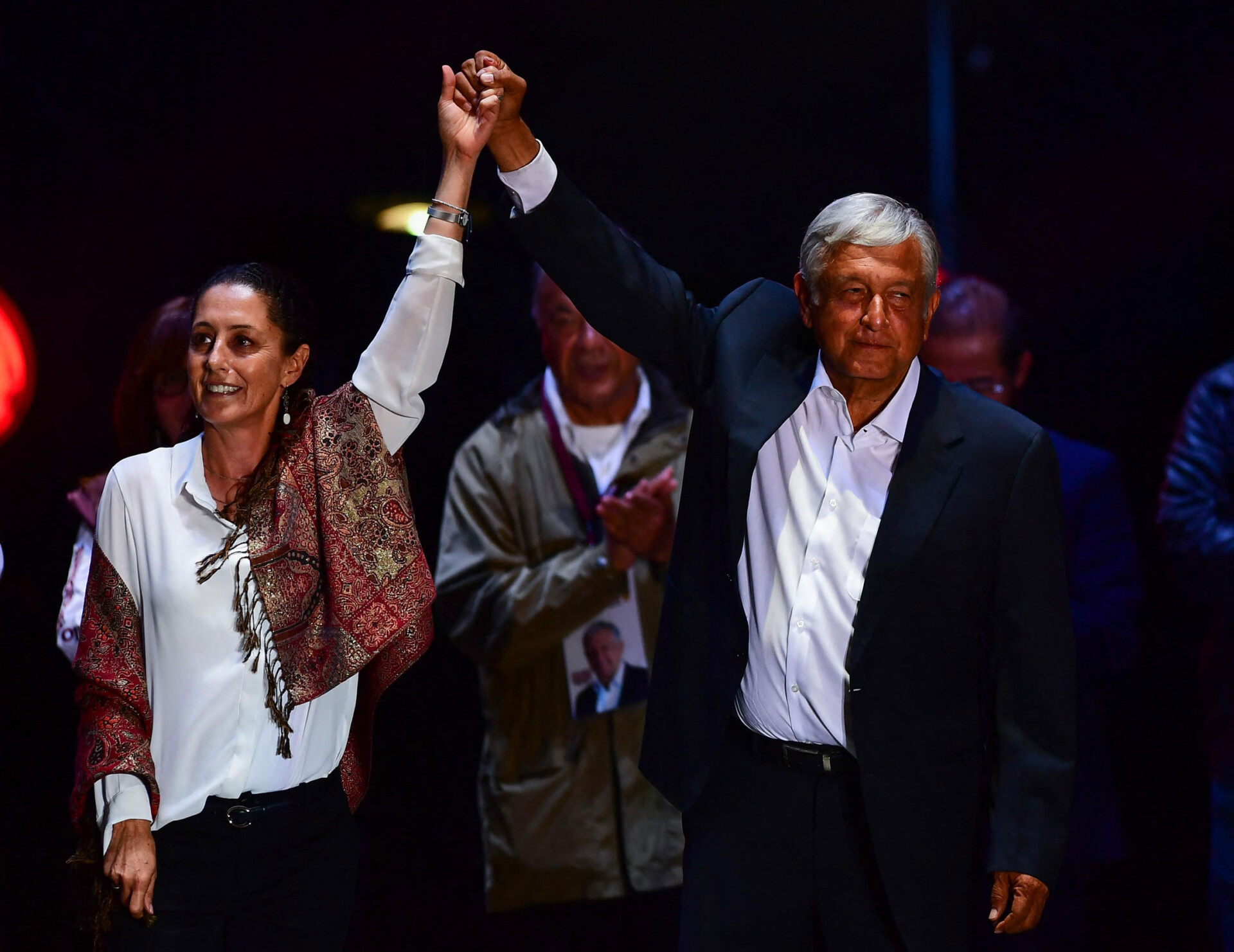
Populism and Power in Mexico’s Historic Election — With Alma Guillermoprieto
Veteran Mexican correspondent Alma Guillermoprieto joins New Lines’ Danny Postel on The Lede for a discussion about how the upcoming election in Mexico is actually not about the two leading candidates, her sadness about the current situation in Nicaragua, and her secret — she is not interested in politics.
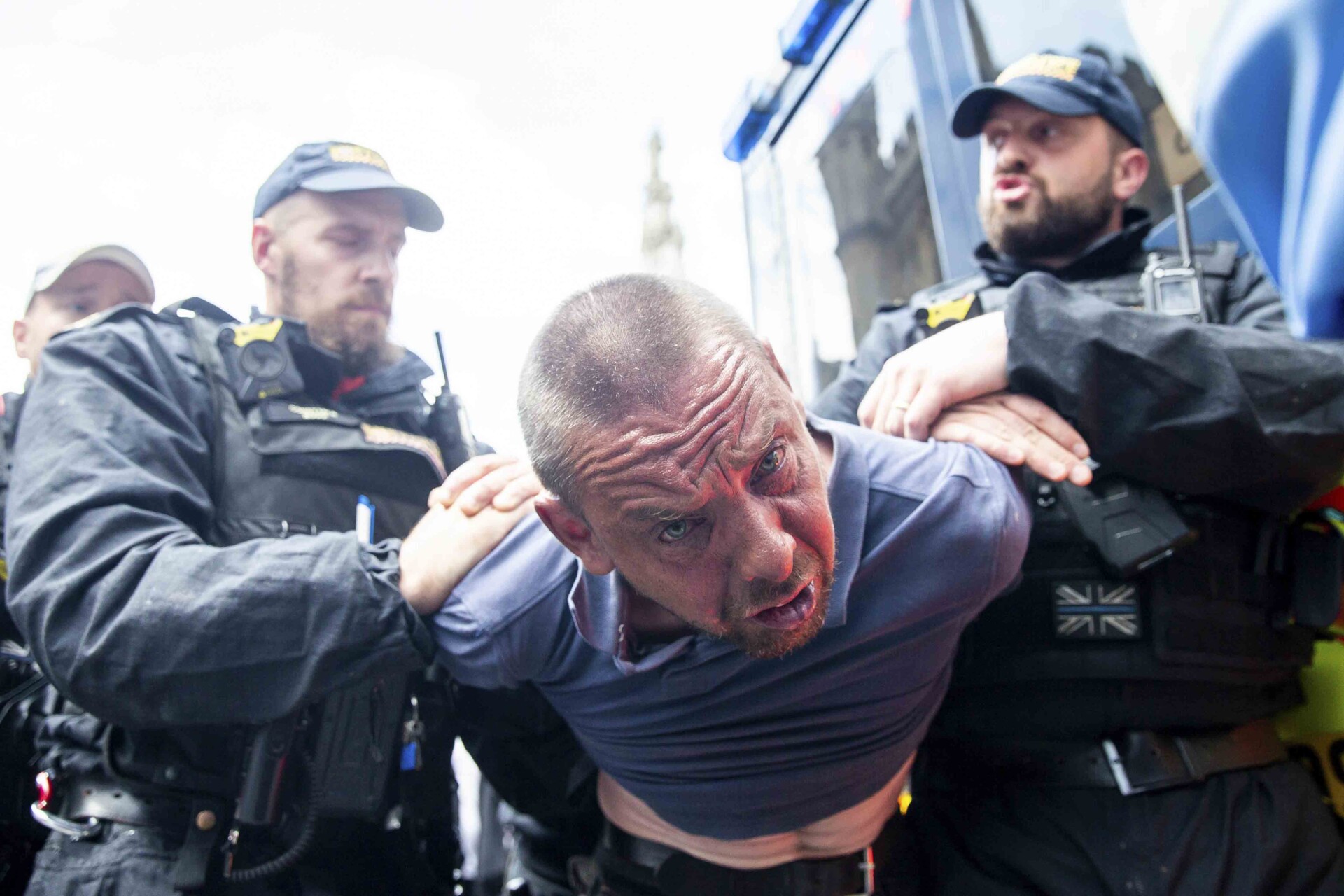
Rethinking Radicalization — With Elizabeth Pearson
On this week’s episode of The Lede, Elizabeth Pearson explains how her research challenged established thinking around extremism, and how she came to the understanding that misogyny and masculinity play a much bigger role in the radicalization process than has been previously thought.
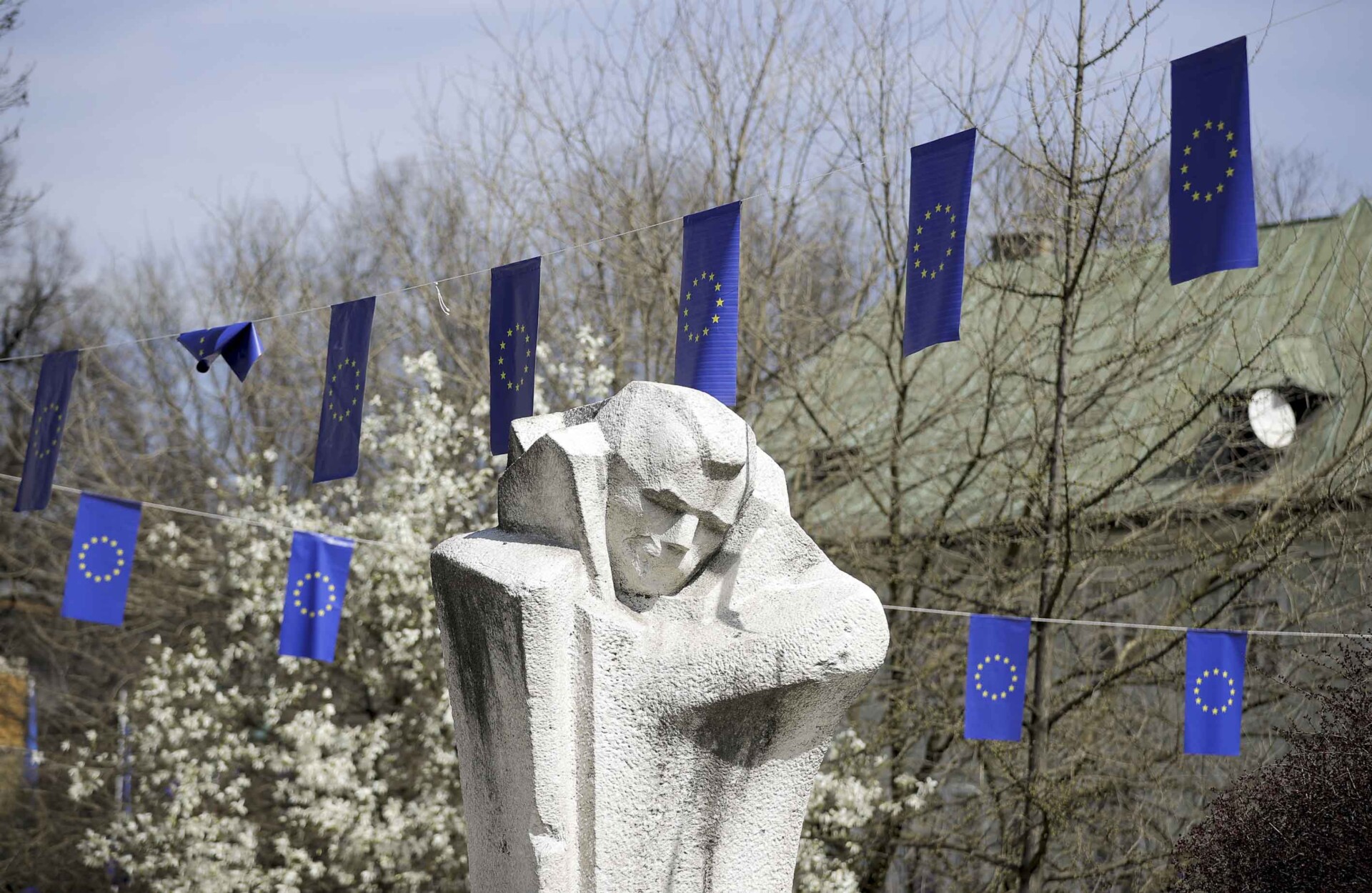
Bosnia’s Dark Past and Murky Present, and a Vision for the Future — With Jasmin Mujanović
Faisal Al Yafai sits down with Jasmin Mujanović for a discussion on nationhood after genocide in Bosnia and Herzegovina, its current political challenges, and Mujanović’s argument for a liberal democratic future in Bosnia. Mujanović dissects his new book, “The Bosniaks, Nationhood After Genocide,” which explores the evolution of Bosniak identity after the Bosnian War, and why the country’s postwar settlement needs to change.
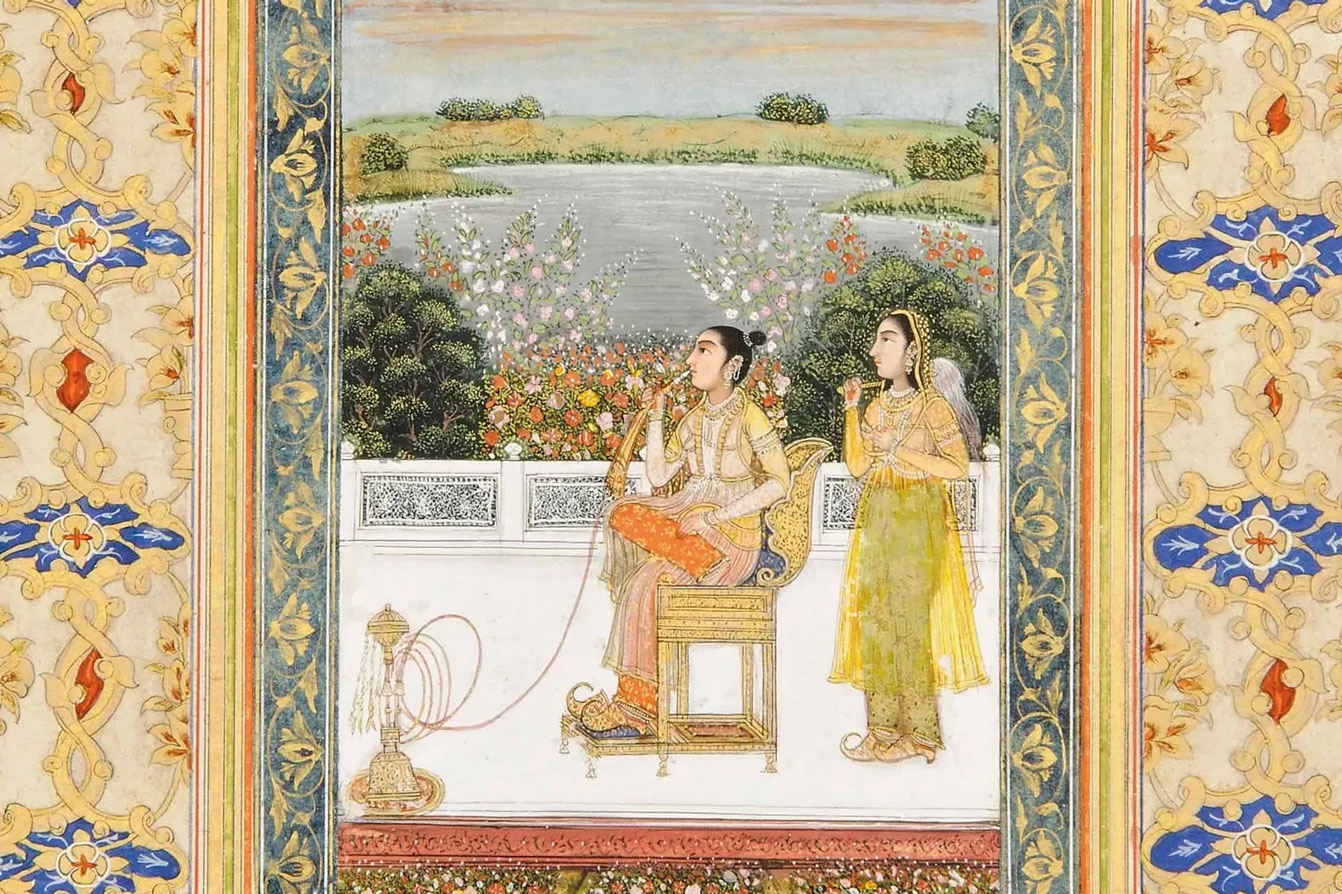
The Untold Story of the Vagabond Princess Gulbadan — With Ruby Lal
Ruby Lal joins New Lines’ Rasha Elass on this week’s episode of The Lede, to discuss the fascinating life of Mughal Princess Gulbadan, who left the walled harem of her nephew Emperor Akbar in Agra to undertake a dangerous extended pilgrimage to Mecca.
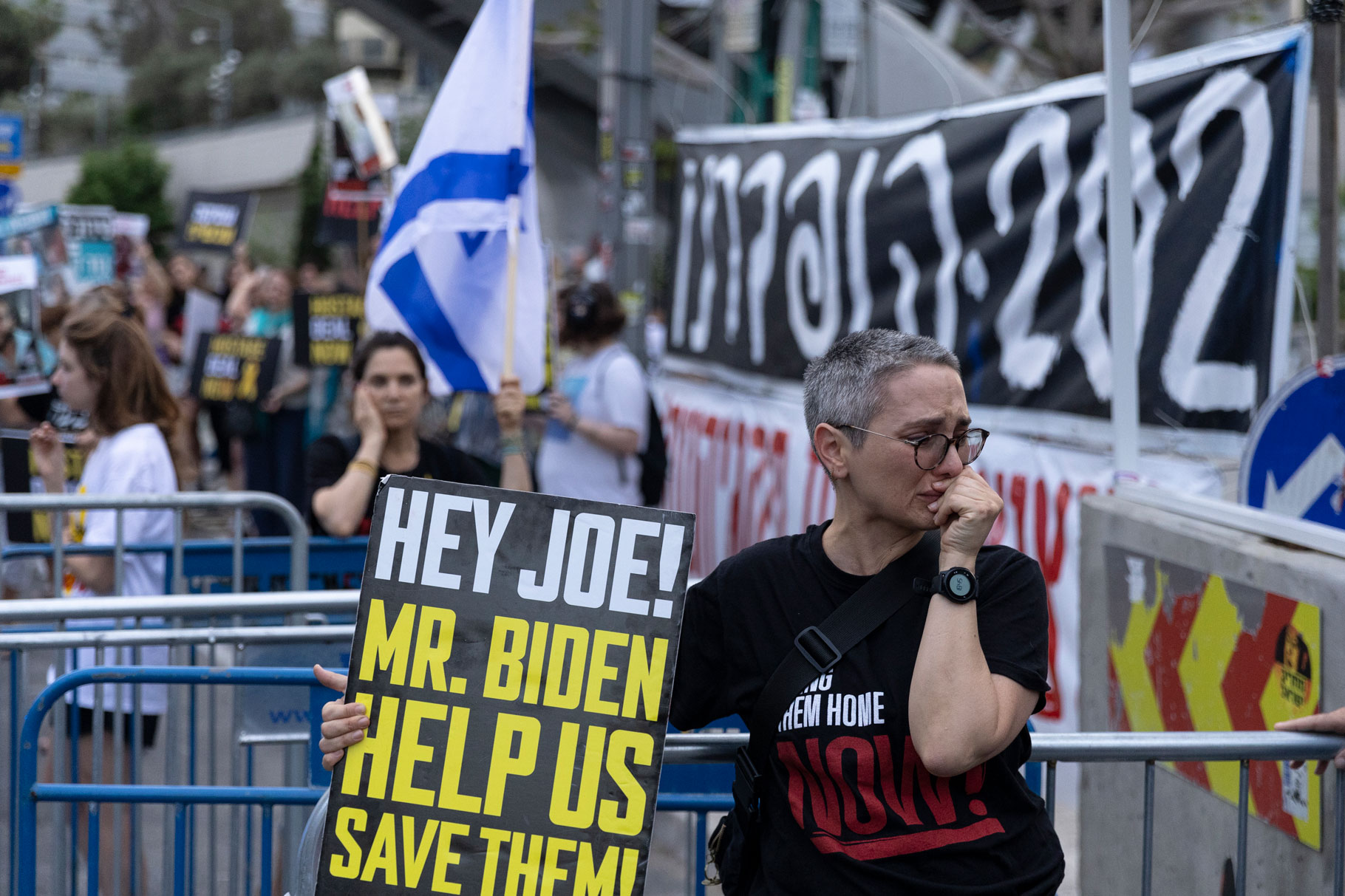
Living in a State of Hopelessness: On the Ground in Israel — With Lisa Goldman
“What I saw in Israel, and also in Palestine, was a sense of fatalism. Everybody I spoke to seemed to be in a terrible state of nervous agitation.” New Lines’ Contributing Editor Lisa Goldman breaks down her recent reporting trip to Israel with Kwangu Liwewe on Global Insights.
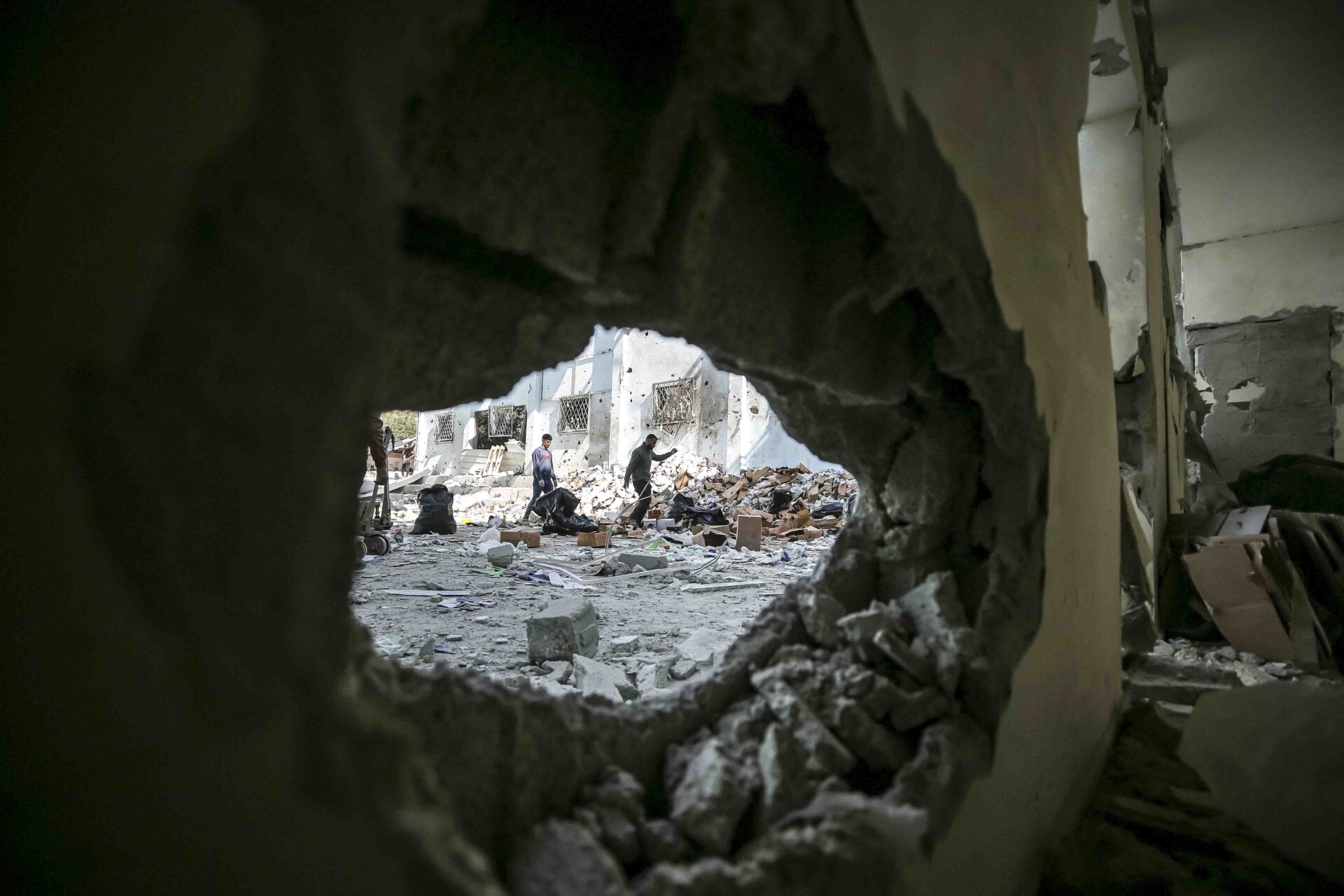
On the Ground in Gaza — With Arwa Damon
“Going into Gaza, that pit of fear was more like a web that sat on my chest and never settled.” Returning from a humanitarian trip to Gaza, veteran CNN correspondent Arwa Damon sits down with Faisal Al Yafai on The Lede for a rare insight into life in Gaza from the perspective of a Western journalist.
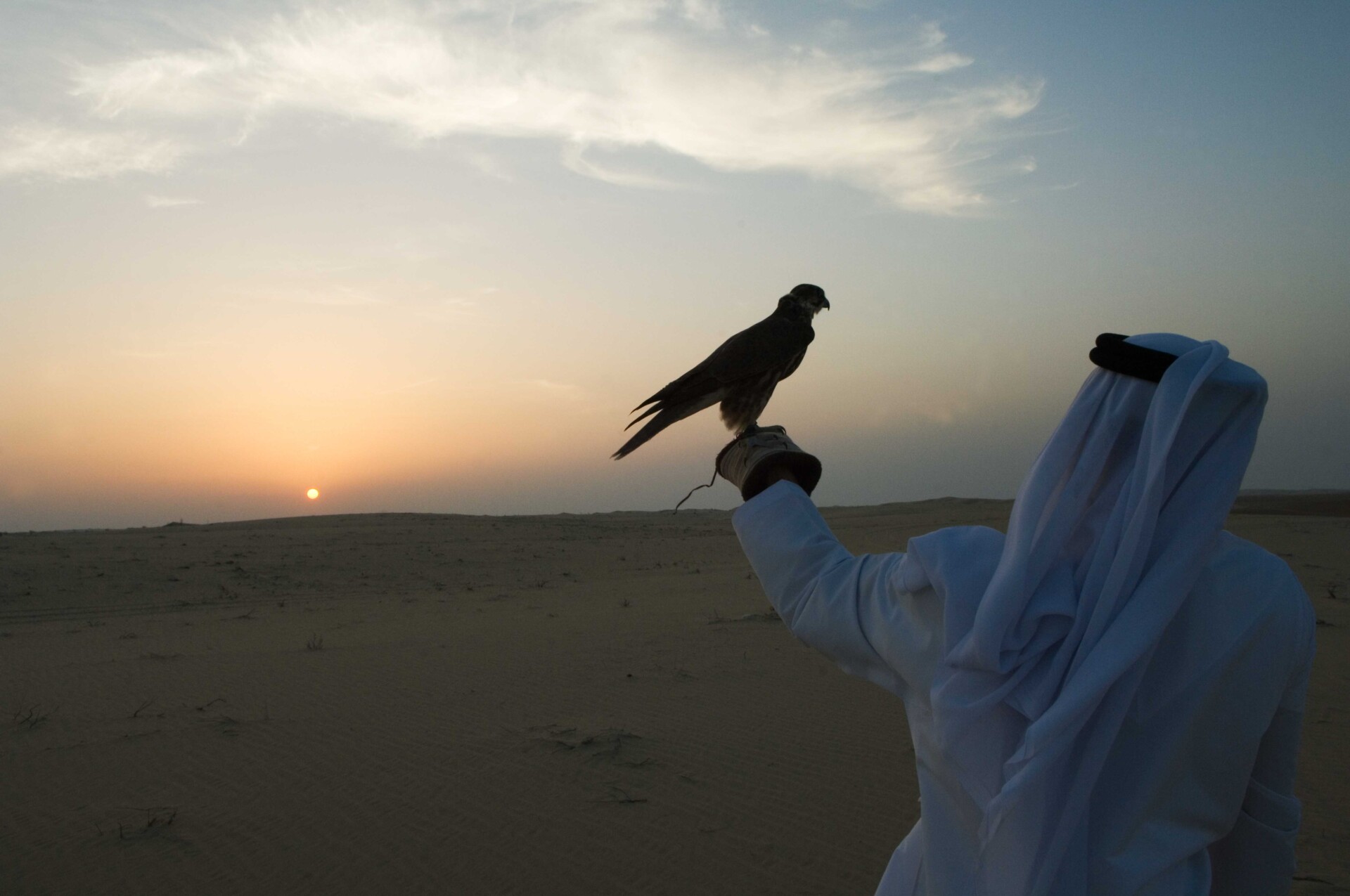
A Portal to Another World: Translating Early Arabic Poetry — With James Montgomery
James Montgomery, Sir Thomas Adams's professor of Arabic at the University of Cambridge, tells New Lines’ Lydia Wilson how the early Arabic hunting poetry in his latest book is a portal into another world, on this week’s episode of The Lede.
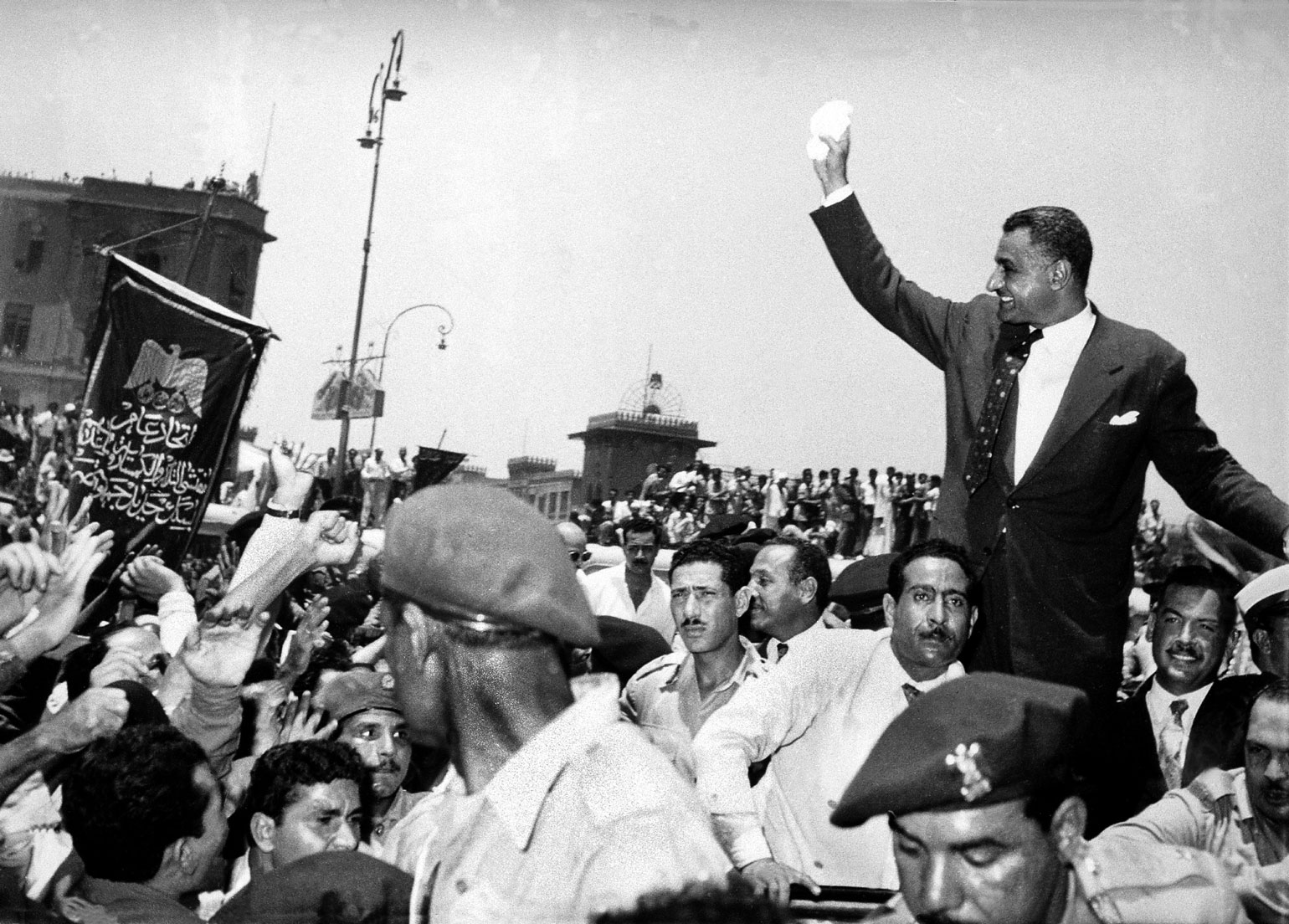
Rethinking Nasser: A New Look at One of the Arab World’s Most Polarizing Figures — With Alex Rowell
Is the legacy of former Egyptian President Gamal Abdel Nasser due for a rethink? New Lines’ Online Editor Alex Rowell thinks so. On this week’s episode of The Lede he discusses his new book, “We Are Your Soldiers: How Gamal Abdel Nasser Remade the Arab World.”
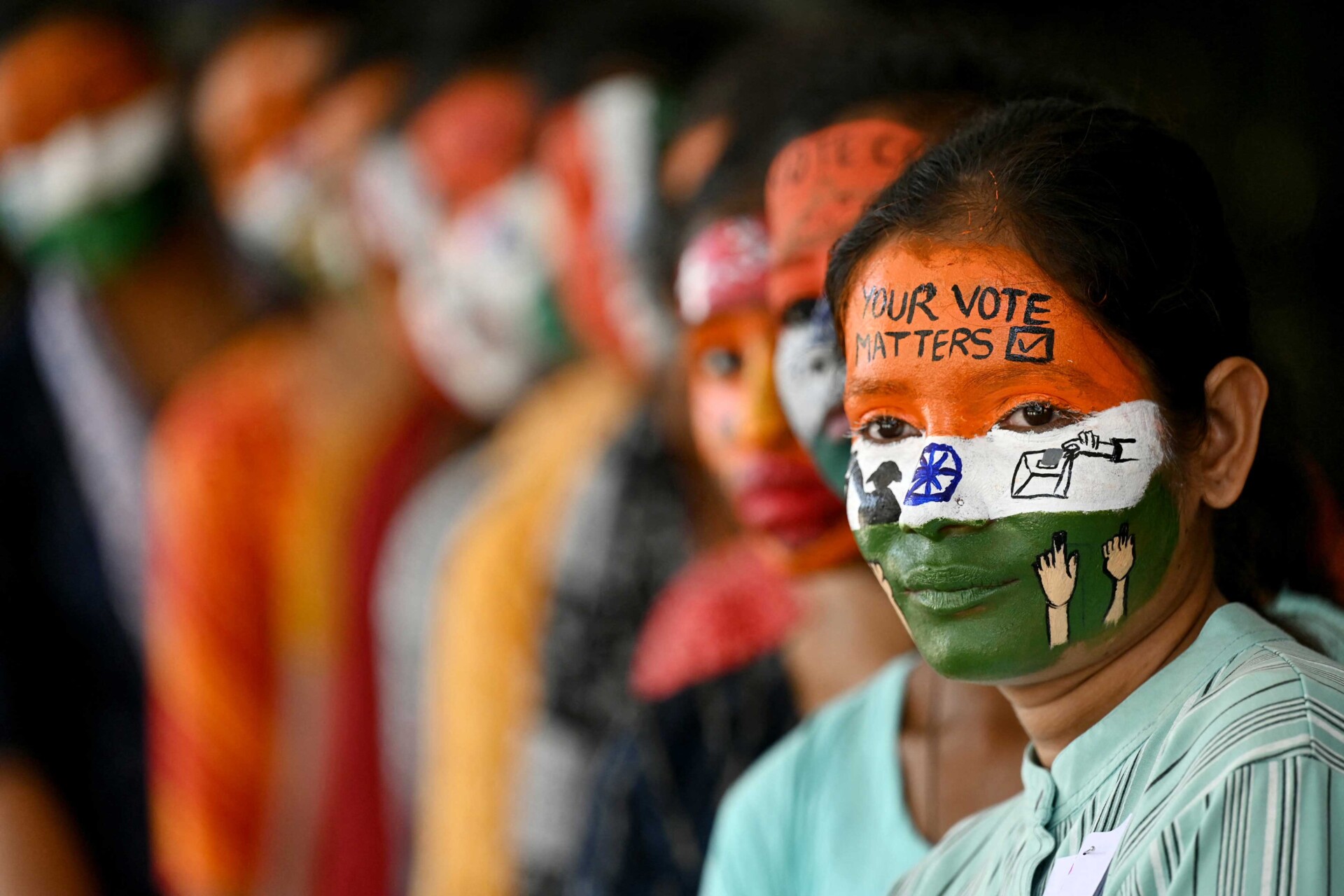
Democracy and Controversy in the World’s Largest Elections — With Surbhi Gupta
In a year of elections across the globe, none will be bigger in scale than that in India, where nearly 1 billion people are eligible to vote. “In the seven decades since India got its independence, democracy has been its identity,” Surbhi Gupta tells Kwangu Liwewe on The Lede. But with elections coming up in April, Gupta and Liwewe explore whether that commitment to democracy is as strong as it once was.
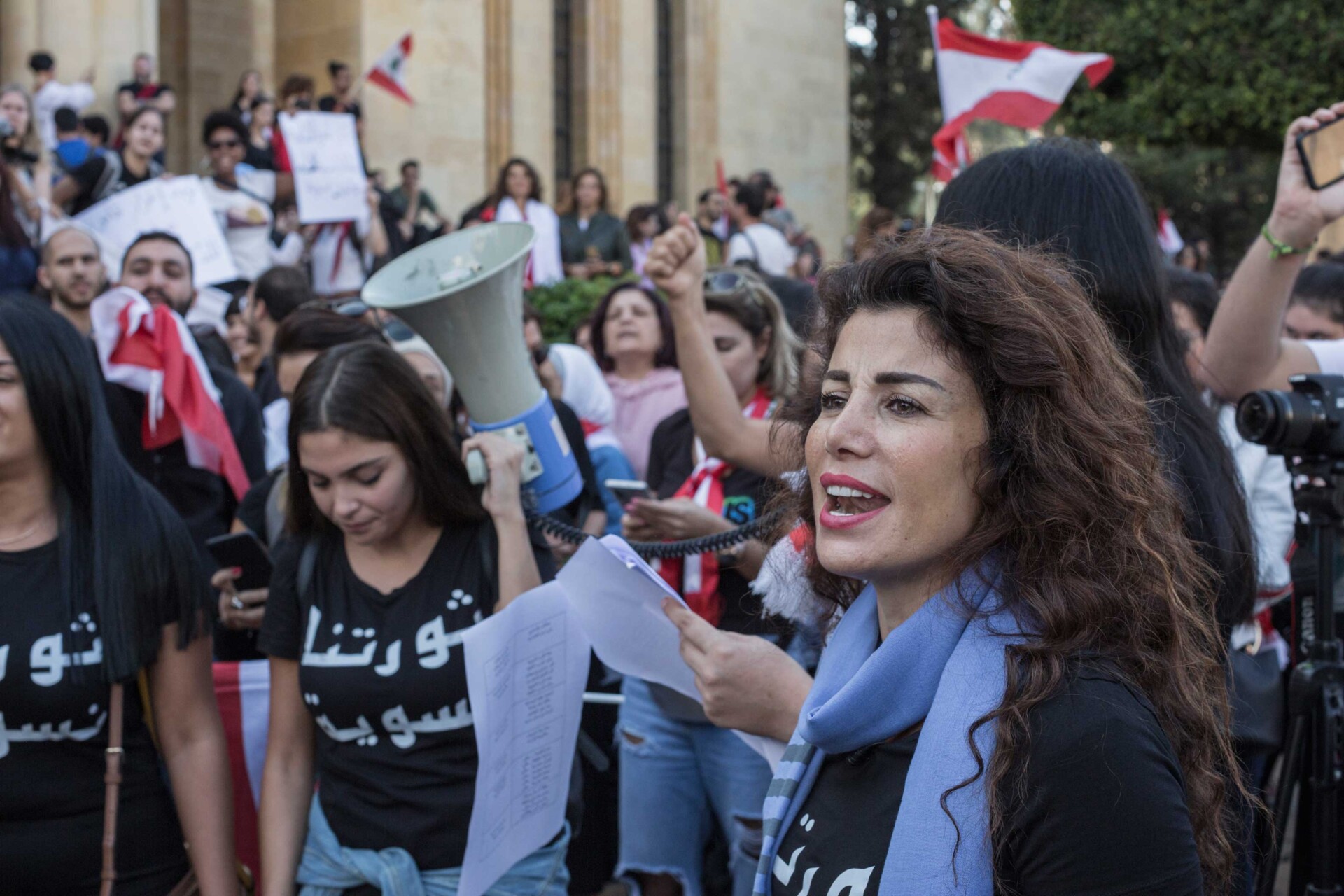
In the Firing Line — With Joumana Haddad and Faisal Al Yafai
“War changes you. It doesn’t necessarily make you a tougher person or a better person or a worse person, but it is a training on the art of dying.” Lebanese author Joumana Haddad tells New Lines’ Faisal Al Yafai about the events that shaped her insistence on living a political life.
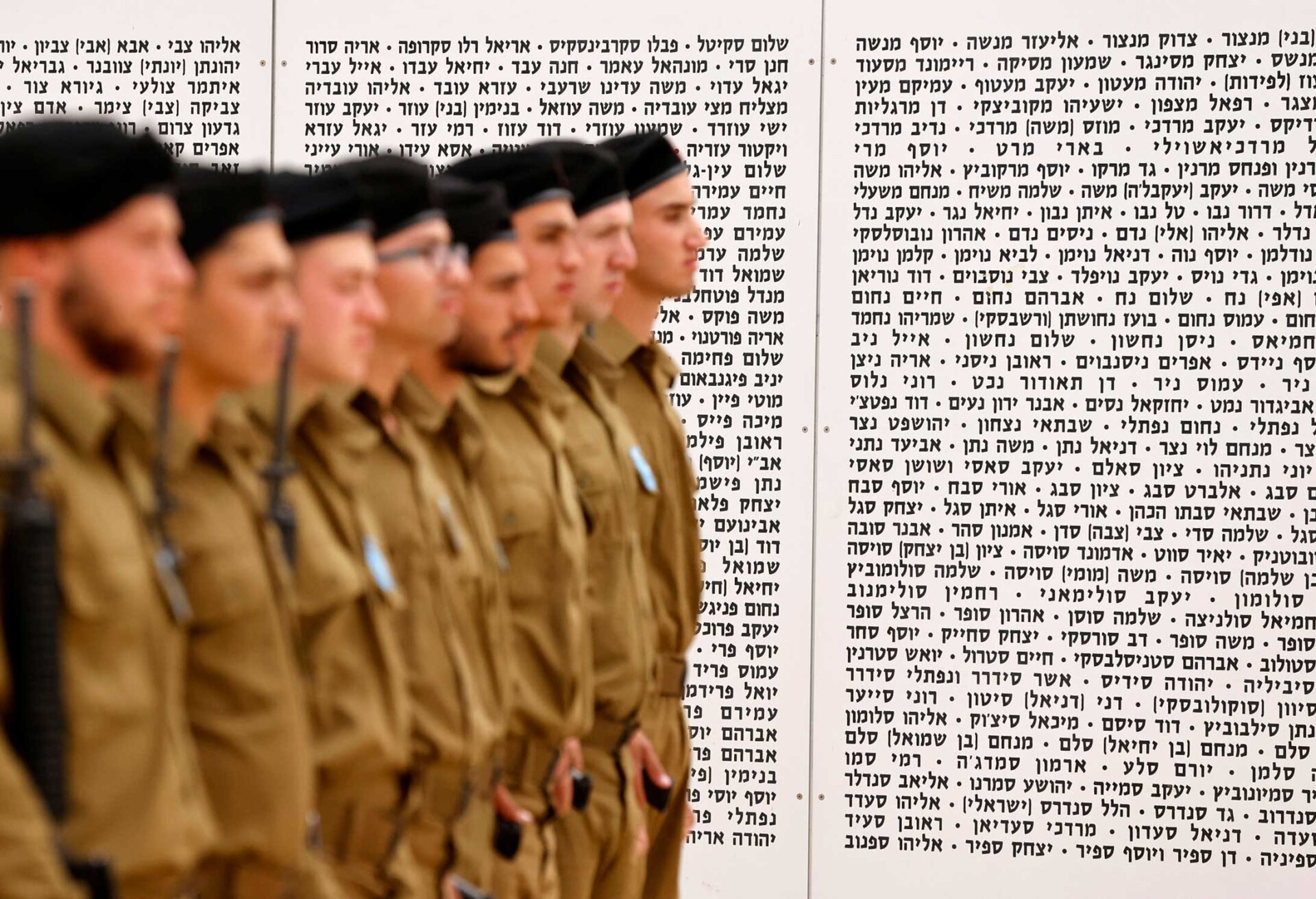
One Day on TV: Israel’s Media War — With Laliv Melamed
Laliv Melamed discusses her book “Sovereign Intimacy” with New Lines’ Lisa Goldman, looking into how home movies about fallen soldiers have helped shape the narrative about Israel’s ongoing occupation and war in Gaza.
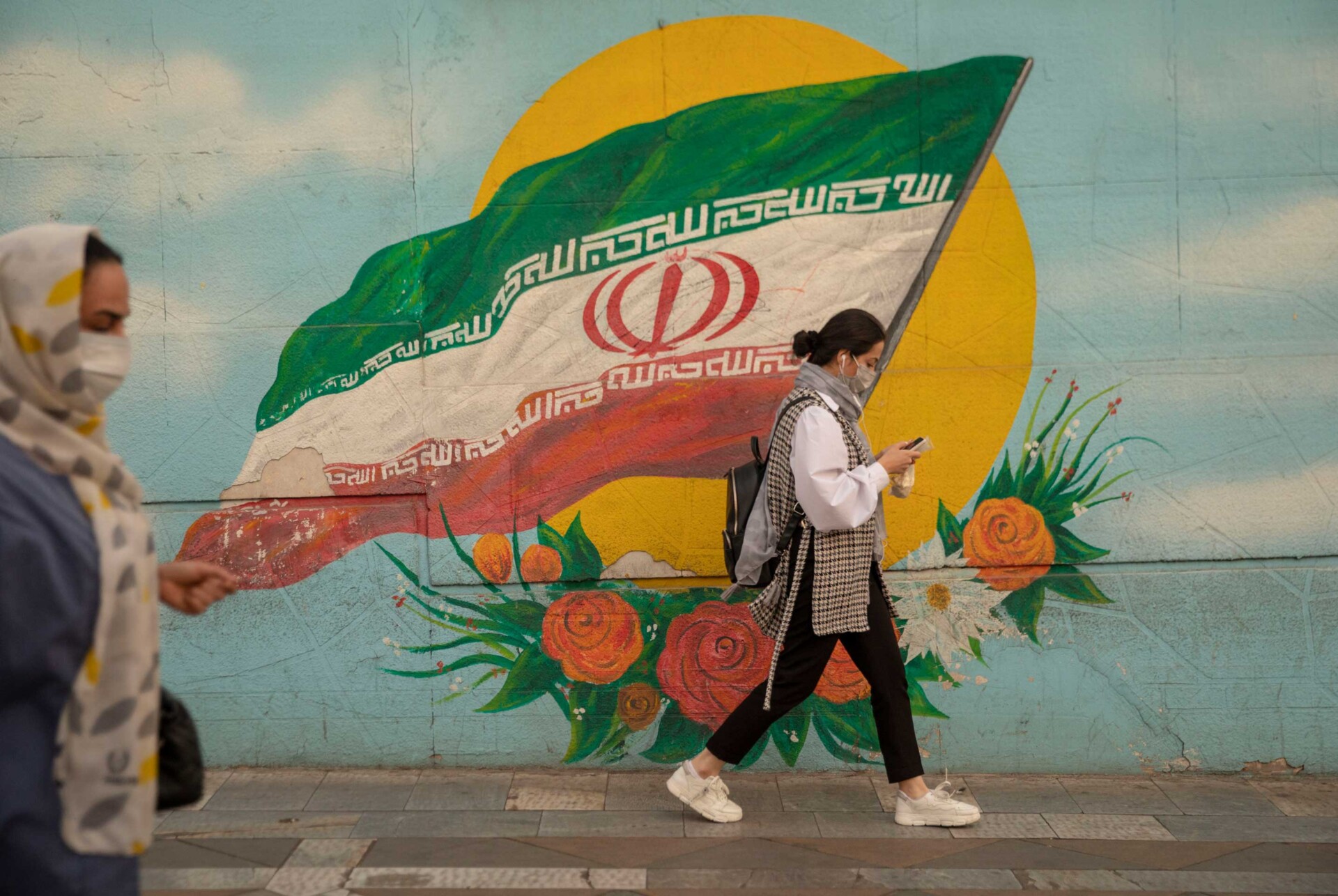
Women, Life, Freedom: Iran’s Protest Movement Today — With Arash Azizi
The 2022 “Woman, Life, Freedom” movement in Iran wasn’t able to change the government, Arash Azizi tells New Lines’ Danny Postel on The Lede, “but I think the movement really opened up questions of political change and the political future of the Islamic Republic in an unprecedented way. … It certainly made a mark on Iranian political history, and it will definitely color all future attempts for change.”
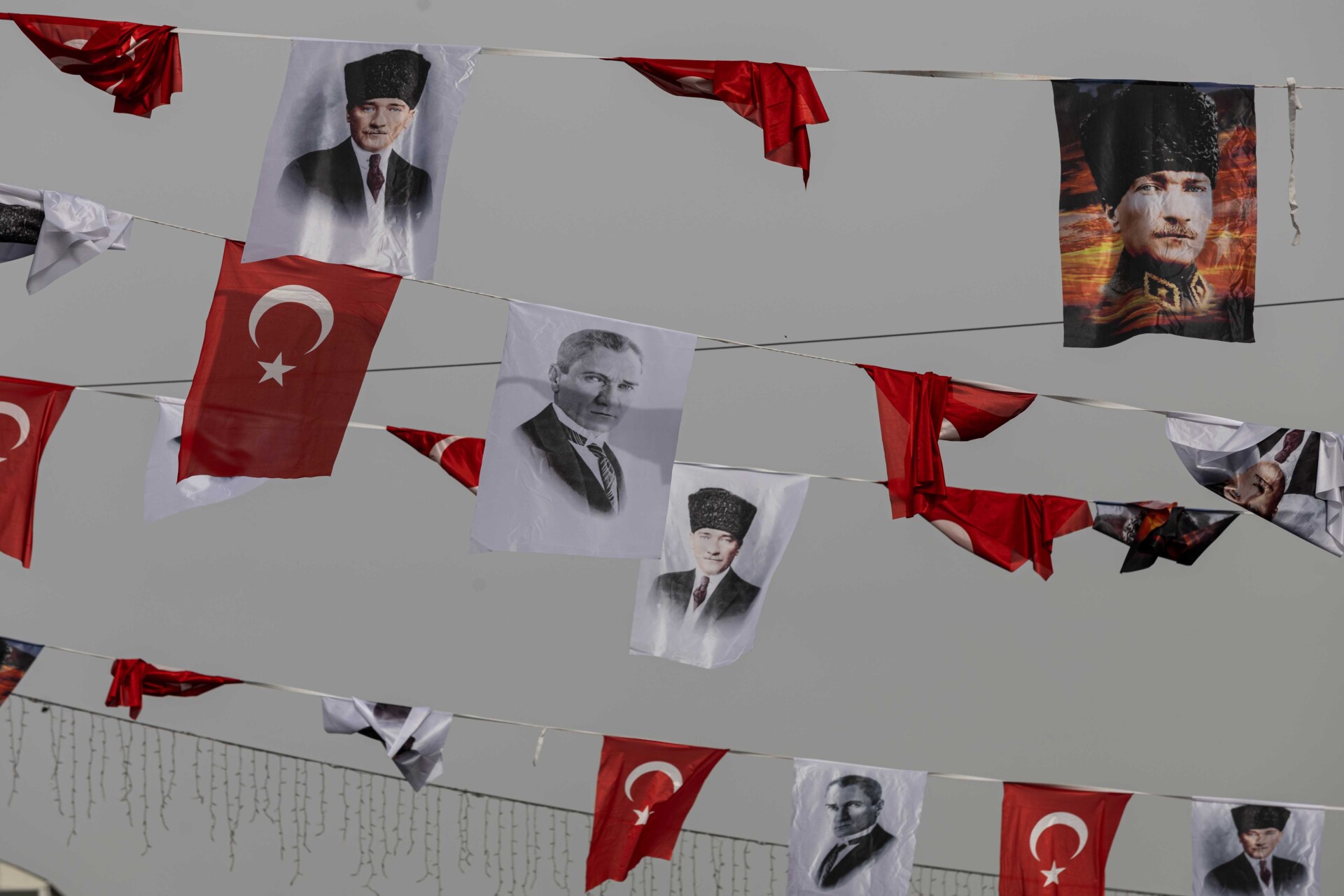
A Century After the End of the Ottoman Caliphate — With Ryan Gingeras
“If you dive deeper into everyday life in various parts of the former Ottoman world, elements of that culture endure. You can see it in the language, you see it in the cuisine. You see it to some degree in communal relations. It’s still very much with us.” Ryan Gingeras talks to New Lines’ Faisal Al Yafai about the end of the Ottoman Empire on The Lede.
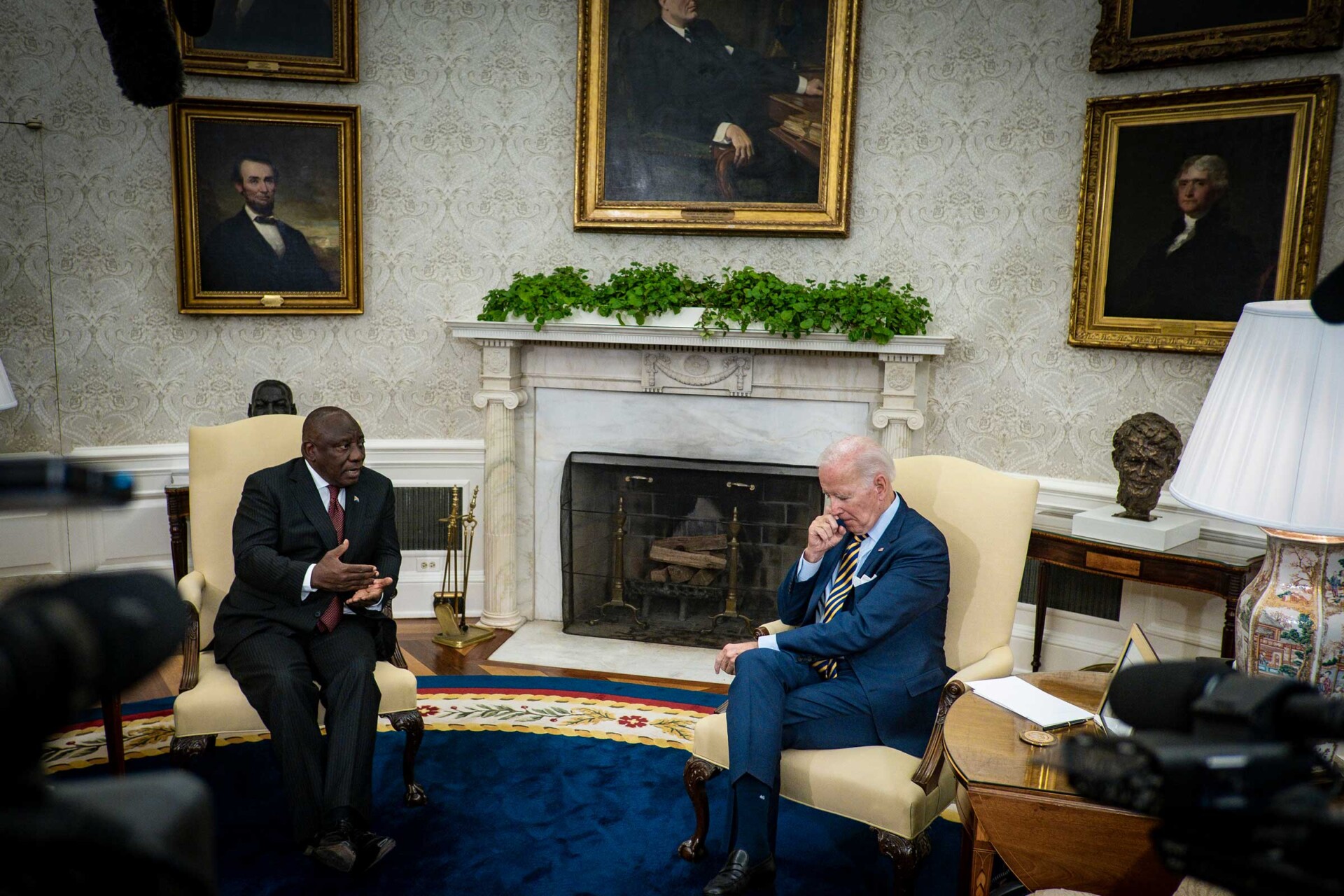
South Africa-US Relations at a Crossroads
The recent decision by South Africa, a longtime ally of Palestine, to take Israel to the International Court of Justice (ICJ) on accusations of genocide sent shock waves through the global community.
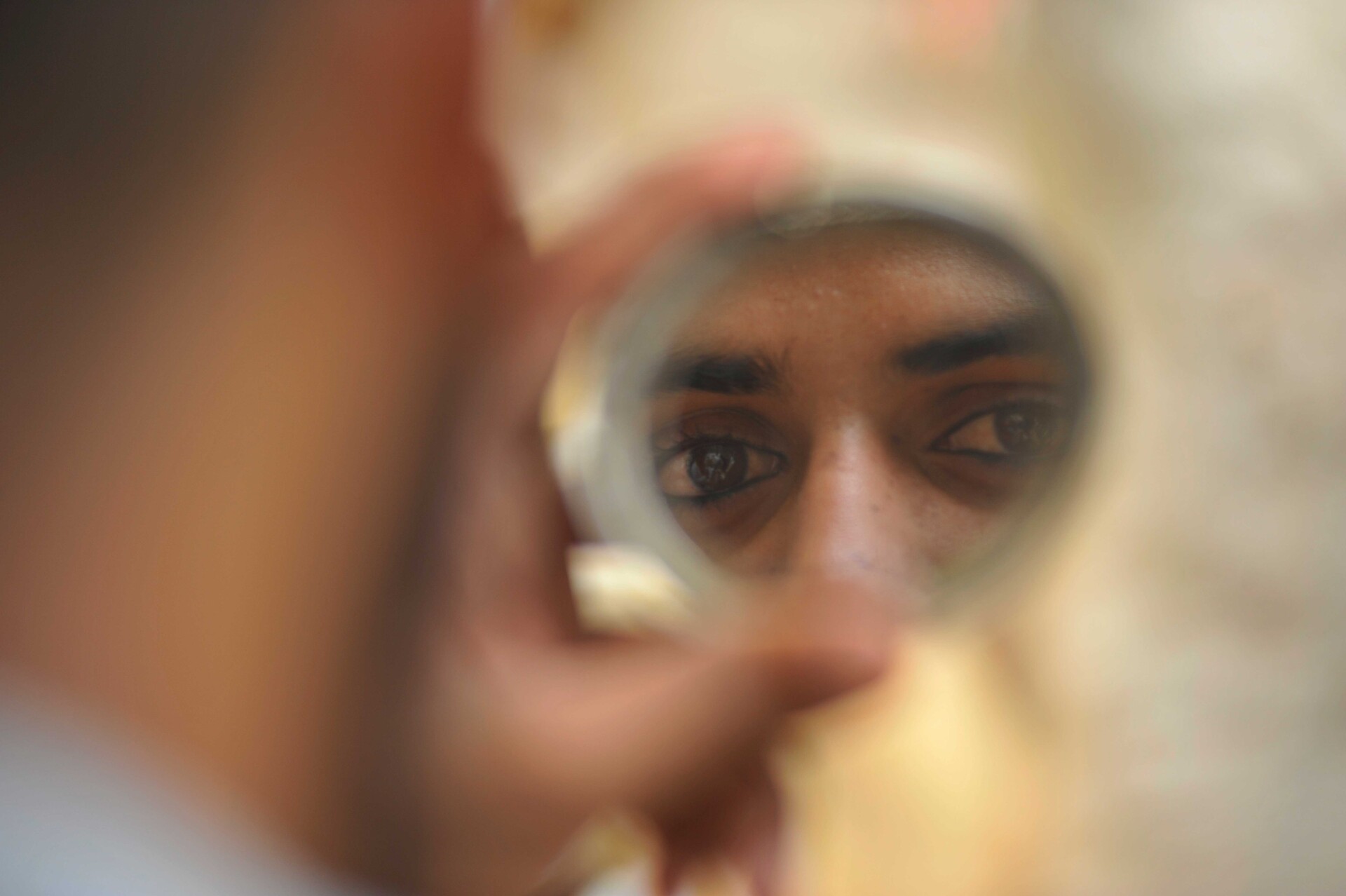
More Than Meets the Eye: Looking Twice at the History of Eyeliner — With Zahra Hankir
“This is not just a makeup product, it’s not just a cosmetic. It carries within it so much meaning that goes far beyond beauty.” Writer Zahra Hankir joins New Lines’ Ola Salem for a discussion about the unexpectedly rich history of eyeliner.
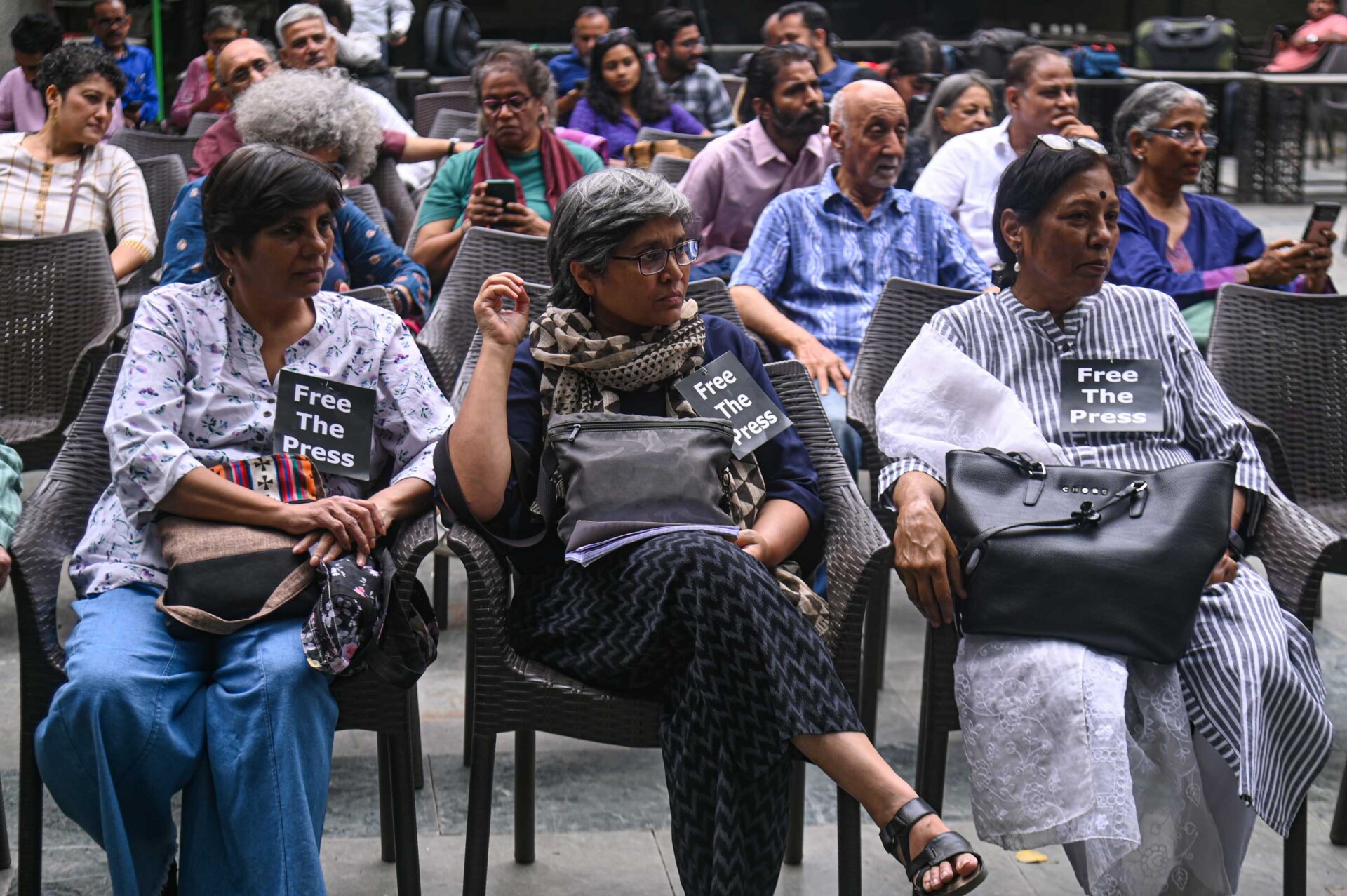
The War on India’s Free Press — with Manisha Pande and Samar Halarnkar
“There’s a complete and near total capture of mainstream voices, especially the loudest voices, the most prominent voices,” says Manisha Pande, managing editor at Indian media watchdog Newslaundry. “It is not an exaggeration to say that, when you turn on the television today, it’s very close to what you see in non-democracies like Russia,” she tells New Lines’ Surbhi Gupta.
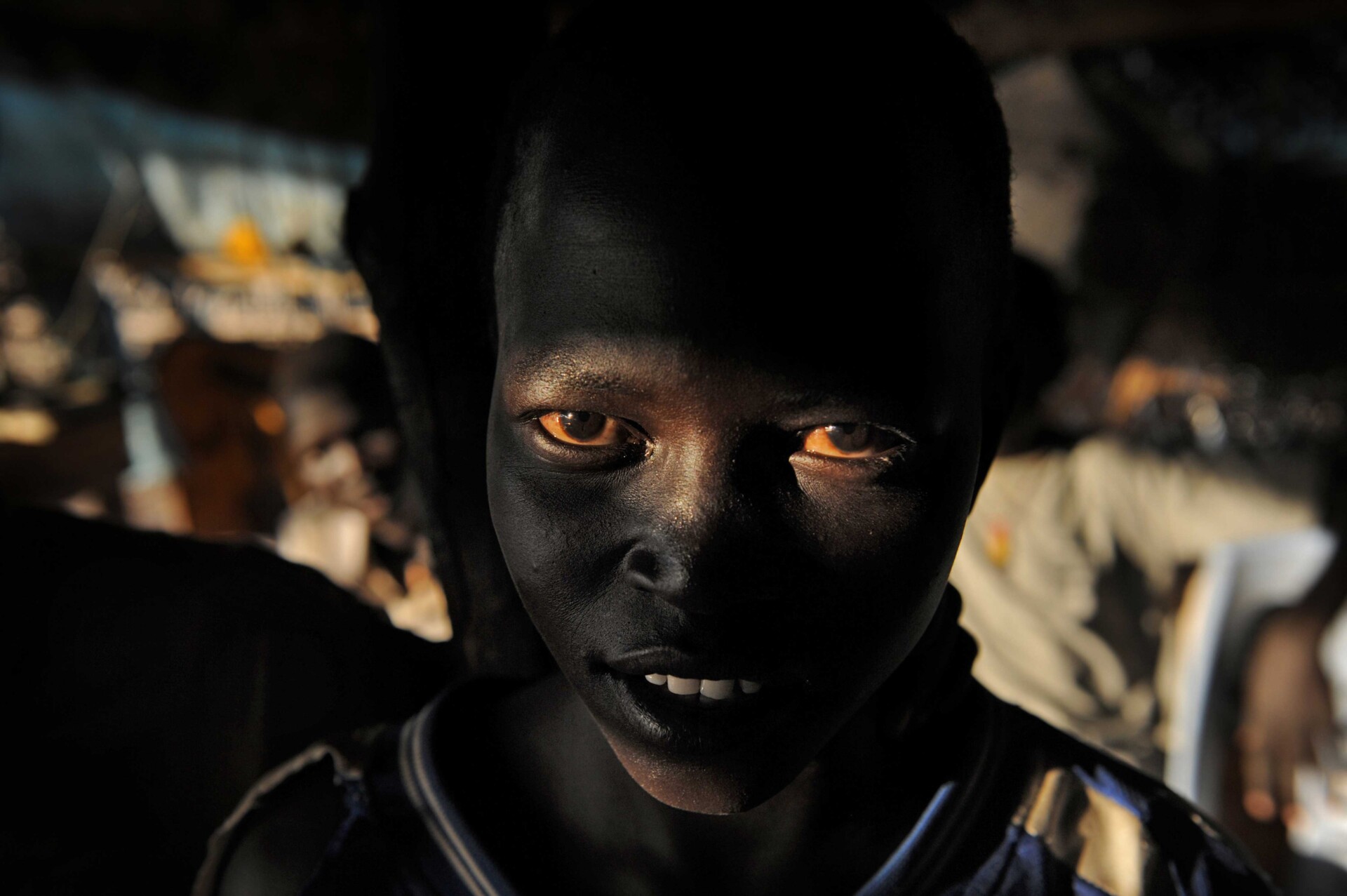
In South Sudan, Political Rivalries Fuel Conflict
When it gained independence from Sudan in 2011, South Sudan emerged as the world’s newest nation. However, two years later…
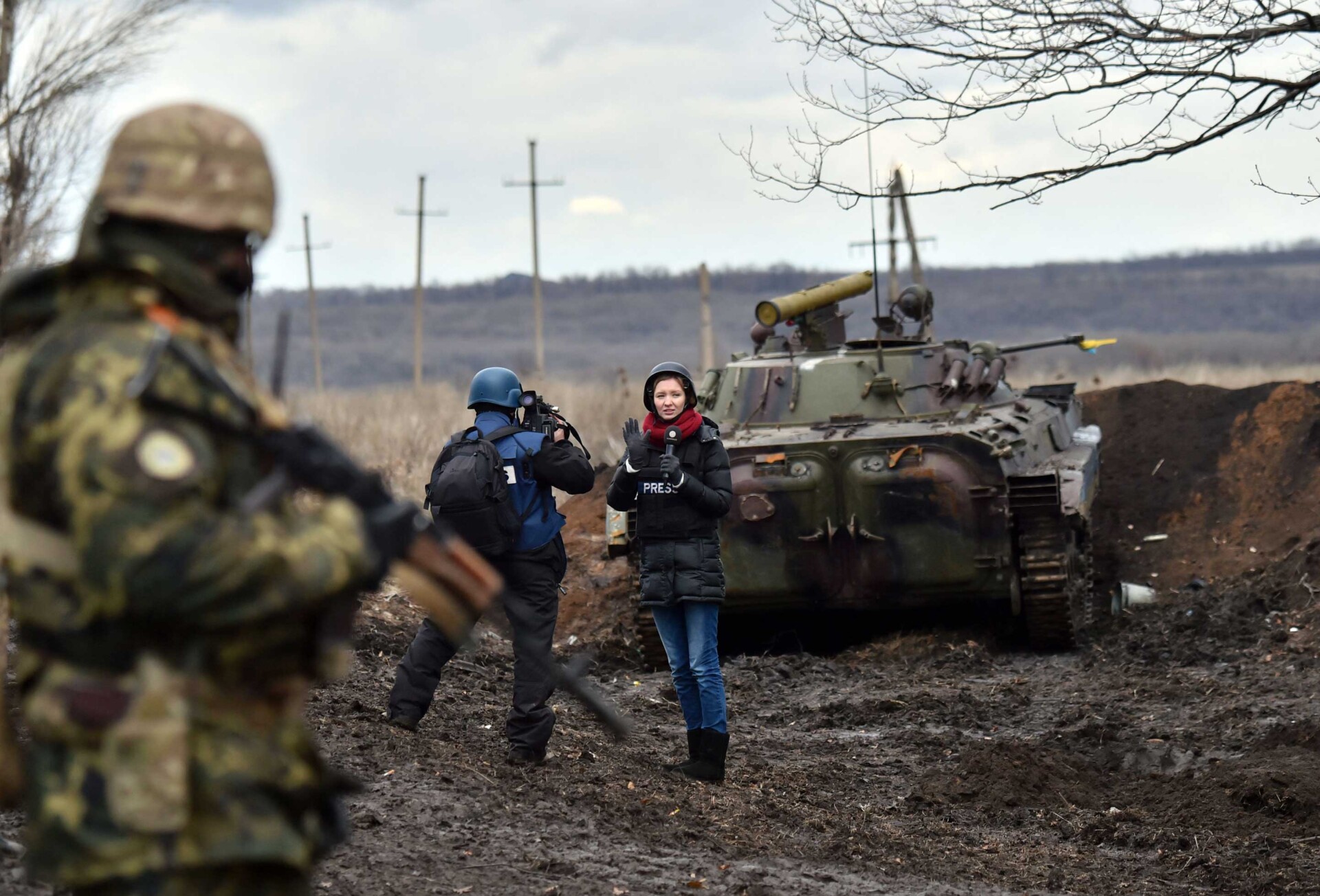
Dispatches from Forever Wars – with Nabih Bulos and Bel Trew
“You know, if you’ve covered conflict before, that the world’s focus is fickle. And there will be a point where the cameras shift, the spotlight shifts. … As a journalist who becomes obviously invested and cares and talks to people and makes friendships with people when you’re on a front line, you almost feel like it is a betrayal.” Conflict reporter Bel Trew tells New Lines’ Faisal Al Yafai about the challenges of covering “forever wars” on The Lede.
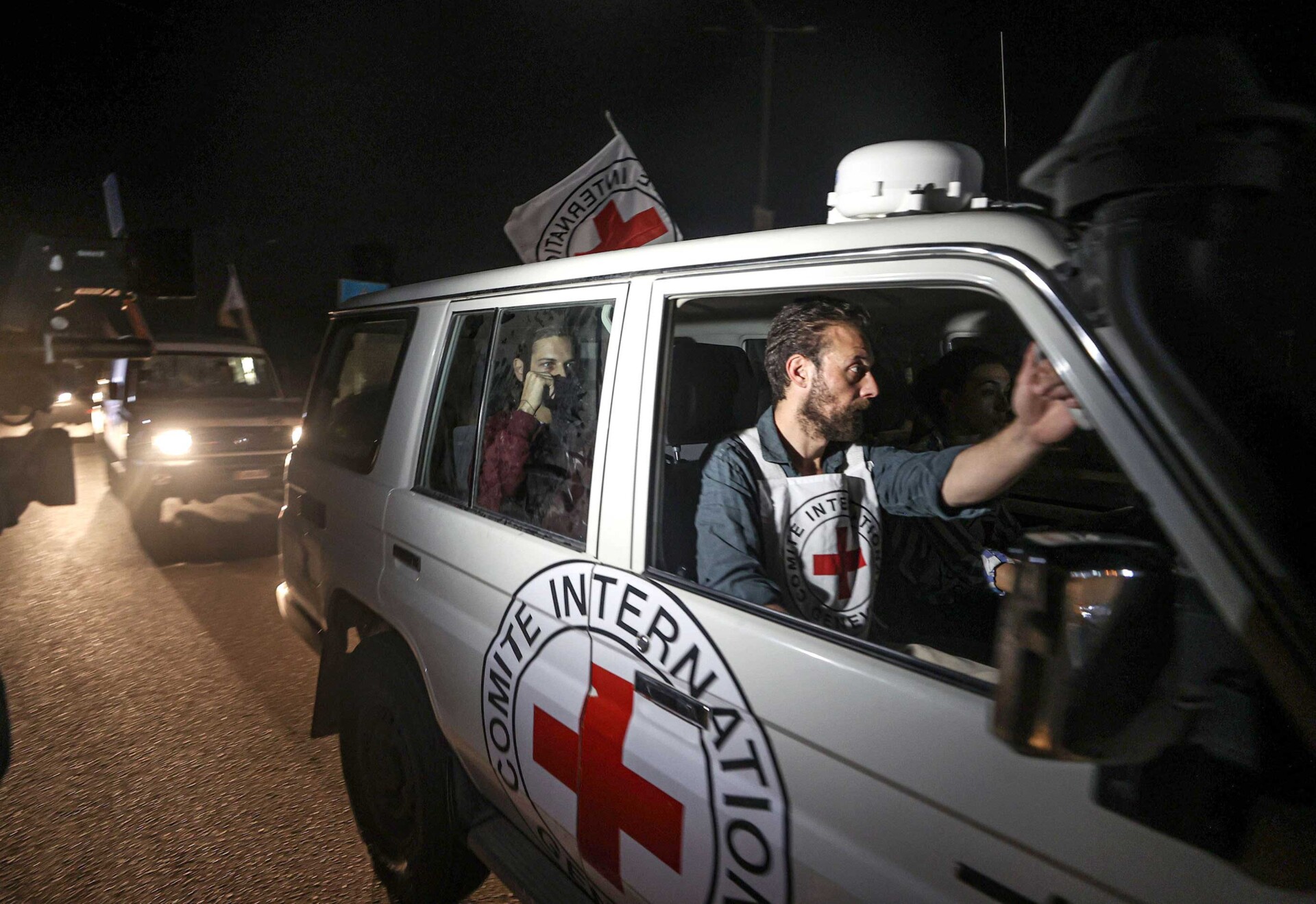
Gaza and the Ethics of Negotiation – with Pierre Hazan
“When you are confronted with excruciating dilemmas, you are trying to identify the lesser evil. It’s not a perfect solution, it’s not even a good solution, but it’s possibly a lesser evil.” Veteran negotiator Pierre Hazan joins New Lines’s Lydia Wilson to discuss negotiation in conflict, from the former Yugoslavia to the ongoing war in Gaza.
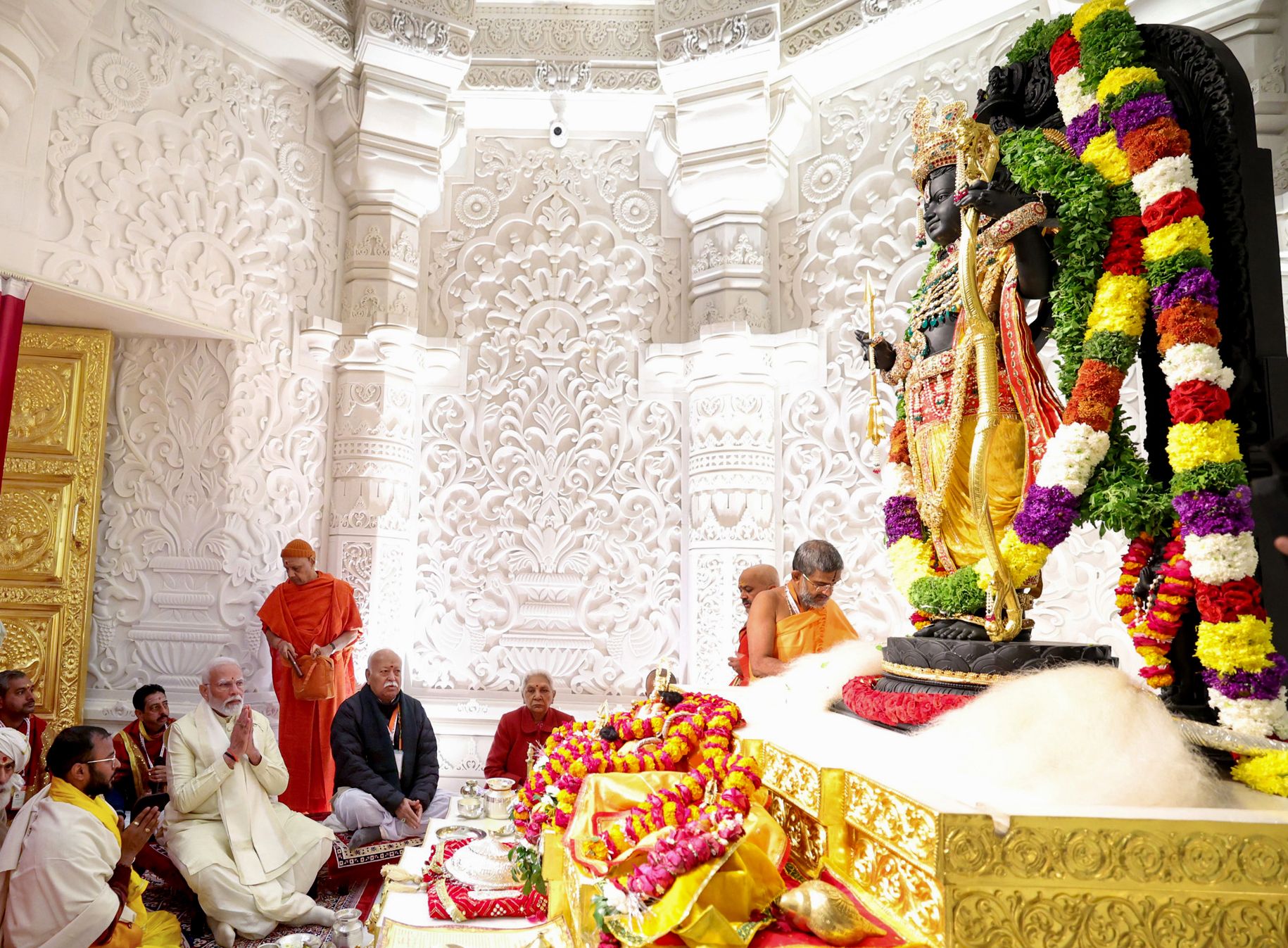
India’s Political Hinduism — with Nilanjan Mukhopadhyay
“We’re seeing the emergence of political Hinduism, with Mr. Modi being the chief priest.” Indian journalist Nilanjan Mukhopadhyay joins New Lines’ Surbhi Gupta to talk about what the opening of the Ram Temple means for India's secular democracy.
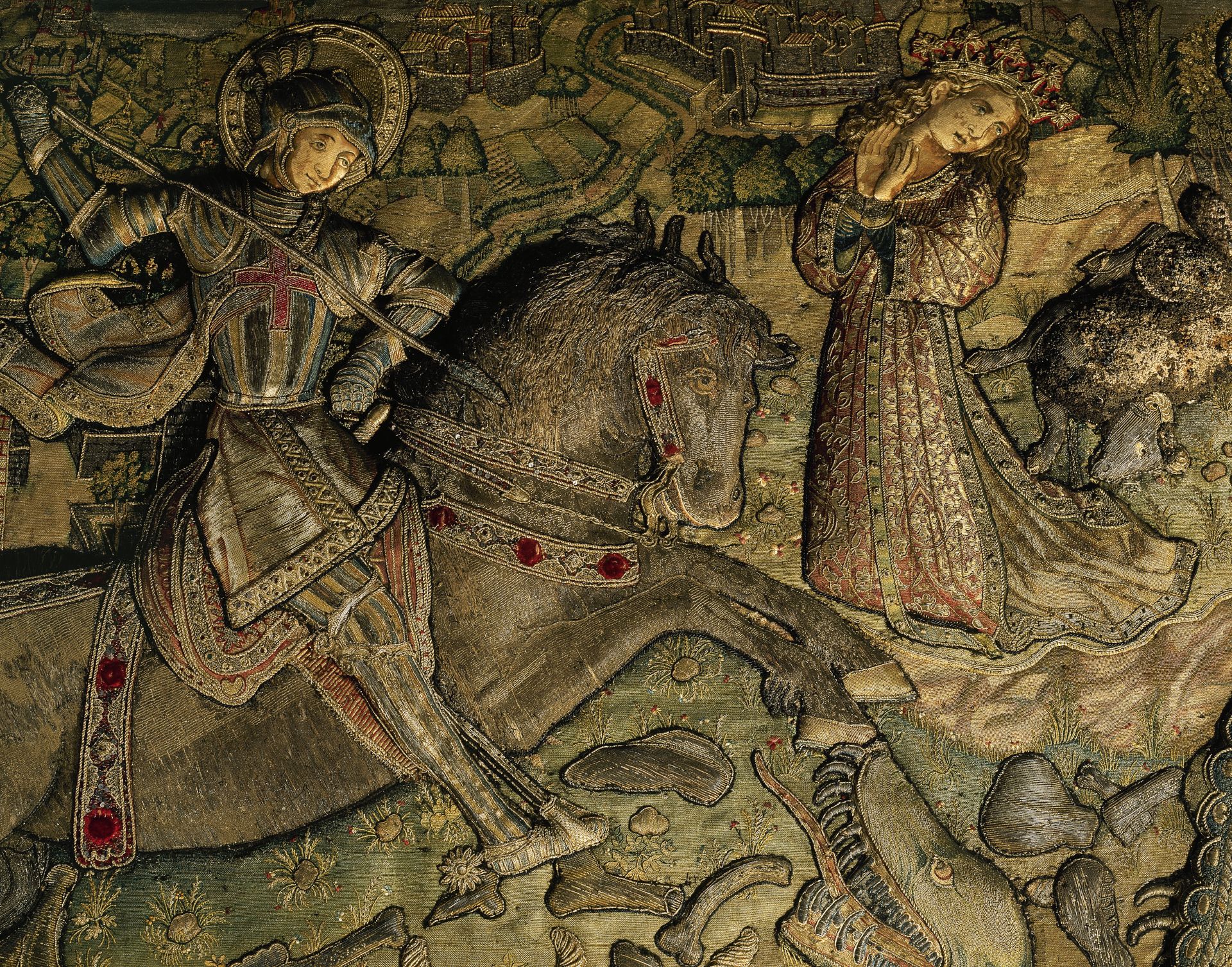
Past the Medieval Horizon — with Ian Mortimer
“If you only count enacted violence, we've got more peaceful, but that supposes the potential violence will never be unleashed." Medieval historian Ian Mortimer joins New Lines magazine’s Lydia Wilson on The Lede to talk about what the Middle Ages tell us about life today.
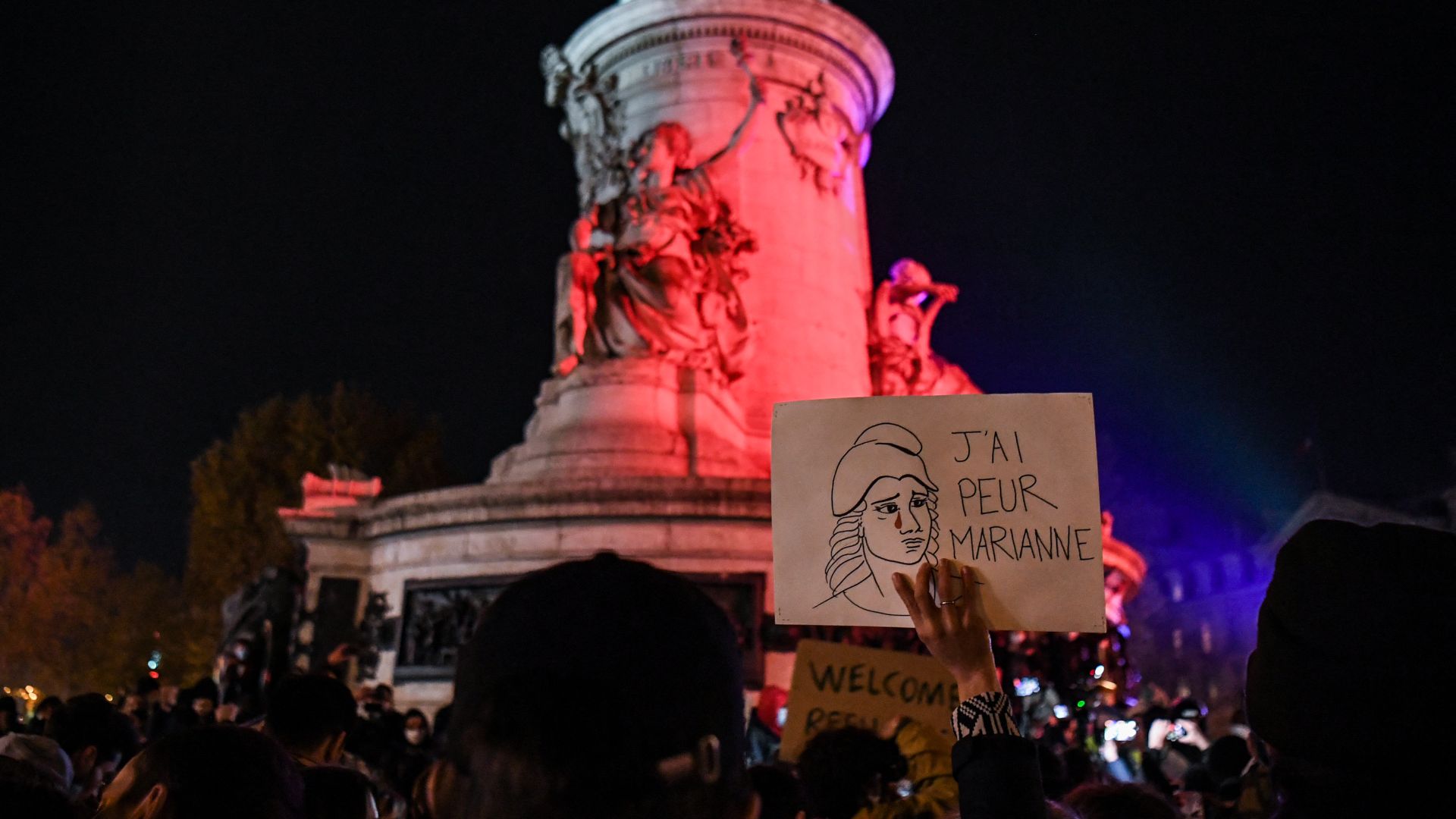
Paris Syndrome — with Nabila Ramdani
Crumbling institutions, civil strife and economic stagnation — can France be fixed? Nabila Ramdani breaks it down for New Lines magazine’s Faisal Al Yafai on The Lede.
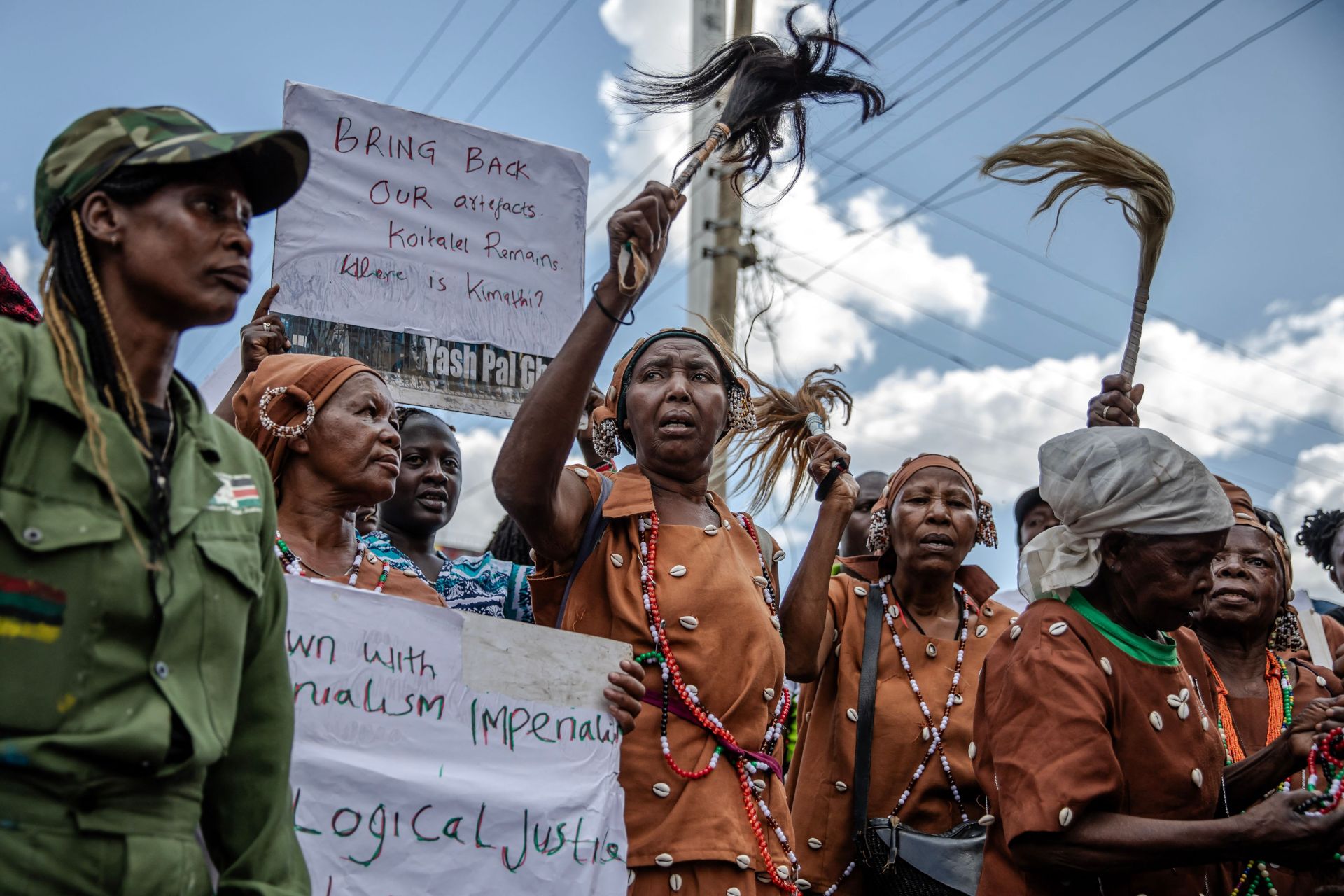
Africa Insights: An Era of Apology and Reckoning
In the past few years, a notable change has occurred in public statements concerning Africa’s history, with some former colonial powers acknowledging and apologizing for past abuses during their rule. However, the shift has raised questions of why now, and at what cost?
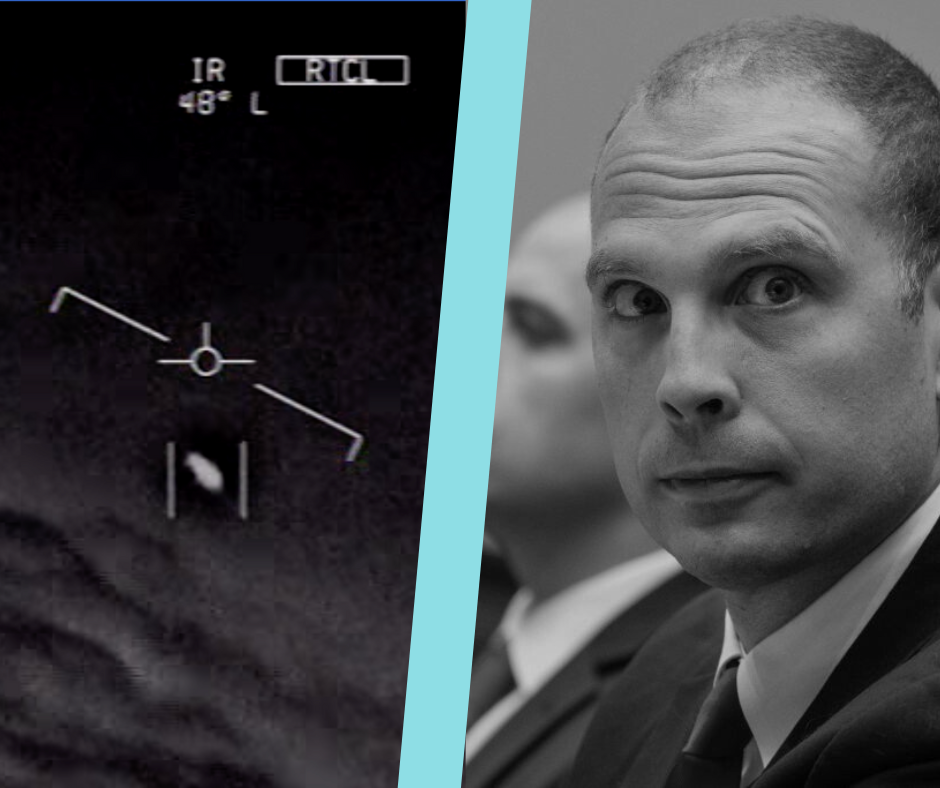
The Congressional Push for UAP Disclosure — with Daniel Sheehan
This month, U.S. lawmakers passed a bill that, for the first time, mandates the declassification and release of records held by government agencies on Unidentified Anomalous Phenomena. Constitutional lawyer Daniel Sheehan tells New Lines magazine's Rasha Elass what this all this means.
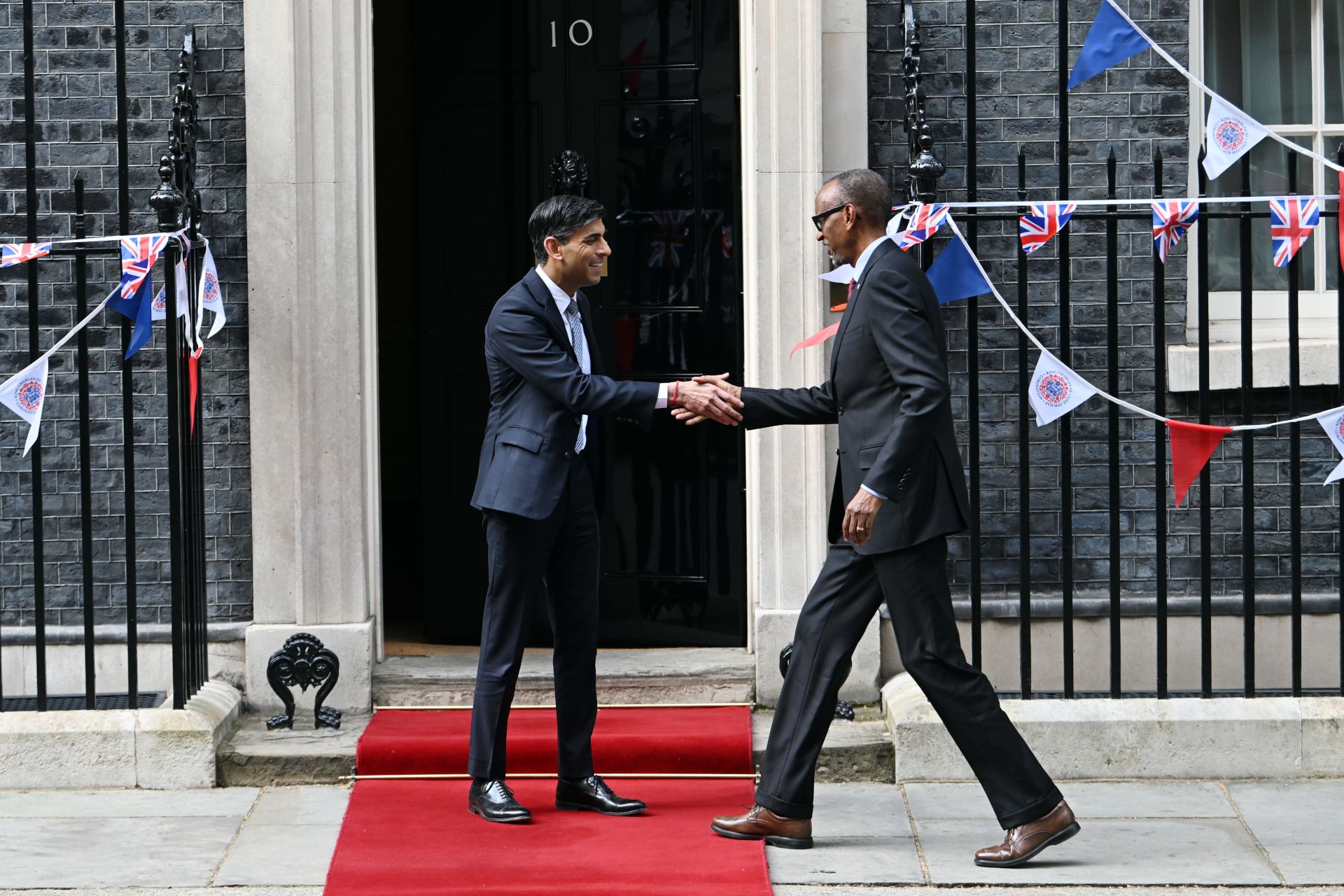
Africa Insights: UK-Rwanda Deal Still Falls Short
The U.K. government has introduced legislation to revive its scheme to send illegal migrants to Rwanda after the Supreme Court ruled that the plan is unlawful. Journalist Michela Wrong and security expert Kayumba Nyamwasa explain why the U.K. is keen on executing its plan.
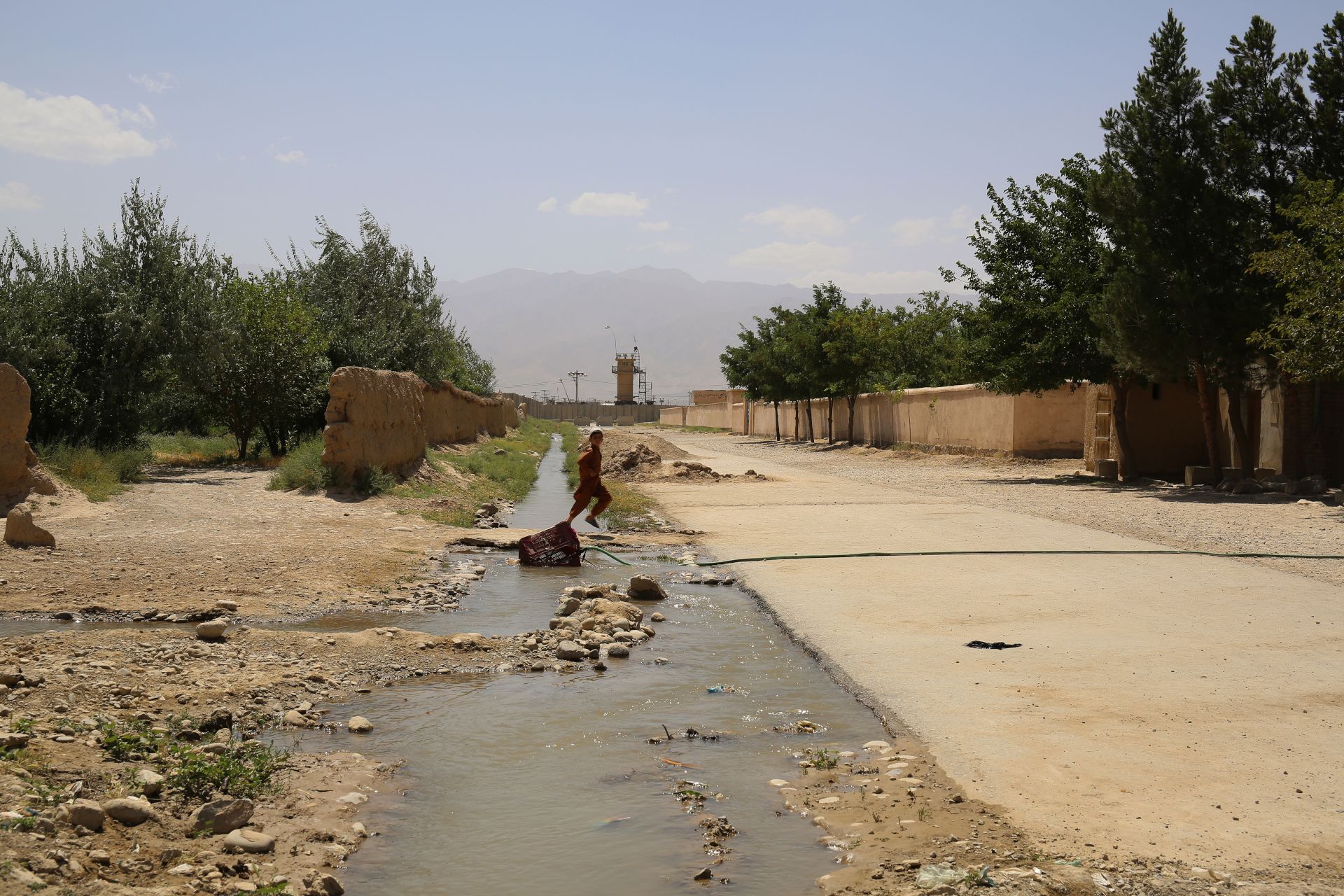
Investigating the State — with ‘Kunle Adebajo and Lynzy Billing
Investigative journalists ‘Kunle Adebajo and Lynzy Billing join New Lines magazine’s Amie Ferris-Rotman and Erin Clare Brown to go behind the scenes of their recent investigations in Nigeria and Afghanistan and the political changes they’ve brought about.
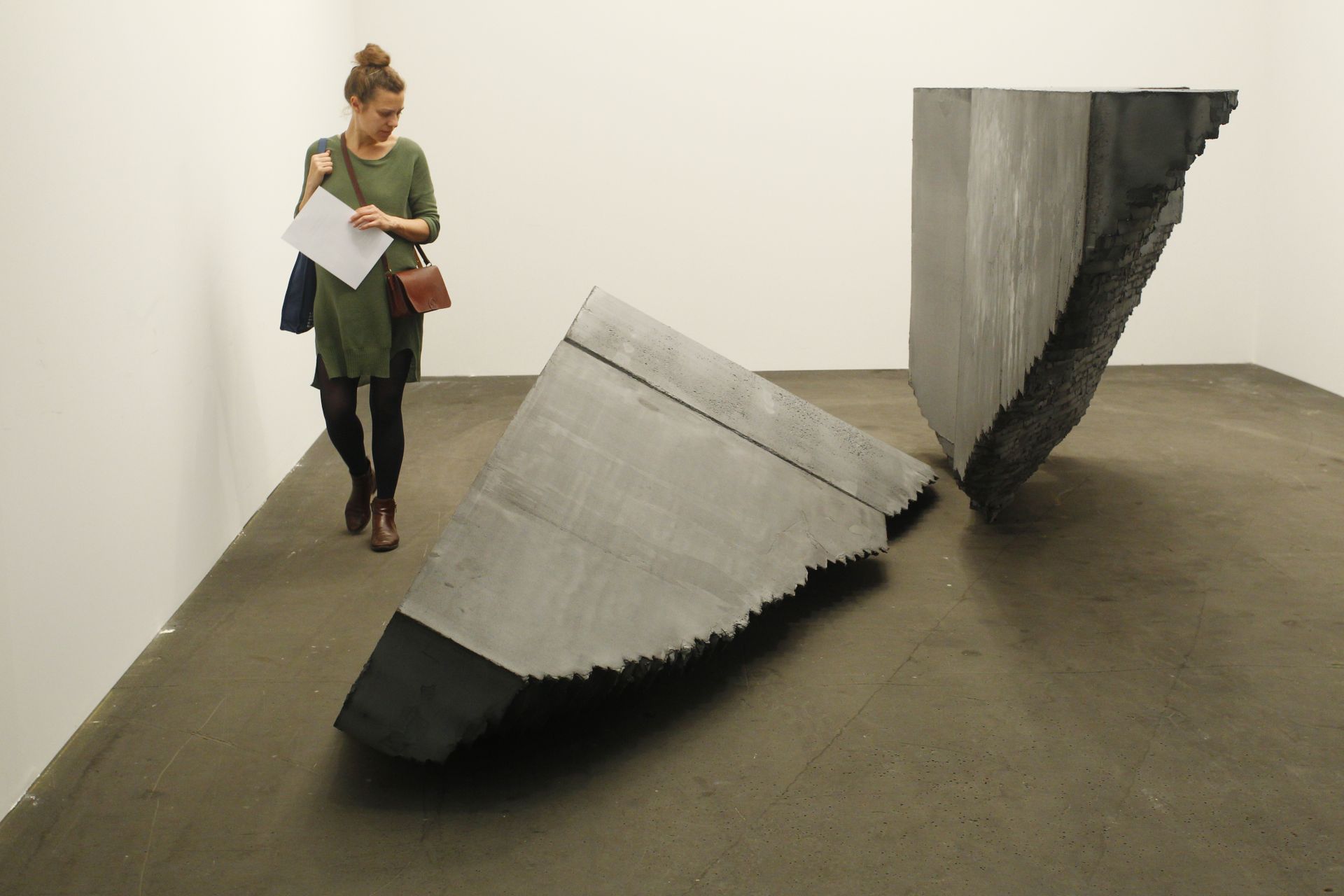
Arabesque Reimagined — with Rayyane Tabet
“I think that the tools we have at our disposal can help us challenge the very system that created these tools.” Lebanese sculptor Rayyane Tabet joins New Lines magazine’s Rasha Elass to talk about reimagining the past and present through art.
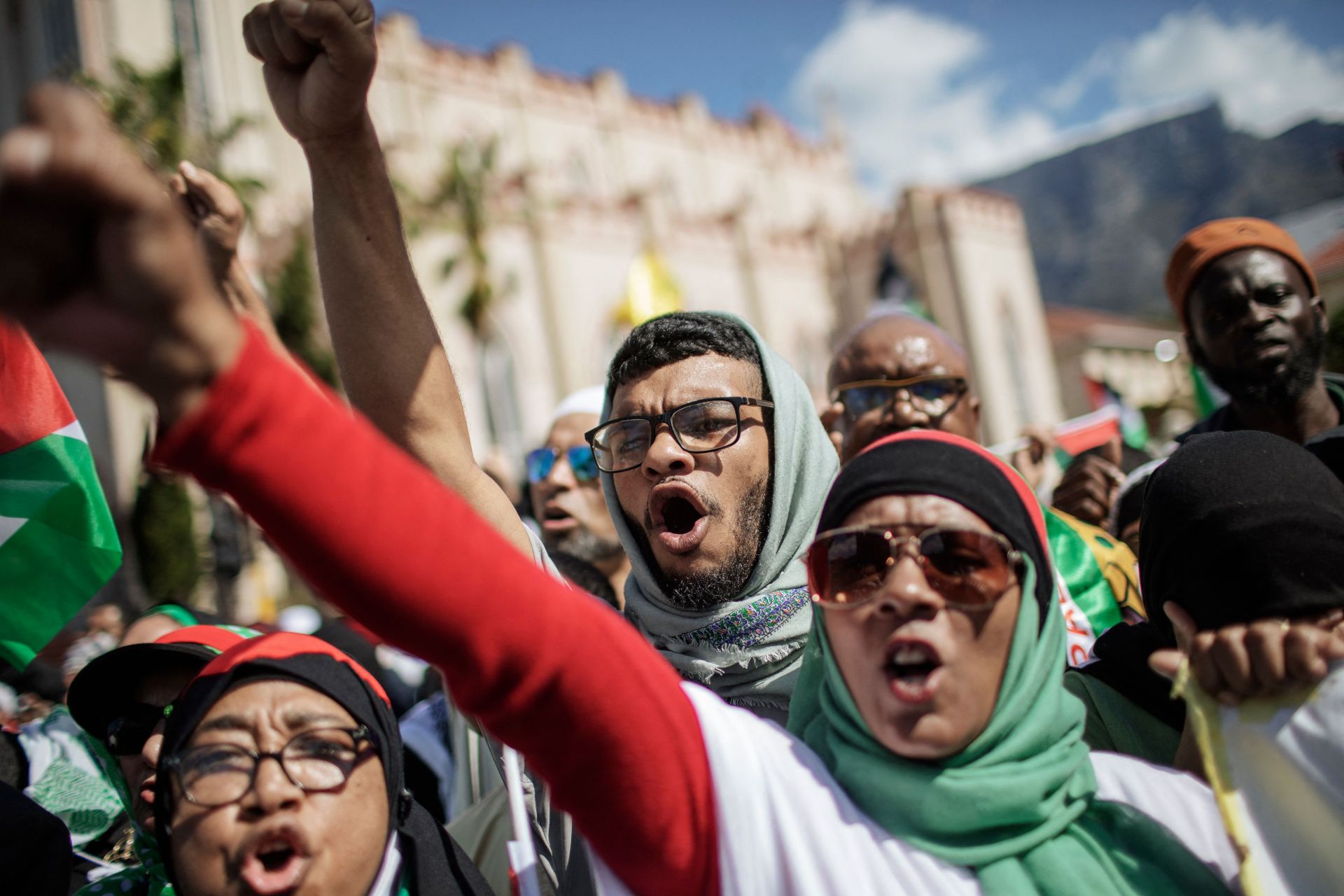
Africa Insights: South Africa’s Striking Divide
South Africa is Africa’s most vocal country when it comes to the Israel- Palestine conflict. Historically the ruling ANC government resonates with the plight of the Palestinians, likening it to the apartheid era. But not all South Africans concur with the government's decision.
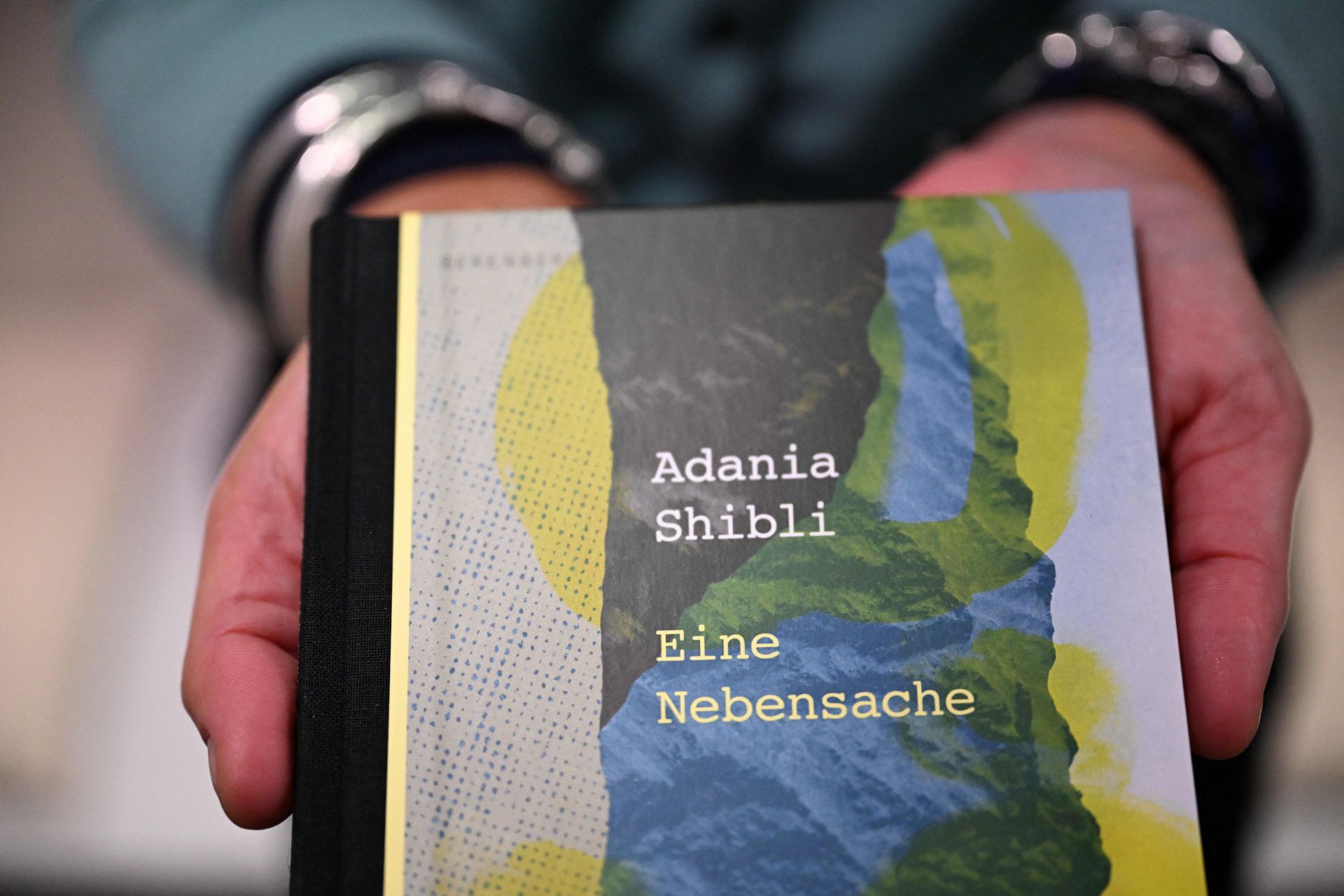
Minor Detail, Major Implications — with Selma Dabbagh, Judith Gurewich and Katharine Halls
The cancellation of a Palestinian author's award ceremony in Frankfurt reflects Germany’s growing censoriousness. Salma Dabbagh, Judith Gurewich and Katharine Halls join New Lines magazine’s Lydia Wilson to talk about what it means for literature.
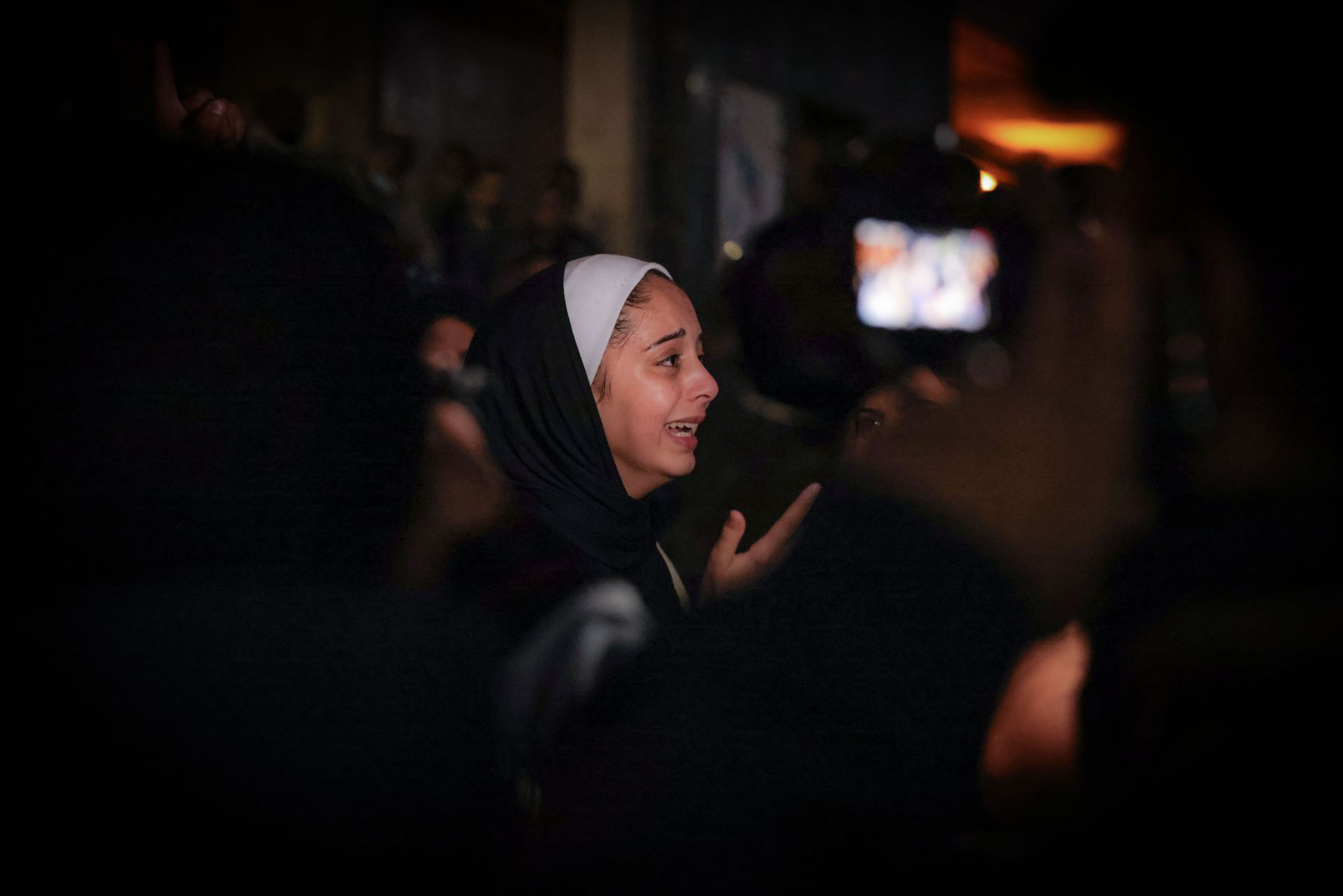
The Emotional Fog of War — with Arwa Damon
In a conflict clouded by trauma, emotion and misinformation, the facts on the ground can be hard to make out. Former CNN correspondent Arwa Damon and New Lines magazine’s Faisal Al Yafai talk about how to see more clearly through the fog of the Gaza War.
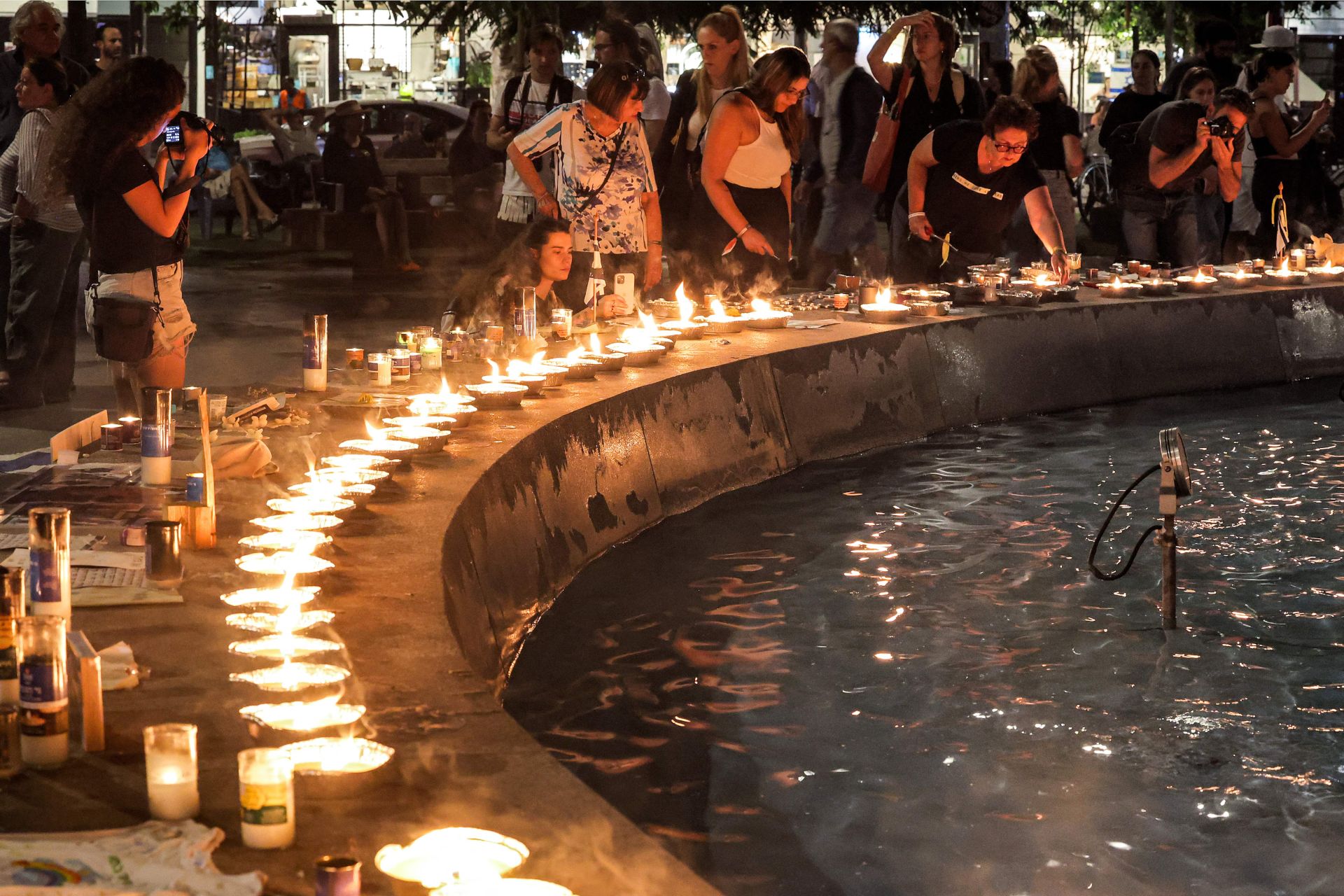
Prisoners of the Gaza War — with Sharone Lifschitz, Noga Tarnopolsky and Muzna Shihabi
With hundreds held hostage in Gaza, and thousands in Israeli detention, Sharone Lifschitz, Noga Tarnopolsky and Muzna Shihabi join New Lines magazine’s Joshua Martin and Lisa Goldman to talk about the growing pressure for a prisoner swap.
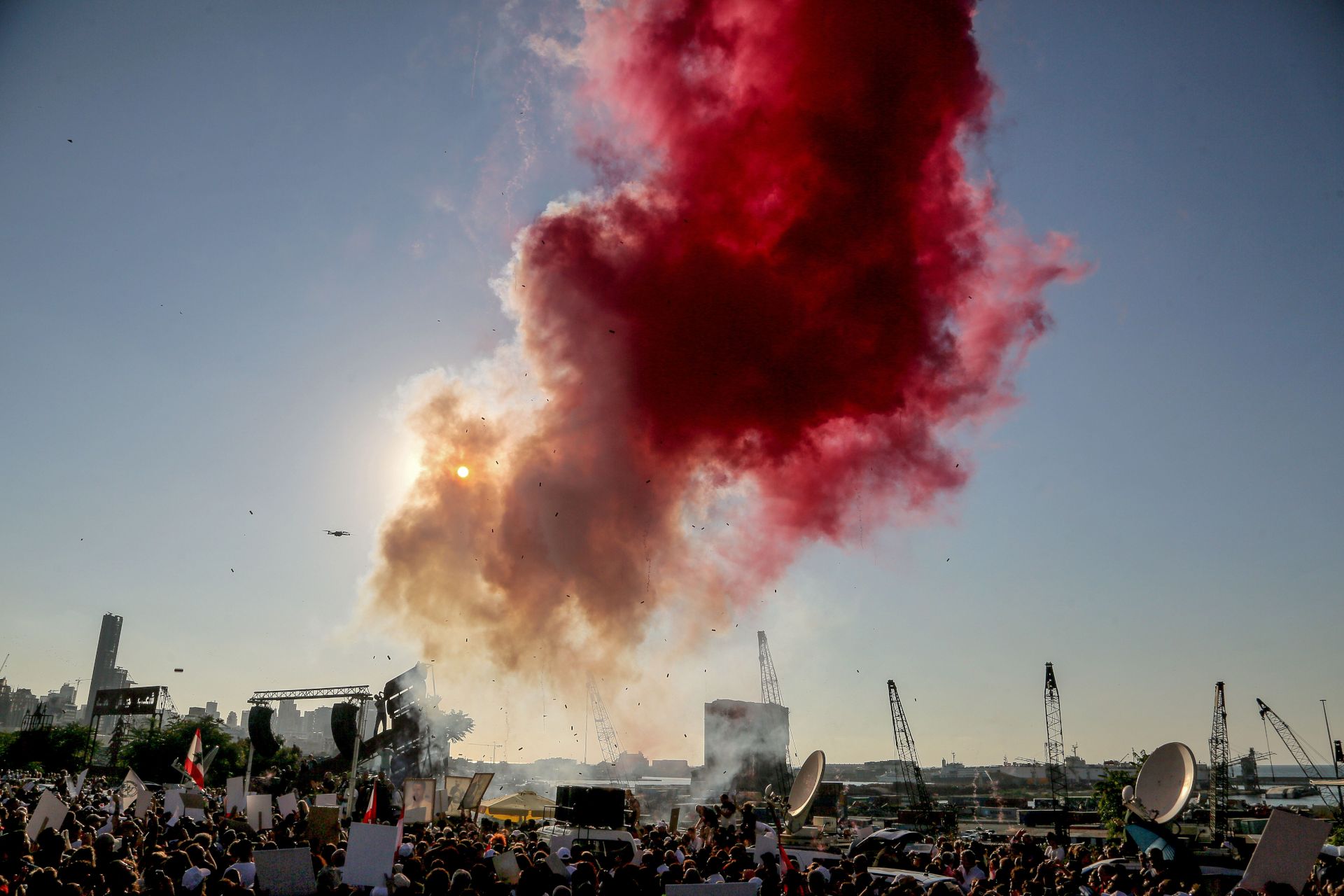
Lebanon’s Trauma and the Myth of Resilience — with Dalal Mawad
Award-winning Lebanese journalist and author Dalal Mawad joins New Lines’ Rasha Elass to talk about Lebanon’s compounded trauma, the great losses experienced by the country’s women, and the myth of resilience.
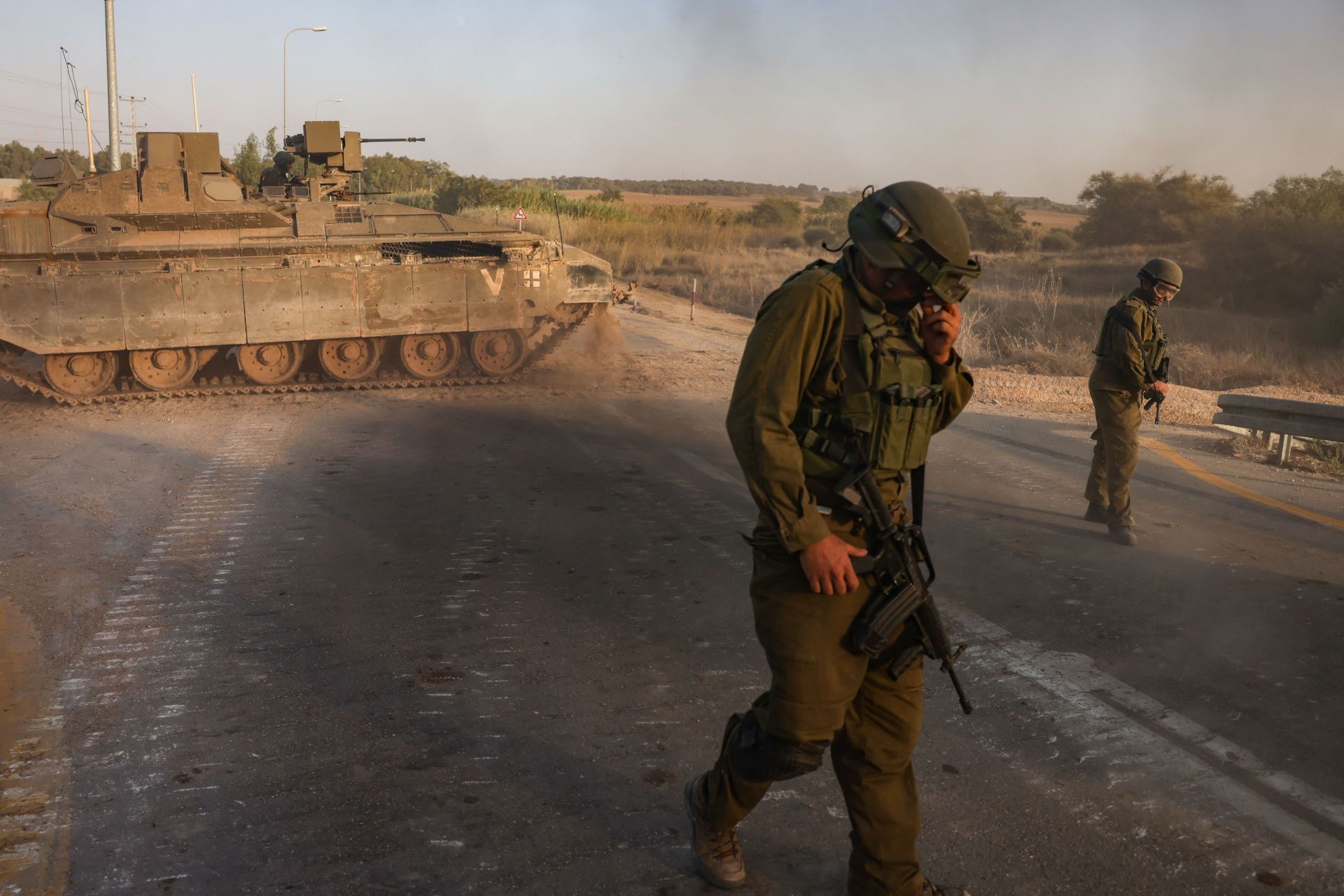
The Day After Hamas — with Gilbert Achcar
Netanyahu has vowed to eliminate Hamas from Gaza entirely. But even if he succeeds, the question remains: What happens next? SOAS’s Gilbert Achcar joins New Lines’ Faisal Al Yafai on The Lede to talk through the political endgame.
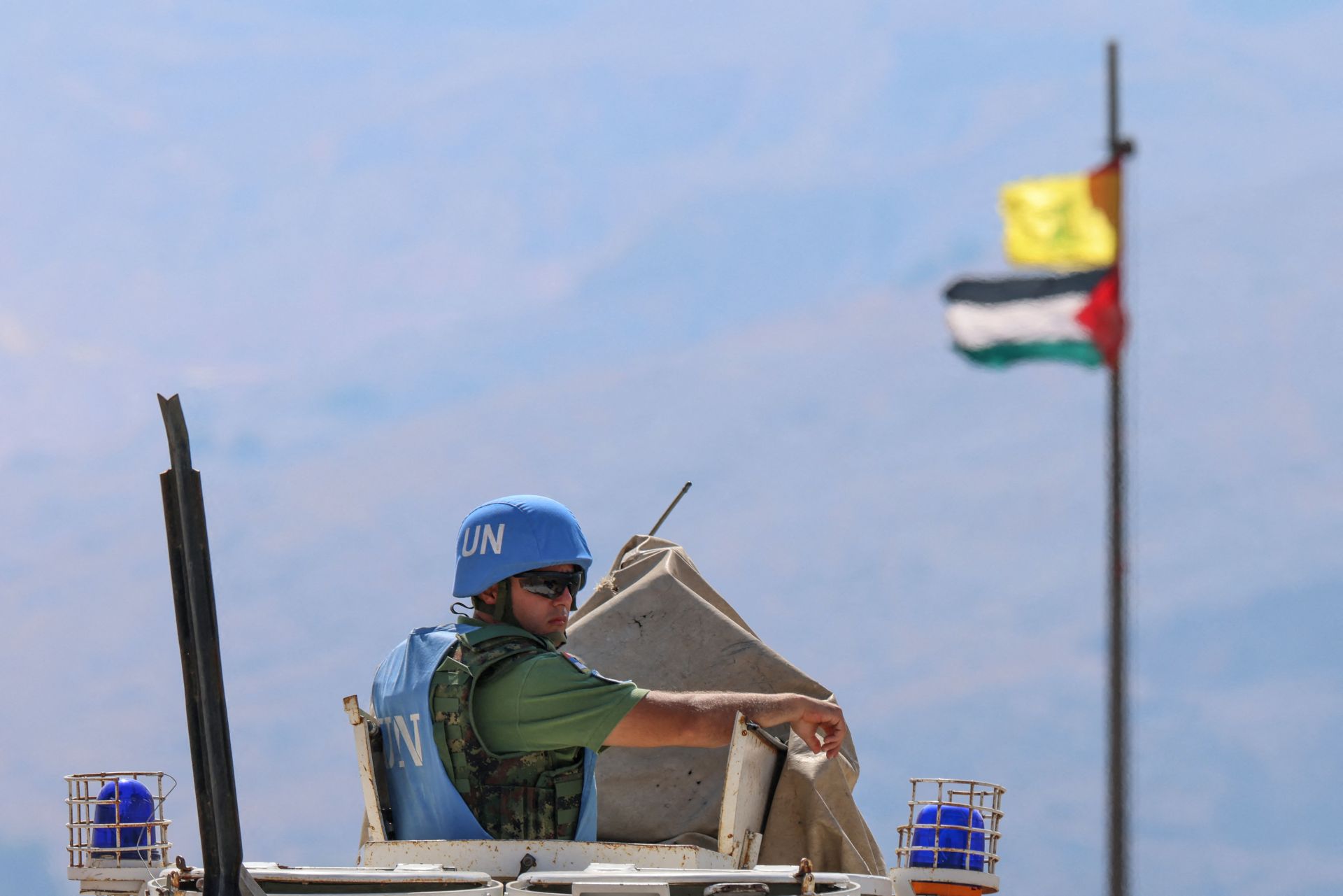
The Geopolitics of the Gaza War— with Ali Hashem, Mairav Zonszein and Aziz Alghashian
The war in Gaza has disrupted the delicate diplomatic dance among Iran, Saudi Arabia and Israel. Ali Hashem, Mairav Zonszein and Aziz Alghashian join New Lines magazine’s Faisal Al Yafai and Joshua Martin to break down what we know about the strategies of the three main players in the region’s ongoing power struggle.
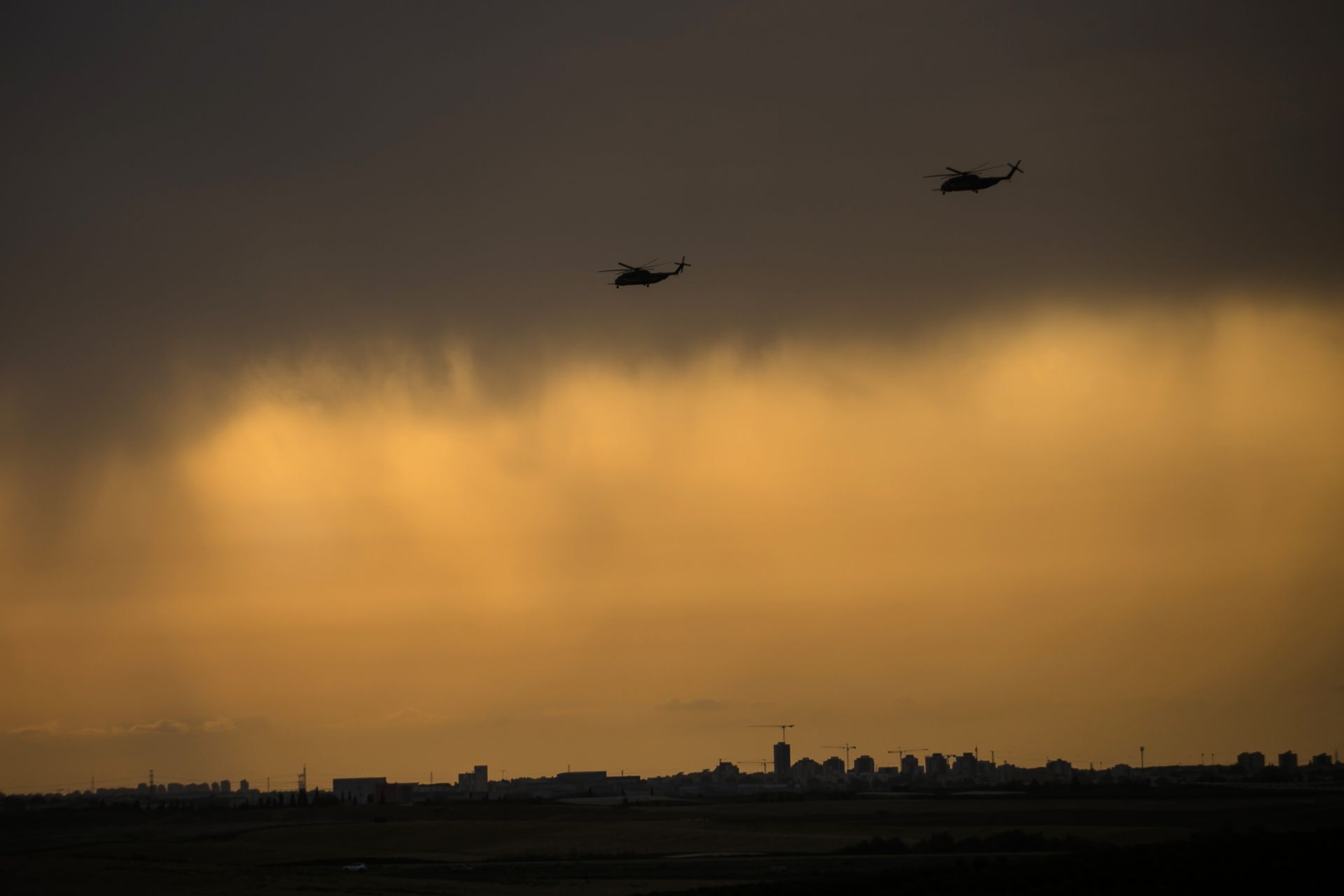
Hamas, Israel and the PA at War —with Jeroen Gunning, Dana El Kurd and Uriel Abulof
As war threatens to engulf the Middle East following Hamas's surprise attack and Israel's devastating reprisals, Jeroen Gunning, Dana El Kurd and Uriel Abulof join New Lines magazine’s Danny Postel and Joshua Martin to talk about how we got here — and what happens next.
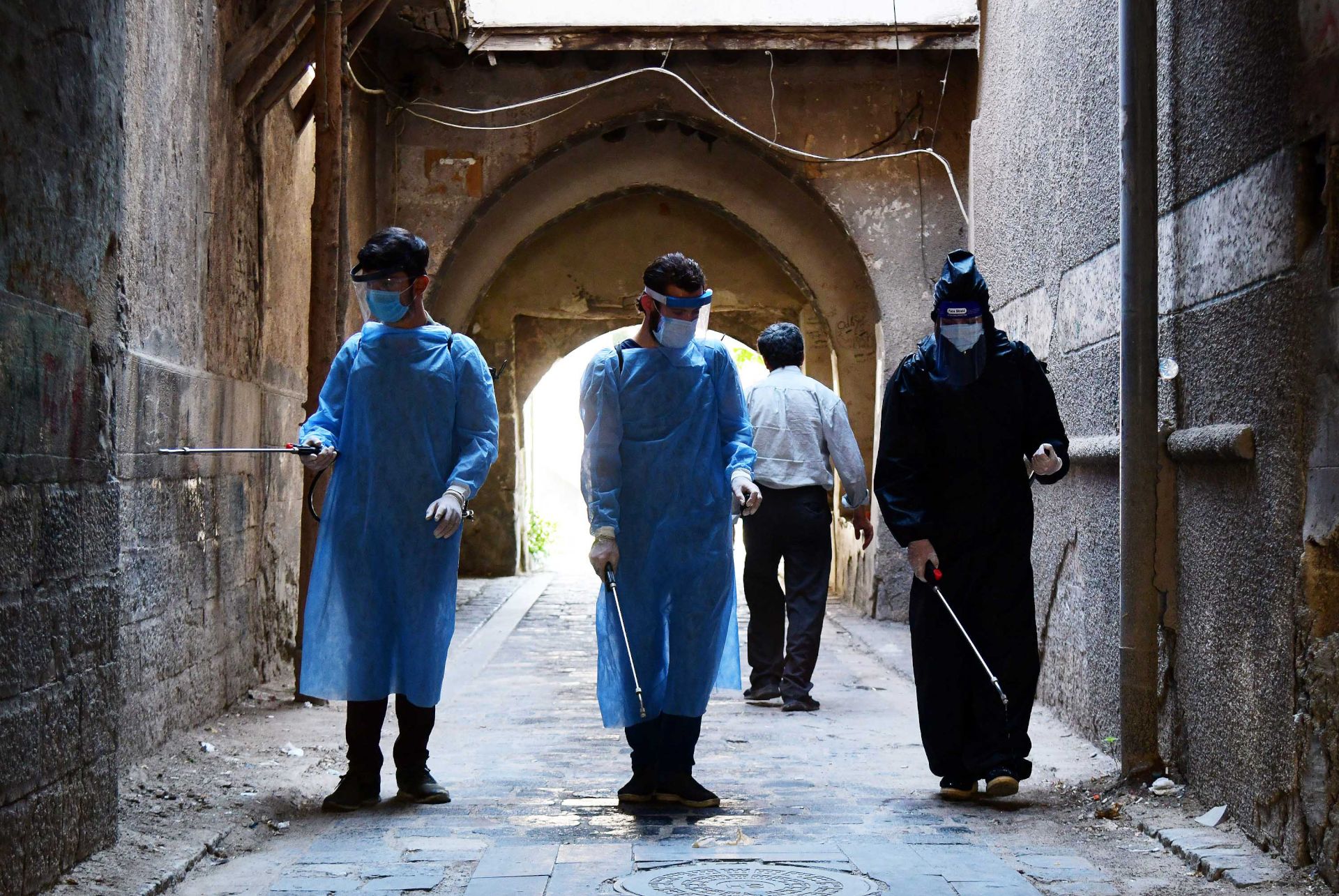
The Yellow Wind of Damascus — with Benan Grams
In a story with eerie echoes of the COVID-19 pandemic, Dr. Benan Grams tells New Lines magazine’s Rasha Elass the story of how cholera changed the face of Ottoman Damascus.
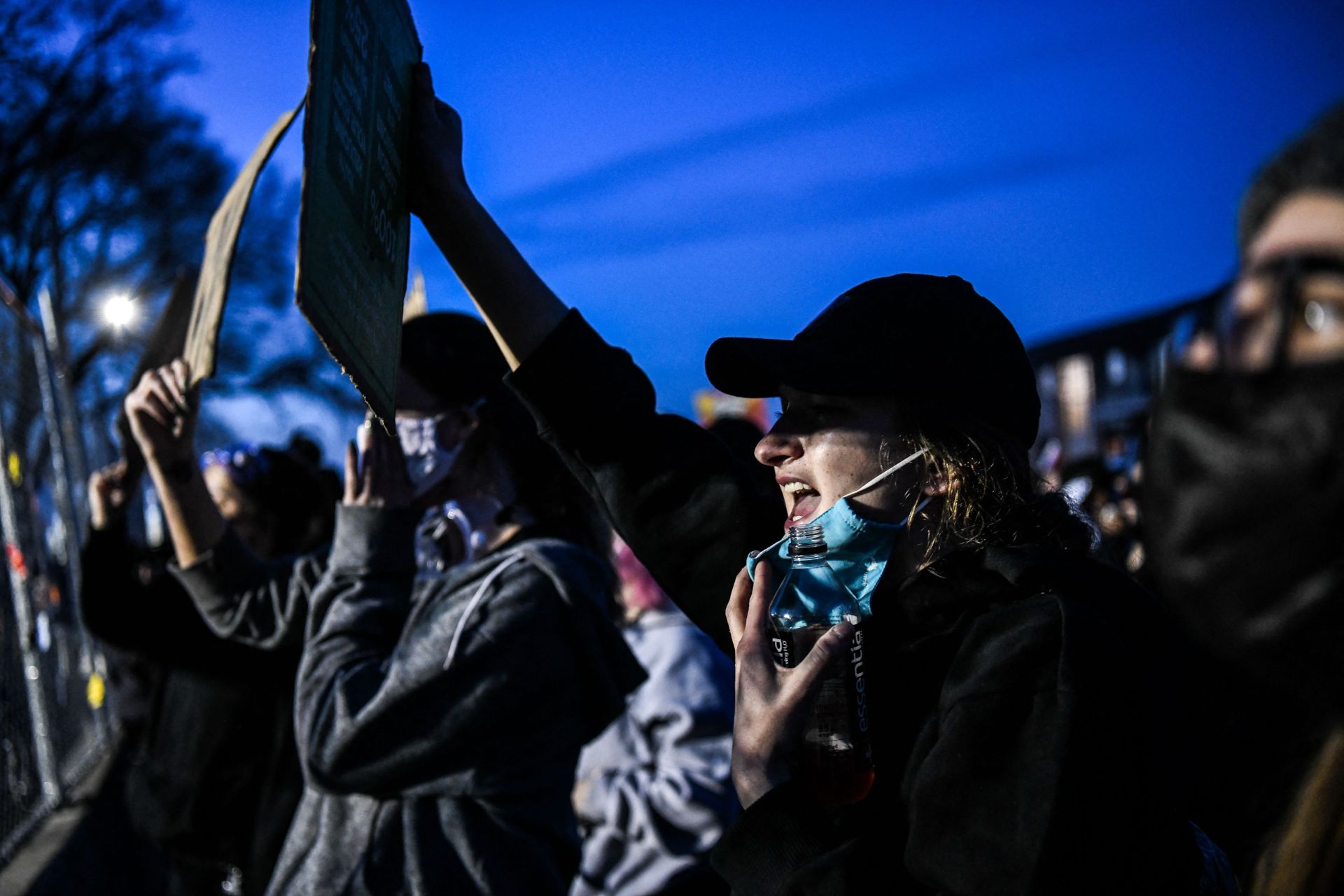
Identity, Liberalism and the New Left — with Yascha Mounk
Is identity politics the way forward — or a trap? Political scientist Yascha Mounk and New Lines magazine’s Faisal Al Yafai break down the debate reshaping the modern progressive movement.
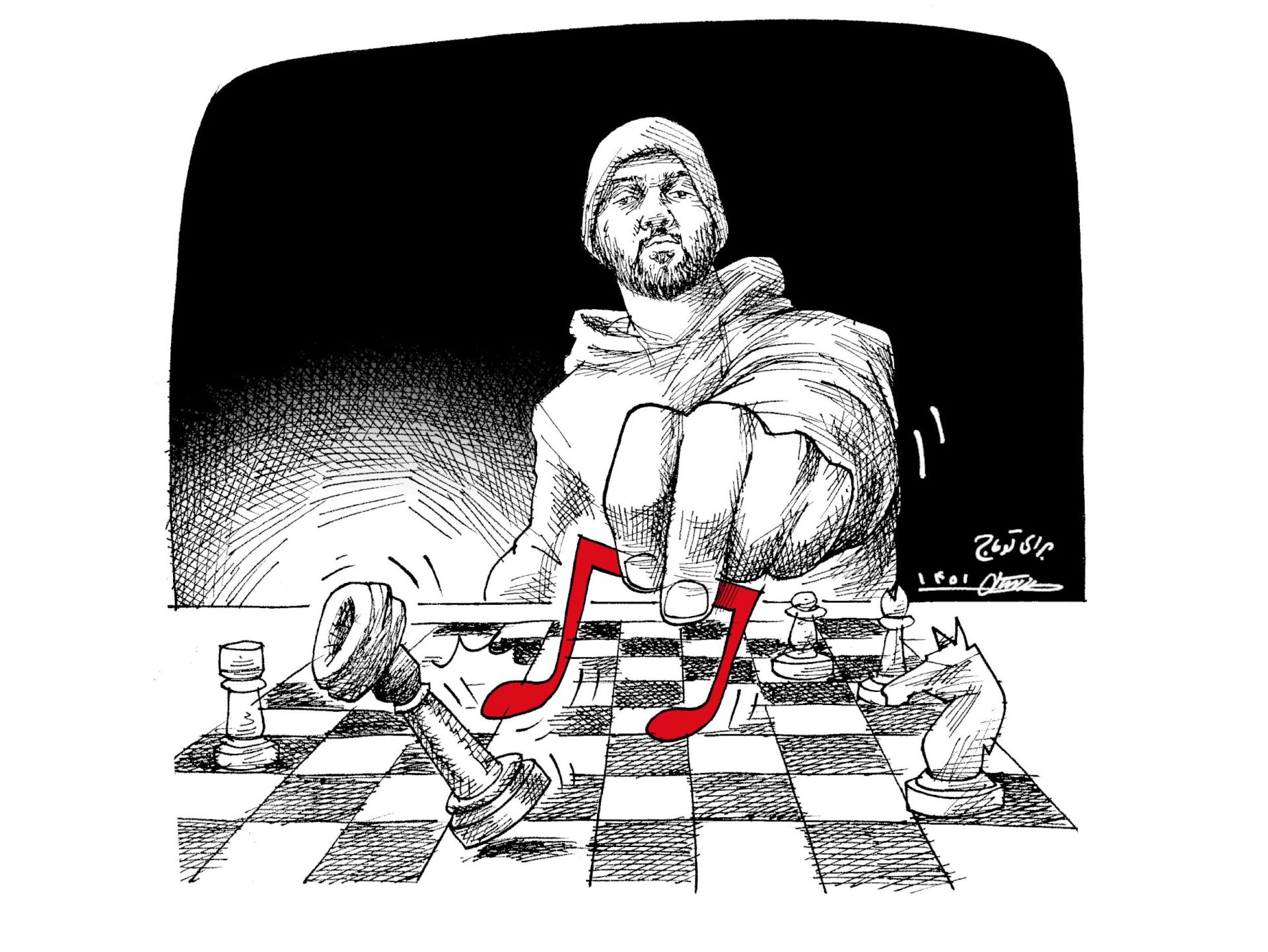
Art, Music and Freedom in Iran — with Malu Halasa and Nahid Siamdoust
The death of Mahsa Amini in the custody of the Iranian morality police inspired the largest uprising Iran has seen since the 1979 revolution. A year after the protests began, Malu Halasa and Nahid Siamdoust join New Lines’ Danny Postel to talk about how art, poetry and music formed the movement's pulse.
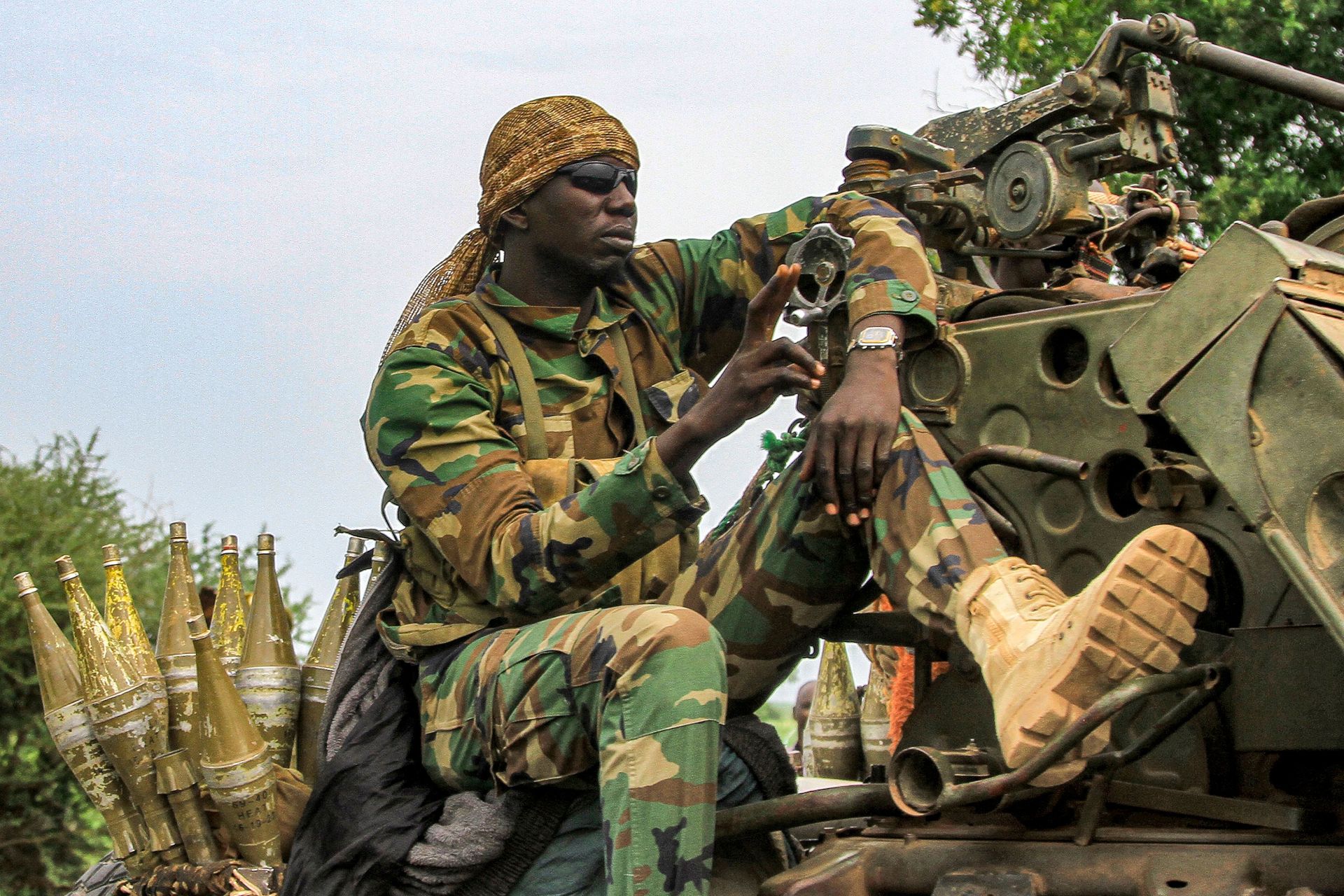
The Killings Return to Darfur — with Niemat Ahmadi and Gerrit Kurtz
The perpetrators of the Darfur genocide were never held accountable. Twenty years later, they’re back and more powerful than ever. Niemat Ahmadi and Gerrit Kurtz join New Lines magazine’s Kwangu Liwewe to talk about the supremacist militia Sudan’s warring generals have unleashed.
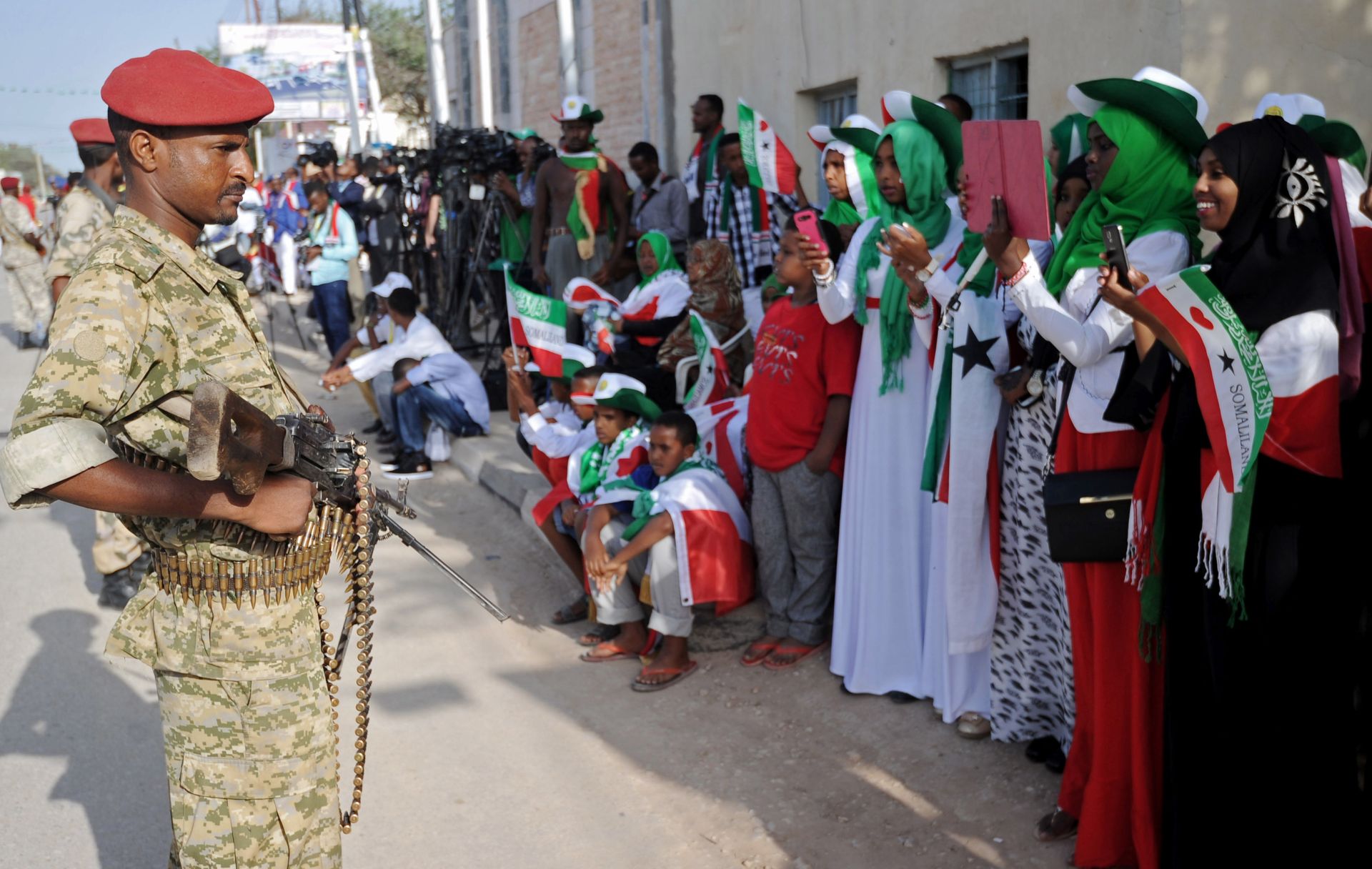
Somaliland’s Secession Struggle — with James Barnett
Once hailed as an island of stability, the unrecognized Republic of Somaliland is threatened by a new crisis in Somalia’s long civil war. James Barnett joins New Lines’ Joshua Martin to talk about what it means for the fractured nation’s delicate balance of power.

India’s Star Crossed Lovers — with Mansi Choksi
“Young people in India are just trying to figure themselves out, like anywhere else in the world.” Journalist and author Mansi Choksi joins New Lines’ Surbhi Gupta to talk about the fraught politics of marriage in modern India.
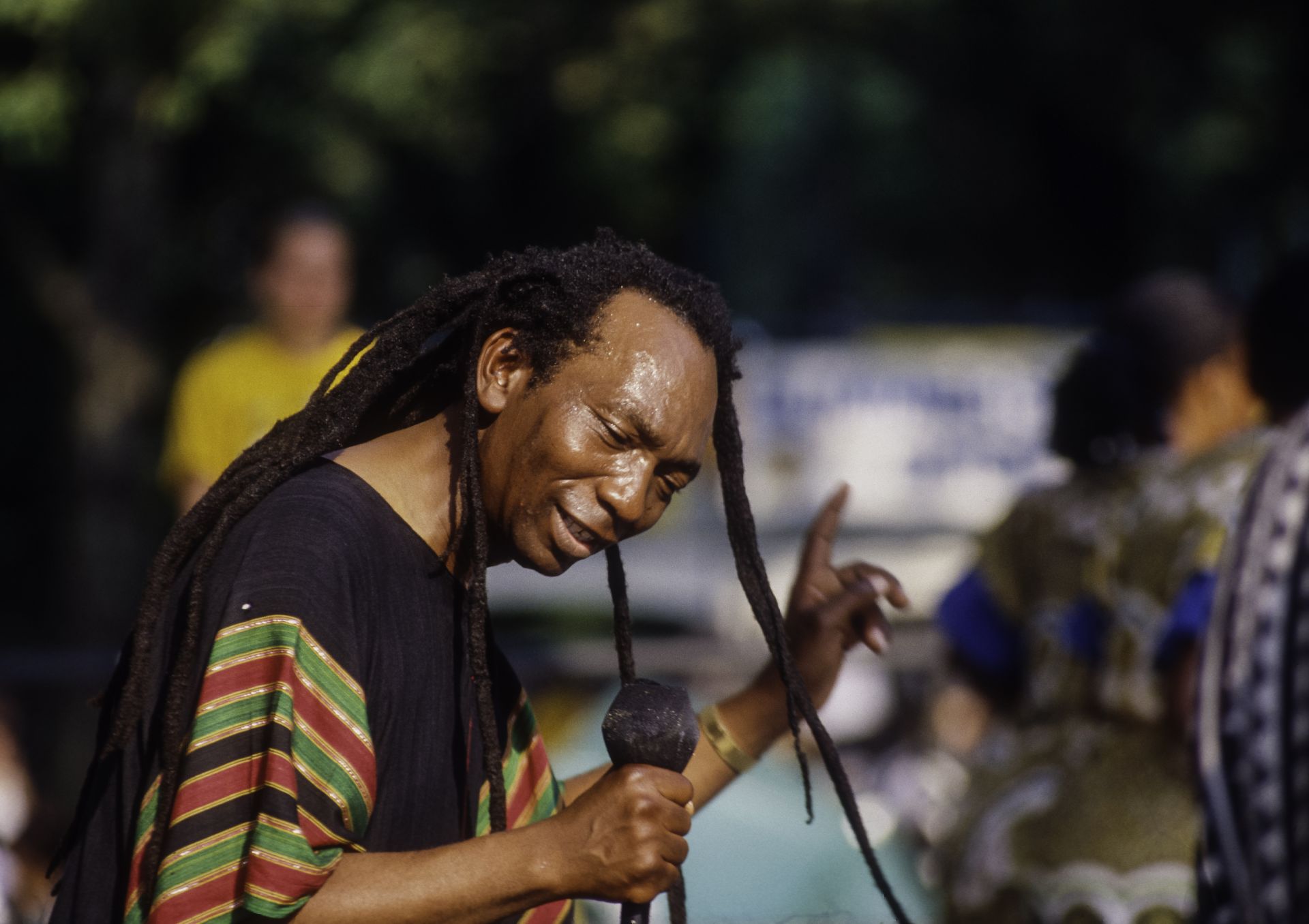
The Sound of Struggle in Zimbabwe — with Thomas Mapfumo
“People are not supposed to be ruled. People are supposed to rule.” Days before Zimbabwe’s next election Thomas Mapfumo, the father of Zimbabwe’s Chimurenga music, joins New Lines magazine’s Kwangu Liwewe to talk about his 60-year career of music and struggle.
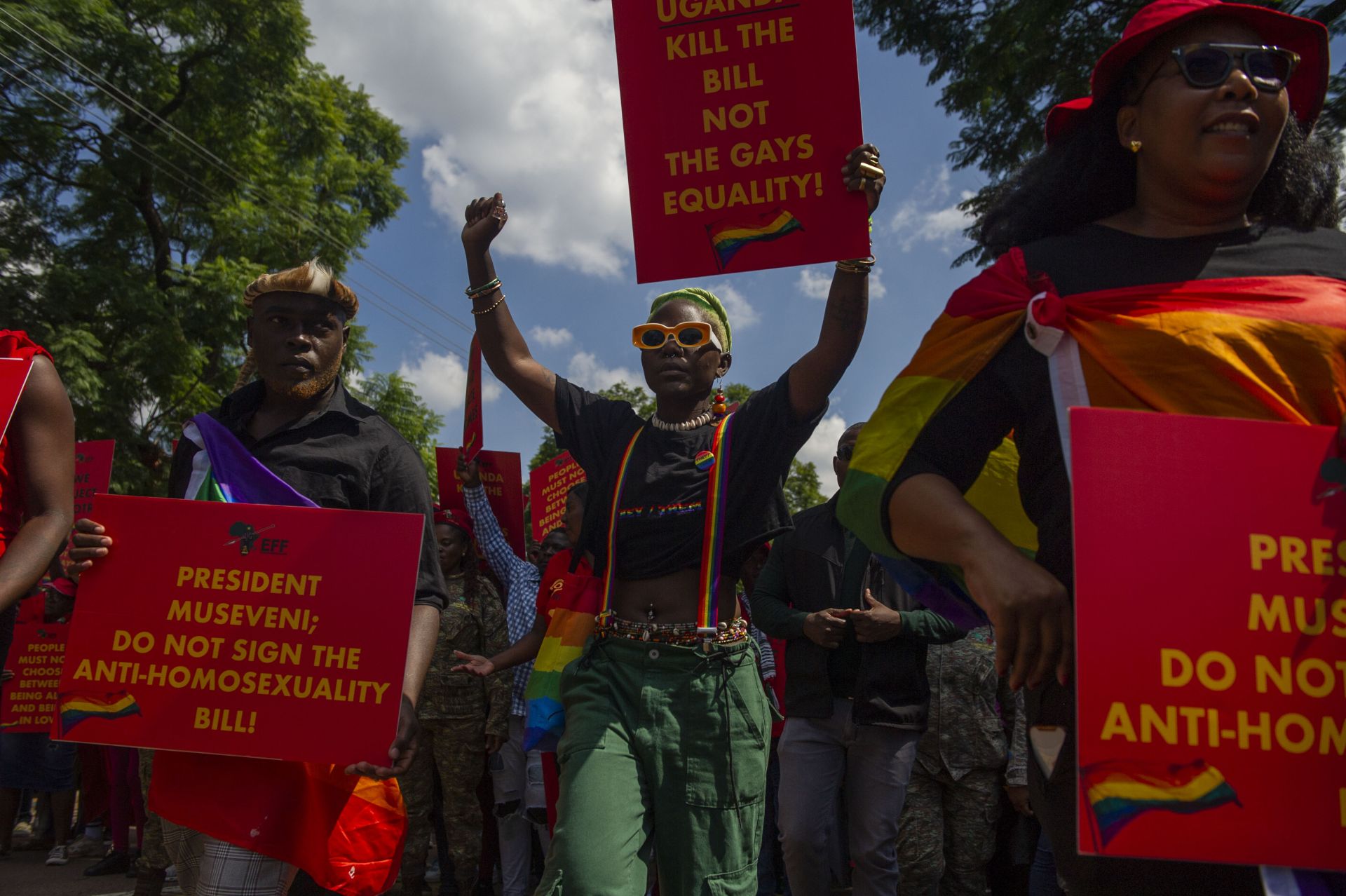
The American Money Driving Official Homophobia in Africa — with Lydia Namubiru
“There's some sense that this is the last frontier for conservative Christianity. They fight for it as the last bit of territory that they hold.” Journalist Lydia Namubiru joins New Lines magazine’s Kwangu Liwewe to talk about the American money behind homophobic lawmaking in Uganda.
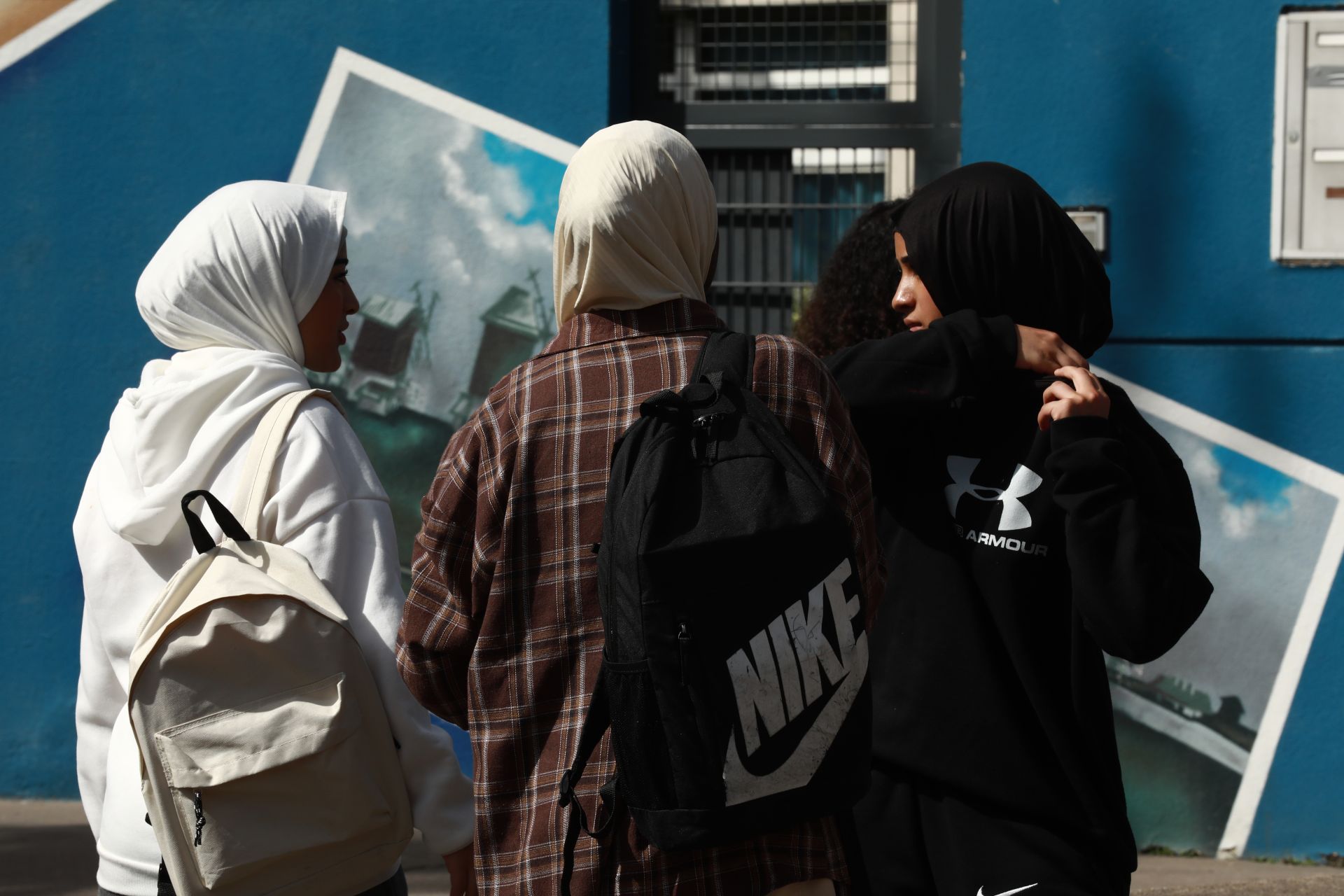
Behind the Abaya Ban — with Rim-Sarah Alouane
The abaya is a loose, flowing robe popular with many Muslim women for its modest cut. Why did France just ban it from public schools? Rim-Sarah Alouane, Rasha Al Aqeedi and Erin Clare Brown break it down on The Lede.
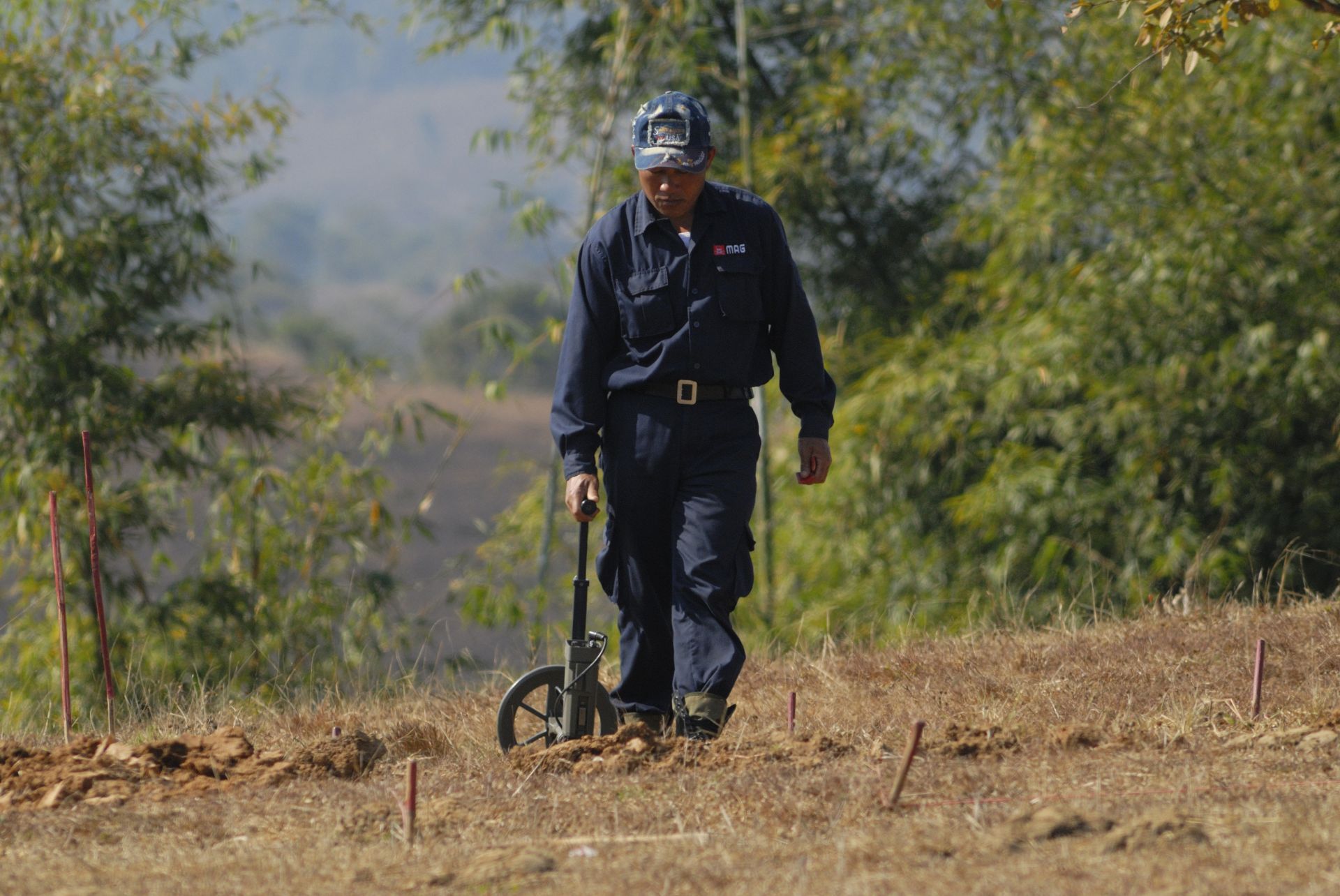
Ukraine’s Cluster Bomb Dilemma — with Sera Koulabdara and Romeo Kokriatski
Can the use of weapons as harmful as cluster bombs ever be justified? Sera Koulabdara and Romeo Kokriatski join New Lines magazine’s Danny Postel to debate their use in Ukraine against the Russian invaders.
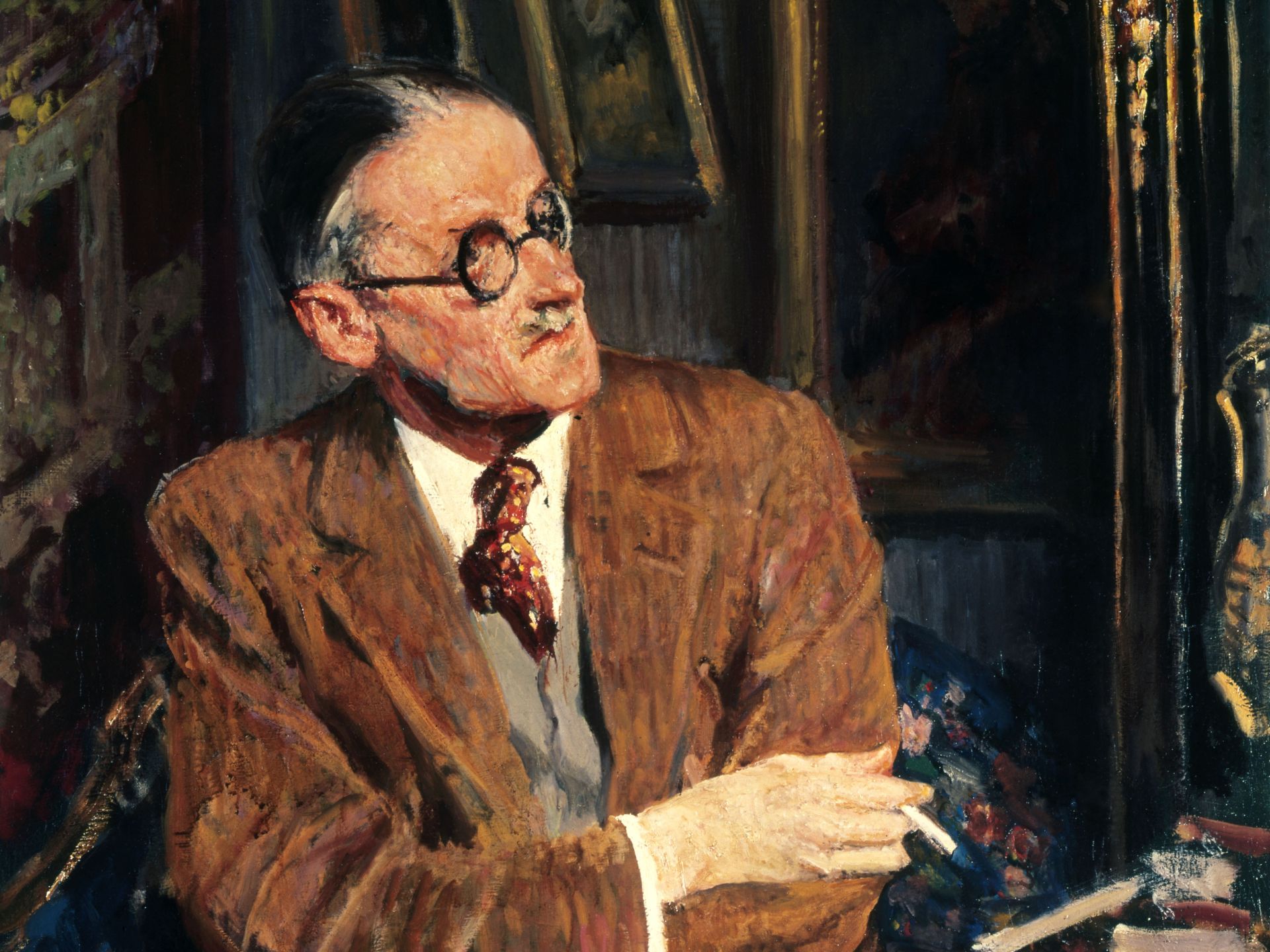
Reading James Joyce in Kuwait — with Mai Al-Nakib
Award-winning novelist Mai Al-Nakib joins New Lines magazine’s Lydia Wilson to talk about how James Joyce’s vision of early 20th-century Ireland resonated during her youth in Kuwait.
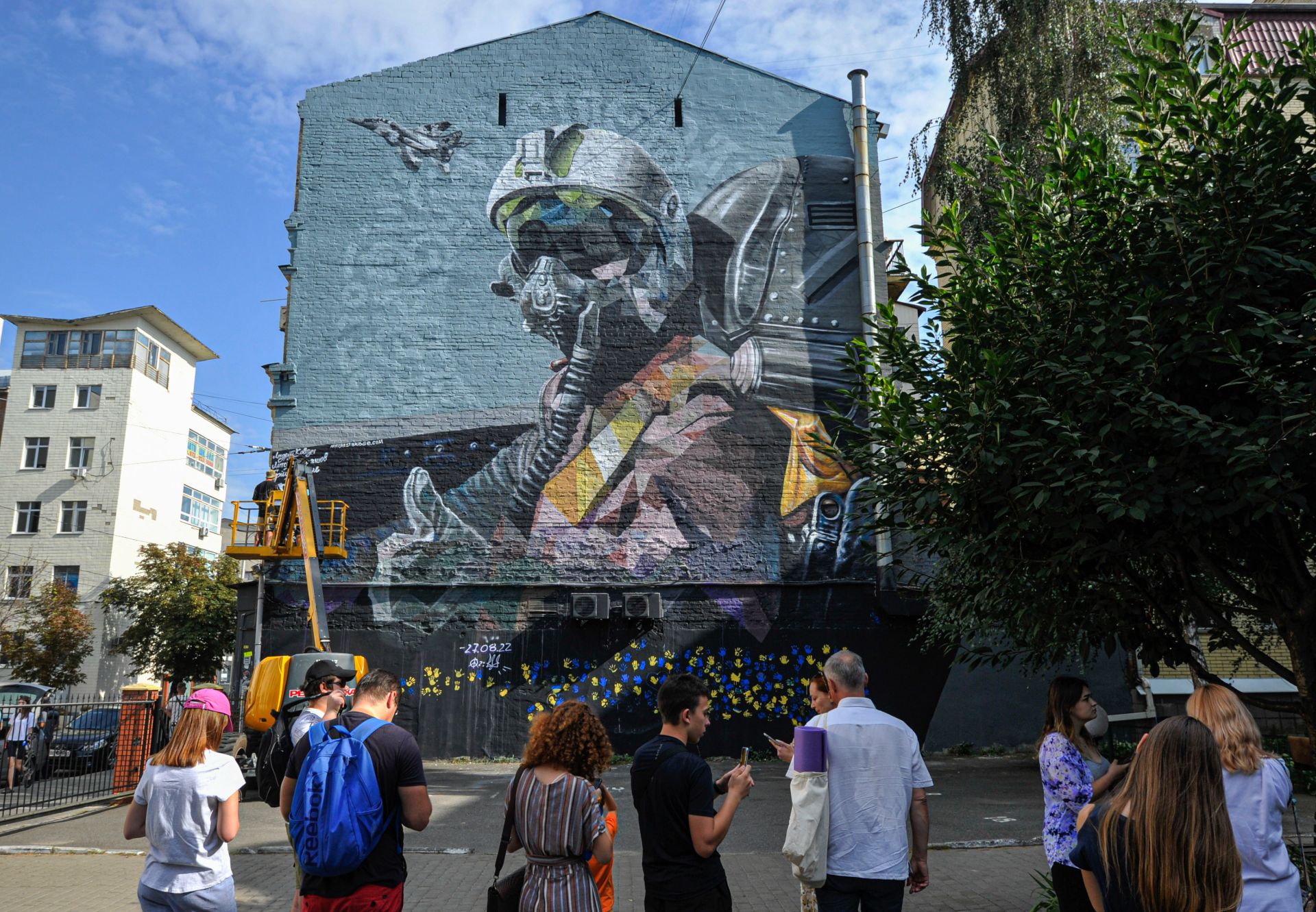
Statecraft and Storytelling — with Faisal Devji
“You need some kind of narrative in order to make political decisions possible at all.” Historian Faisal Devji joins New Lines magazine’s Faisal Al Yafai to talk about how storytelling shapes global politics.
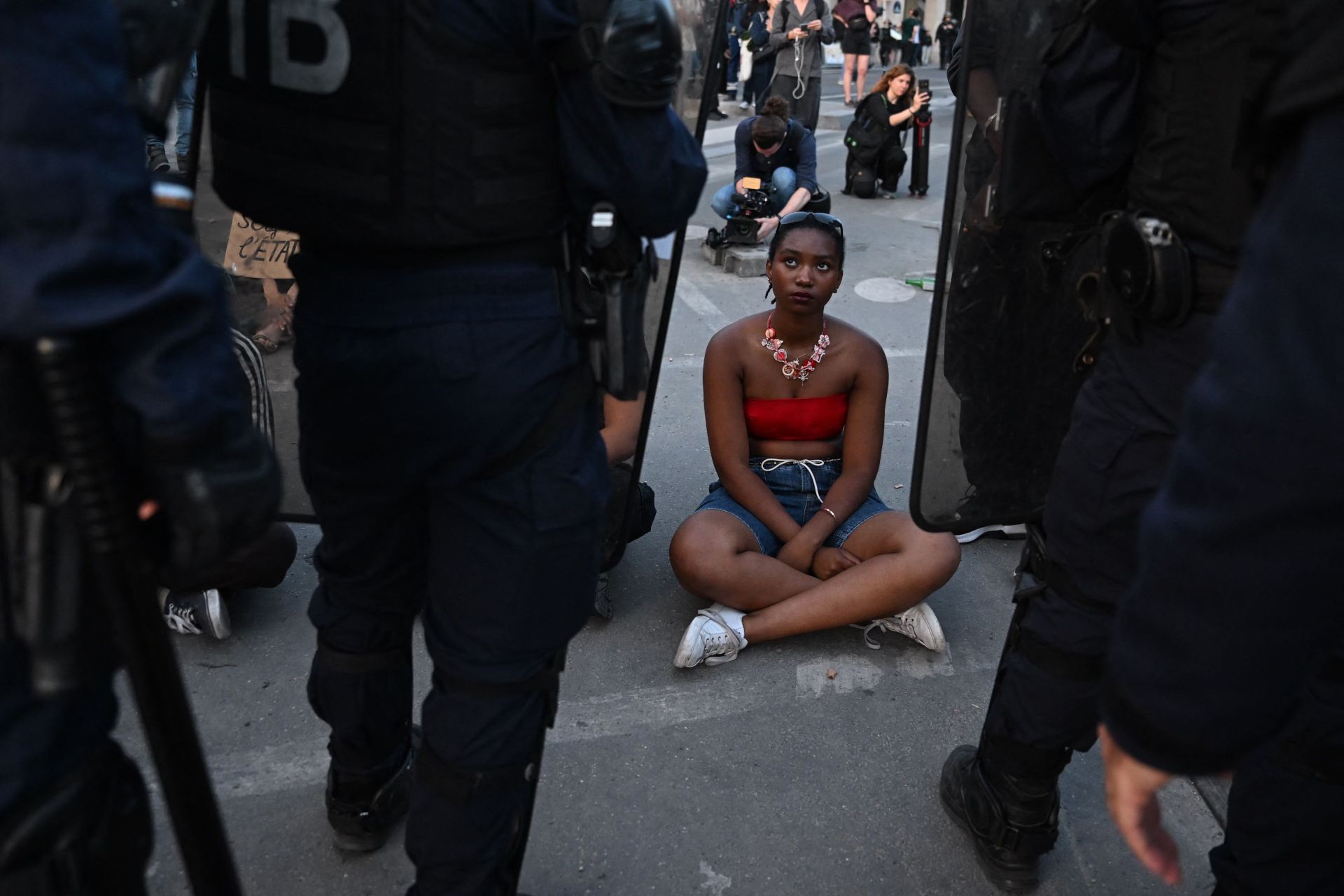
The Republic Makes No Distinction Among Its Children — with Chahrazade Douah and Jean Beaman
“They're not just angry; they're terrified.” Journalist Chahrazade Douah and sociologist Jean Beaman join New Lines magazine’s Erin Clare Brown to unpack the protests sweeping across France in the wake of Nahel Merzouk’s killing by the police.
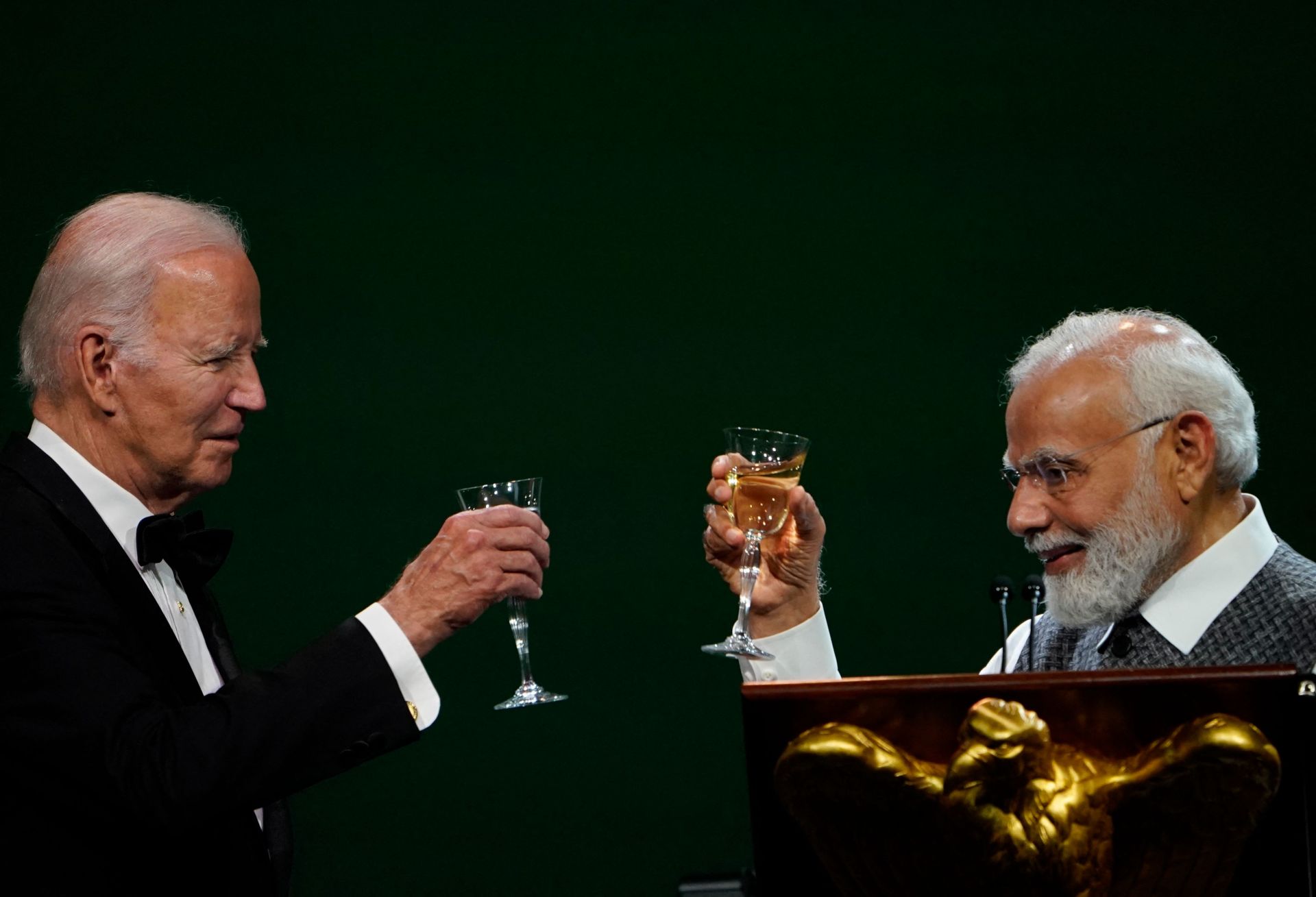
When Biden Met Modi — with Ravi Agrawal and Faisal Al Yafai
“India believes that its time has come.” In the wake of Modi’s U.S state visit, Ravi Agrawal joins New Lines magazine’s Faisal Al Yafai for a deep dive into the relationship between a rising New Delhi and a Washington still struggling to navigate the new multipolar world order.
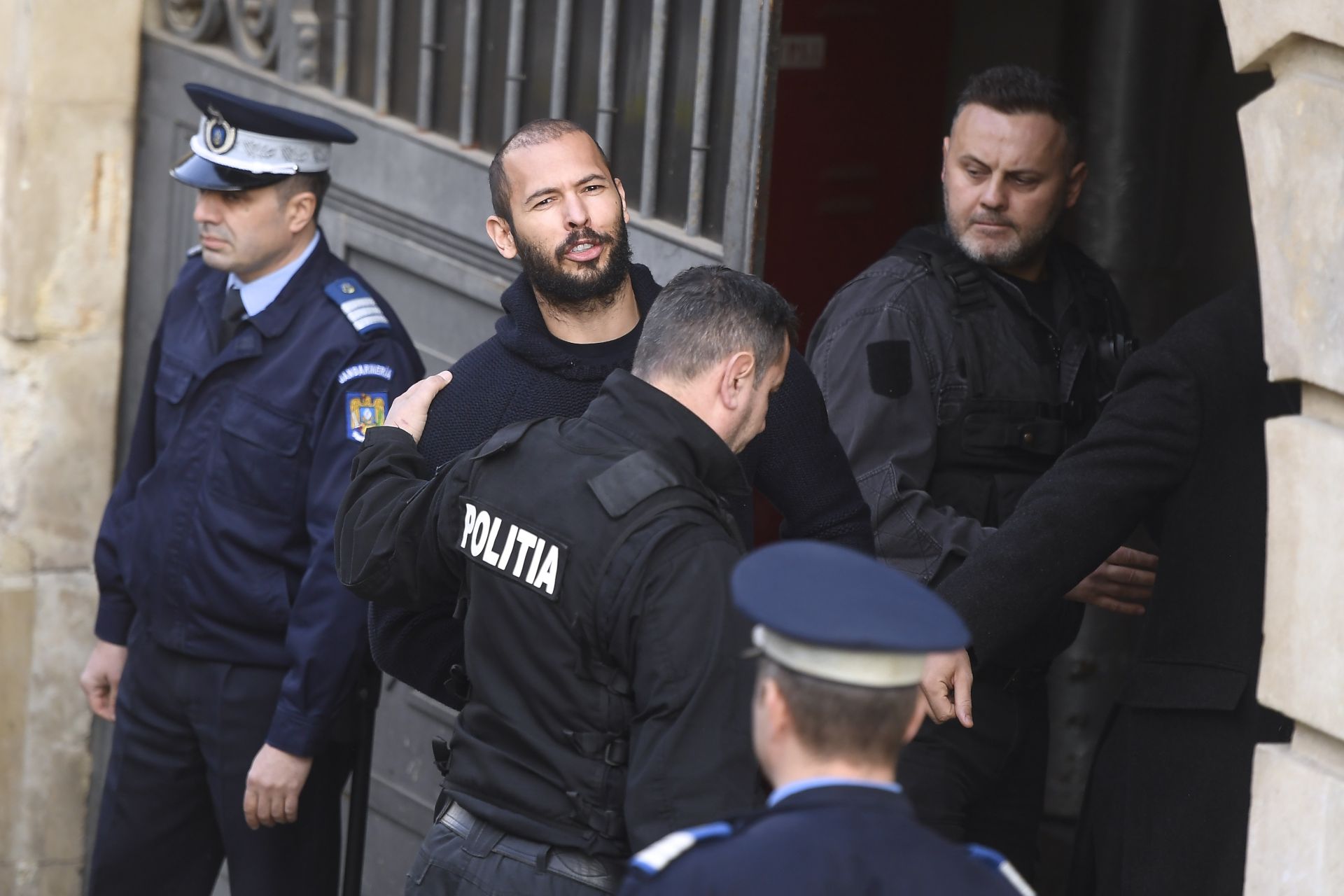
Why the Far Right Seeks Islamist Allies — with Moustafa Ayad, Rasha Al Aqeedi and Lydia Wilson
Extremism expert Moustafa Ayad joins New Lines magazine’s Lydia Wilson and Rasha Al Aqeedi to talk about how, in the eyes of the far right, Islamists went from enemies to allies in a war against secular modernity. But how long can such an alliance hold?
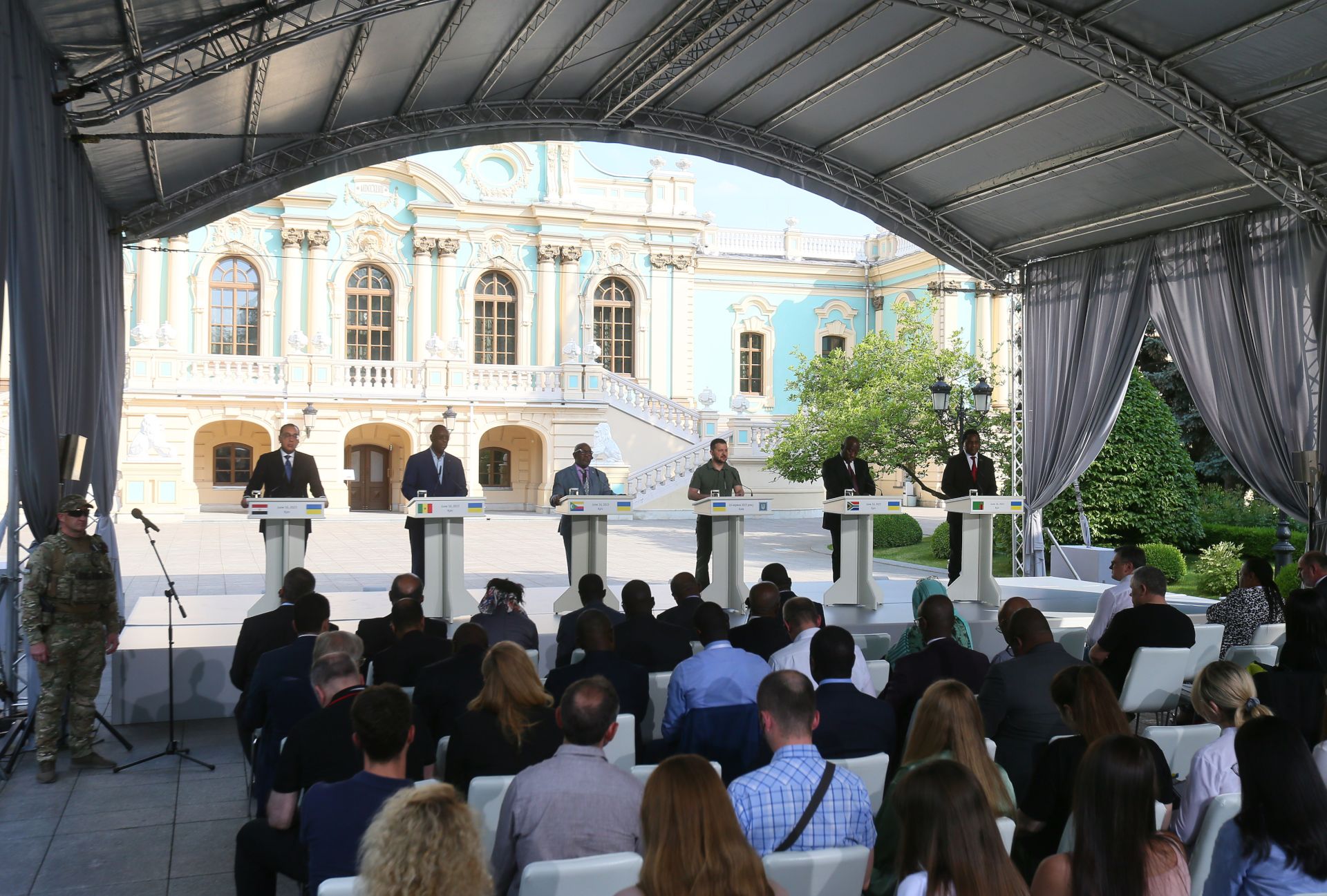
African Solutions for European Problems? — with Hopewell Chin’ono and Redi Tlhabi
After an Africa-led peace plan for Ukraine failed to take off, Hopewell Chin'ono and Redi Tlhabi join New Lines magazine’s Kwangu Liwewe to talk about the continent’s complicated relationship with the warring powers.
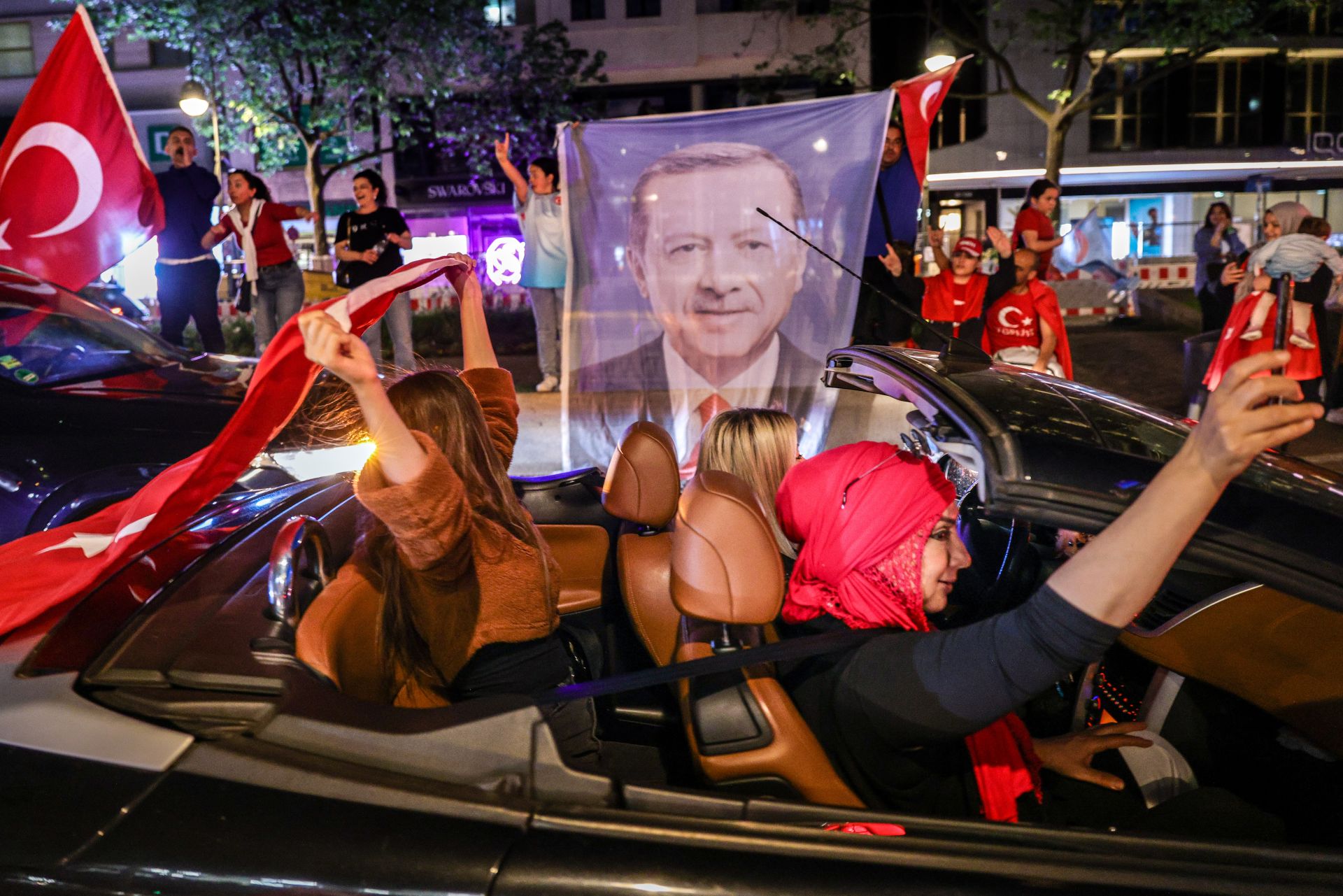
Why Erdogan Wins Elections — with Nicholas Danforth
“He's created an image of redressing the wrongs in the global order.” Nicholas Danforth joins New Lines magazine’s Kareem Shaheen to talk about how Recep Tayyip Erdogan won reelection as Turkish president and why, despite the challenges his leadership has faced, his political project continues to resonate.
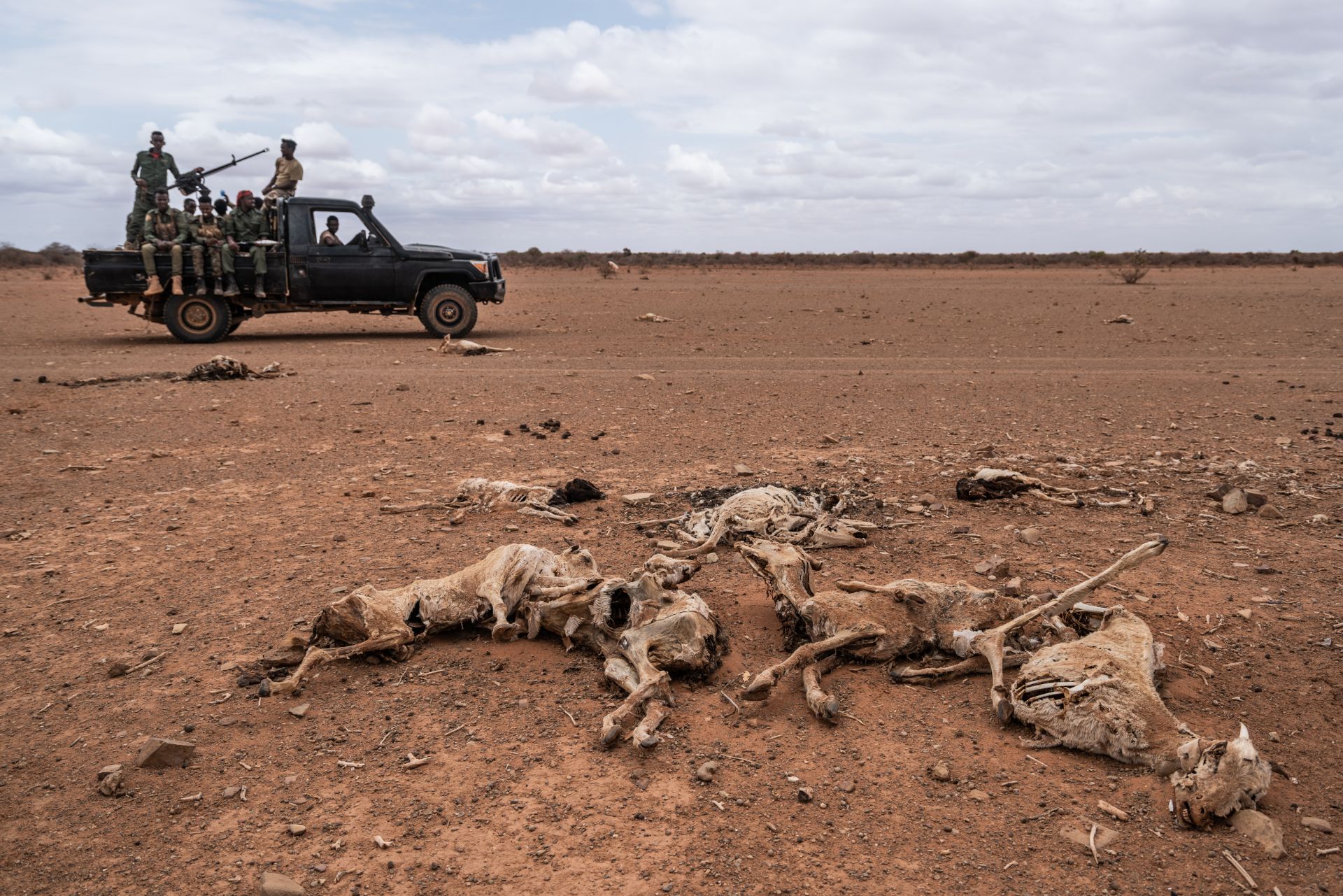
War on a Warming Planet — with Mike Martin
“I think many people are going to get quite desperate over the next 30 years.” Author and former army officer Mike Martin joins New Lines magazine’s Lydia Wilson to talk about what the wars of the future might look like when climate change threatens the future of the planet itself.
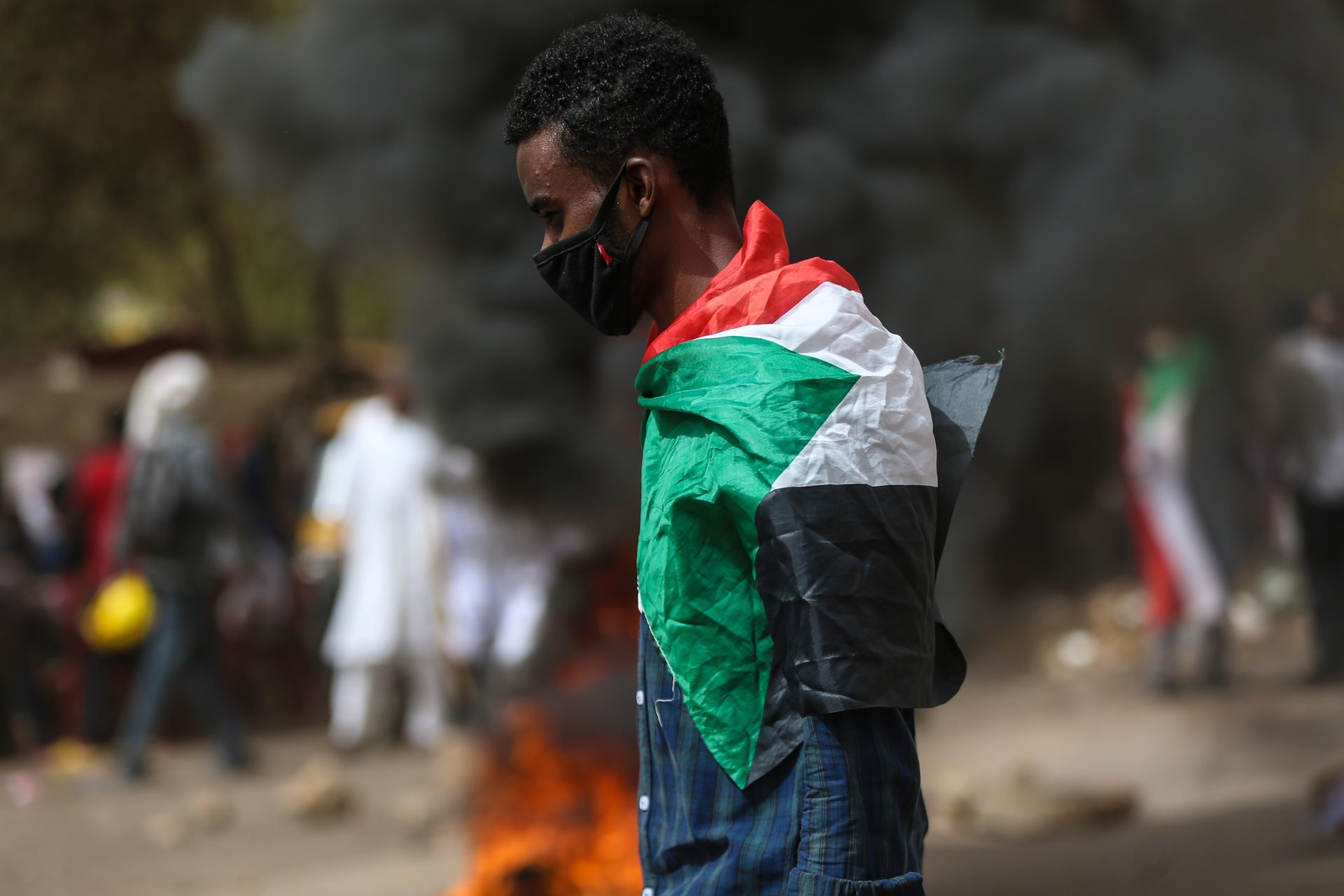
Sudan’s Democracy Deferred — with Nisrin Elamin and Khalid Medani
“This war is essentially about them trying to preserve their vast illicit wealth.” Nisrin Elamin and Khalid Mustafa Medani join New Lines magazine’s Kwangu Liwewe and Danny Postel for a deep dive into the origins of Sudan’s nascent civil war.
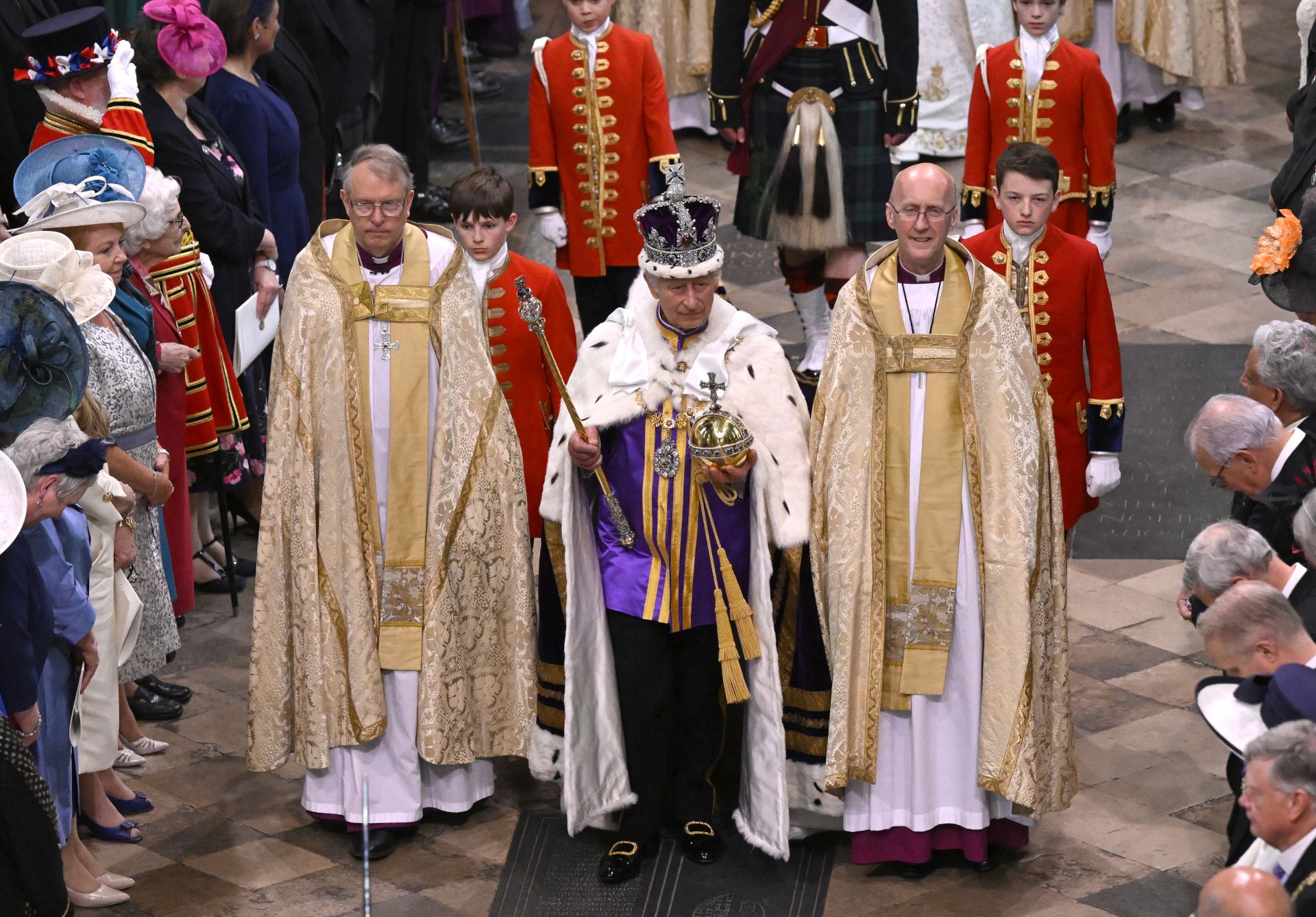
Rock, Rai and Royalty — with Tarik O’Regan
“You want to write a piece that then lives on.” Tarik O’Regan joins New Lines magazine’s Lydia Wilson to talk about composing for Charles III’s coronation, the influence of rai and rock on his work and the close connection between music and memory.
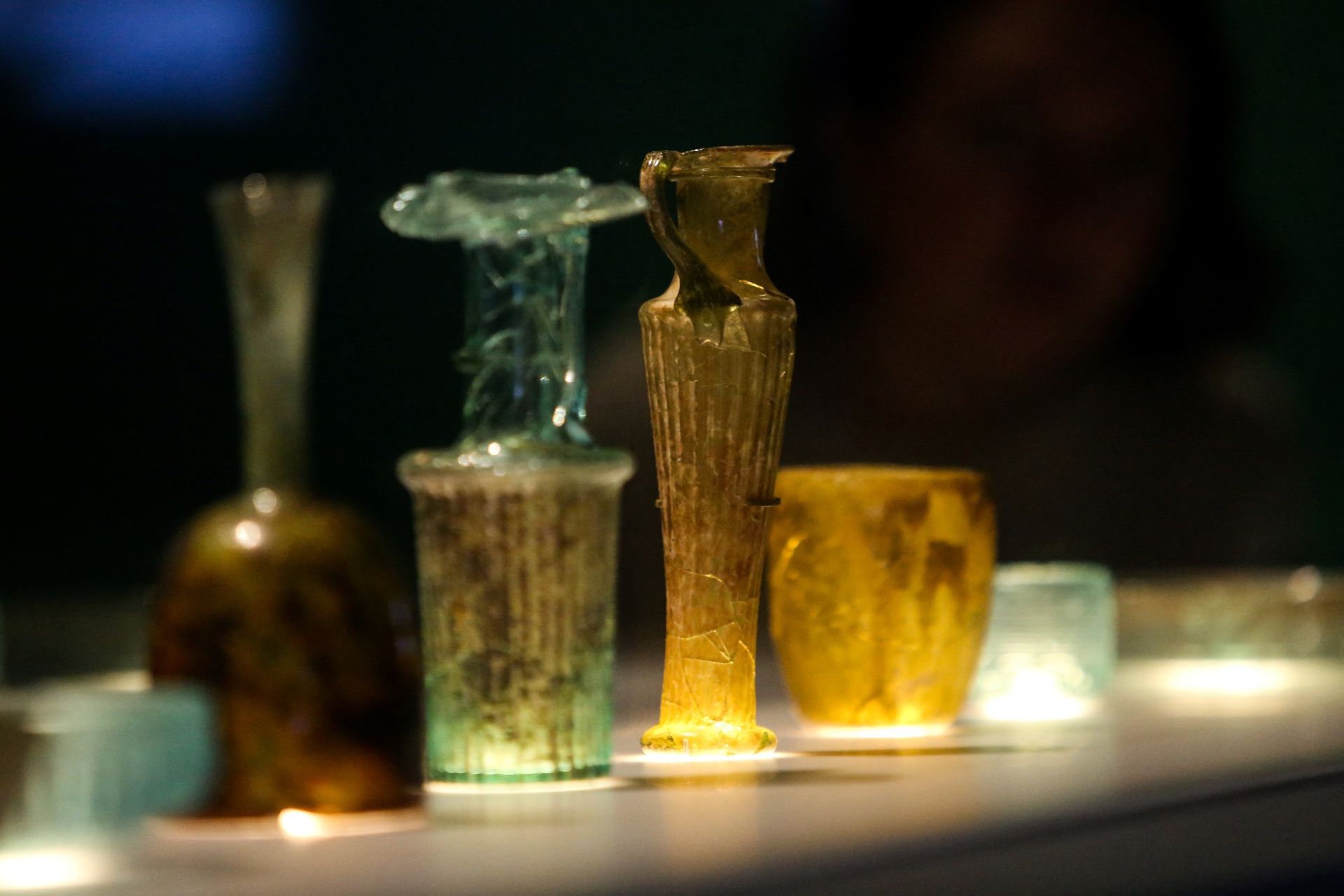
Beirut’s Scarred Heritage — with Nadine Panayot
“As long as justice hasn't been done, I think these scars should be here and remain here to remind us of this horrific tragedy.”After the 2020 Beirut blast, a massive volunteer effort took place to save the city’s ancient heritage. Three years later, New Lines magazine's Lydia Wilson goes back to see the results of that task firsthand and to talk to museum curator Nadine Panayot about what it means for Lebanon’s uncertain future.

Telling Stories of a Distant Homeland — with Heather Raffo
“They're uniquely positioned to tell complex stories of both sides.” Iraq-American actress, playwright and filmmaker Heather Raffo joins New Lines magazine’s Rasha Al Aqeedi to discuss her film Nine Parts, and how diaspora artists have shaped American attitudes to the Middle East over the past twenty years.
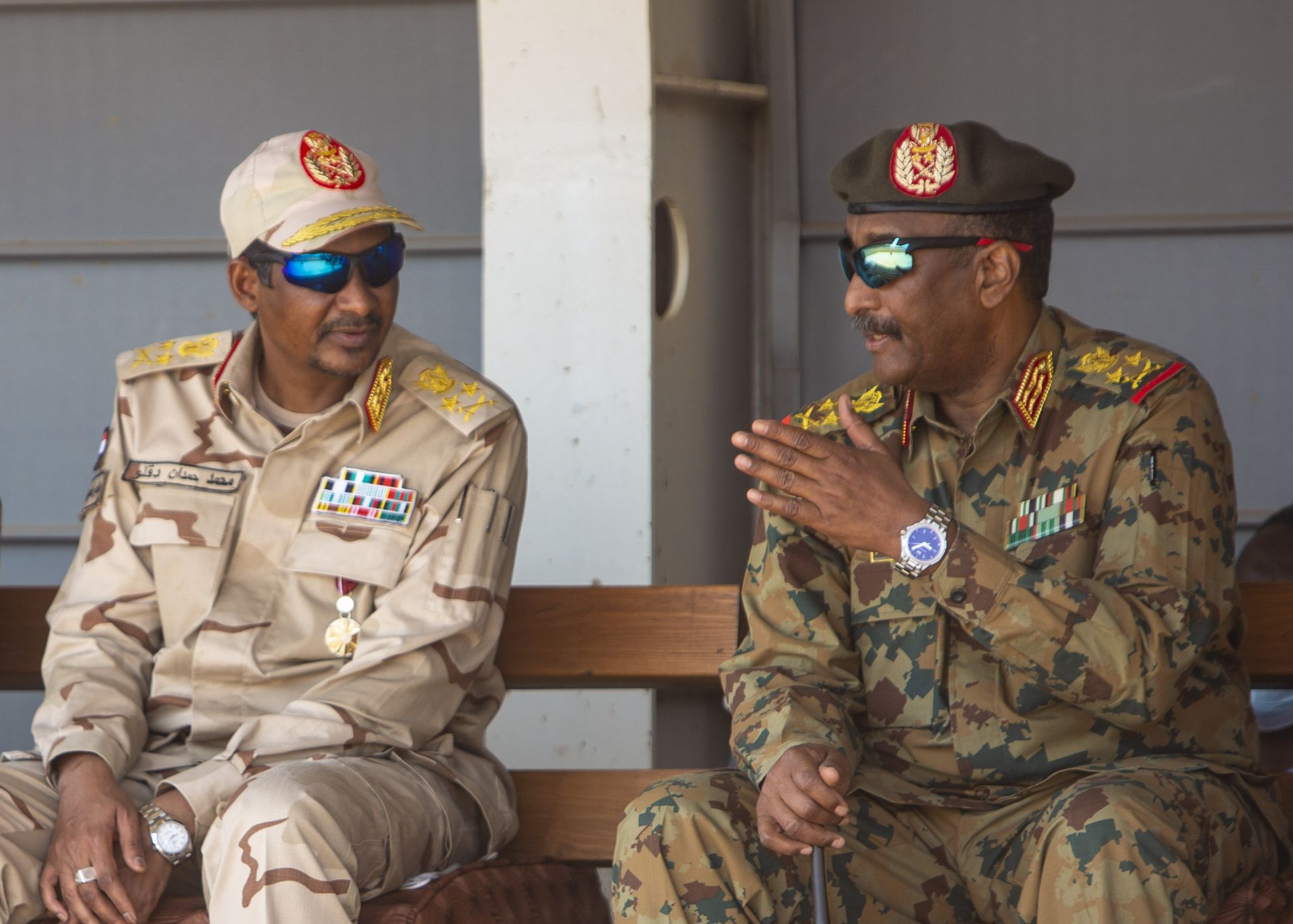
Sudan’s House Divided — with Dallia Abdelmoniem and Sharath Srinivasan
“We all knew it was going to happen.” Dallia Abdelmoniem and Sharath Srinivasan join New Lines magazine’s Kwangu Liwewe to talk about how a rivalry between two generals brought Sudan to the brink of civil war.
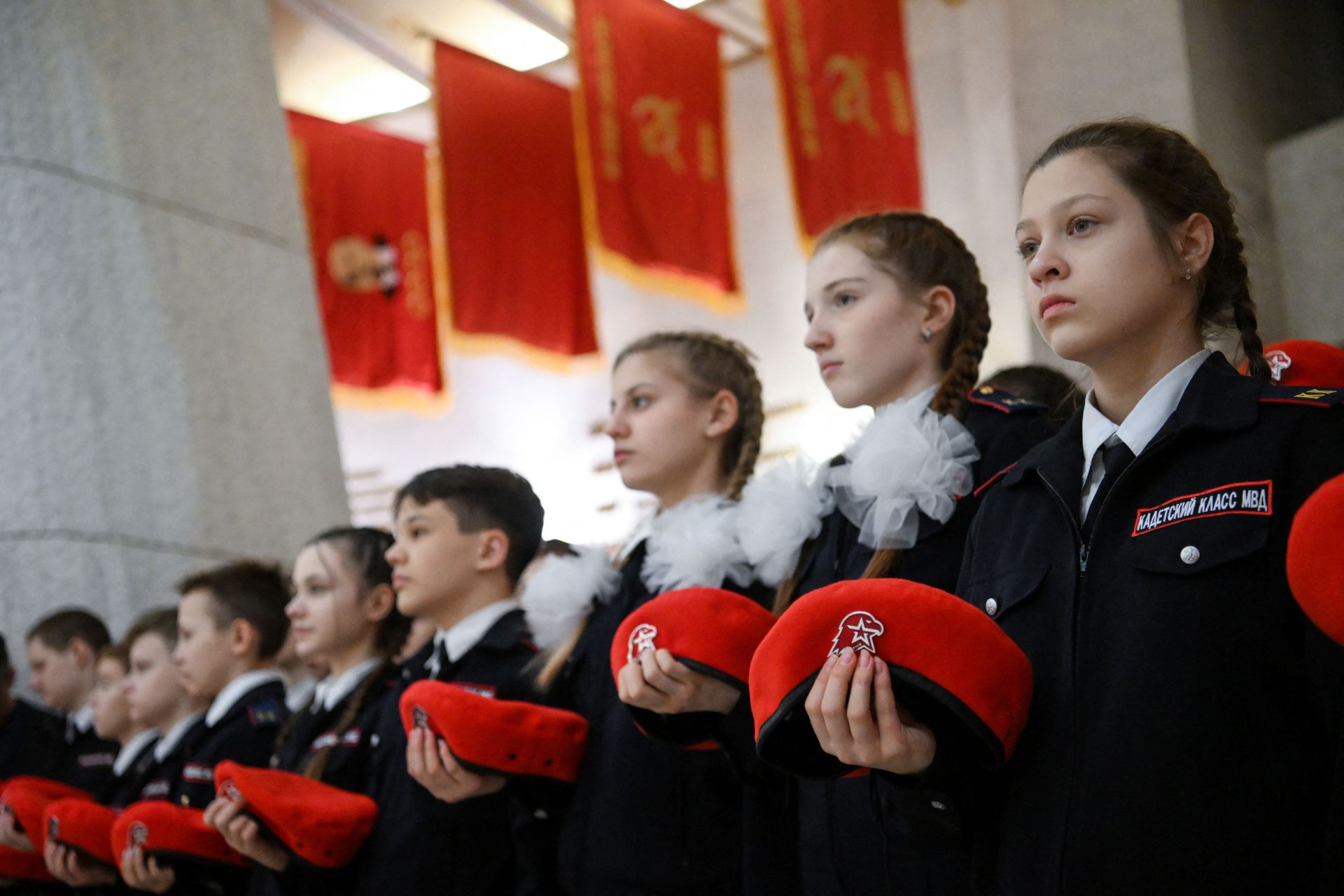
Russia’s Ultranationalist Youth Army — with Ian Garner
“It is re-creating children from the ground up. It is preparing them for war.” Ian Garner joins New Lines Magazine’s Amie Ferris-Rotman to talk about how the Russian state built the “Z generation” of ultranationalist youth.
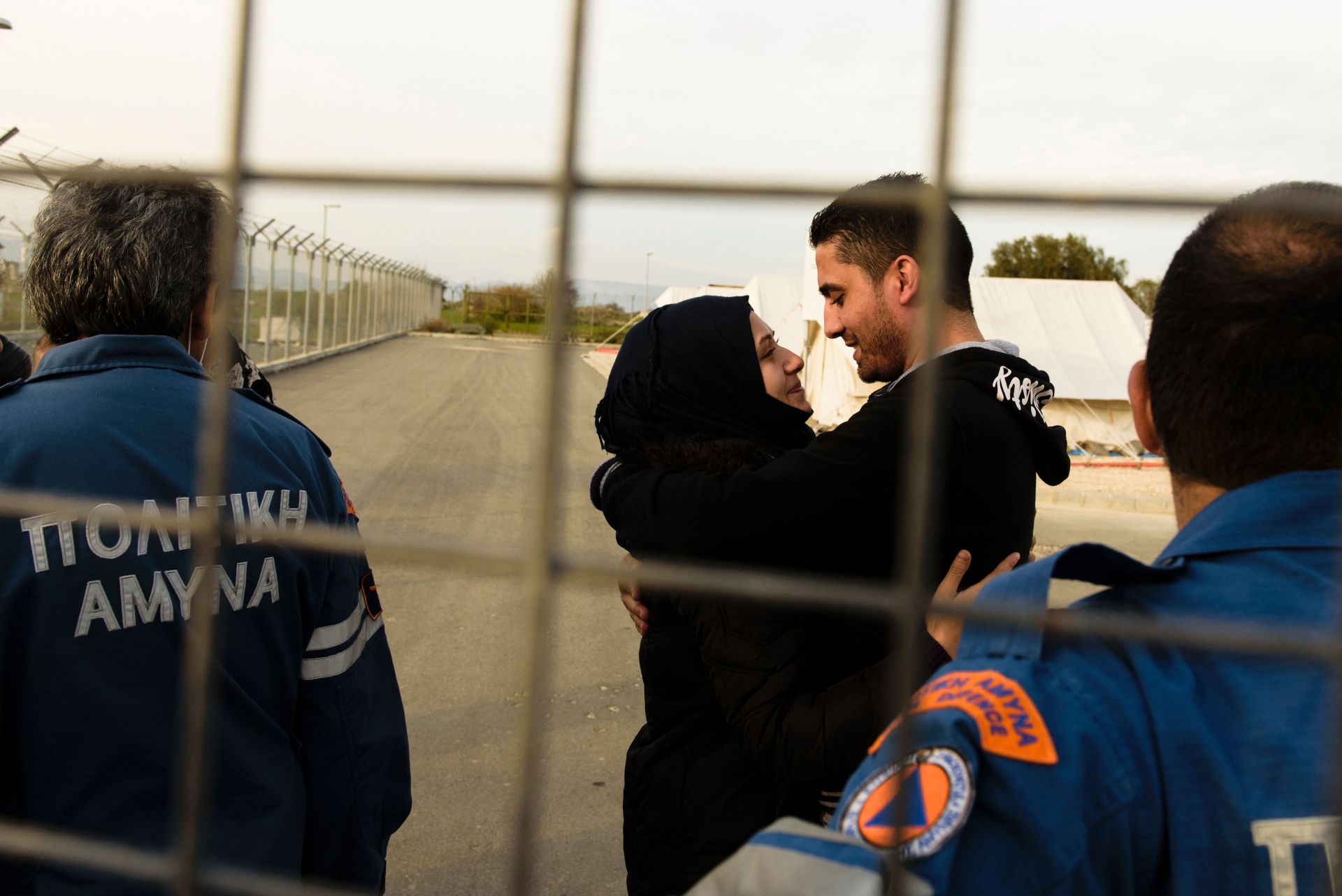
Borders, Romance and Freedom — with Anna Lekas Miller
“We were very much living in limbo; we did not know where we were going to go.” Journalist and author Anna Lekas Miller joins New Lines magazine’s Joshua Martin to talk about what it means to live and love in a world divided by borders.
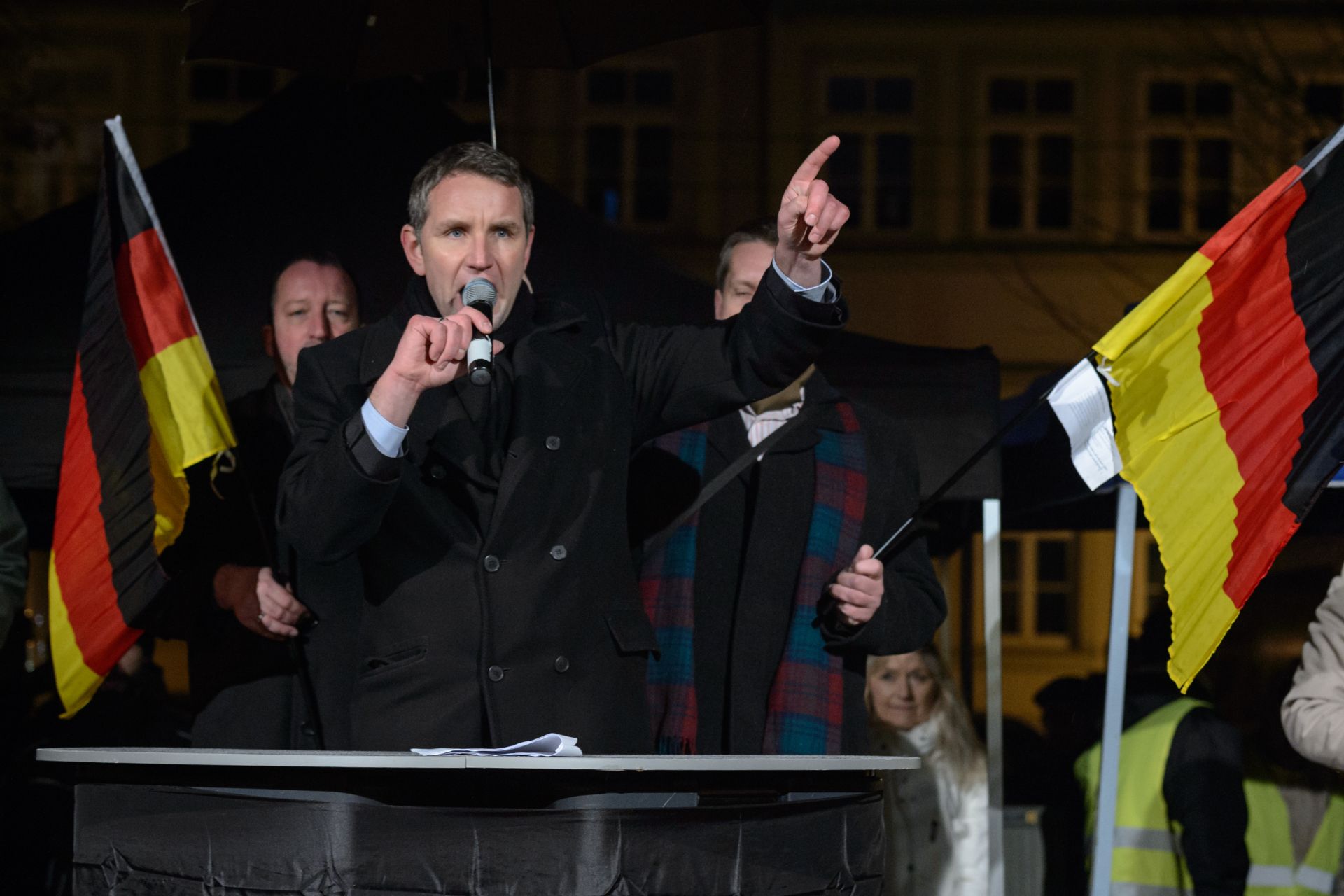
Heidegger and the Far Right — with Richard Wolin
Martin Heidegger was one of the 20th century’s most influential philosophers. He was also a Nazi. Intellectual historian Richard Wolin joins New Lines magazine’s Danny Postel to break down his influence on the post-war New Right, whose ideas are inspiring far-right populists from Russia to Tunisia.
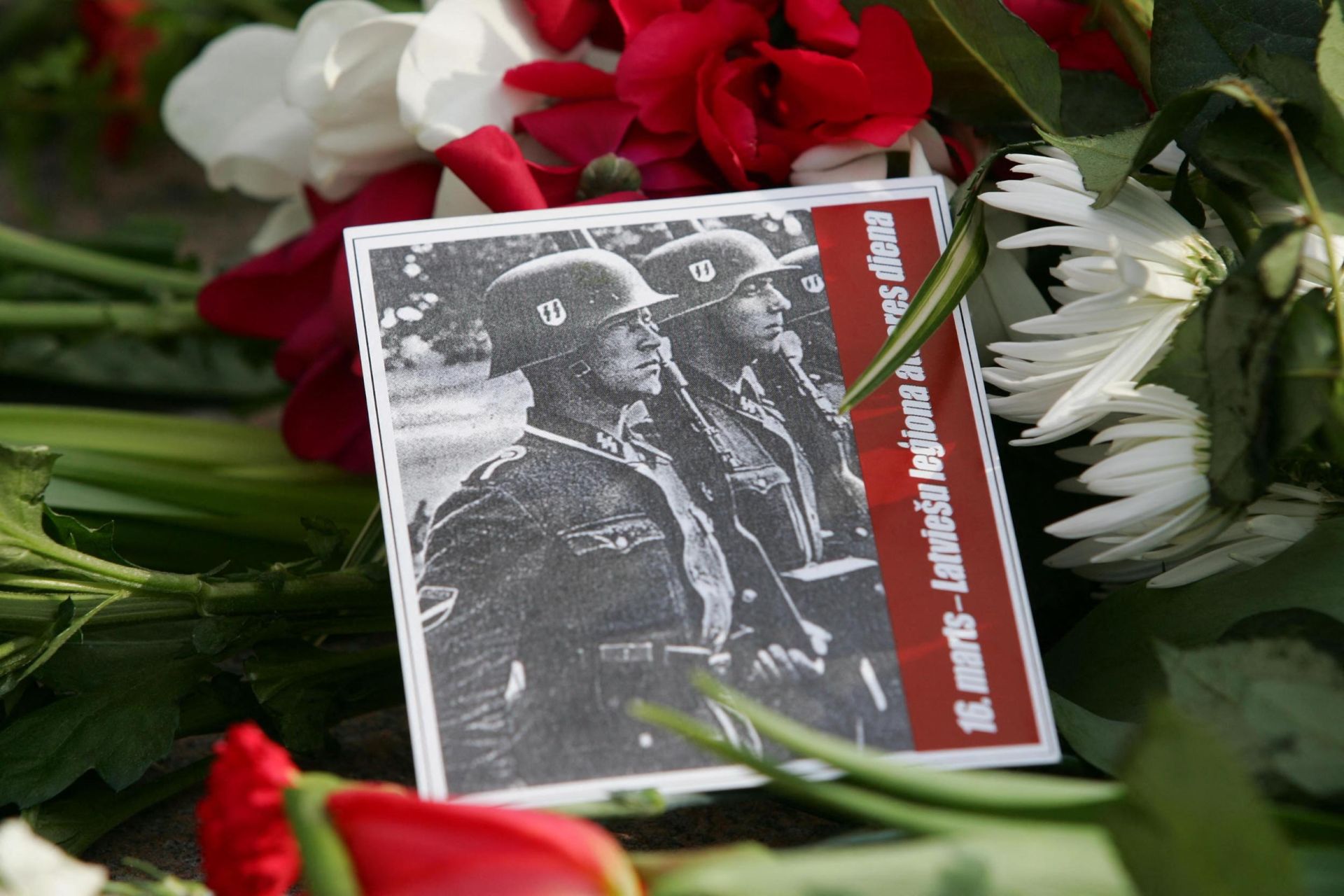
Silence and Memory in Eastern Europe — with Linda Kinstler
Discovering that her paternal grandfather had been a member of an SS-led death squad in Nazi-occupied Latvia led writer Linda Kinstler on a personal journey into the tangled and painful politics of remembrance in Eastern Europe. She joins New Lines’ Amie Ferris-Rotman to talk about justice and memory in a part of the world where the crimes of World War II are still very much present — even as, increasingly, those who witnessed them are not.
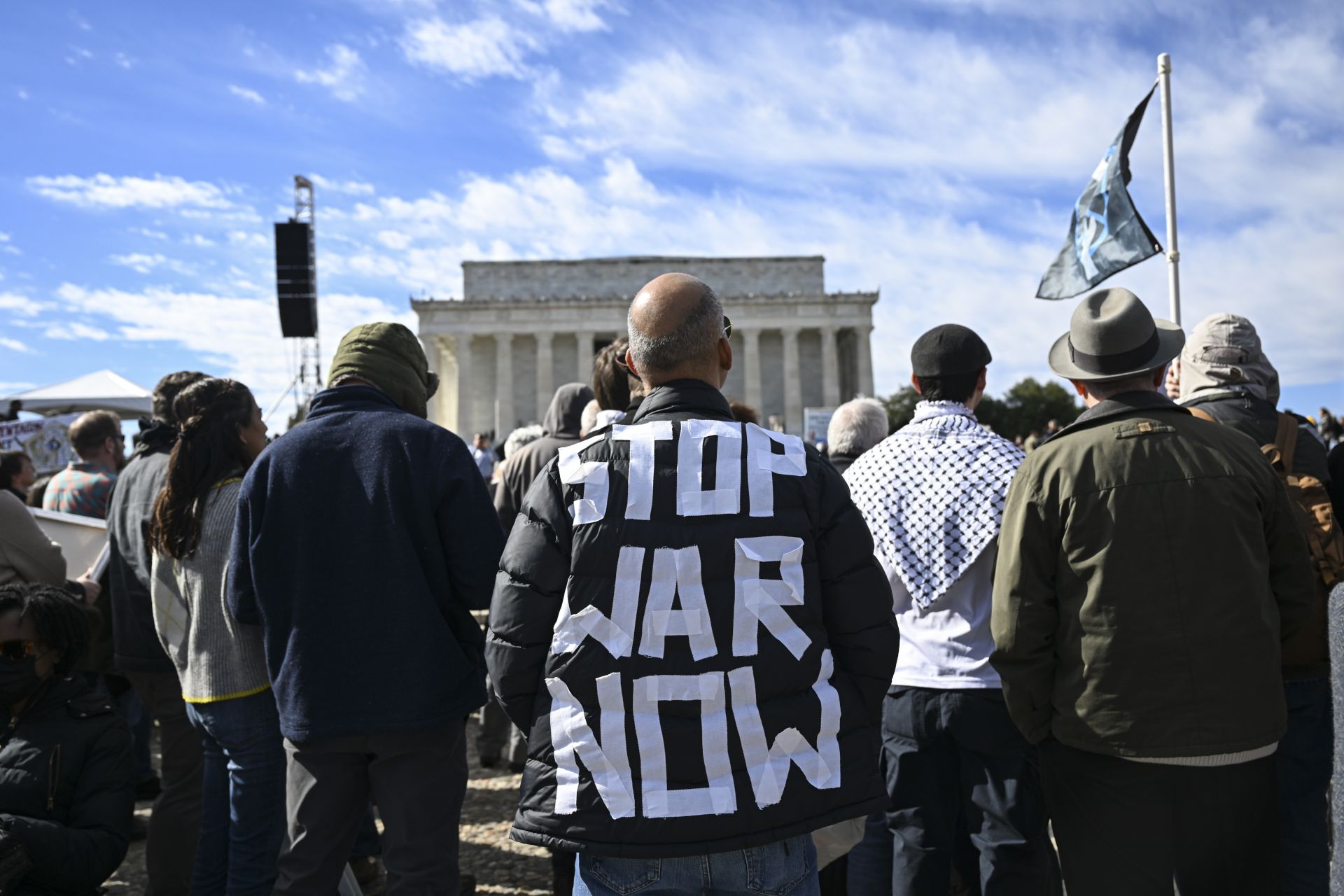
How America Fell Out of Love With War — with Samuel Moyn and Faisal Al Yafai
“American presidents, to gain power, have to run against war,” Samuel Moyn tells New Lines magazine’s Faisal Al Yafai. Between Joe Biden’s withdrawal from Afghanistan and the rise of the isolationist “America First” Republicans, public support for military intervention abroad might be on the brink of collapse. But is America ready to end its love affair with the use of force?
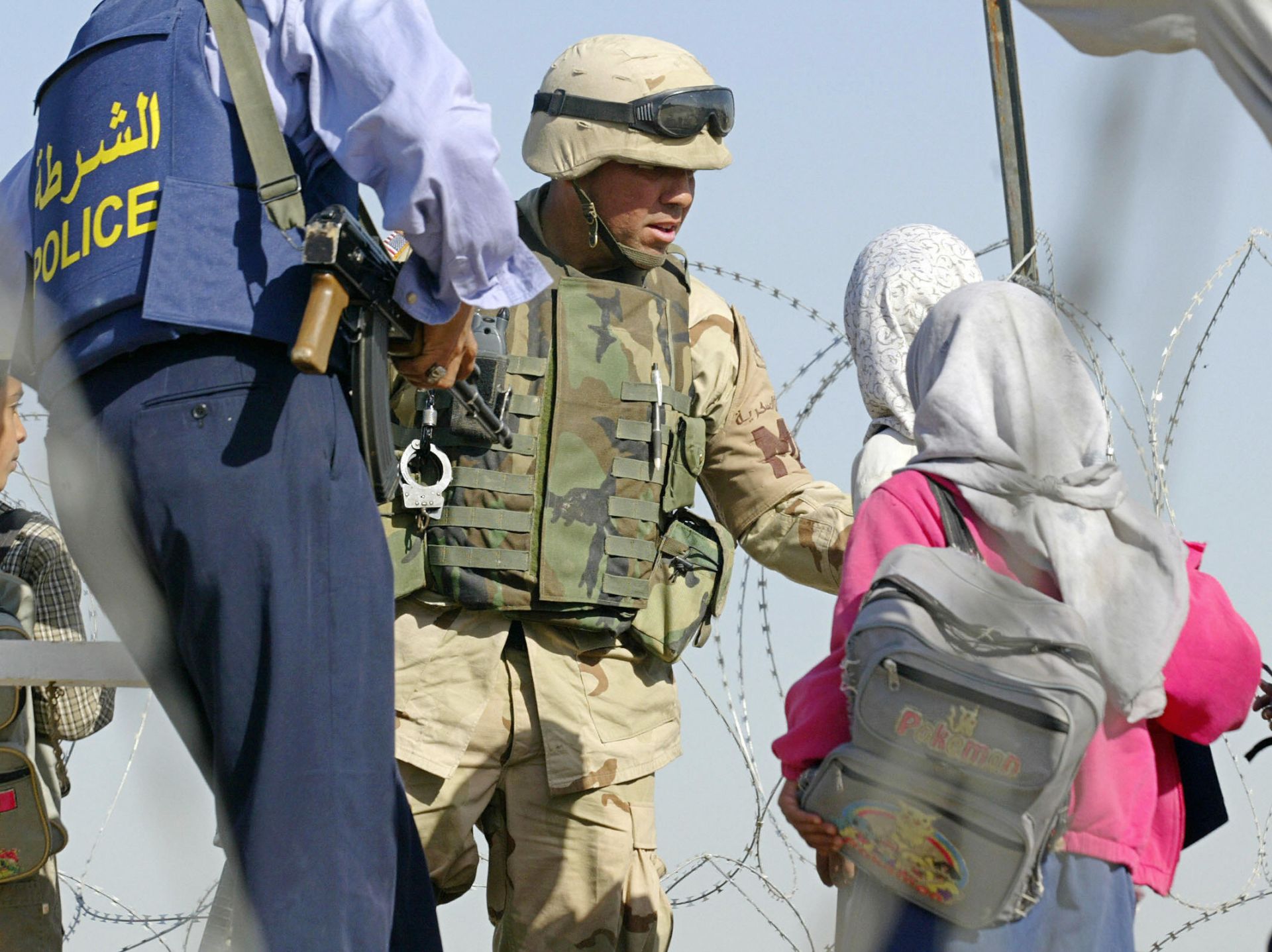
Life and Loss in Occupied Iraq — with Noor Ghazi
Twenty years after the war began, Noor Ghazi and New Lines magazine’s Rasha Al Aqeedi reflect on their experiences of life in Iraq during the American invasion and what they lost in its aftermath.

Hyperconnectivity’s Unsettling Changes — with Rogers Brubaker
"I call hyperconnectivity a total social fact, meaning that it leaves no domain of life untouched,” says Rogers Brubaker, a sociologist and author of “Hyperconnectivity and Its Discontents.” He discusses digital life’s transformations of the self, social interactions, culture, economics and politics on the Wider Angle podcast.
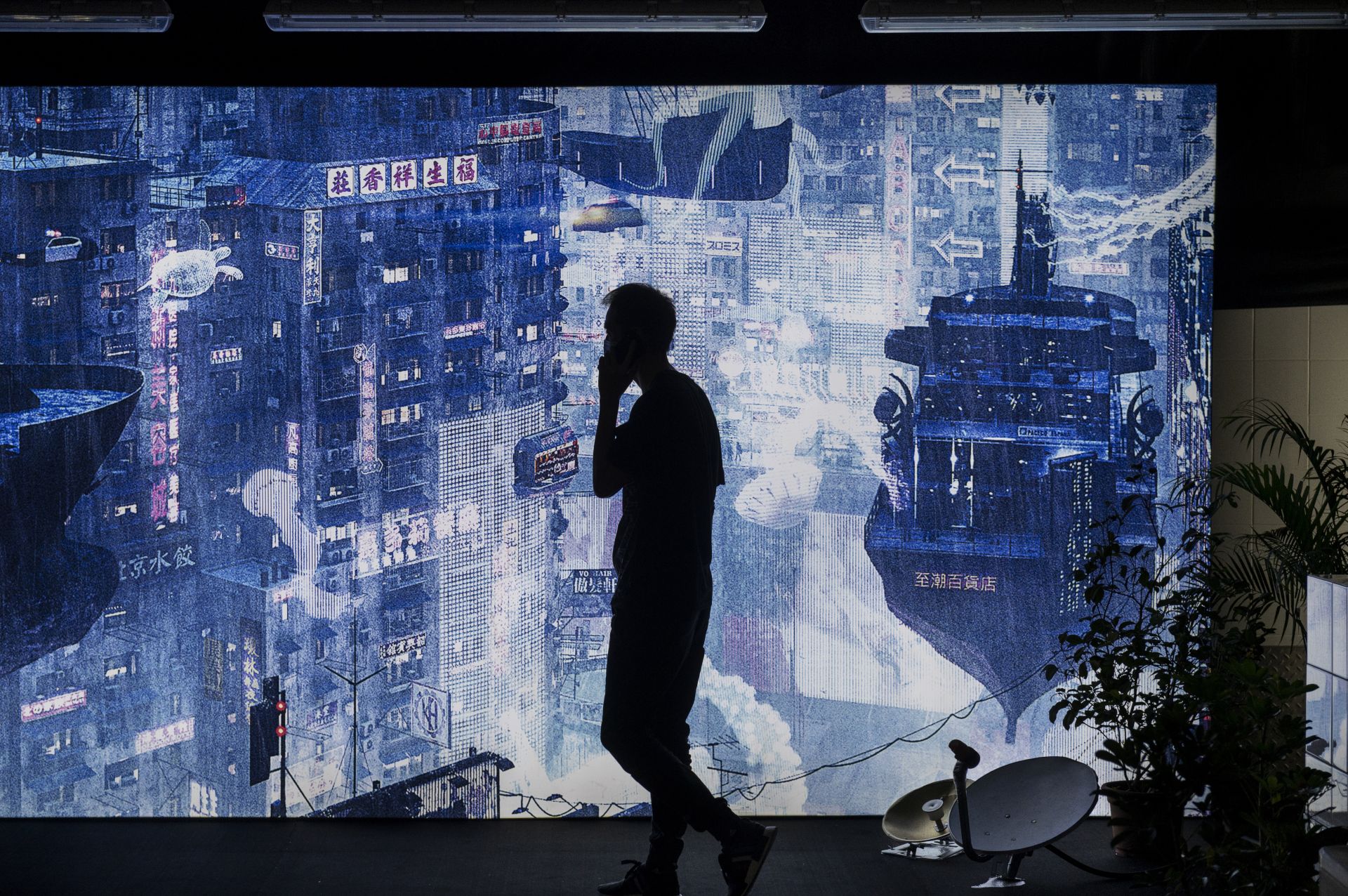
How Cyberpunk Lost its Edge — with JD Harlock and Elia Ayoub
For decades, cyberpunk shaped our vision of the future. But more recently, writers and artists have begun to look beyond this dystopian lens and reimagine a radically optimistic future. Joey Ayoub and J.D. Harlock join New Lines magazine’s Lydia Wilson on a journey into the utopian world of solarpunk.
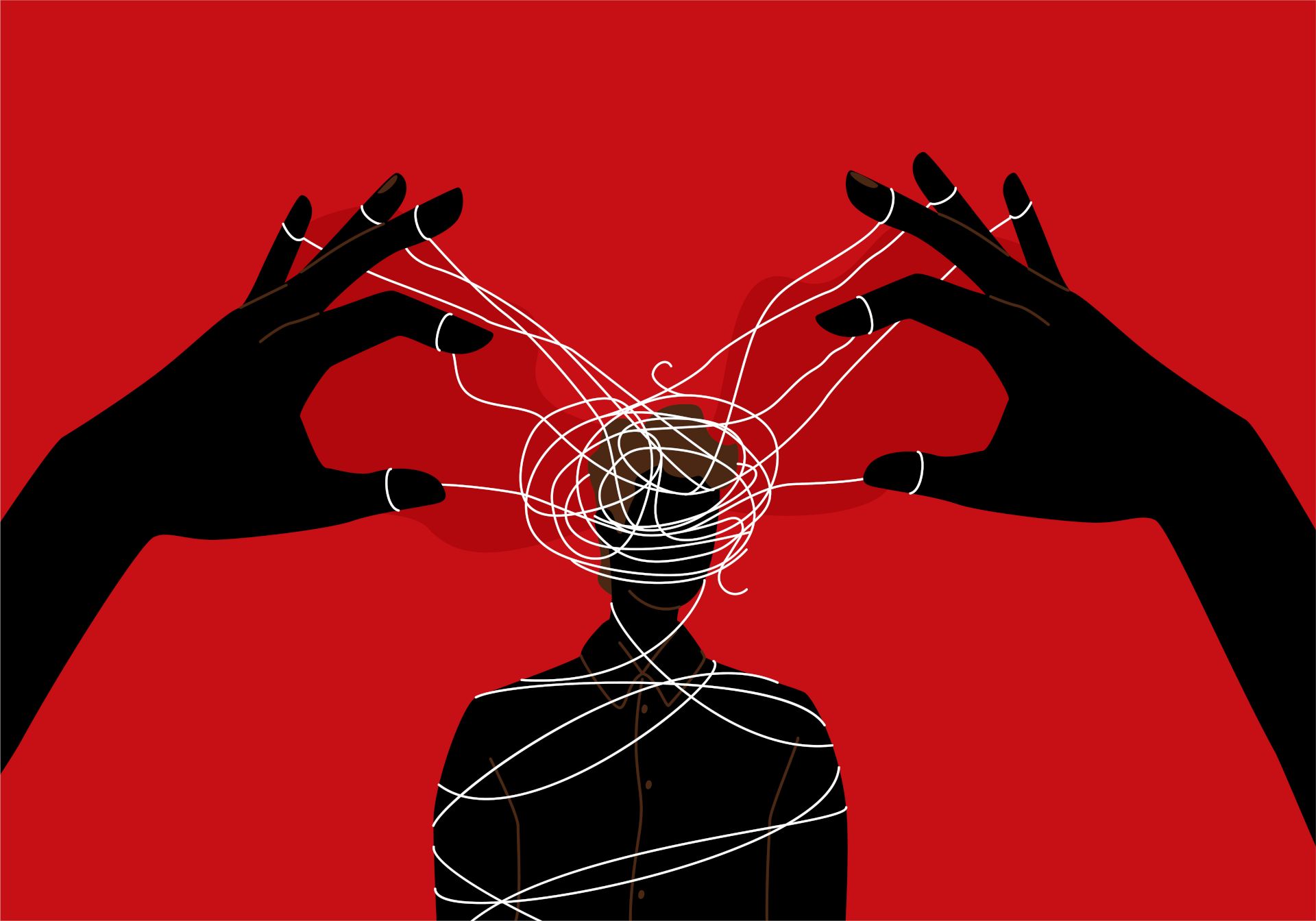
‘Spin Dictators’ — with Daniel Treisman
While traditional autocrats and their “fear dictatorship” model, prevalent in the 20th century, have not disappeared, some scholars argue that a new type of tyrant arose toward the end of the last millennium. Daniel Treisman joined Riada Asimovic Akyol to talk about the new kind of “spin dictators.”
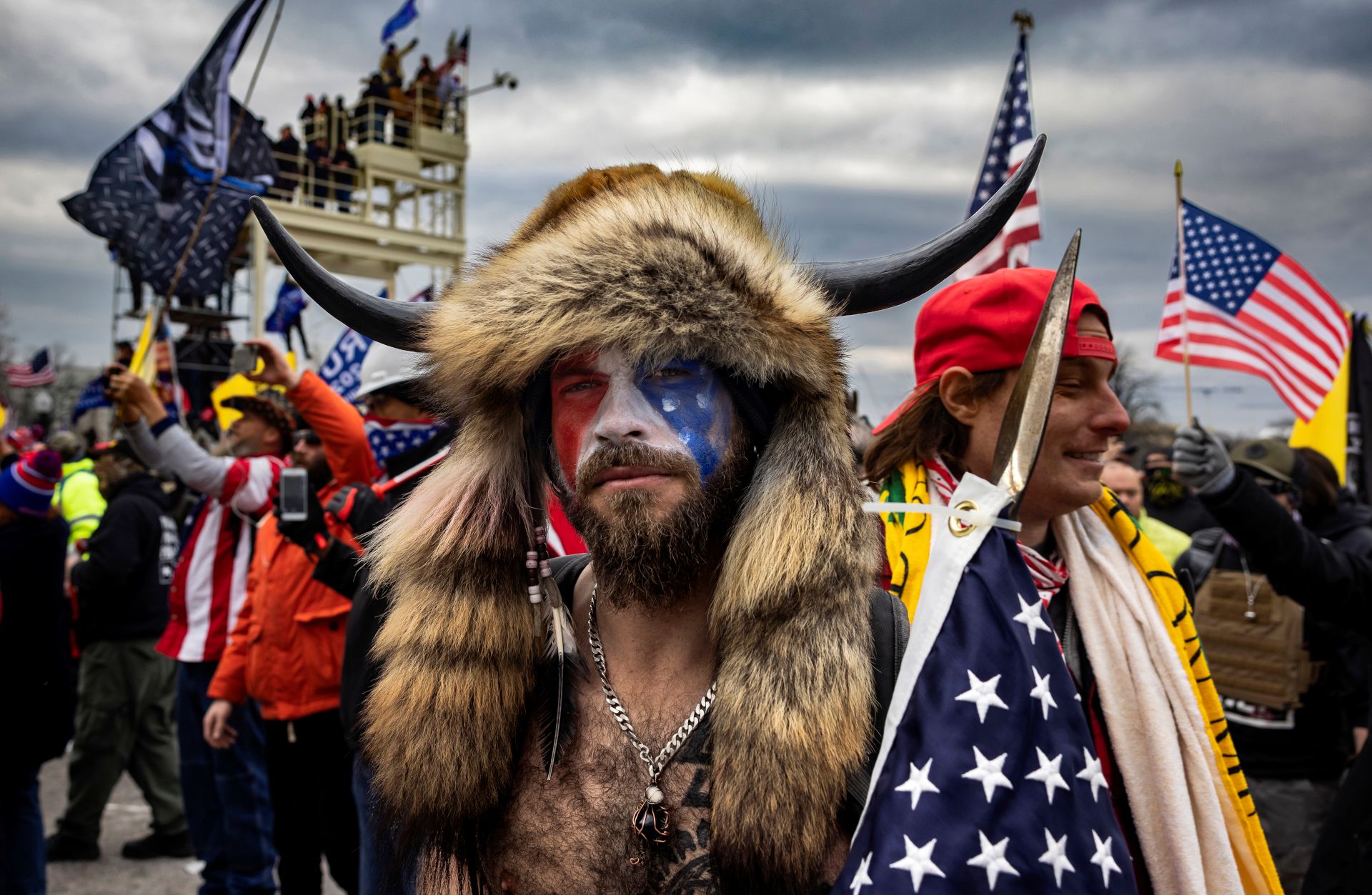
The Age of Conspiracy Theories — with Gabriel Gatehouse
“The fire is now raging, and it is going to keep on burning until something quite fundamental changes.” Gabriel Gatehouse joins New Lines magazine’s Faisal Al Yafai to talk about how online conspiracy theories like QAnon are tearing society apart.
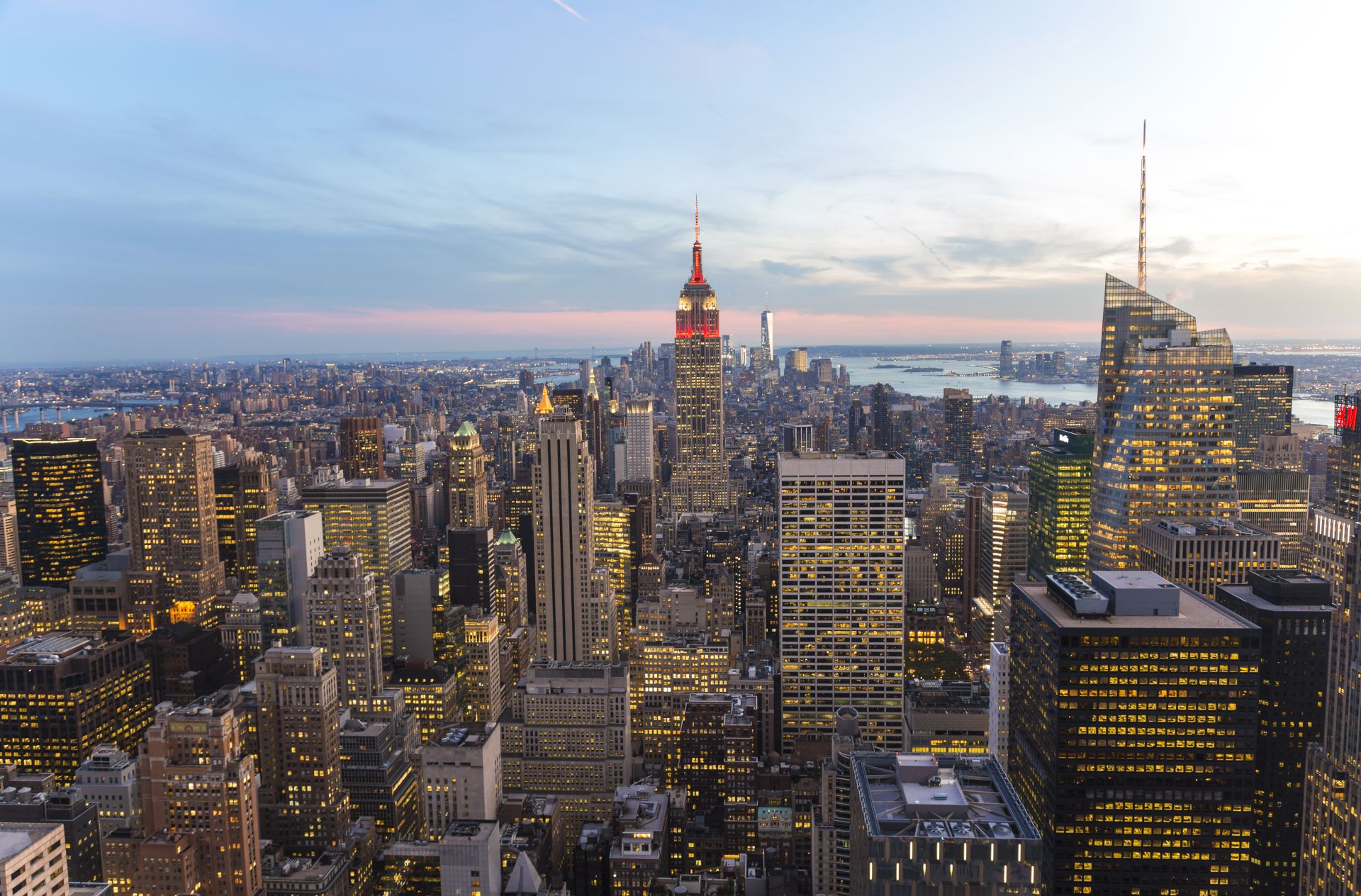
A Pilot’s Explorations of the World’s Cities — with Mark Vanhoenacker
In this conversation, Mark Vanhoenacker, a commercial airline pilot, writer and author, talks about his unique experiences in different cities, the nuances of traveling as an ordinary traveler or as a job and the effect his career has had on his perception of home.
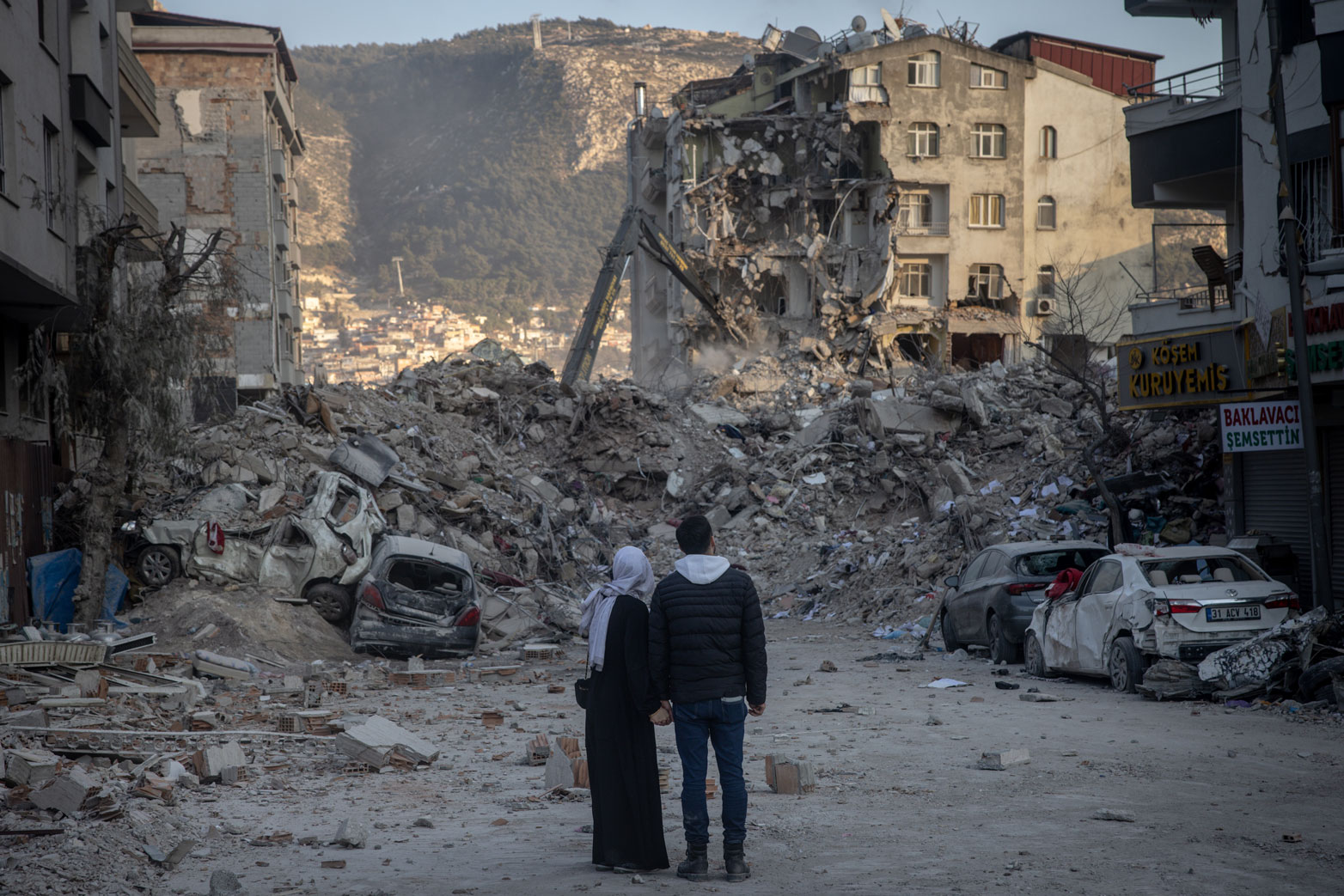
Turkey After a Cataclysmic Earthquake — with Soli Ozel
Grim news continues pouring in after the cataclysmic earthquakes in Turkey and Syria. Turkish academic Soli Ozel joined Riada Asimovic Akyol in a conversation about grief, accumulated traumas, and multitude of future challenges in a republic marking its centennial in 2023.
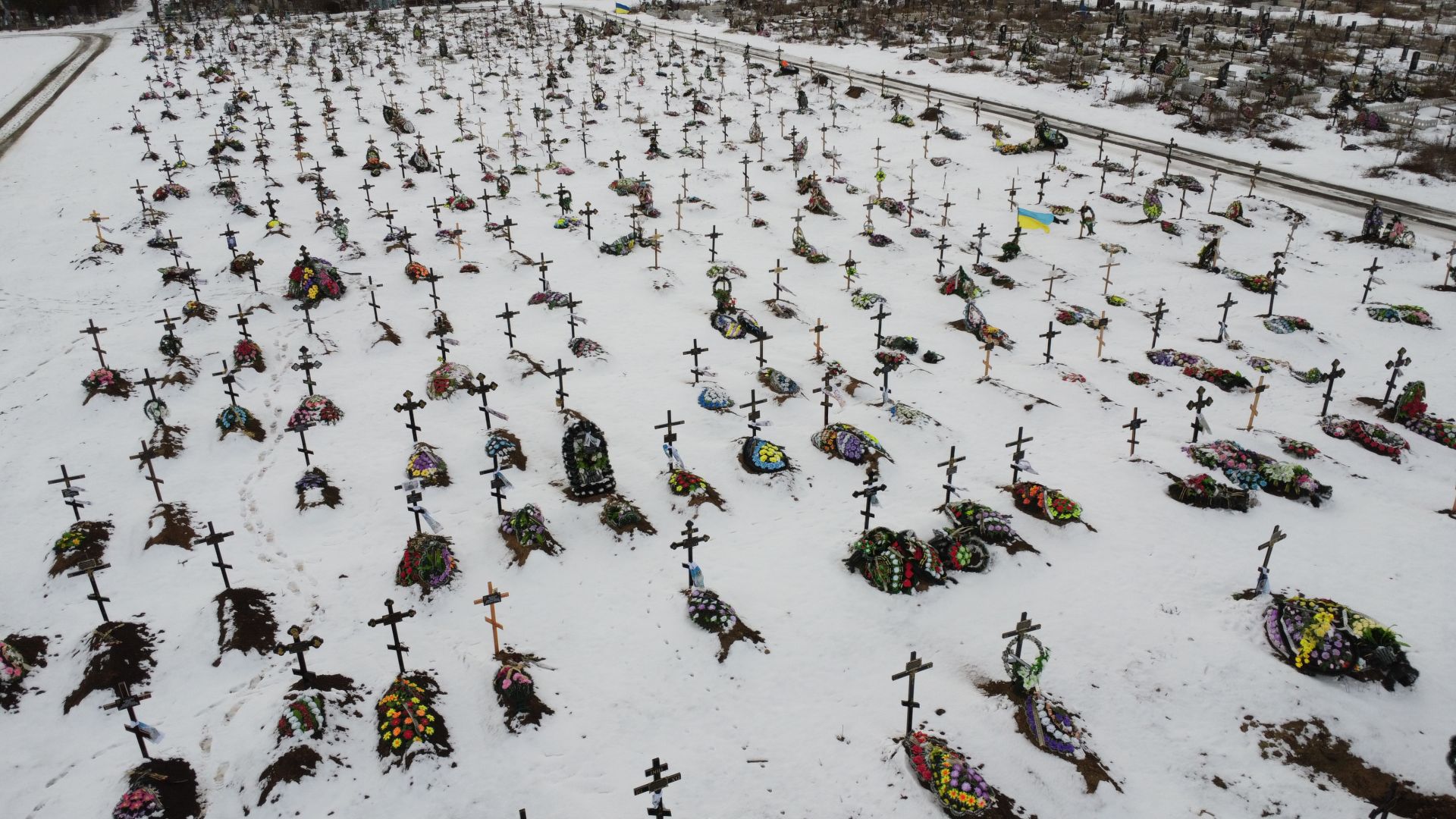
Ukraine’s Long War — with Olesya Khromeychuk
“It was just a matter of time.” Olesya Khromeychuk joins New Lines magazine’s Amie Ferris-Rotman to look back at the year since the Russian invasion of Ukraine, and the long, painful history that led to it.
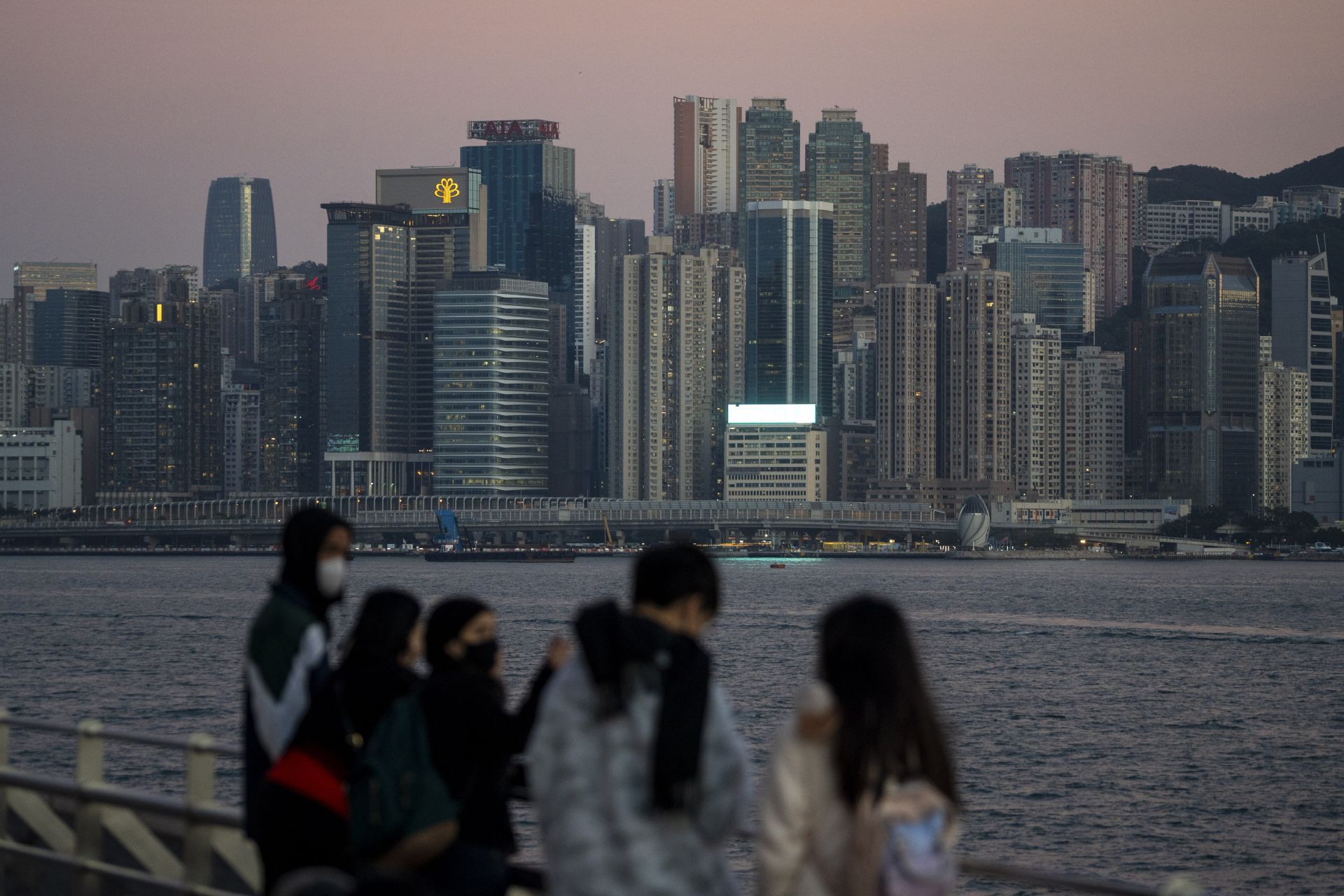
Reflections on Contemporary Hong Kong — with Karen Cheung
Karen Cheung, a writer and journalist from Hong Kong, is the author of “The Impossible City: A Hong Kong Memoir.” She joined Riada Asimovic Akyol in a conversation about politics, culture and belonging in contemporary Hong Kong.
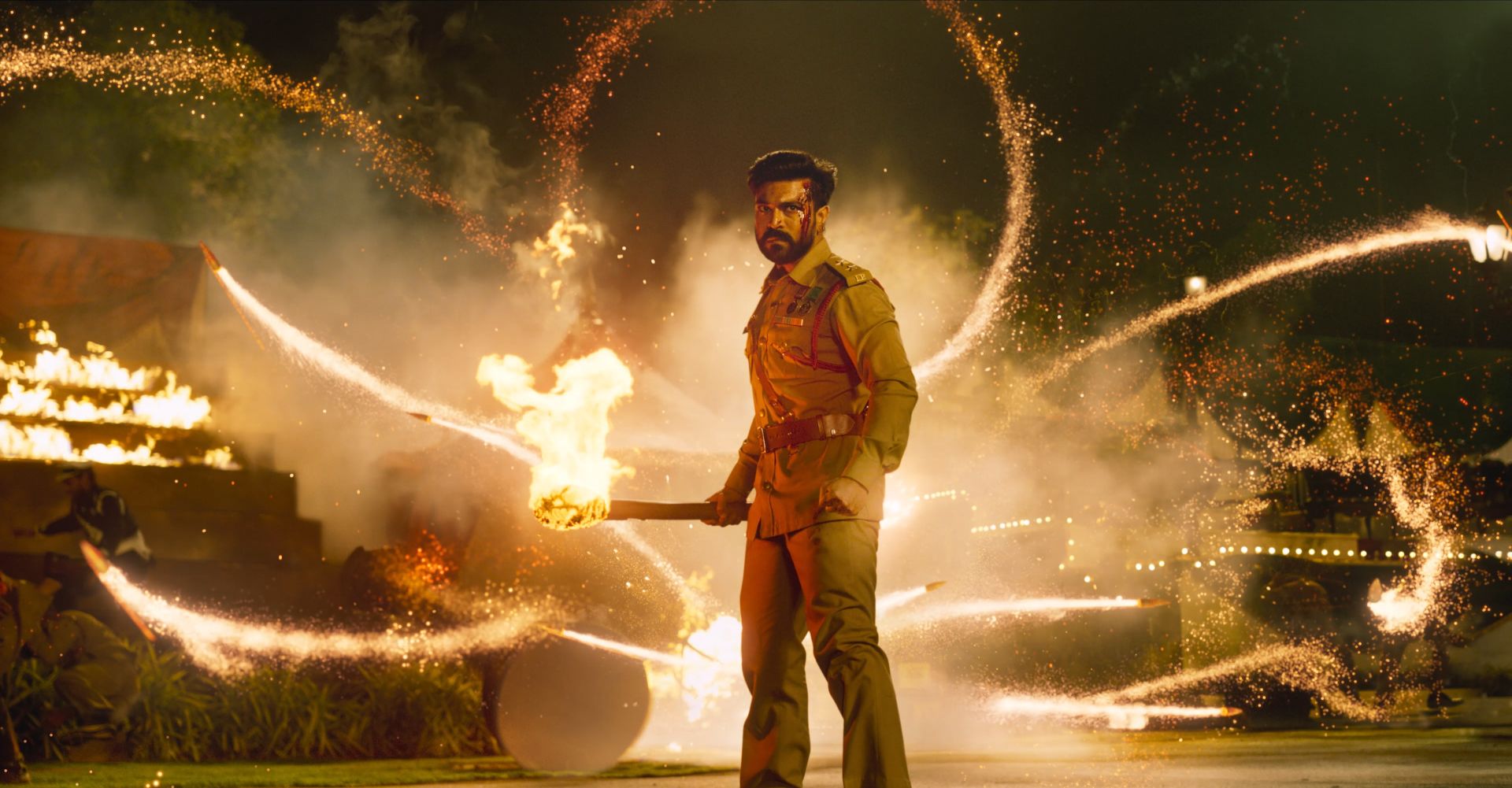
The Many Worlds of Indian Cinema — with Anupama Chopra
Journalist and film critic Anupama Chopra joins New Lines magazine’s Surbhi Gupta for a wide-ranging conversation about the trends, the stars and the politics of India’s many film industries.
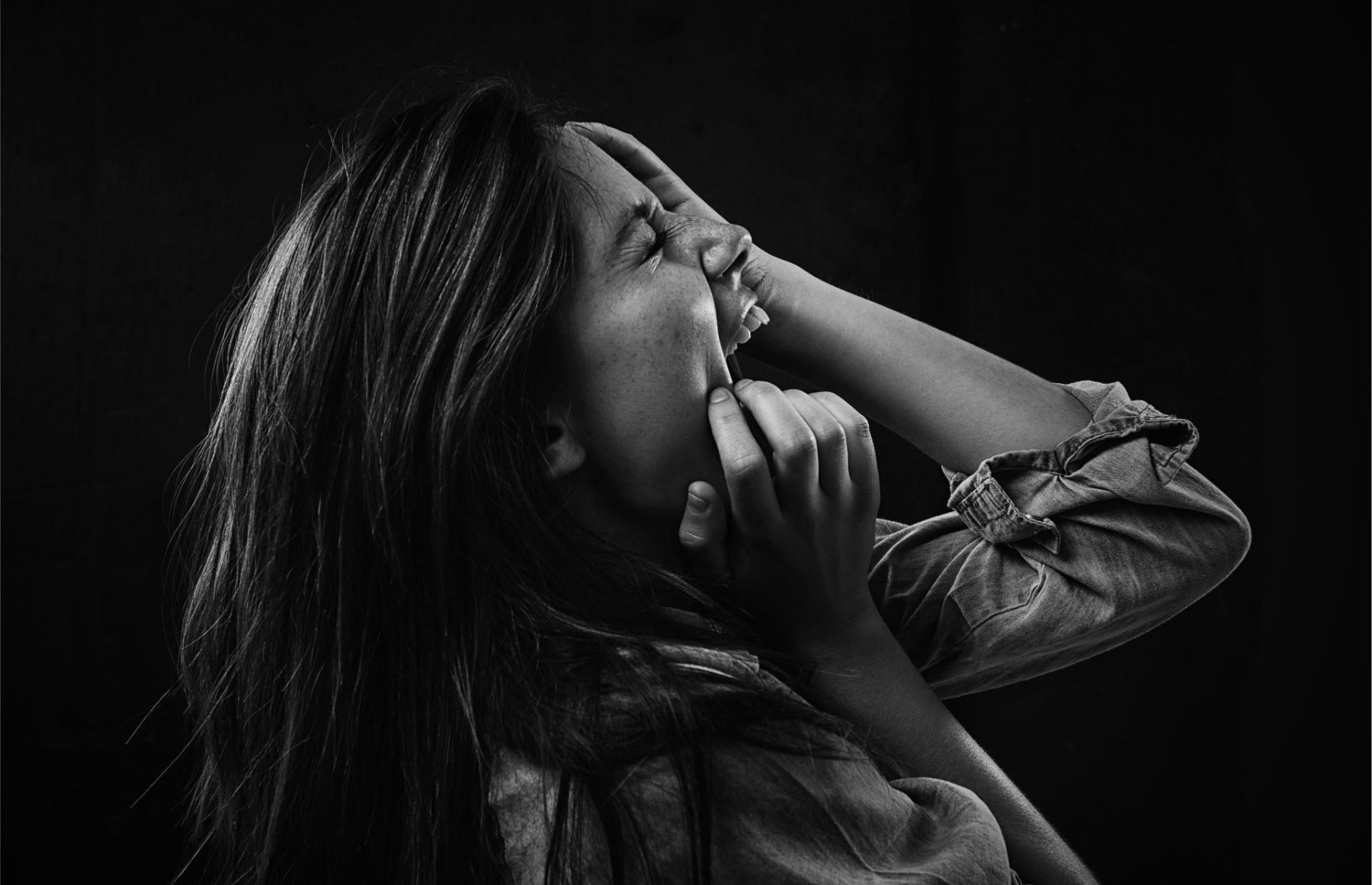
‘Hysterical’ Women — with Elissa Bassist
Elissa Bassist is an American essayist, author of the memoir “Hysterical,” in which she blends personal and scholarly research in a powerful social commentary on a culture that dismissively labels women as such. She joined Riada Asimovic Akyol on the Wider Angle podcast to unpack the label of "hysterical" women.

The Fight for the Right — with David French
Ten years ago, David French was a committed Republican. But when Donald Trump won the 2016 election, a new faction of the conservative movement rose to power within the party — one with a very different set of values from French’s own. He joins New Lines magazine’s Faisal Al Yafai to unpack the differences between the two competing factions and talk about how such intra-party divisions have reshaped the entire national landscape.
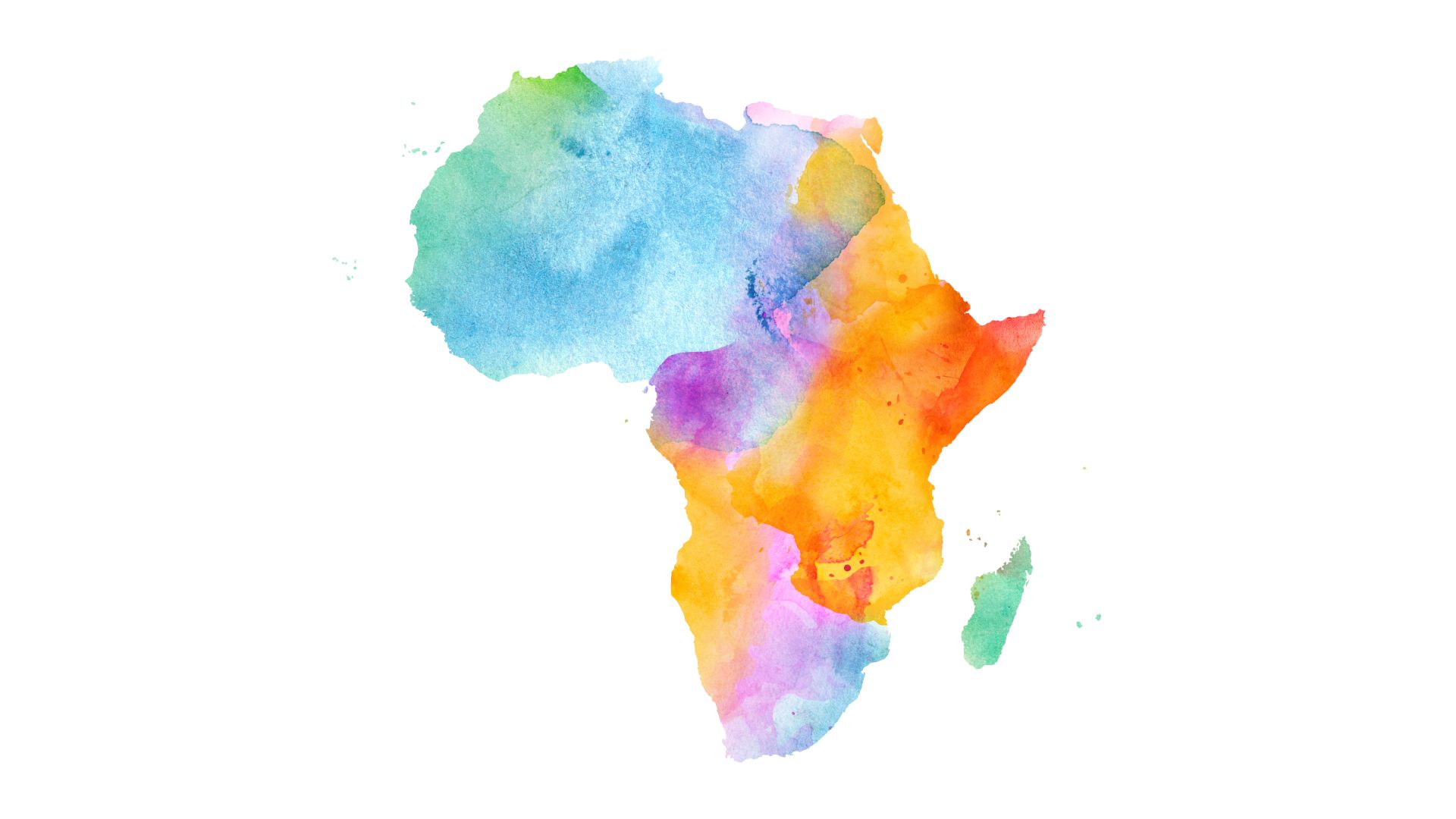
Africa’s Complexities Beyond Stereotypes — with Dipo Faloyin
“They treat Africans and African countries as if they are sort of these strange species, unnoble people, unnoble communities that exist in a way that is so different and so far away from, you know … the rest of the world. And that obviously isn’t true.”
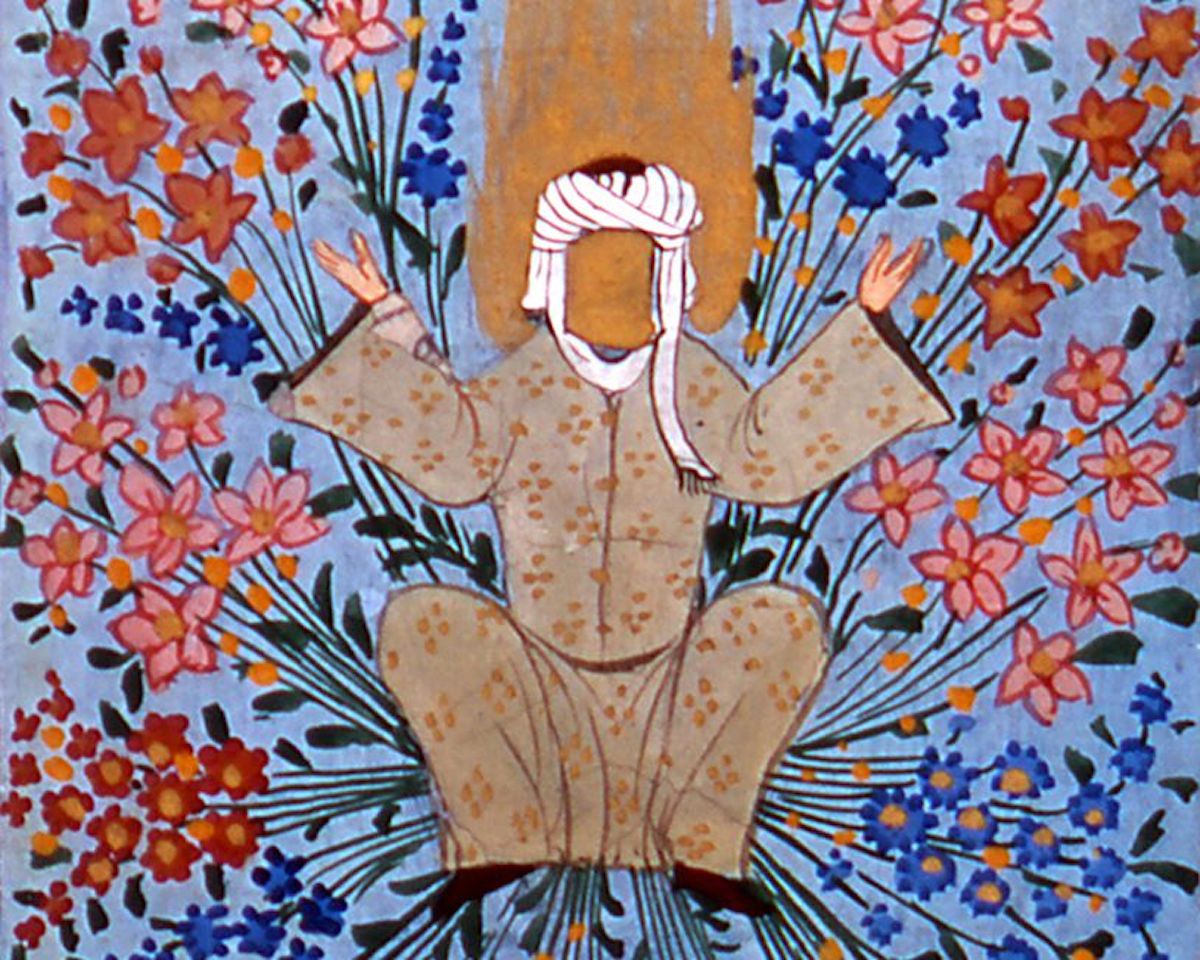
Behind the Hamline University Incident — with Erika López Prater and Christiane Gruber
Erika López Prater, a former adjunct professor at Hamline University, showed students medieval depictions of the Prophet Muhammad for an art history class. Her contract was not renewed and the incident became the center of a nationwide controversy. Alongside Islamic art historian Christiane Gruber, she joins New Lines magazine’s Rasha Elass to discuss the rich variety of artistic traditions within Islam and unpack the complicated web of factors behind the current controversy.
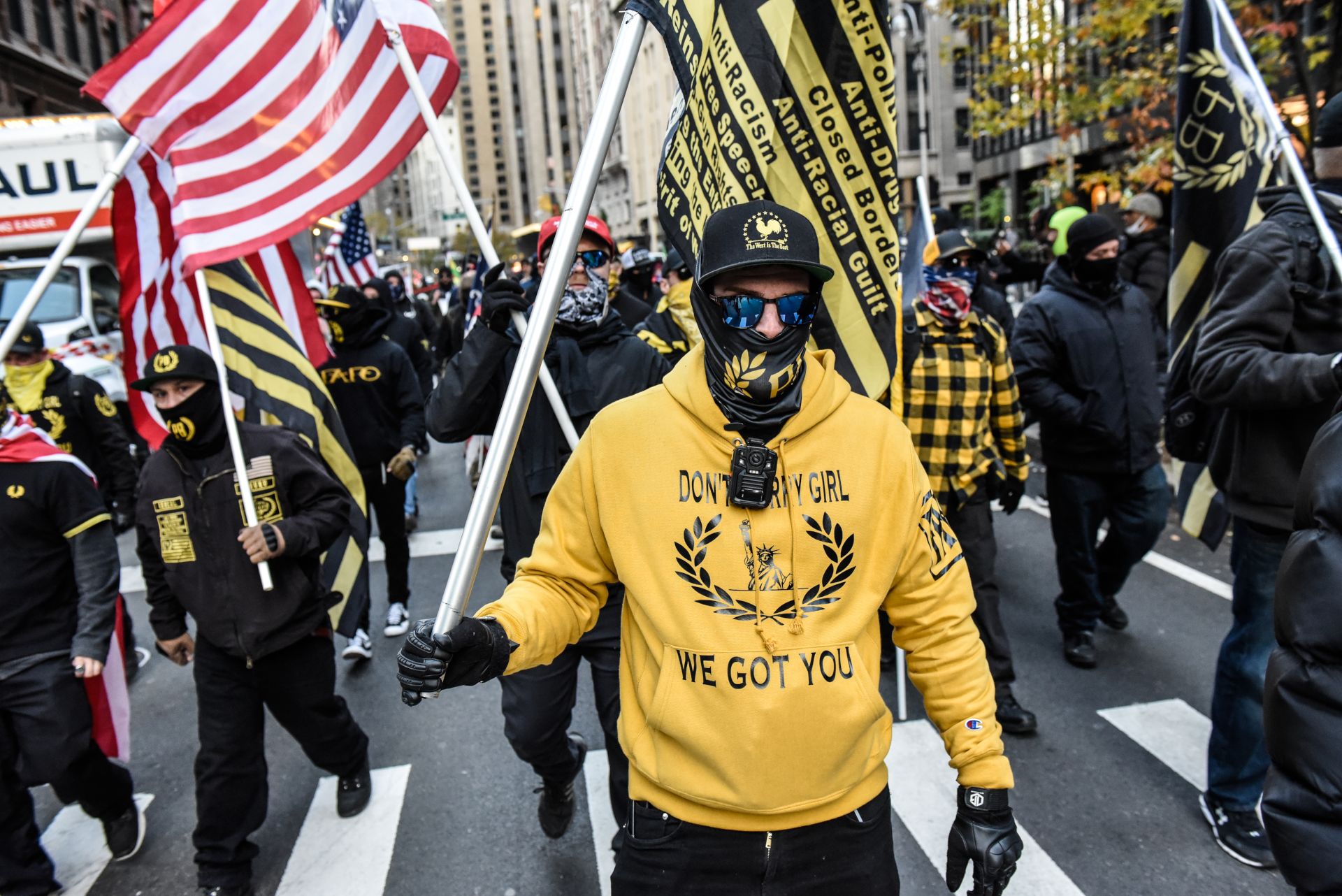
The Threat of Proud Boys — with Andy Campbell
Far-right groups like the Proud Boys have already caused irreparable damage in normalizing violence in U.S. politics. Andy Campbell joined Riada Asimovic Akyol on Wider Angle podcast to talk about the threats of the "extremist playbook" they created.
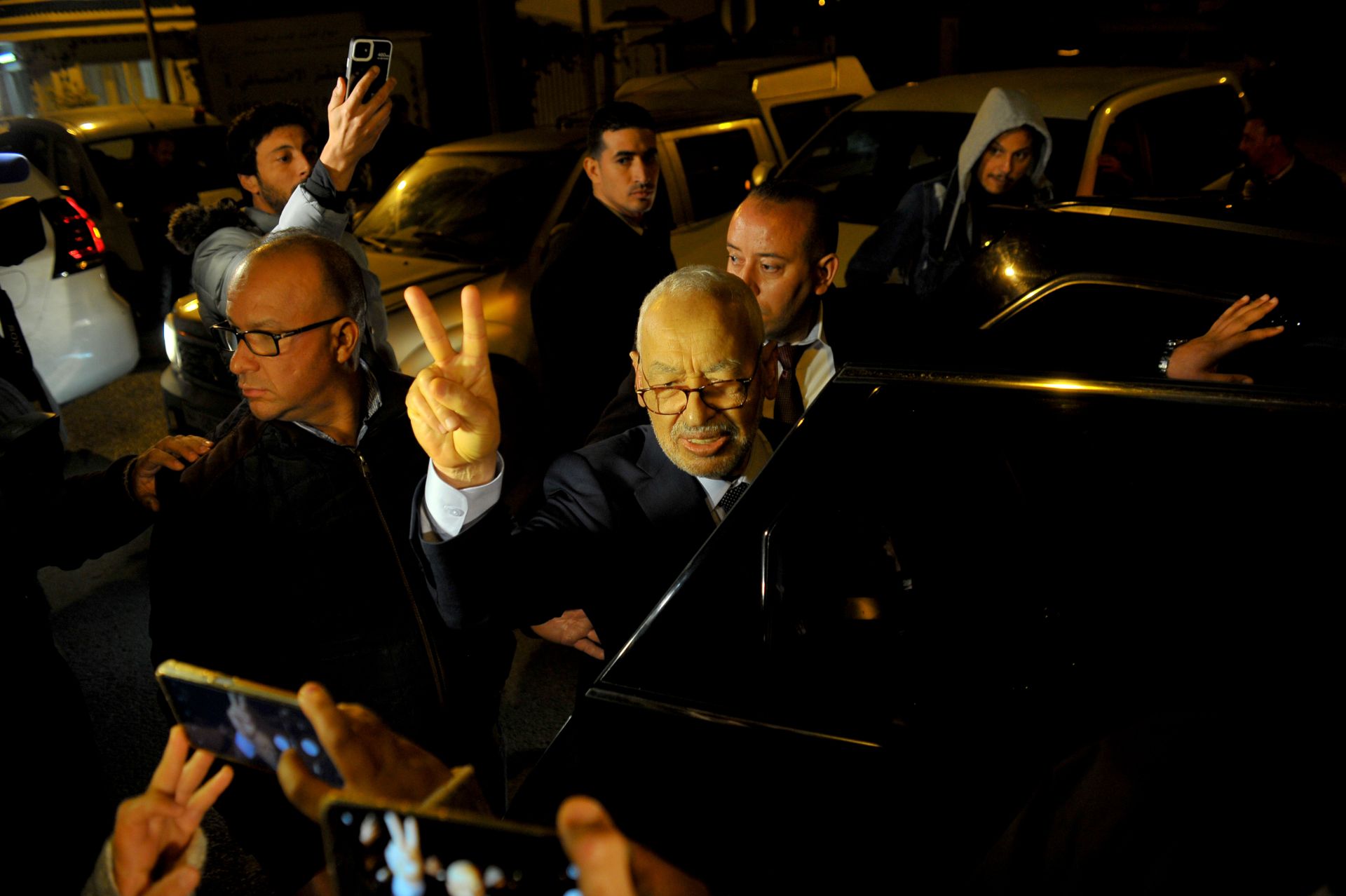
A Tunisia Without Ennahda? — with Monica Marks
As Tunisia's economy falters, its autocratic president, Kais Saied, is struggling to hold onto the powers he seized in 2021. Yet suspicion of the Islamist Ennahda party — the country’s largest and best organized political force — still divides the opposition, Monica Marks tells New Lines magazine's Erin Clare Brown. Can Tunisians restore their hard-won democracy without them?
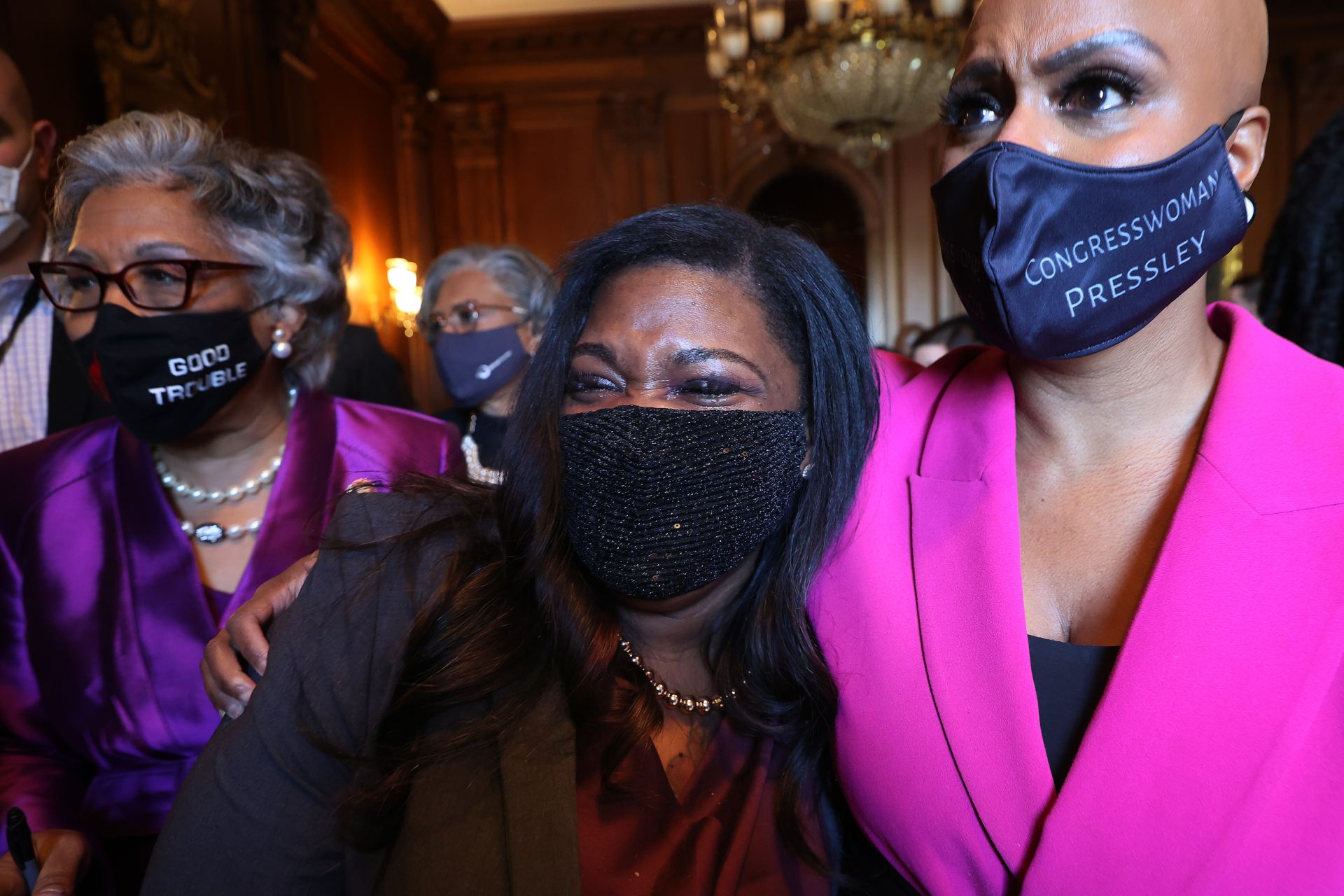
Hair, Skin and Black Women Political Elites — with Nadia E. Brown
How do phenotypic factors like hair texture and skin tone affect Black women politicians in the U.S.? How do voters (re)act? Nadia E. Brown studies the politics of Black women’s appearance, and she joined Riada Asimovic Akyol in the Wider Angle podcast to discuss the subject
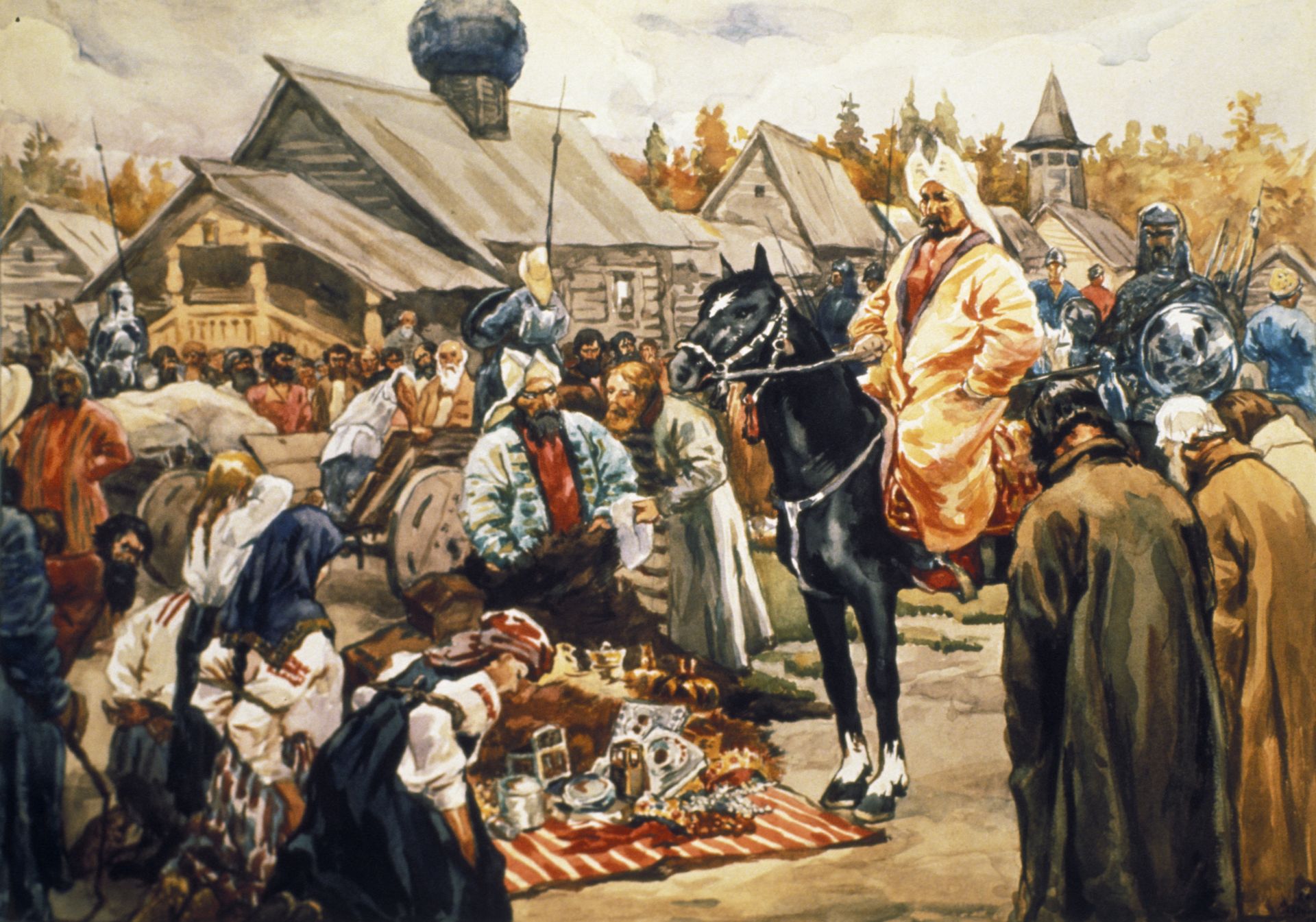
The Nomad State — with Marie Favereau
“History is not a simple lesson. You cannot just take the 13th century and say, ‘Okay, we should do that now.’ It was a different world, but it's important to know that it was not always like this. And I think the nomadic experience in life and culture and politics and all gives us so many different views of how we can organize ourselves as human societies.”
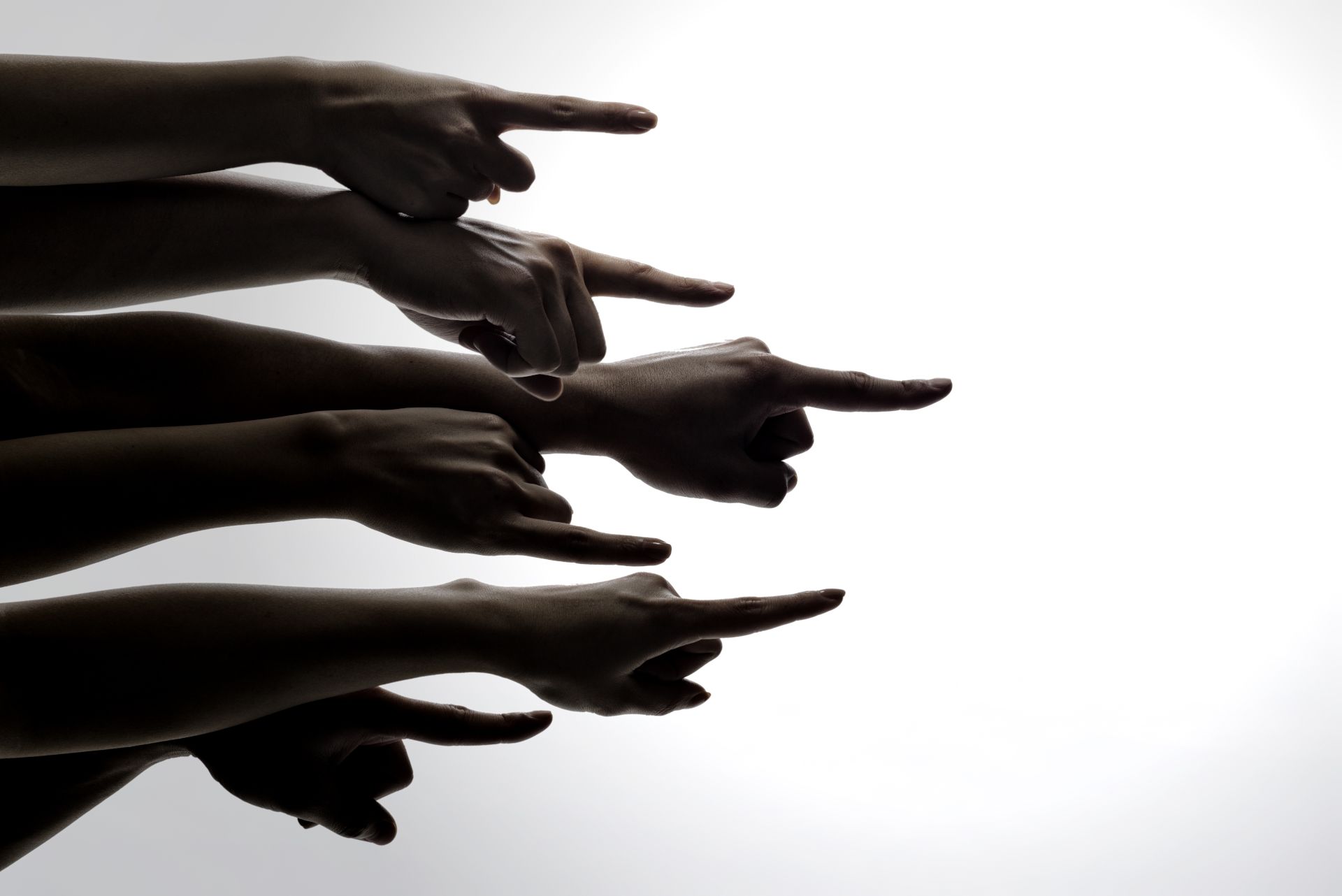
The Manufacture and Weaponization of Shame — with Cathy O’Neil
American data scientist and author Cathy O’Neil joined Riada Asimovic Akyol on the “Wider Angle” podcast to talk about shame. Listen to the conversation to hear the wider angle of becoming aware of “giant shame machines” and “powerful shame industries” in the U.S. as well as the way they profit from exploiting human vulnerabilities.
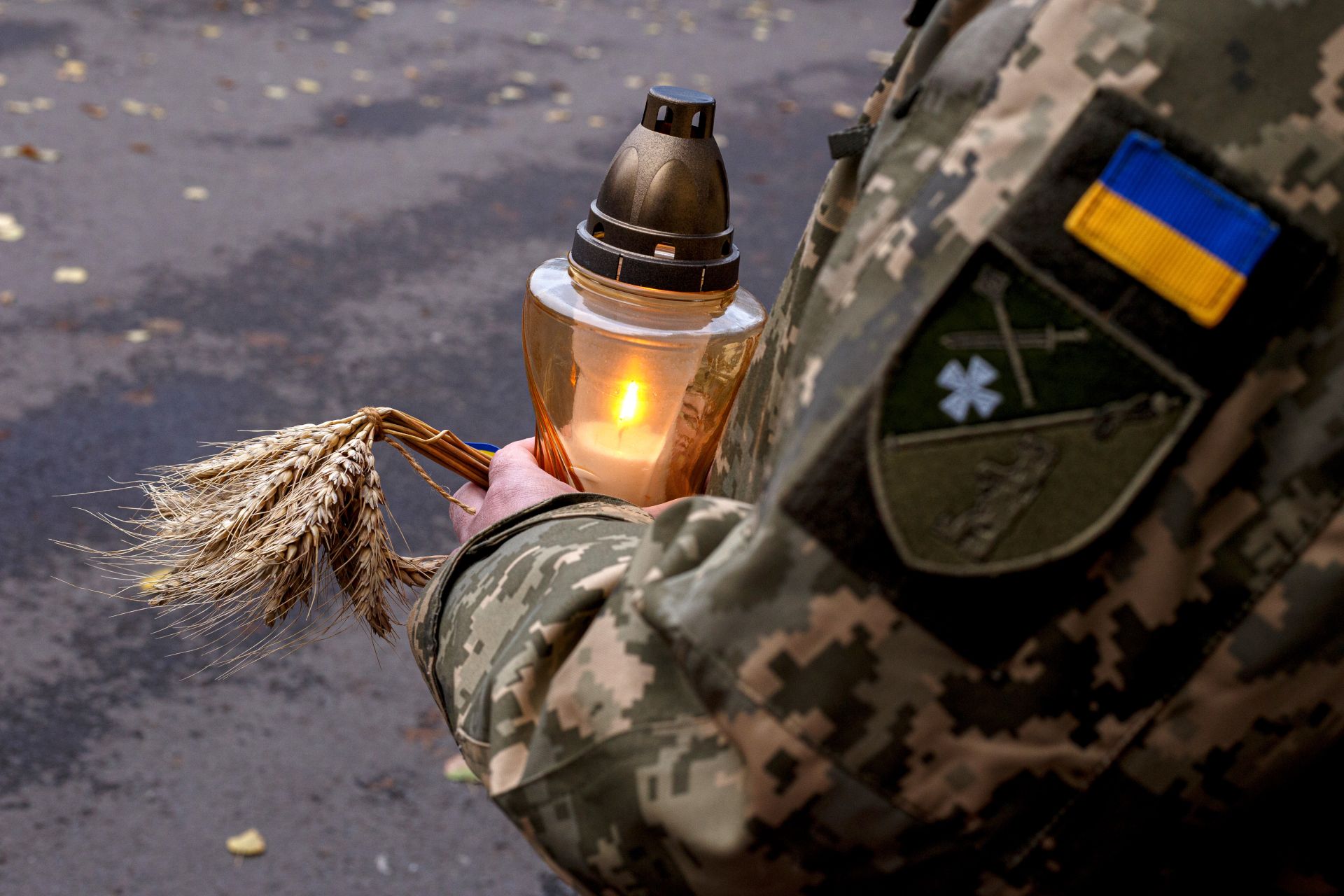
How 2022 Changed the World (and What to Expect From 2023)
The war in Ukraine begins. The war in Ethiopia lingers. Queen Elizabeth II dies. Authoritarian strongmen rise and fall, and the ghosts of the past haunt the present. In this special episode, The Lede looks back at some of the key events of 2022 and how we tried to make sense of it all as the world looks ahead to 2023.
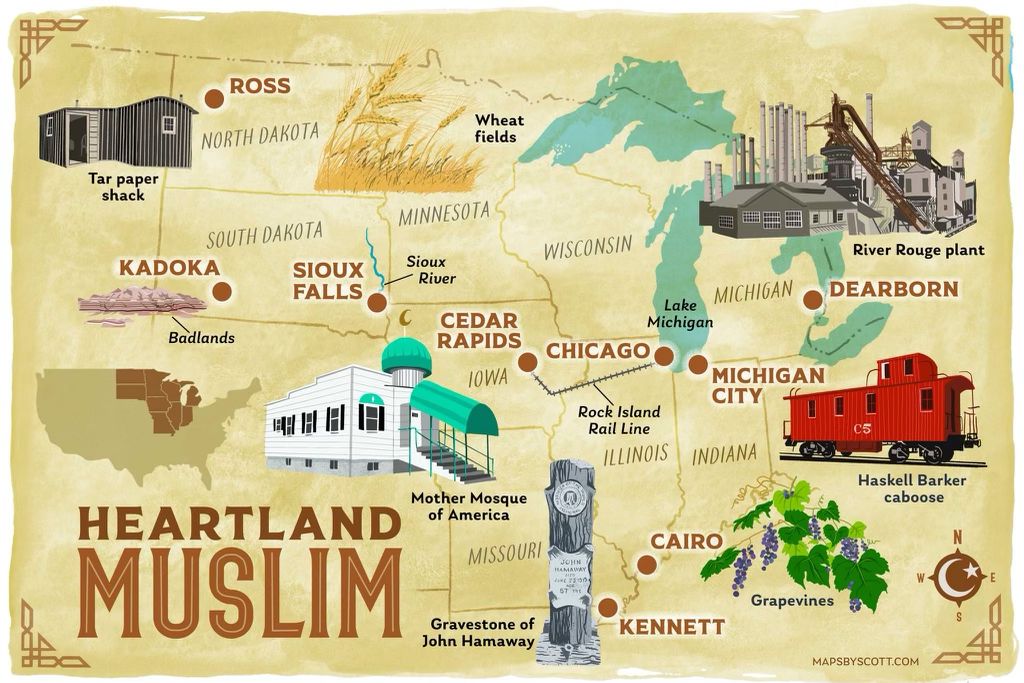
The Deep Roots of Levantine Communities in the Midwest — with Edward E. Curtis IV
Edward E. Curtis IV joined Riada Asimovic Akyol to talk about his book “Muslims of the Heartland: How Syrian Immigrants Made a Home in the American Midwest.” Hear one immigrant community’s story and its effect on the Midwest as a message of a long-standing diversity in that region.
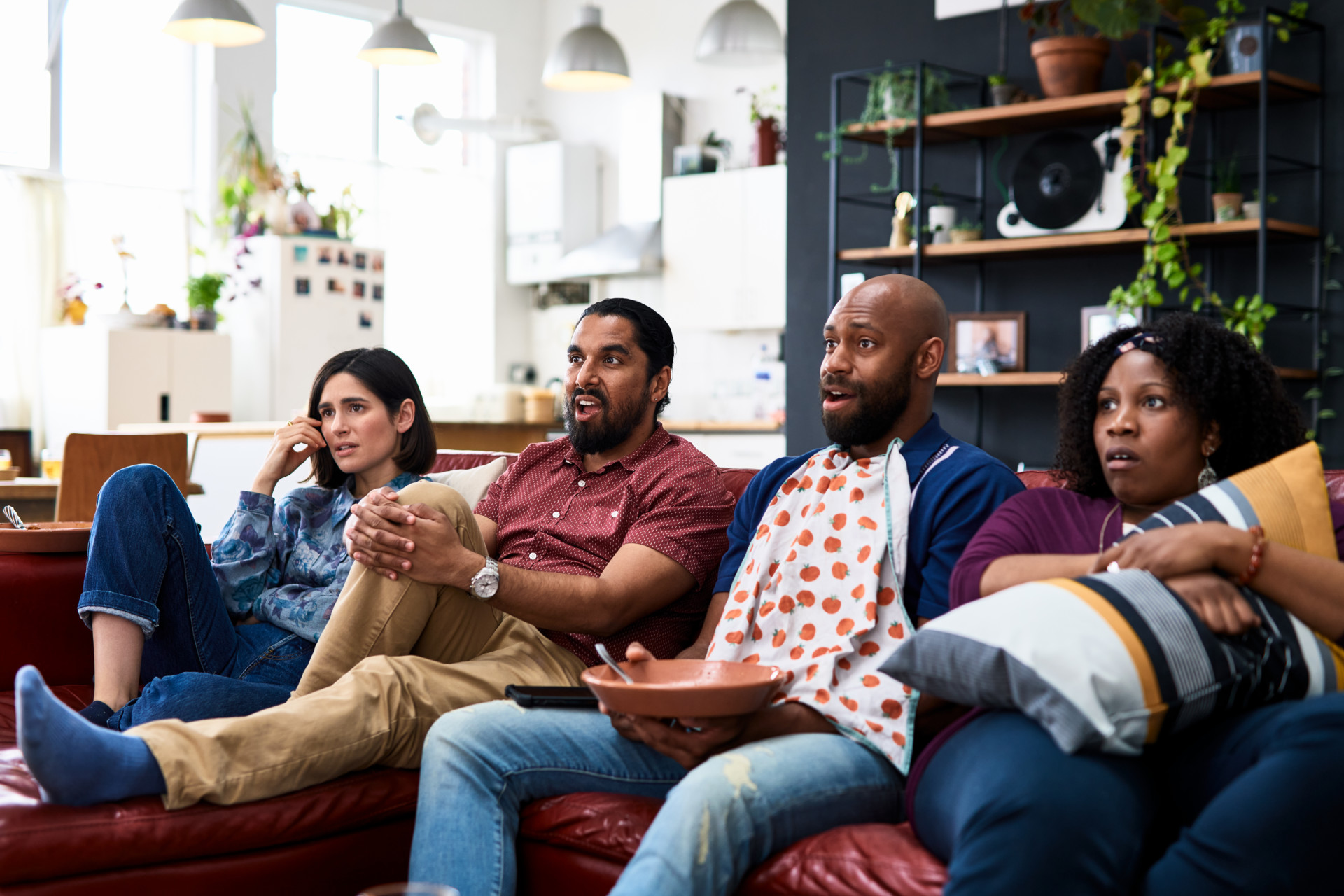
“What Reality TV Says About Us” — with Danielle J. Lindemann
Sociologist Danielle J. Lindemann joined Riada Asimovic Akyol and explained how “nearly every aspect of life is touched on in reality TV in this kind of magnified form.” So, it can teach us about different inequalities that exist in our culture or social norms about gender, race, class and sexuality.

How Christmas Conquered the World
"Growing up, we had an ugly Christmas sweater day at school, and every year I'd force my mom — my little Muslim mom — to take me to Walmart or something and buy one. And she was like, ‘This is such a waste of money’ because I don't celebrate it and it's ugly — but I'd have to; I'd have to do it every year."
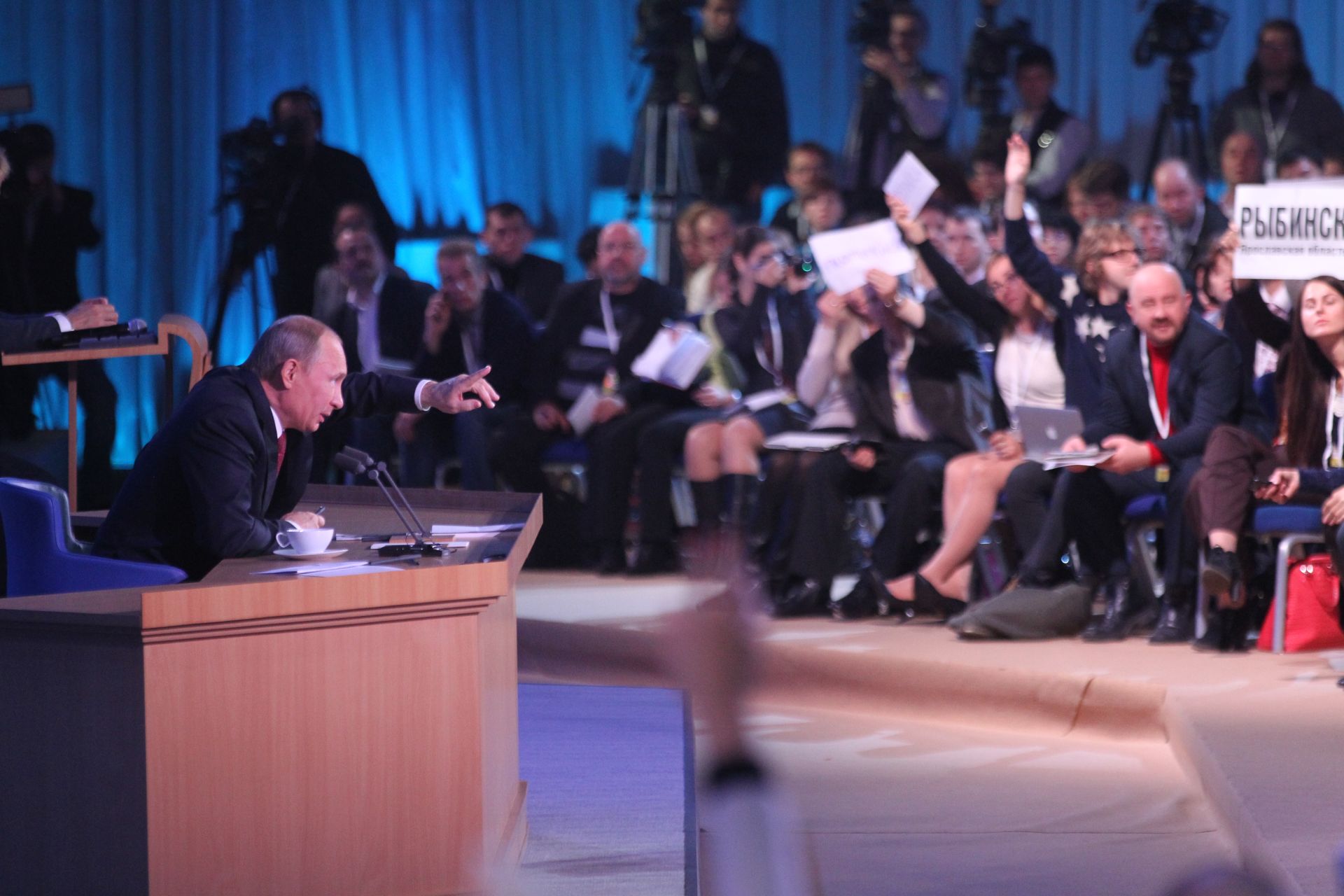
Exposing Corruption in Putin’s Russia — with Bill Browder
“There's two ways you can fight the Russians: You can fight them with tanks, which I have no expertise in, and you can fight them in the banks. And I'm one of the people who knows more about this than just about anybody.”
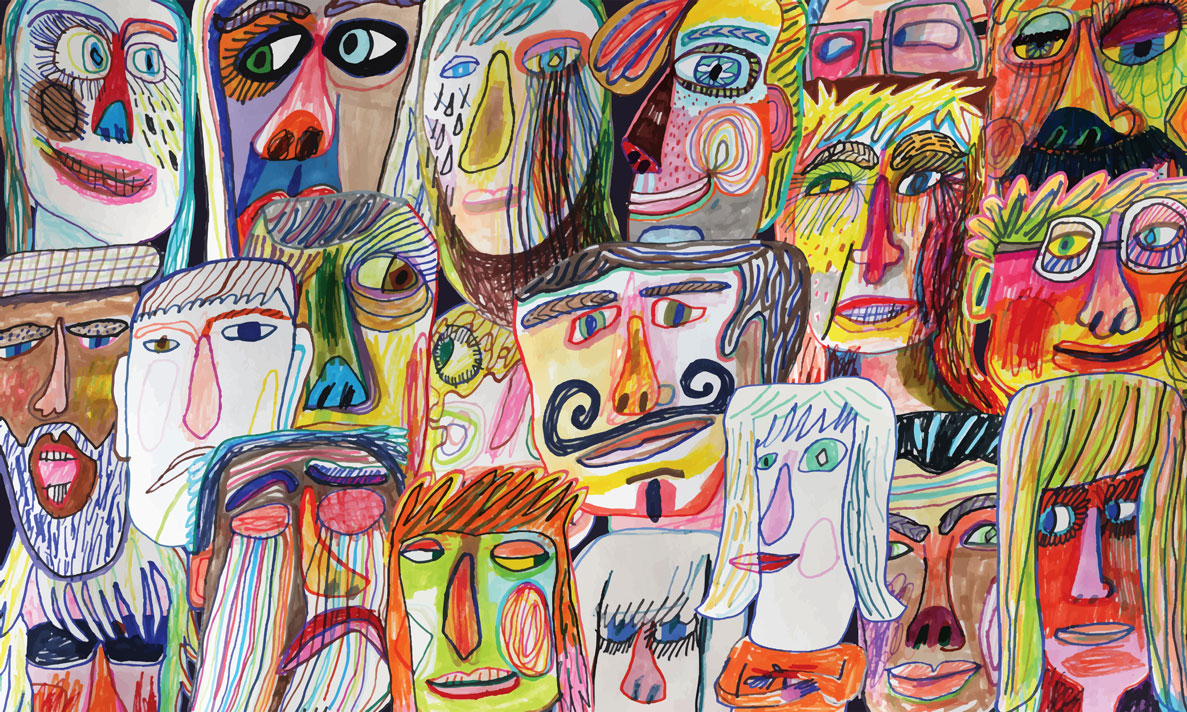
Emotions Across Cultures — with Batja Mesquita
In Episode 5 of New Lines’ “Wider Angle” podcast, the guest was social psychologist Batja Mesquita. One of the world’s top experts on the subject, Mesquita joined Riada Asimovic Akyol for a conversation about emotions across different cultures, urging us to reconsider roles of social conditions and relationships between people.
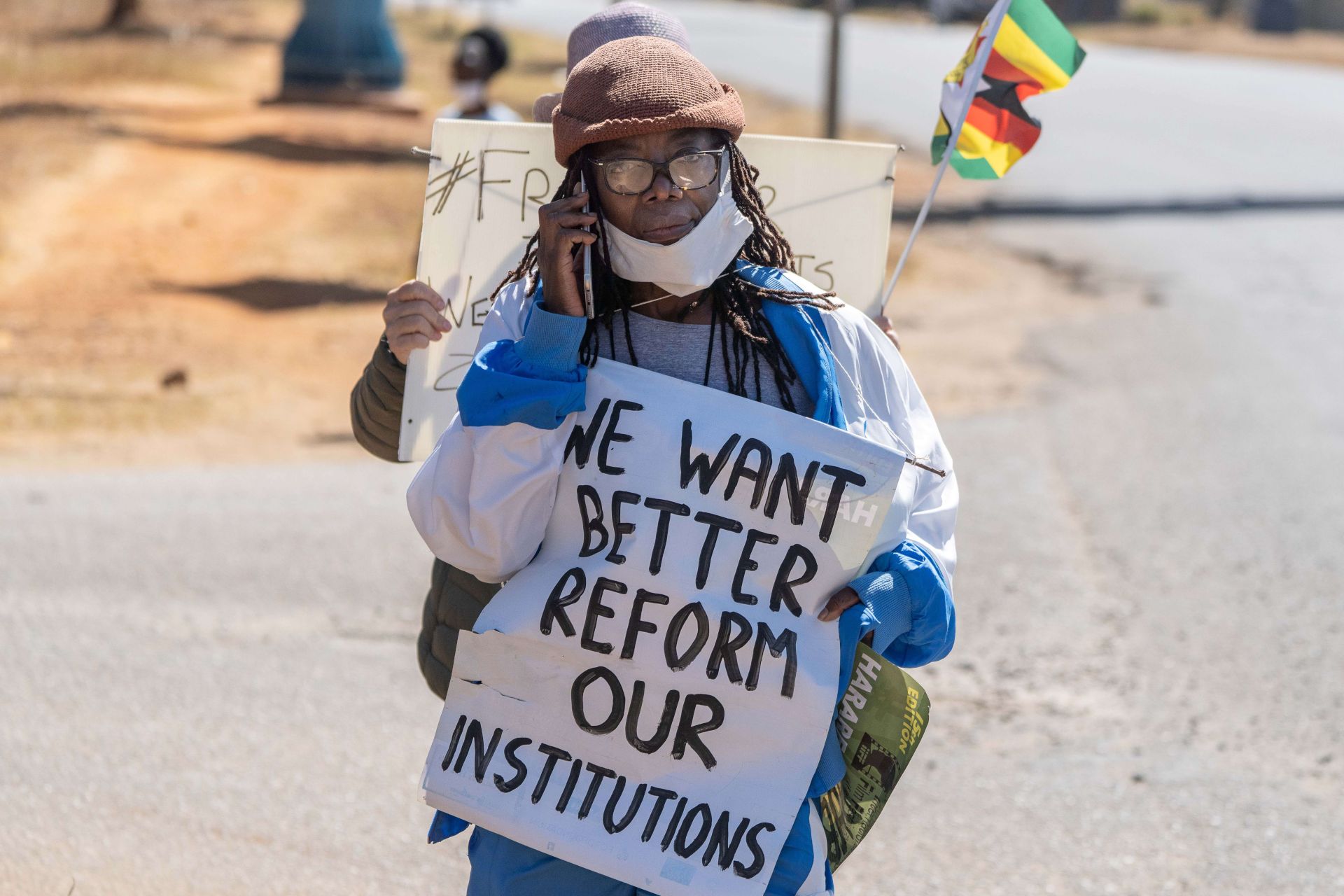
Zimbabwe’s Not-So-Secret Dictatorship — with Tsitsi Dangarembga
“The government manipulated the coup, getting people out into the streets to celebrate it. They were able to pretend it was not a coup. And I think that this ability to deny facts is something that works to Africa's detriment. I think it was up to the regional and continental bodies to do the right thing. Not to say that if you get people out into the streets, because the soldiers are gone, it is no longer a coup.”
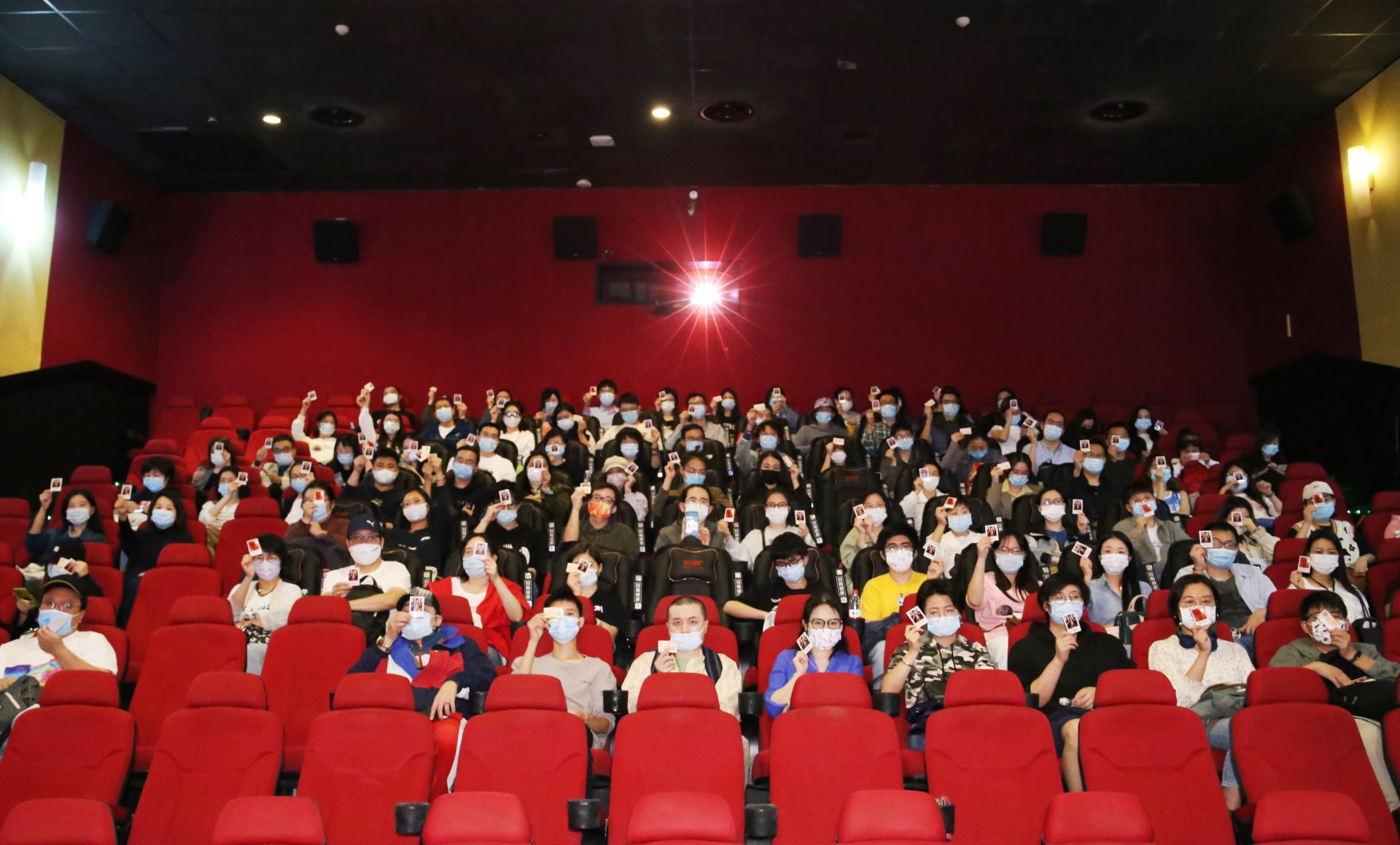
Hollywood, China and Competition for Cultural Dominance— with Erich Schwartzel
Erich Schwartzel, the guest in Episode 4 of New Lines’ Wider Angle podcast, is a journalist and author of “Red Carpet: Hollywood, China, and the Global Battle for Cultural Supremacy.” He joined Riada Asimovic Akyol to discuss China’s challenge to Western liberal democracy through the country’s dissemination of its movies.
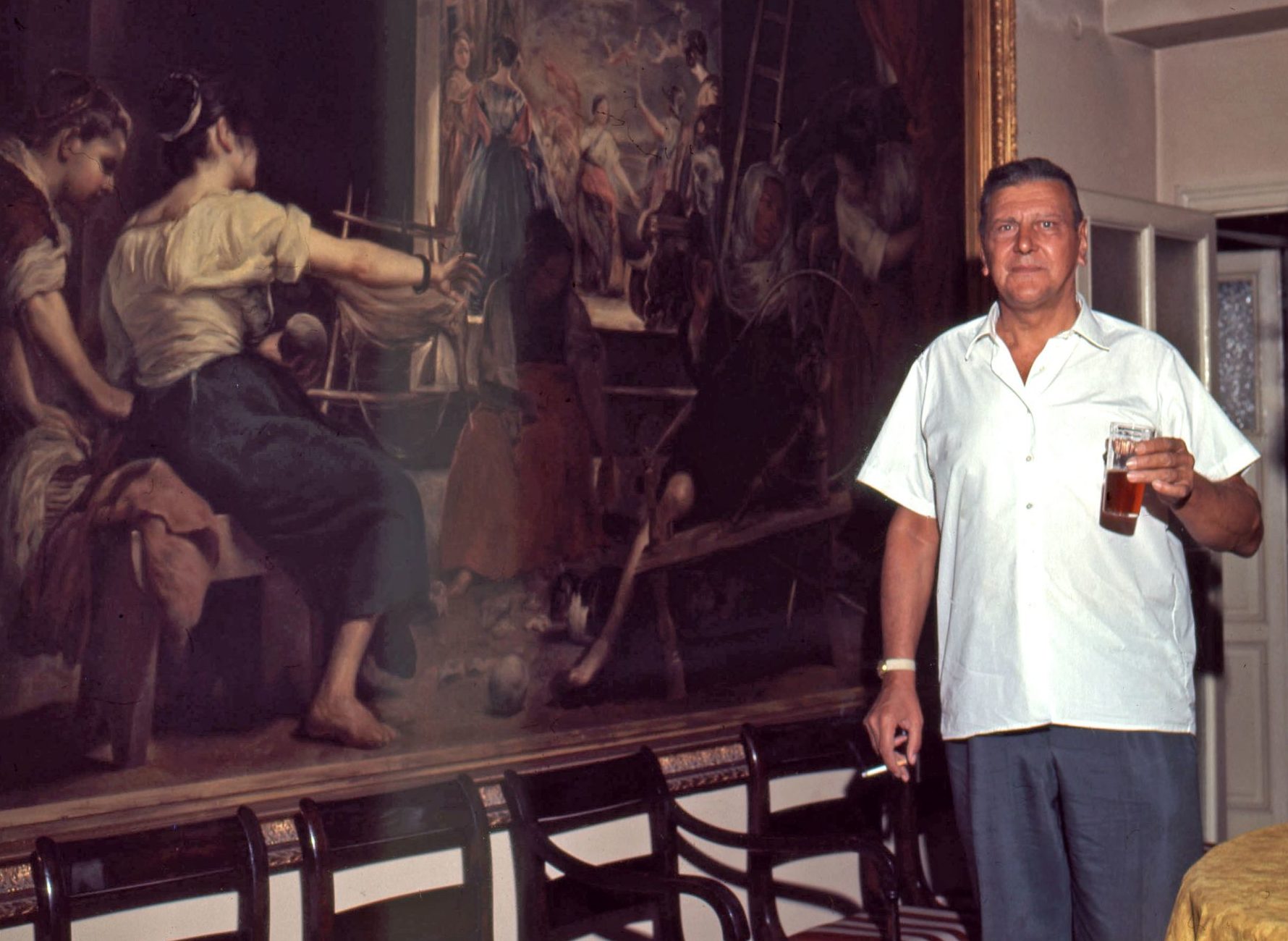
The Cold War Afterlife of Nazi Spies — with Danny Orbach
“The nature of war is hatred and fury, but it’s mitigated very quickly when a new enemy comes to the scene. The idea that we should chase all of these Nazis and punish all of them, was wrong. Because it meant that while there was still rage, while the war was still remembered, the Allies wasted their time hunting all sorts of small fry. If you really want to punish war criminals, choose the people who were the worst and focus on them. The people who operated the gas chambers, the concentration camp guards — if those people were executed, I would have been happy to pardon all other Germans.”
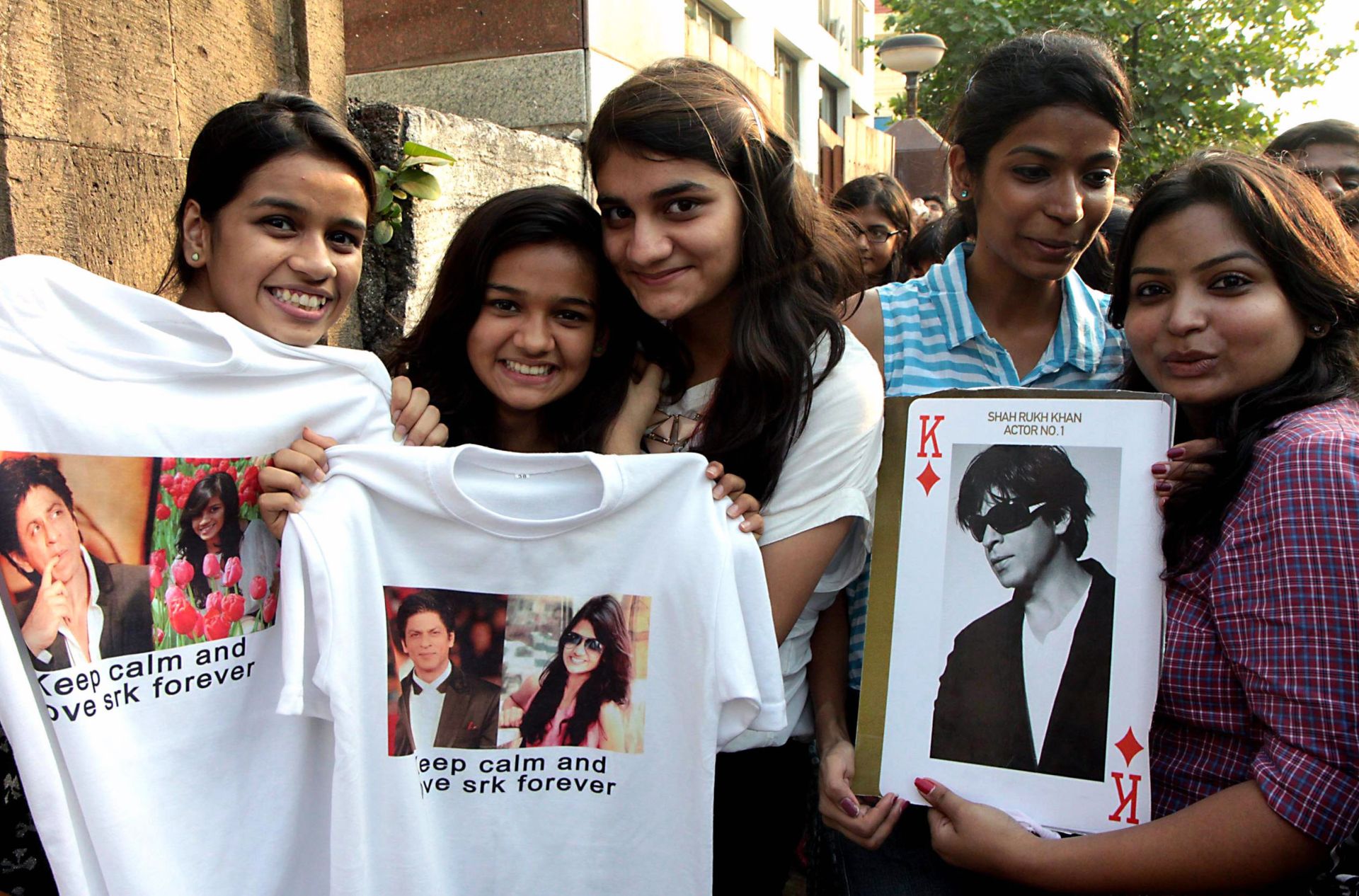
Young Indian Women’s Aspirations and Shah Rukh Khan’s Fandom — with Shrayana Bhattacharya
In this episode of New Lines’ Wider Angle podcast, guest Shrayana Bhattacharya, an economist and author, discusses the dynamics of gender relations in today’s India told through profiles of diverse women often divided by caste or class but united in their fandom of global movie star Shah Rukh Khan.

Truth, Lies and Democracy — with Sophia Rosenfeld
“When we have a technology that can spread lies so quickly and so far, and when we have a legal system that has basically let media companies operate with minimal regulation, there is an open door to falsehood.”
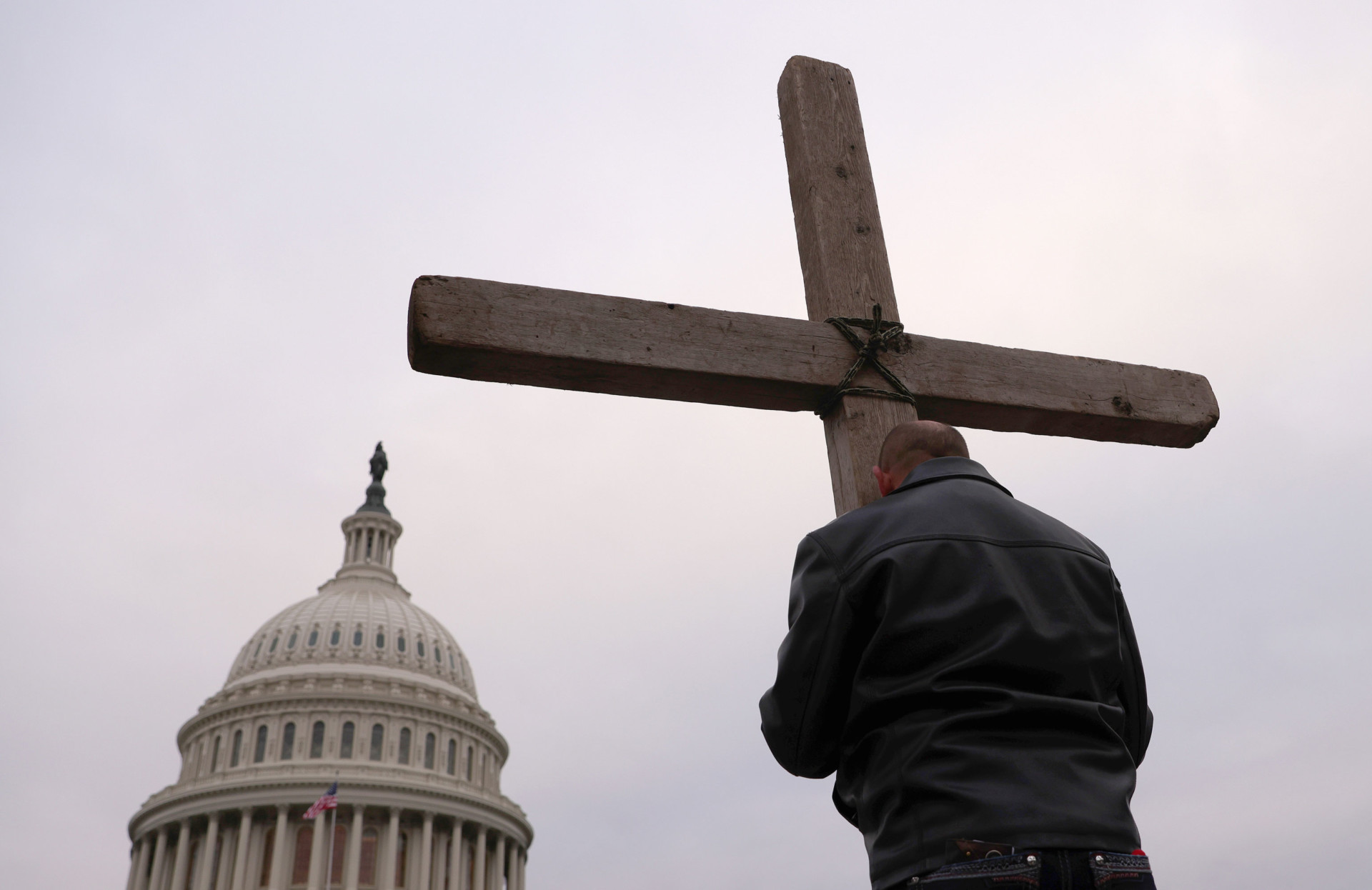
Christian Nationalism in the United States — with Andrew Whitehead
Riada Asimovic Akyol speaks with Andrew Whitehead, one of the foremost scholars of Christian nationalism in the United States. They discuss the perceptions of Christianity’s relationship to American identity and civic life as well as the findings of Whitehead’s research about “Christian nationalists” among different ideological adherents and traditions.
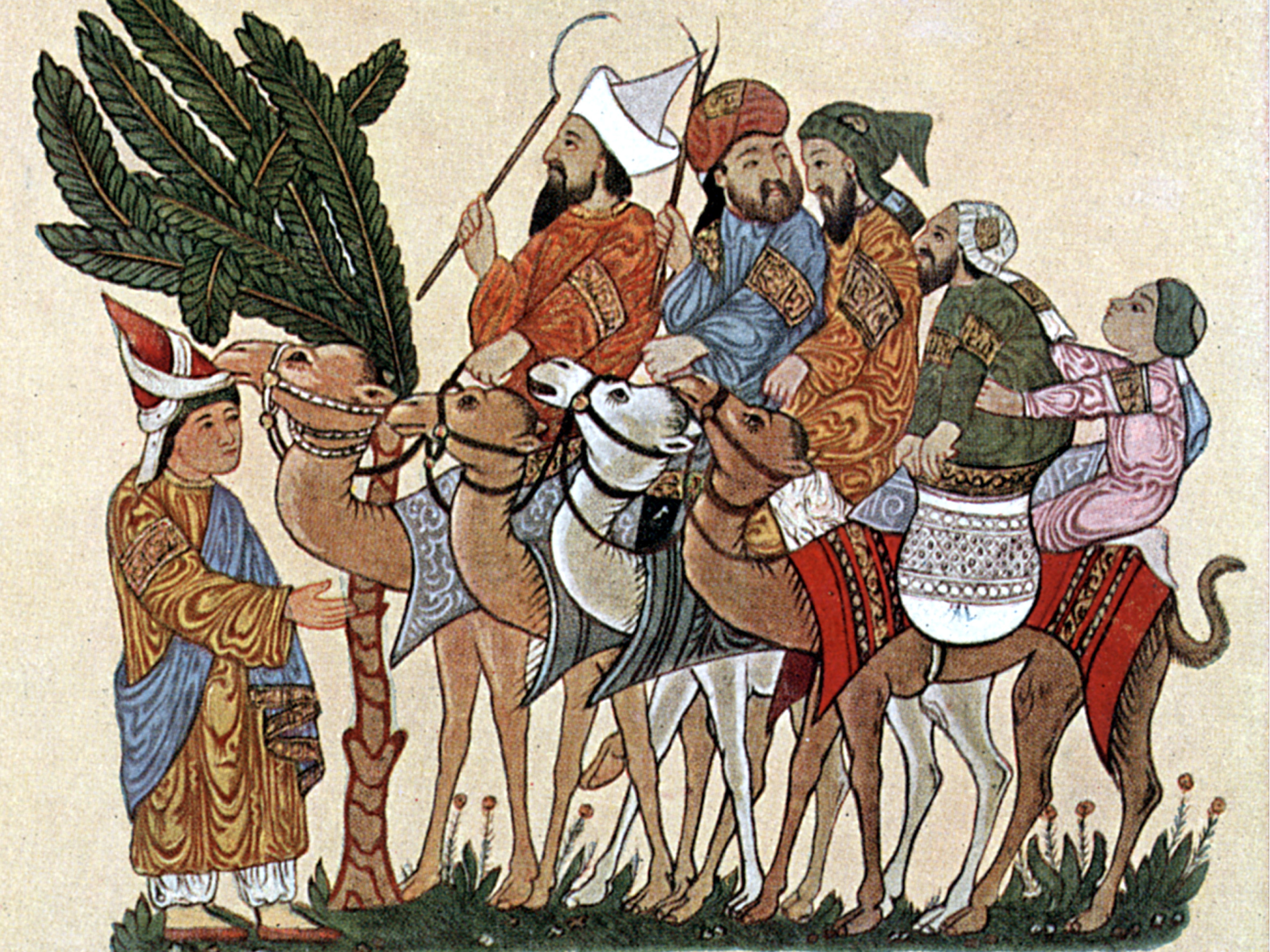
A Tourist’s Guide to the Middle Ages — with Amira Bennison
“There are tales of a statue in Cadiz which speaks, or cities of bronze in the desert. I don't think that people in the past were necessarily naive or necessarily taken in by these kinds of stories, but the world was much more mysterious. There were lots of places where most people had never been and would never go and really weren't quite sure whether these things existed or not.”
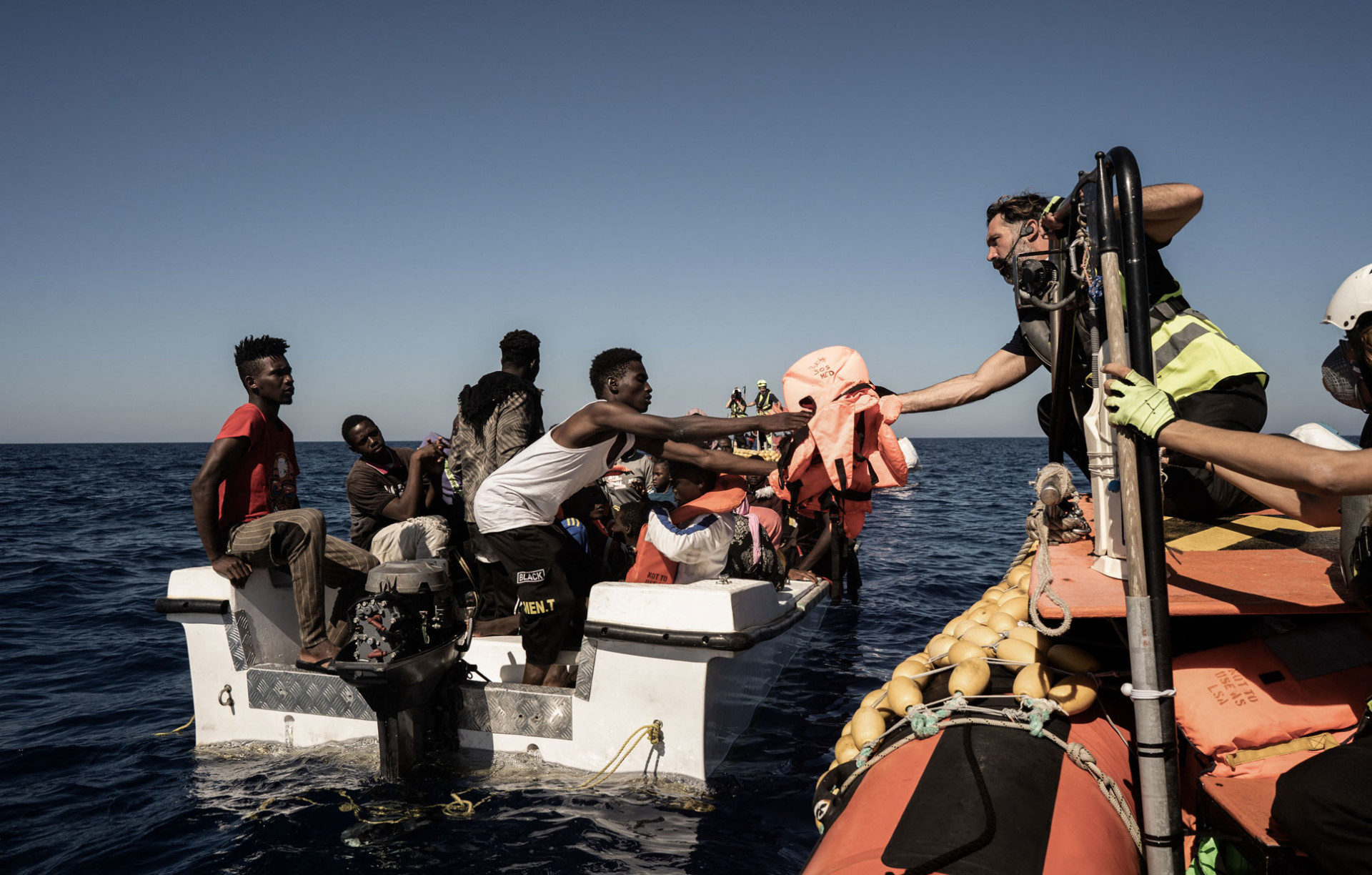
Deadly Migration Routes – with Sally Hayden
Award-winning journalist Sally Hayden joins Riada Asimovic Akyol to discuss findings of Hayden’s investigation about migrants inside Libyan detention centers. These refugees from different parts of Africa are seeking safety and are trying to get protection in Europe by crossing the Mediterranean Sea.
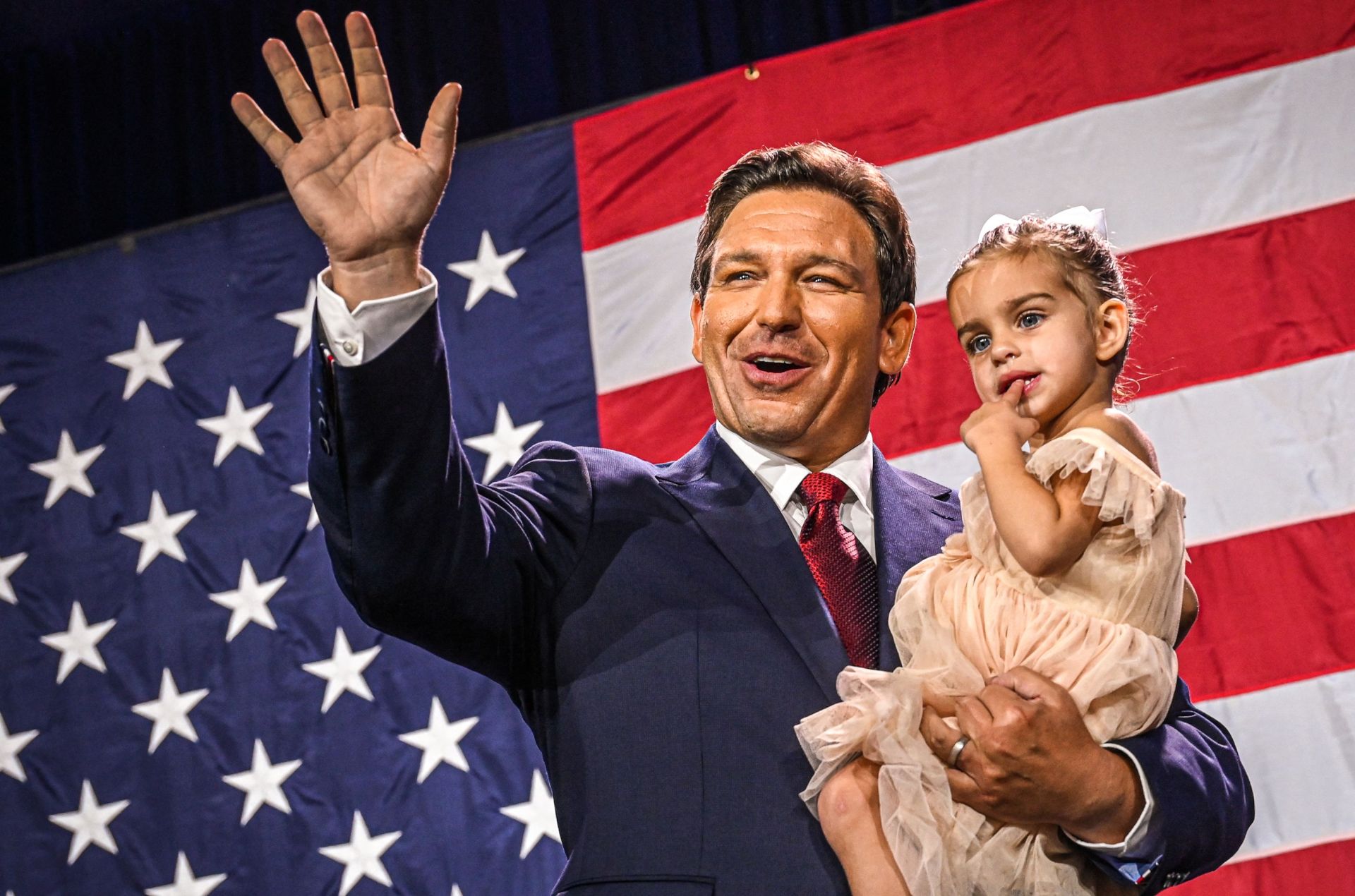
The Meaning of the Midterms — with Robert Evans
“The thing that we couldn't have known was the degree to which voters were going to react against the power grabs that the right has made. And I'm happy to say that it does look like that's one of the stories from last night.”
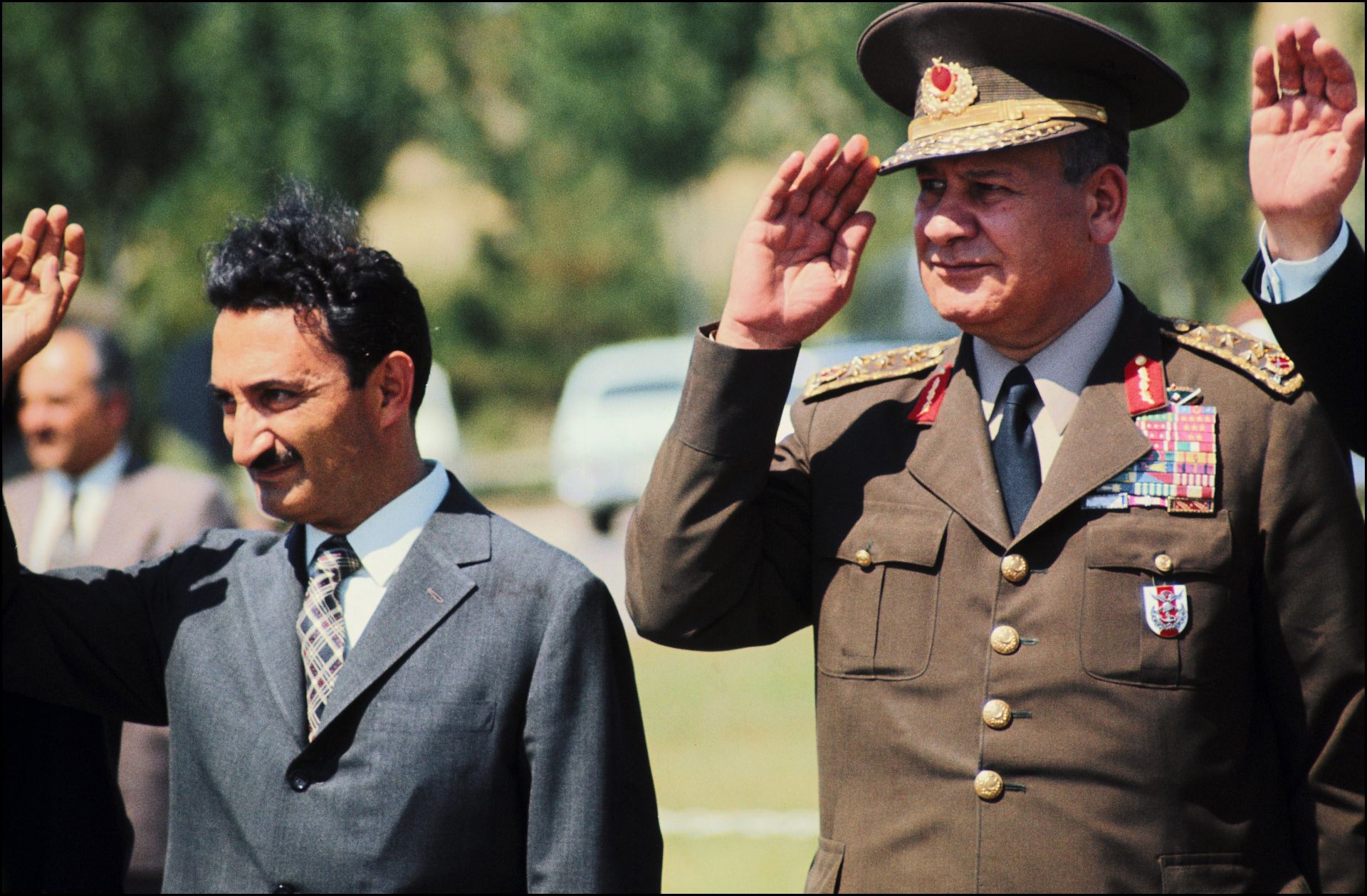
Deciphering the Deep State — with Josef Burton
“I think we are in this moment, though, where things are kind of breaking loose; they're becoming unmoored. There's this sort of terror that everyone's living inside their own universe, in their own reality, and their own kind of construction. There's not a lot of analytical frameworks out there that are shared or even systematic.”
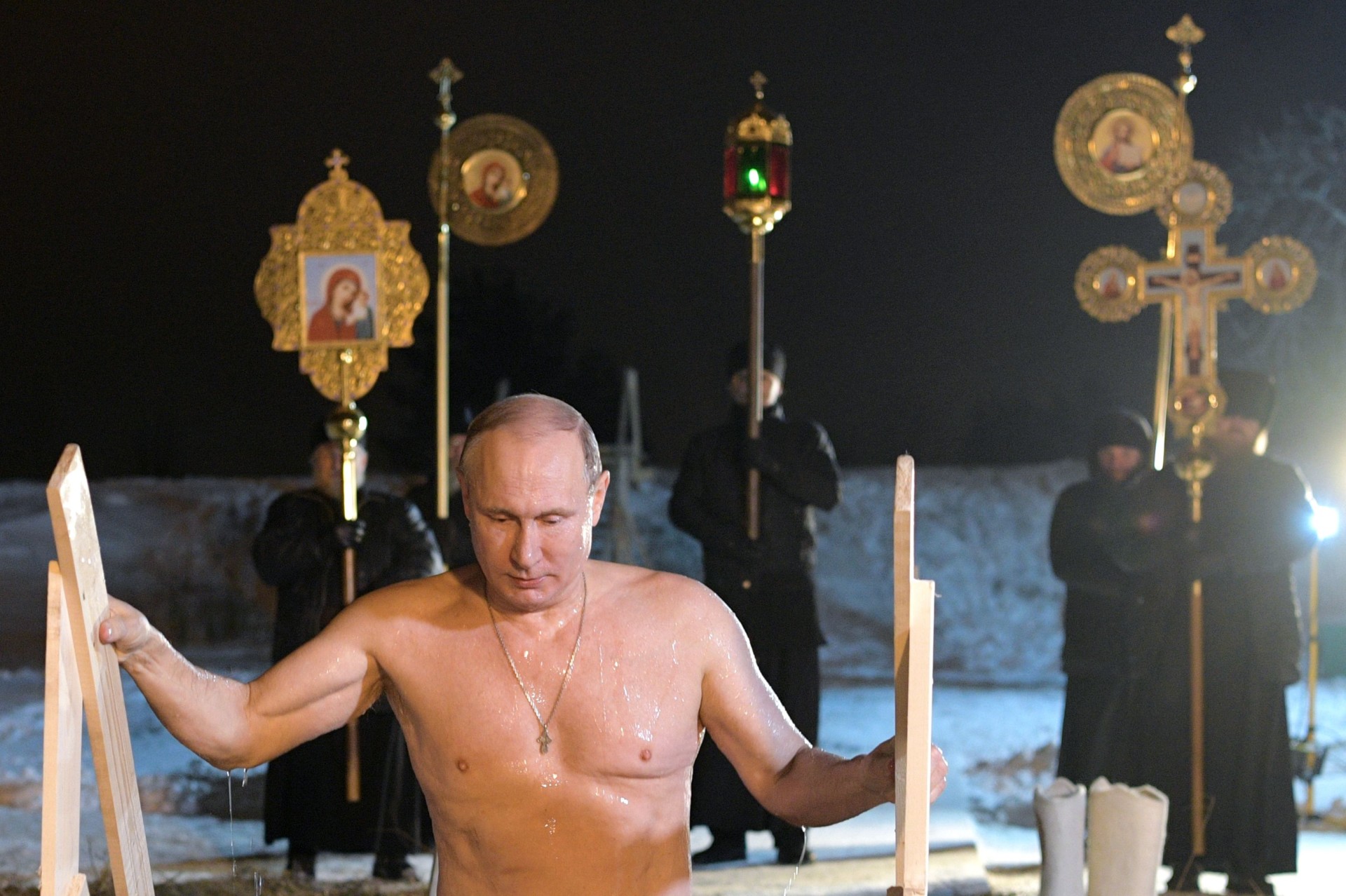
How Strongmen Crush Democracies — with Ruth Ben-Ghiat
“They're ruthless. They have no moral code. They are opportunistic. They will be whatever the public needs them to be at that moment.”
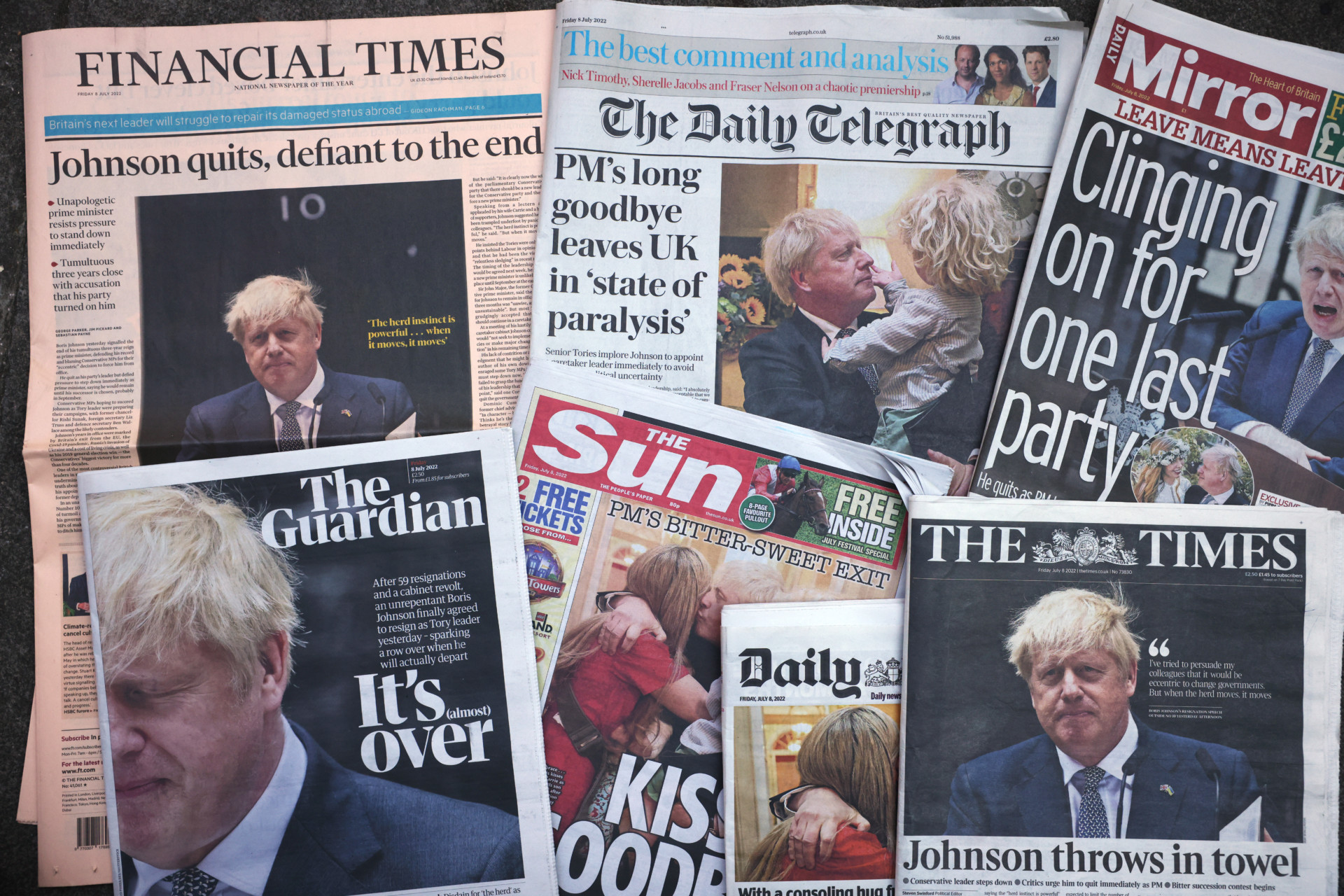
Breaking News, Breaking Taboos — with Karl Sharro
“The collapse of the country has been very rewarding for me personally, in whatever comedic capacity I have.”
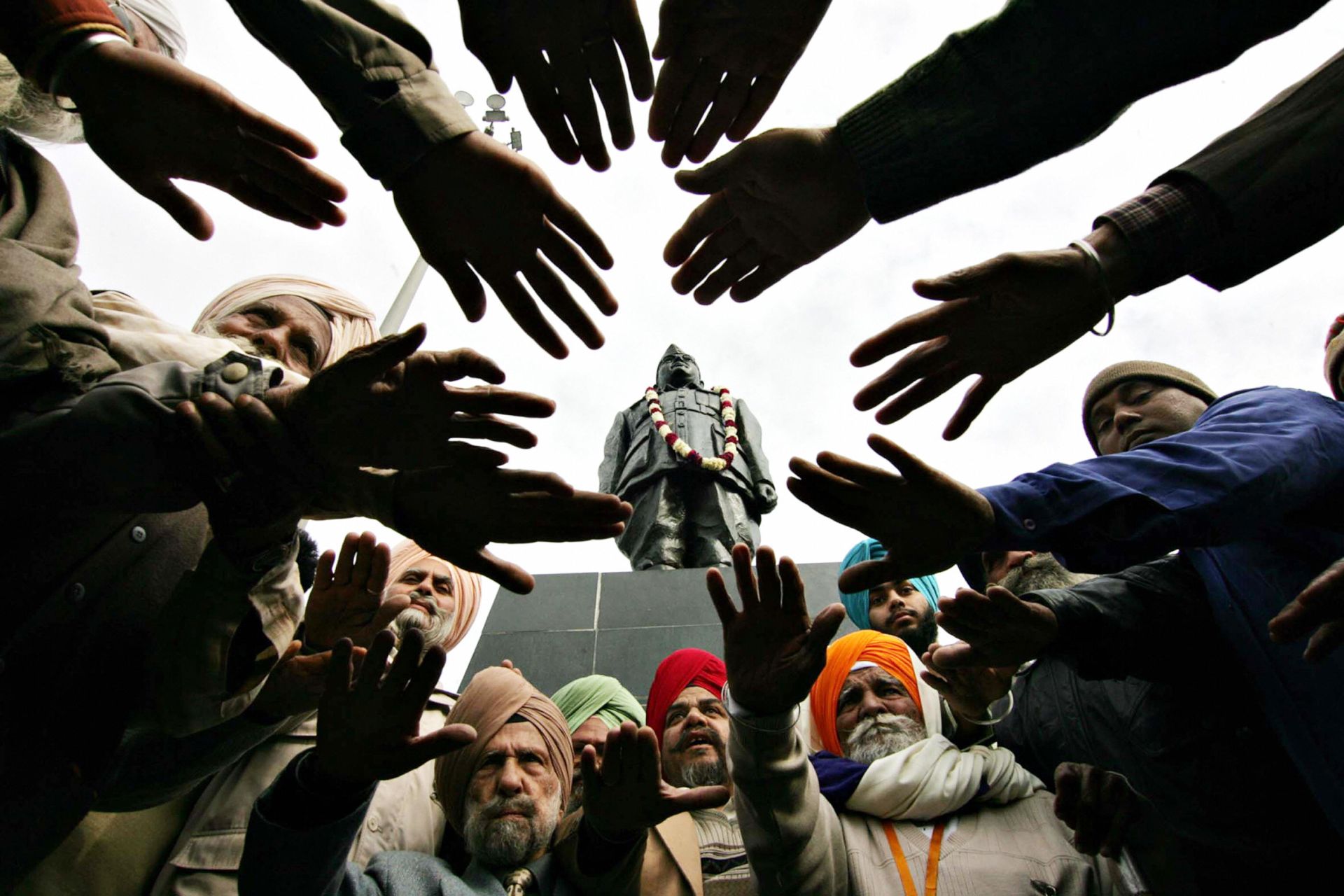
History’s Long Afterlife — with Priyamvada Gopal
“I tend to use the word ‘afterlife’ rather than ‘the past’, because I think that things that have happened in history have a life in the present. It’s ongoing.”
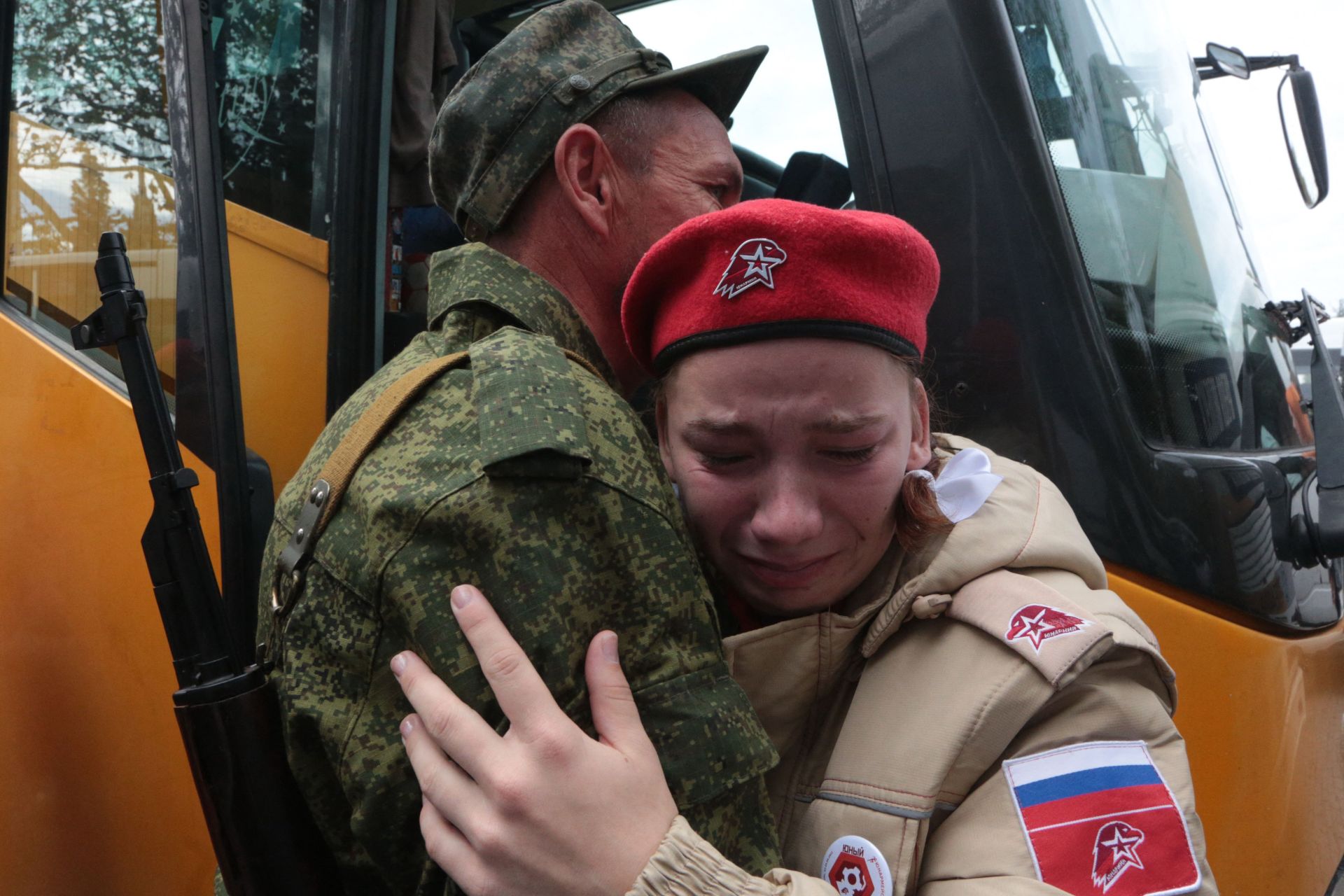
Moscow in Exile — with Julia Ioffe
“It was easy for Russians to push the war off to the edge of their minds, but now it has come home to them.” Russian-American journalist and author Julia Ioffe talks to New Lines’ Amie Ferris-Rotman about Putin’s mobilization and the future of Russia.
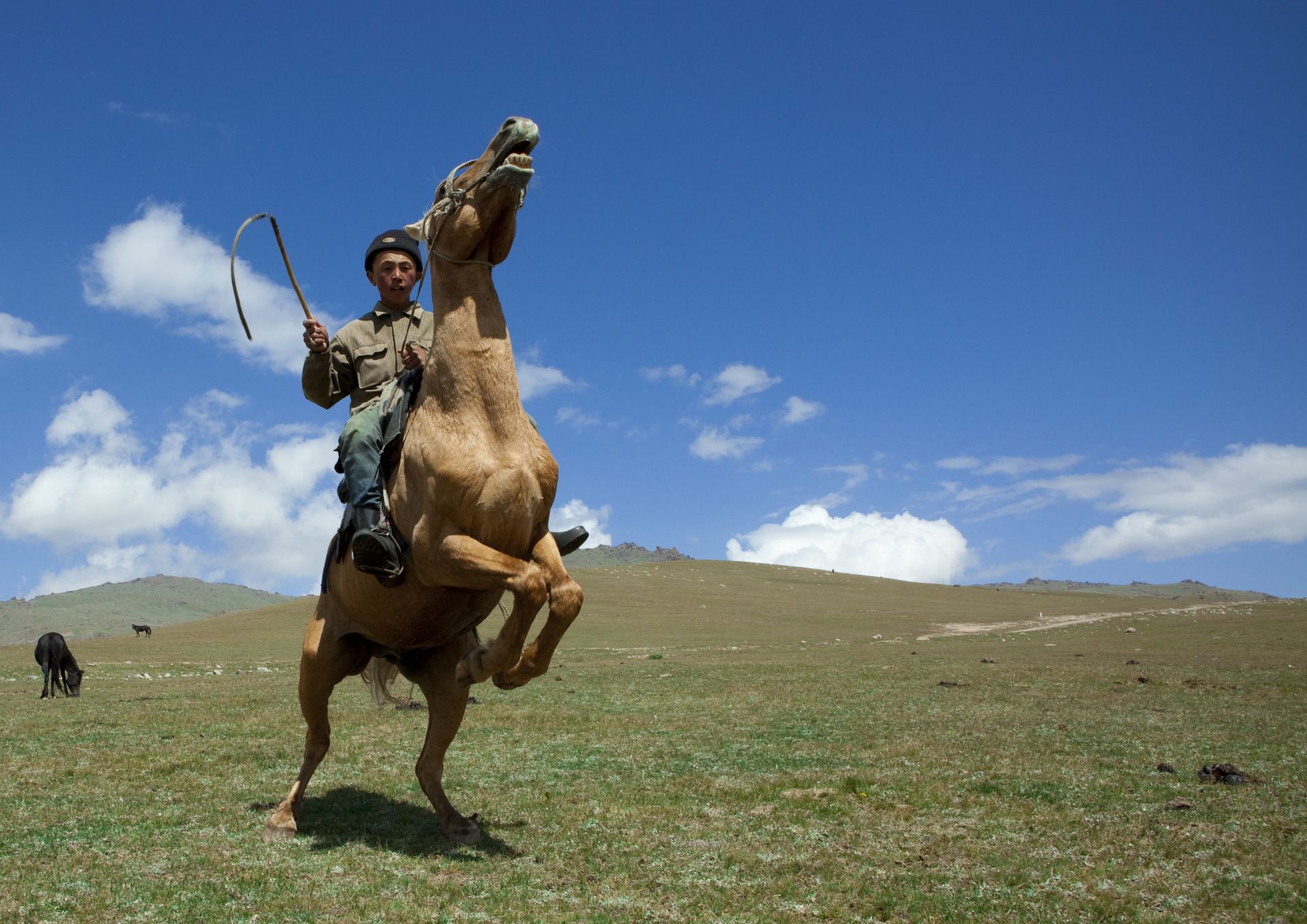
How Nomads Changed the World — with Anthony Sattin
“I’ve never met a nomad who wanted to have more, in terms of possessions. But I’ve met an awful lot of people who live in cities who wish they lived more lightly.” Historian and travel writer Anthony Sattin joins New Lines’ Faisal Al Yafai to talk about how nomads changed history — and why their contribution has yet to be fully recognized.
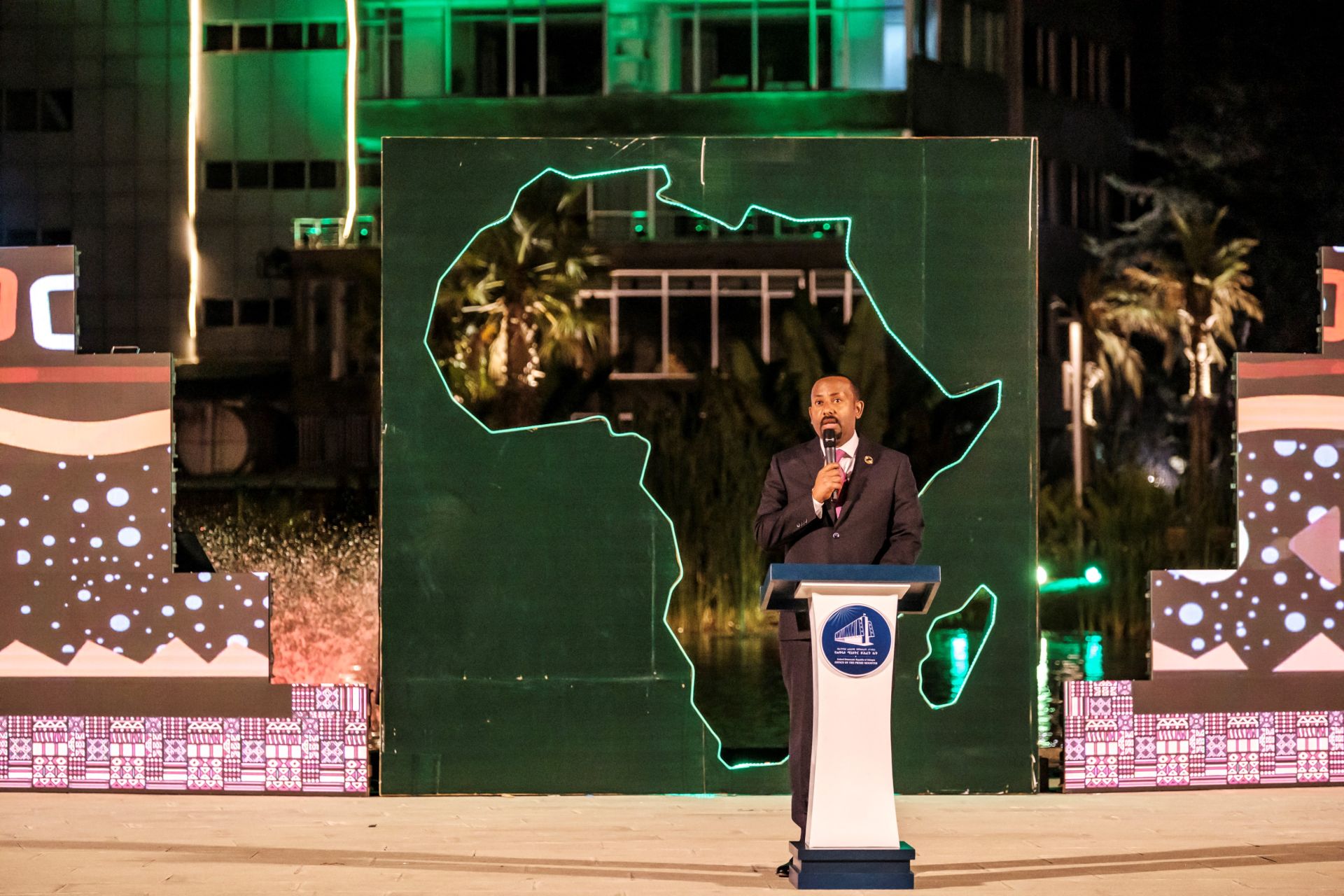
Can Africa Solve Ethiopia’s War?
Three weeks after the end of Ethiopia's fragile ceasefire, the warring factions have finally agreed to let the African Union mediate. New Lines' Kwangu Liwewe talks to analysts Chris Maroleng, Adeoye Akinola and activist Tedla Asfaw about whether it can really bring about a lasting peace after two years of brutal civil war.

Moon Knight Rises — with Hayat Aljowaily
Producer and screenwriter Hayat Aljowaily joins New Lines’ Ola Salem and Anthony Elghossain to talk about cinema, identity and the making of “Moon Knight.”
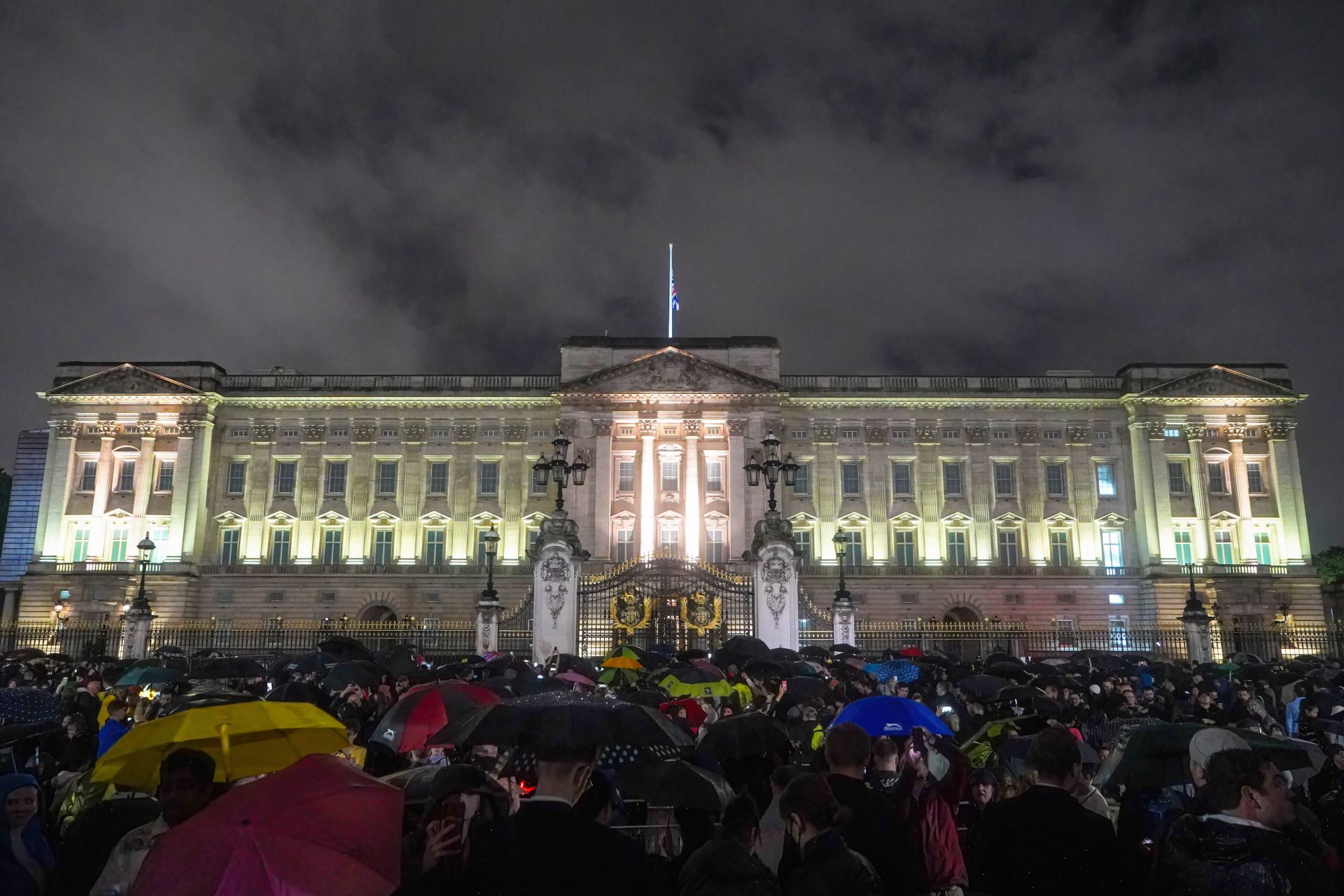
After Queen Elizabeth II
Following the death of Queen Elizabeth II, New Lines’ Faisal Al Yafai speaks to Lydia Wilson, Amie Ferris-Rotman, and Kwangu Liwewe about what the passing of such a consequential figure may mean for the world.
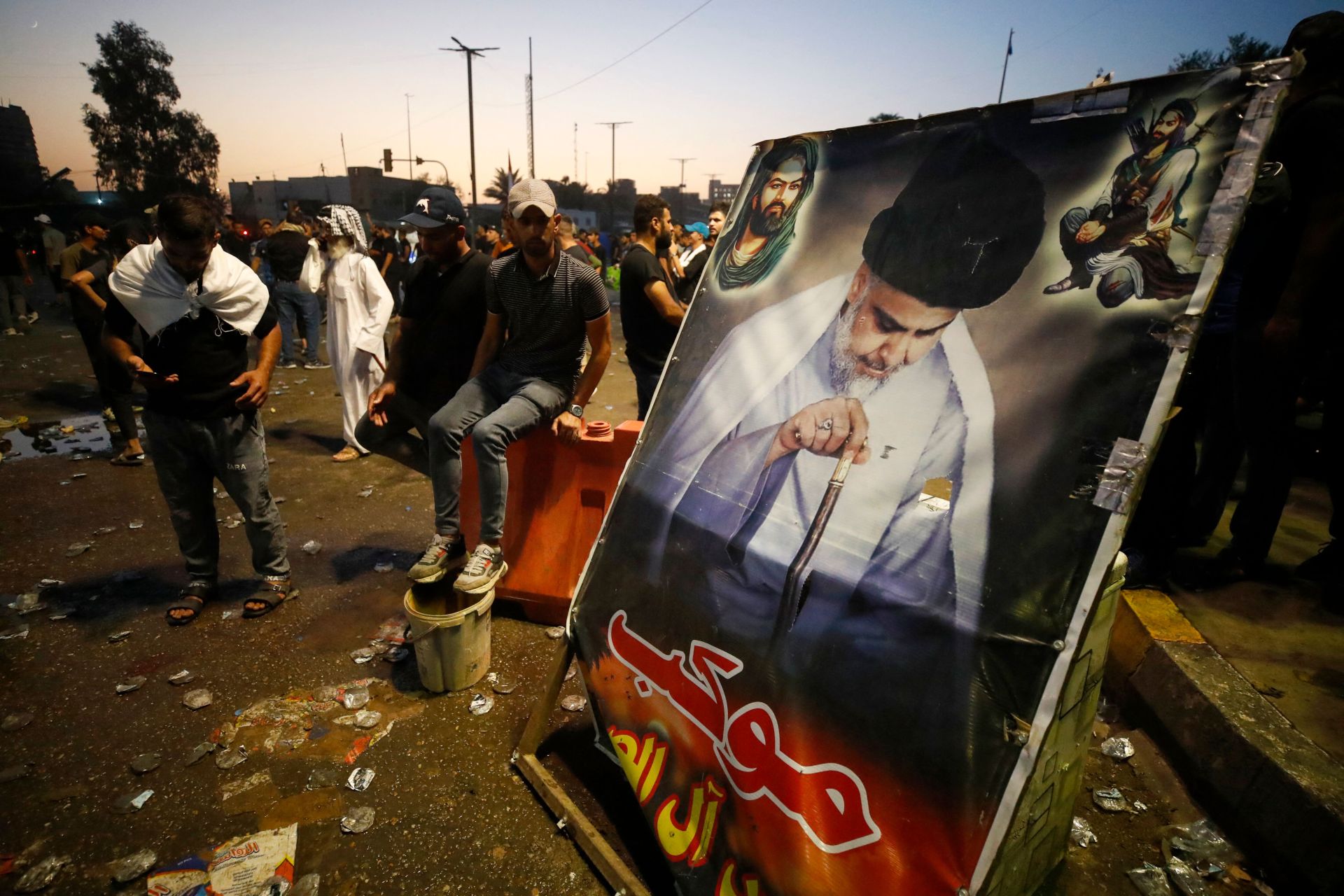
A Deadly Showdown in Iraq — with Rasha Al Aqeedi
After fighting broke out in Baghdad, New Lines’ Rasha Al Aqeedi joins Faisal Al Yafai to talk about Iraq’s ongoing political crisis and what this latest escalation may mean for the country’s future.
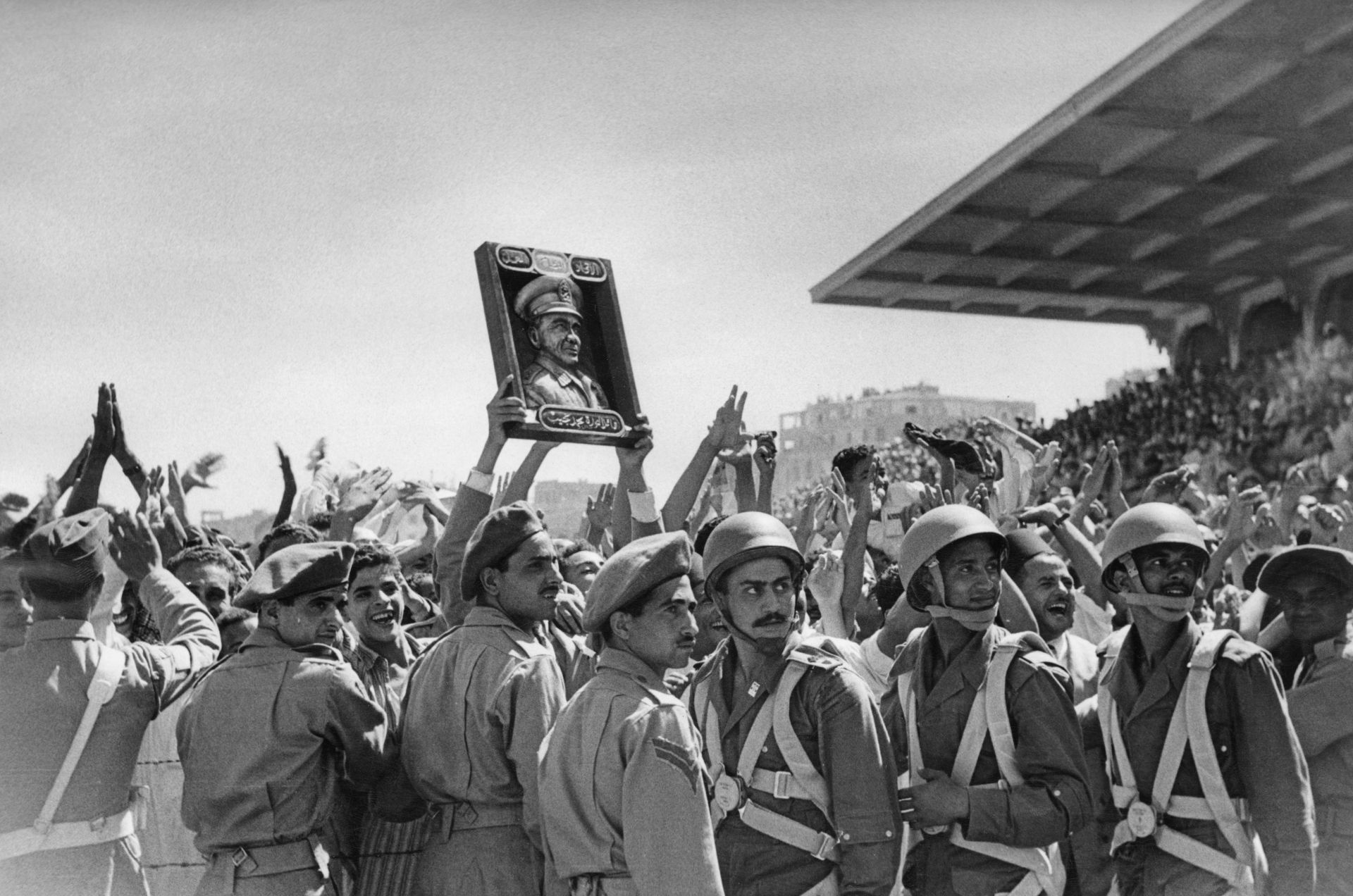
The Rumor That Toppled Egypt’s King — with Chloe Bordewich
When Egypt entered the war with Israel in 1948, the government claimed that victory was assured. But when Egypt’s army instead suffered a defeat, the public demanded answers. Historian Chloe Bordewich joins New Lines’ Lydia Wilson to talk about how officials lost control of the narrative, how a rumor helped topple a king and the dynamics of disinformation before the digital age.
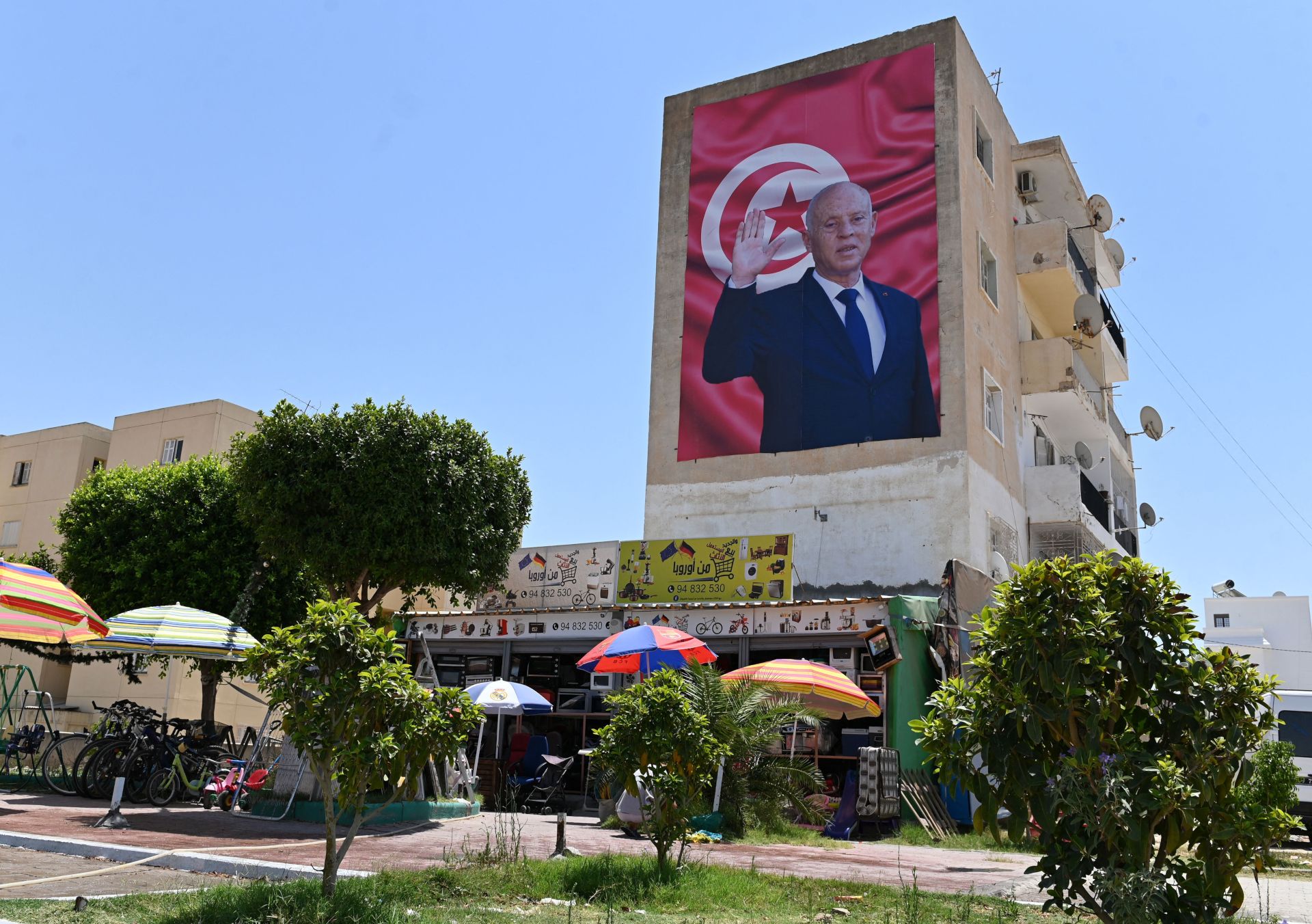
Tunisia’s New Autocrat — with Mohamed-Dhia Hammami
A month after Tunisia passed its controversial new constitution, analyst Mohamed-Dhia Hammami joins New Lines’ Lydia Wilson in The Lede to talk about the alarming power it grants president Kais Saied — and what that means for Tunisia’s hard-won democracy.
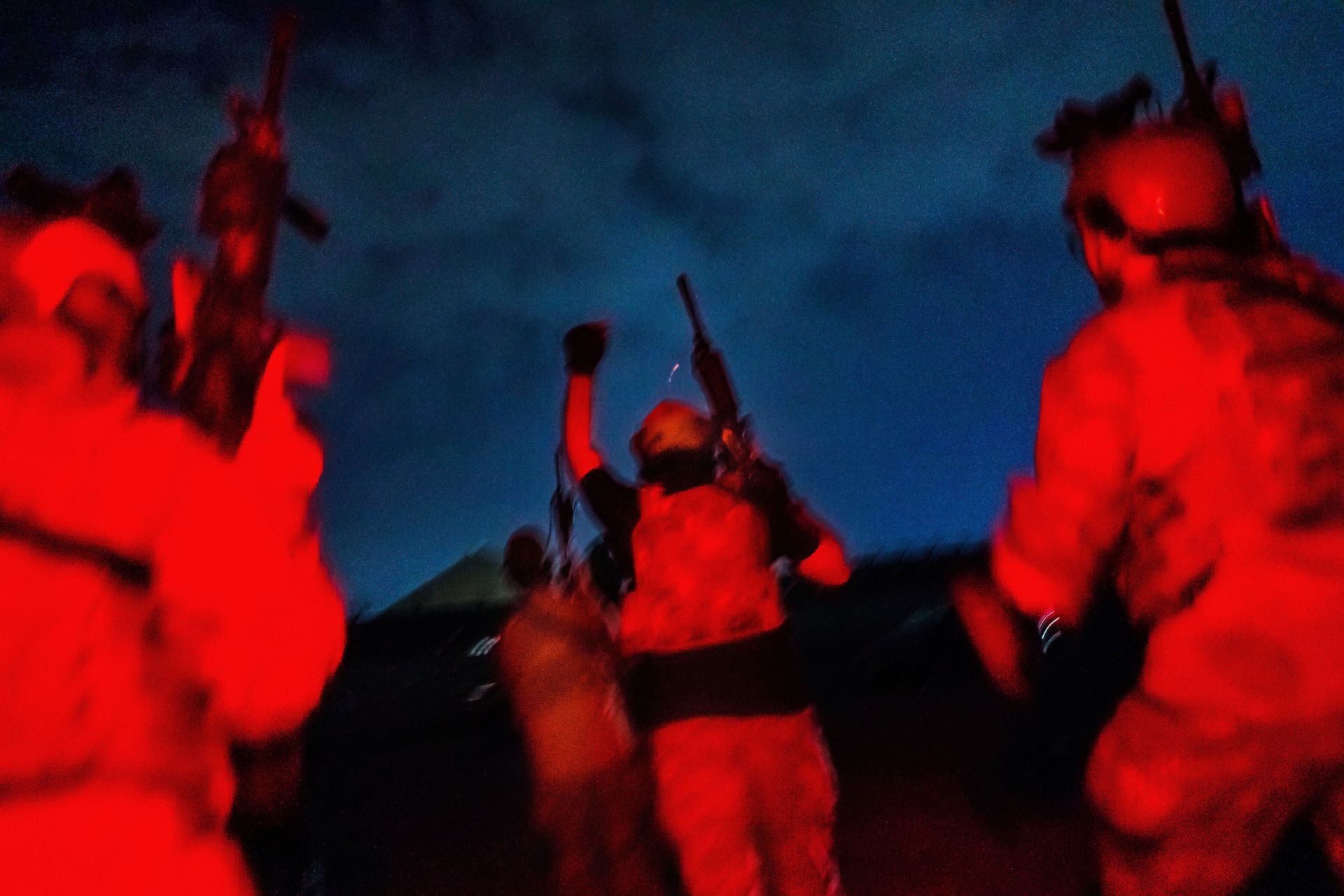
One Year After the Fall of Kabul – with Fazelminallah Qazizai
One year after the fall of Kabul, this special anniversary episode of The Lede looks back on the momentous events of Aug. 15, 2021, and explores how Afghanistan has fared in their aftermath. Featuring Fazelminallah Qazizai, Nazila Jamshidi and Chris Sands, alongside hosts Rasha Elass and Faisal Al Yafai.
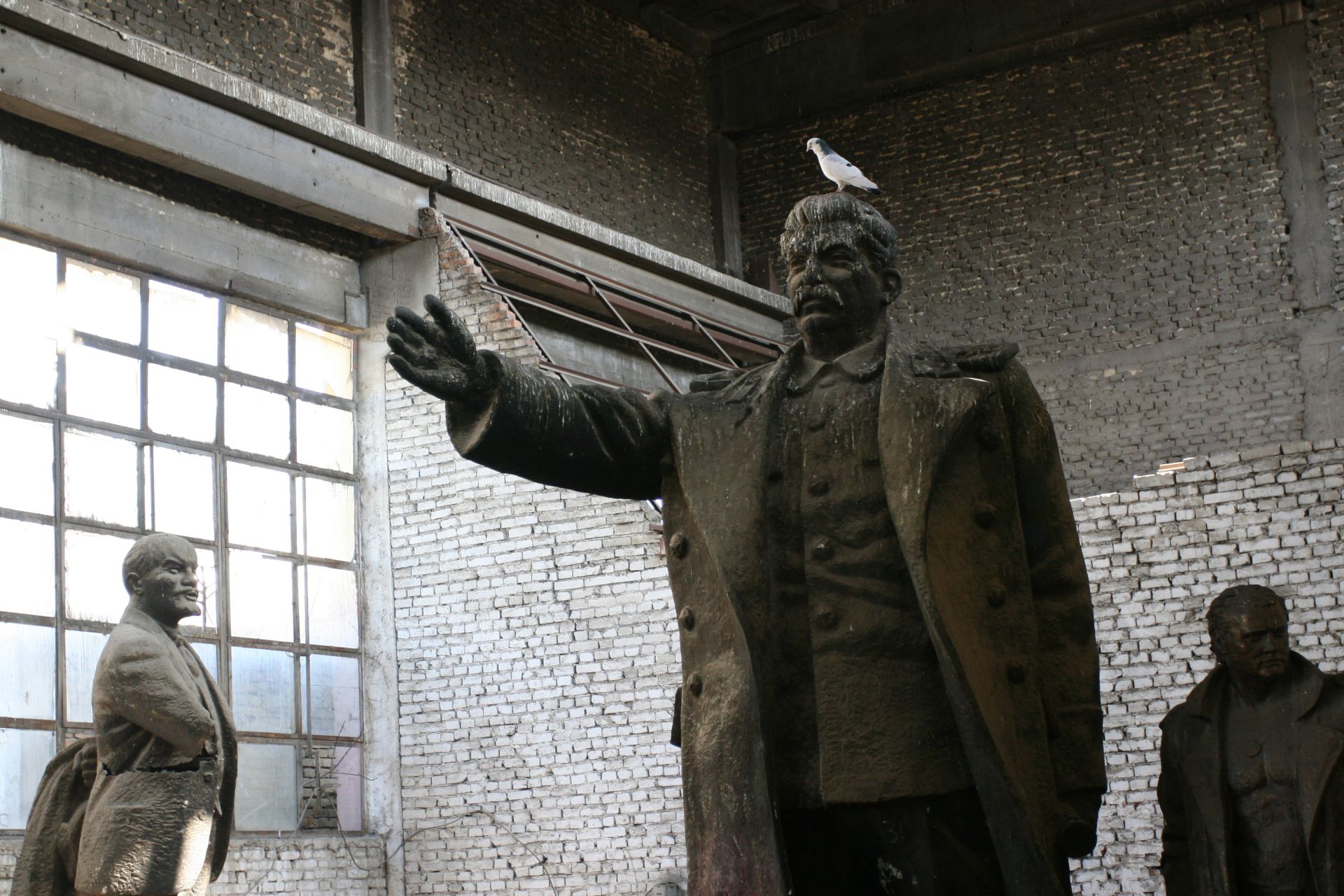
When Reality Is a Lie — with Lea Ypi
What if you discovered that everything you knew about the world was wrong? As a teenager in Albania, that’s exactly what happened to political philosopher Lea Ypi when the communist regime collapsed in the ‘90s. On The Lede, she joins New Lines’ Faisal Al Yafai to talk about how to see the gap between ideology and reality, where people look for certainty in uncertain times and what it actually means to be free.
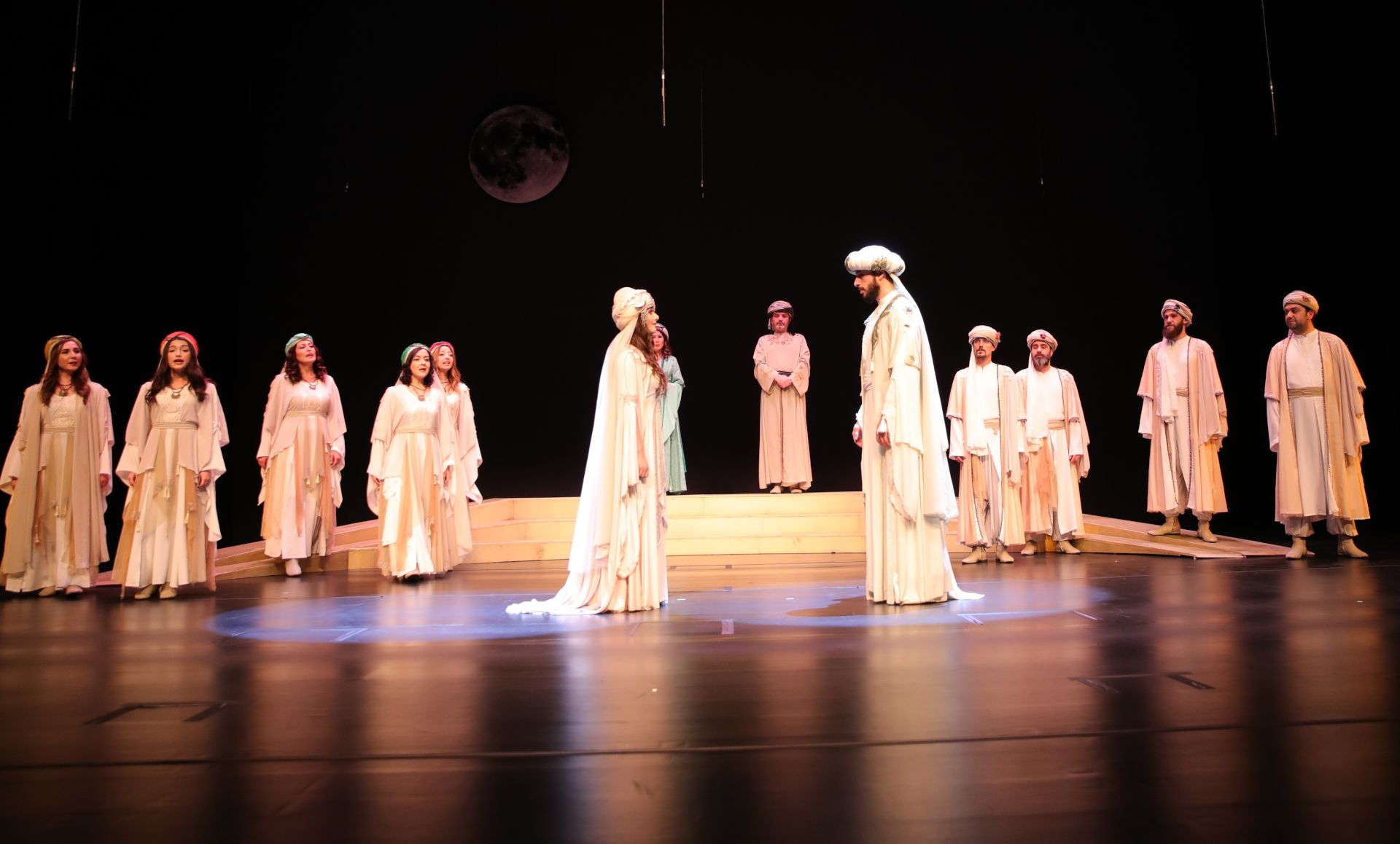
Love, Lust and Literature — with Selma Dabbagh
“There seemed to be something so modern and pithy and frank about their voices.” Writer and editor Selma Dabbagh joins New Lines’ Lydia Wilson to talk about sex, love and intimacy in the writing of Arab women, from the pre-Islamic era to the modern day.
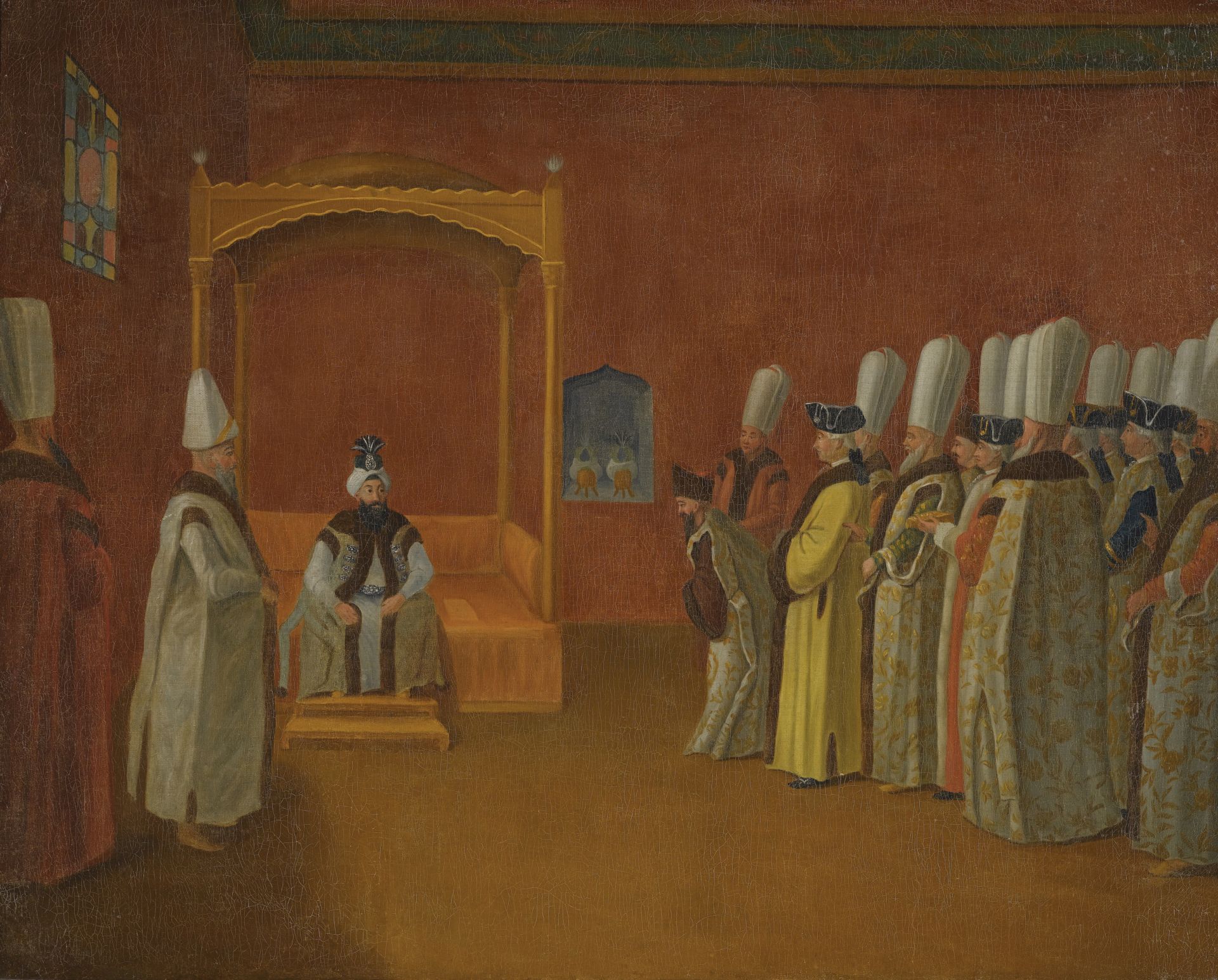
The Rise of the House of Osman — with Marc David Baer
For this third installment in our series on the fall of the Ottomans, historian Marc David Baer joins New Lines’ Faisal Al Yafai to look back at the 600 years of history that preceded their ultimate collapse.
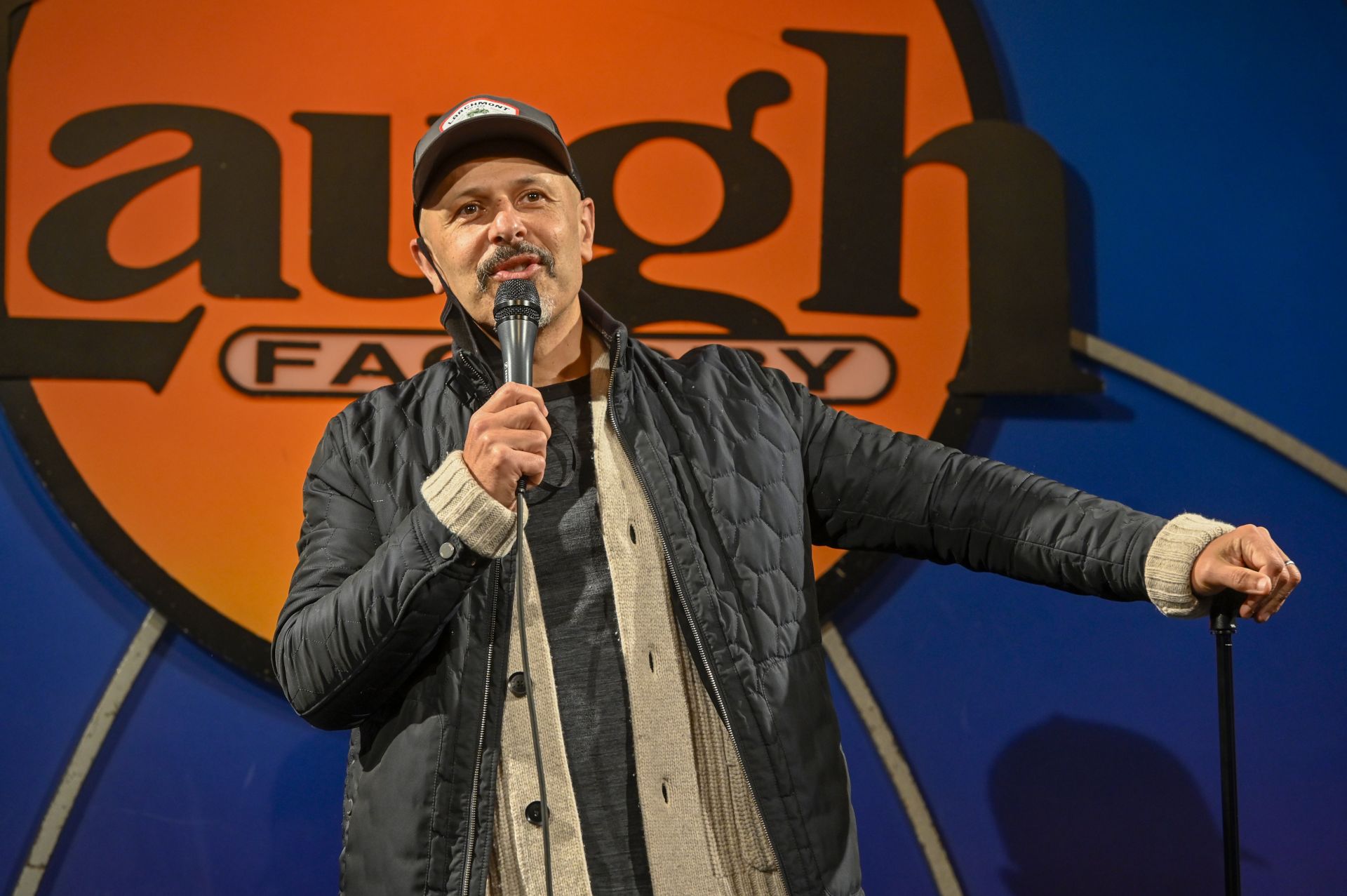
License to Laugh – with Maz Jobrani
Comedian Maz Jobrani joins New Lines’ Anthony Elghossain to talk about doing funny accents, playing a terrorist on TV and why he doesn’t worry about cancel culture.
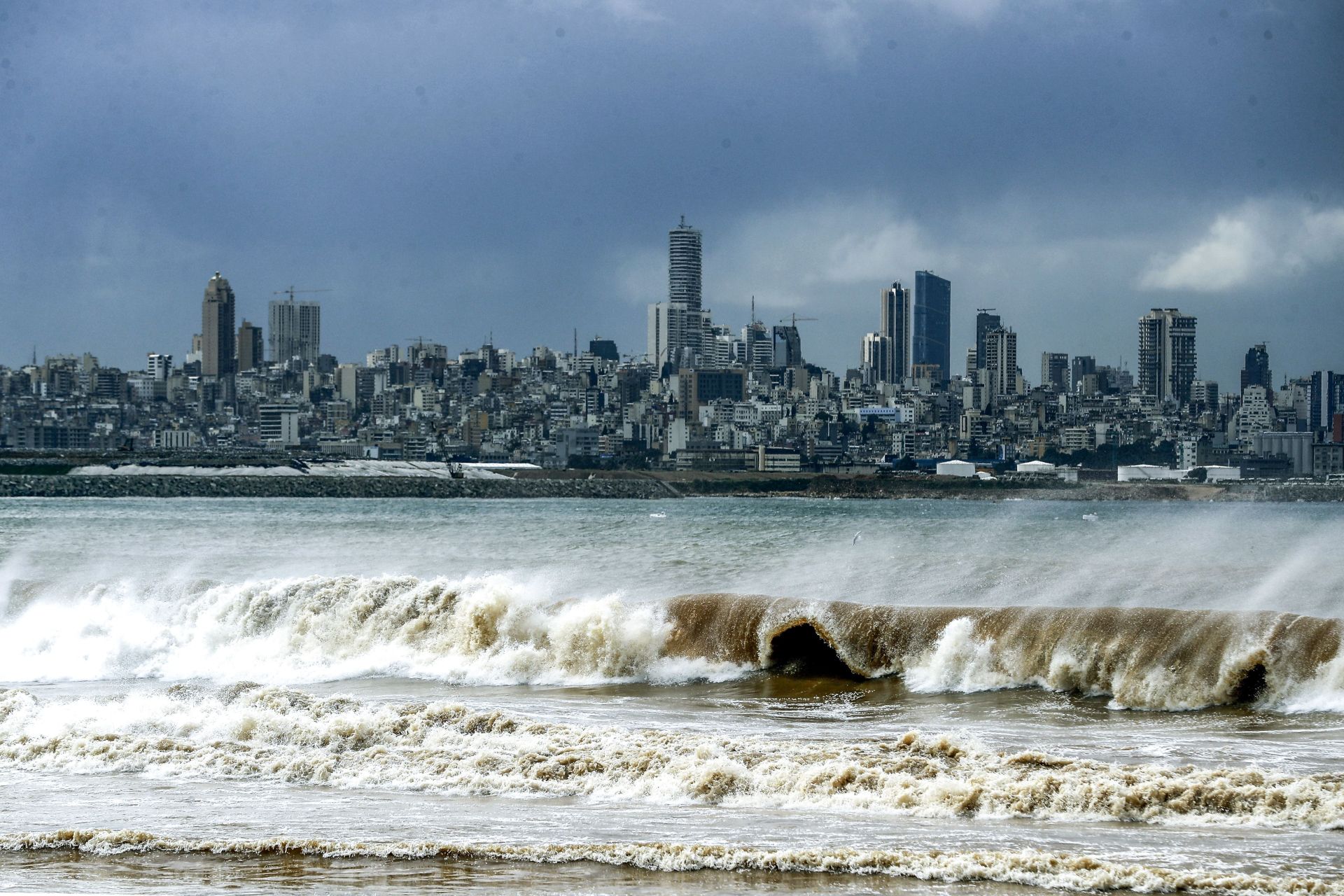
A Poet’s Take on Language, the Sea and Abortion — with Zeina Hashem Beck
Lebanese poet Zeina Hashem Beck joins New Lines’ Rasha Elass to talk about what inspires her bilingual verses and how they intertwine over themes of language, country and womanhood.
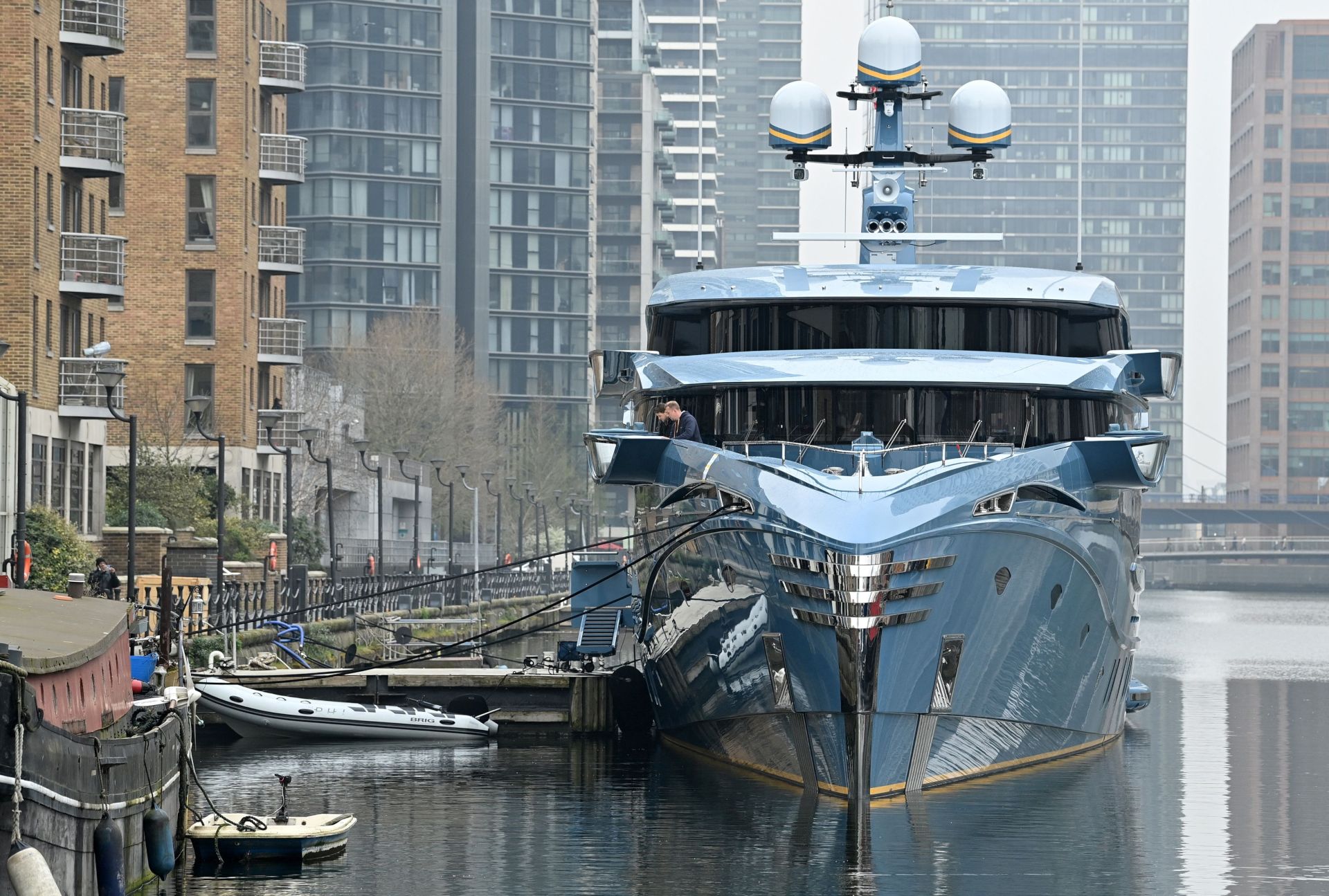
Turning Russian Oligarchs into London Aristocrats — with Oliver Bullough
Oliver Bullough, an investigative journalist covering corruption and financial crime and author of “Butler to the World: How Britain Became the Servant of Tycoons, Tax Dodgers, Kleptocrats and Criminals,” joins New Lines’ Faisal Al Yafai to talk about how British banking made London a sanctuary for Russian oligarchs, Ukrainian billionaires and other kleptocrats from across the world.
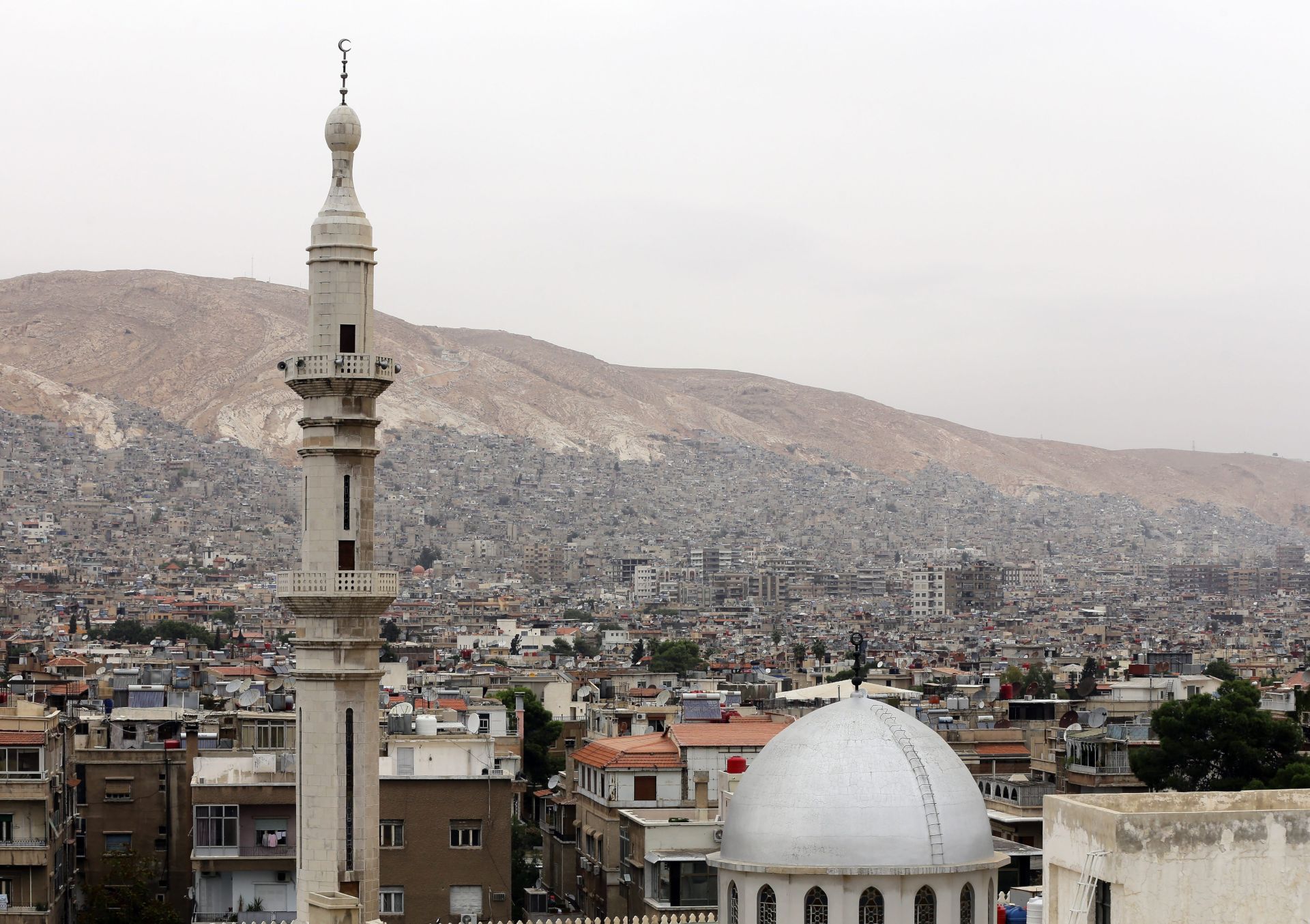
Retranslating the Poetry of Ibn Arabi – with Yasmine Seale and Robin Moger
Translators Yasmin Seale and Robin Moger join New Lines’ Lydia Wilson to discuss their unique approach to translating the poetry of the 12th-century philosopher Ibn Arabi.
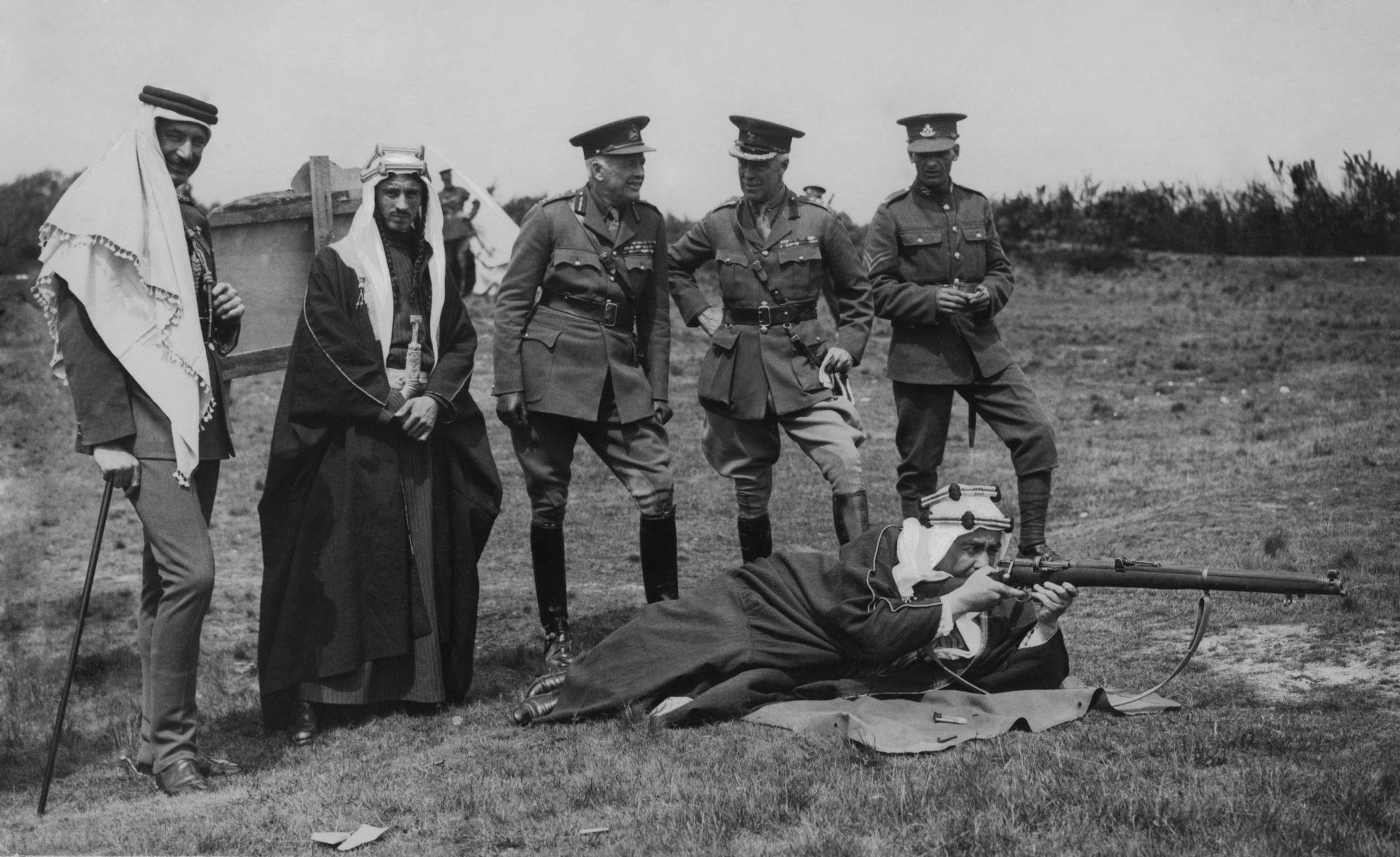
Imperial Folly After the Ottomans — with James Barr
Historian James Barr joins New Lines’ Faisal Al Yafai to talk about the post-Ottoman colonization of the Middle East — and how the last century of the region’s history was set in motion with the stroke of a crayon.
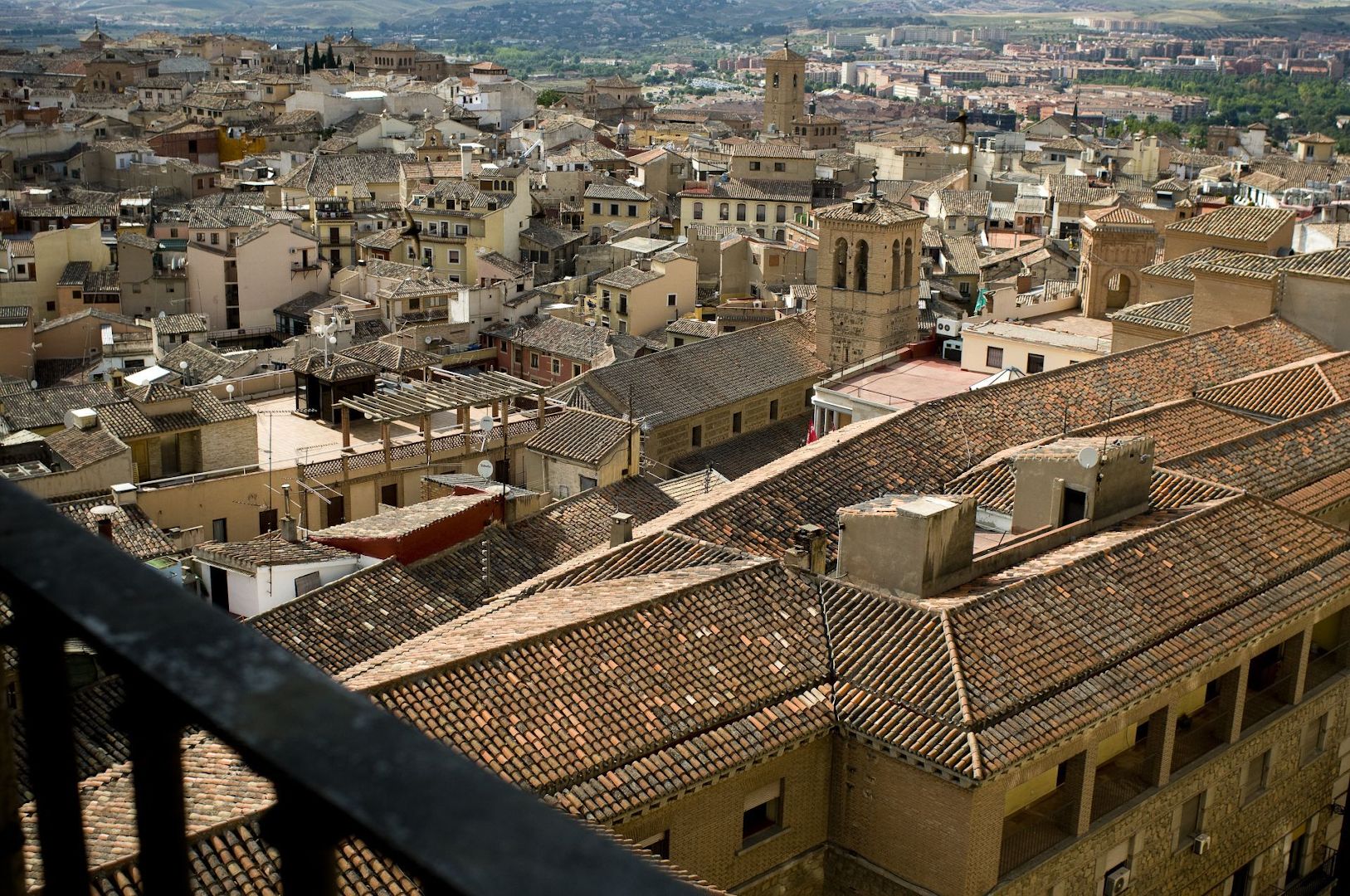
Arab History Through Medieval Spanish Eyes — with Aymenn Al-Tamimi
Aymenn Al-Tamimi joins New Lines’ Lydia Wilson to discuss the 13th century Latin text “Historia Arabum” — one of the oldest works of Islamic history by a Western author — and why he decided to translate it into Arabic.
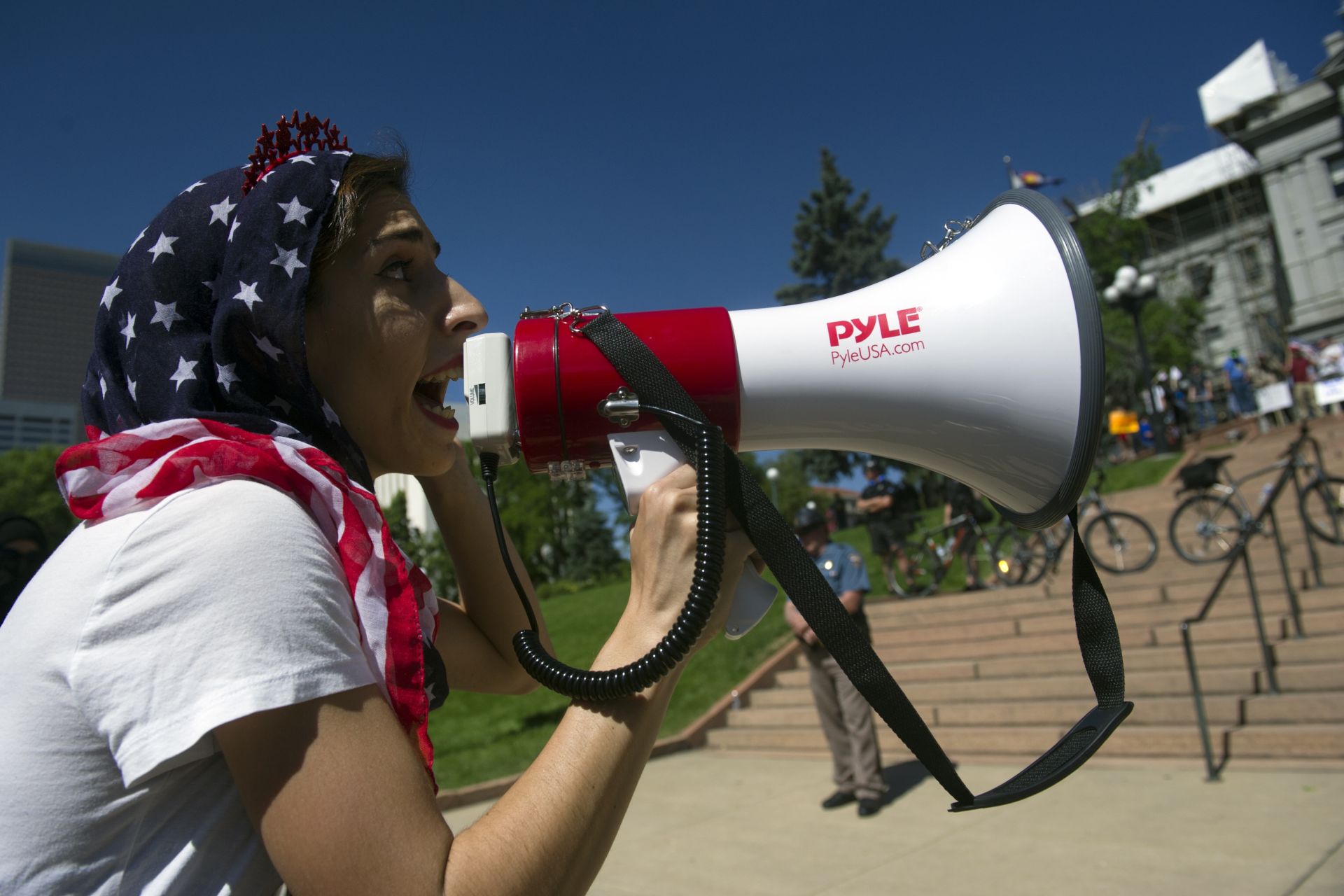
America’s Great Experiment — with Yascha Mounk
Political scientist Yascha Mounk joins New Lines’ Faisal Al Yafai to discuss diversity, democracy and patching up America’s polarized politics.
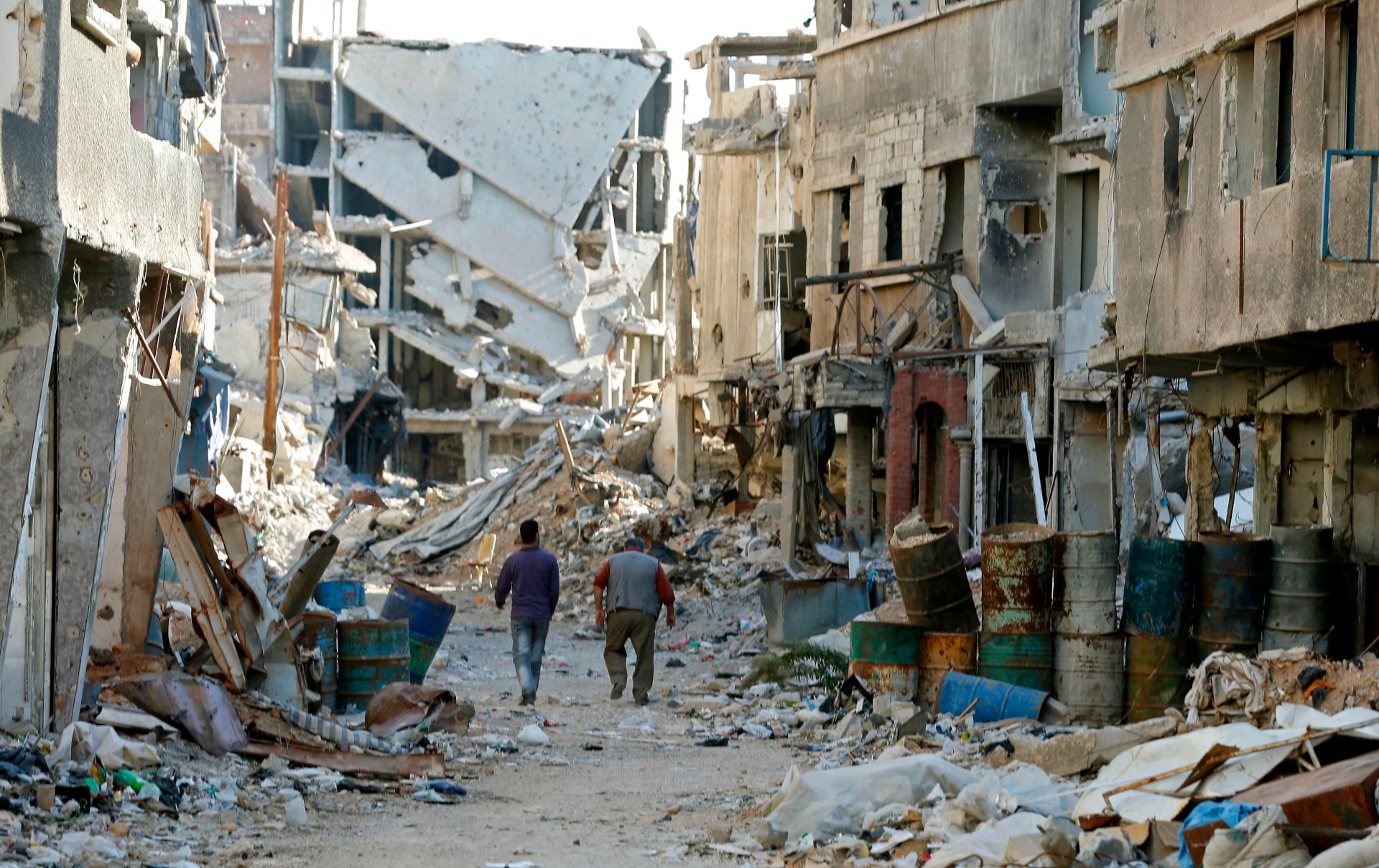
Catfishing a Killer — with Uğur Ümit Üngör and Annsar Shahhoud
Genocide researchers Annsar Shahhoud and Uğur Ümit Üngör tell New Lines’ Rasha Elass about their years-long undercover mission to expose the man behind the Tadamon masscre, how dark humor kept them sane and how they tricked him into into confessing — over Facebook.

Bedouin Poetry and Culture Through the Ages — with Marcel Kurpershoek
Scholar and translator Marcel Kurpershoek talks to New Lines’ Kevin Blankinship about the Nabati poetry of the Arabian peninsula and its thousand-year history from pre-Islamic oral traditions to the UAE’s smash-hit reality show “Million’s Poet.”
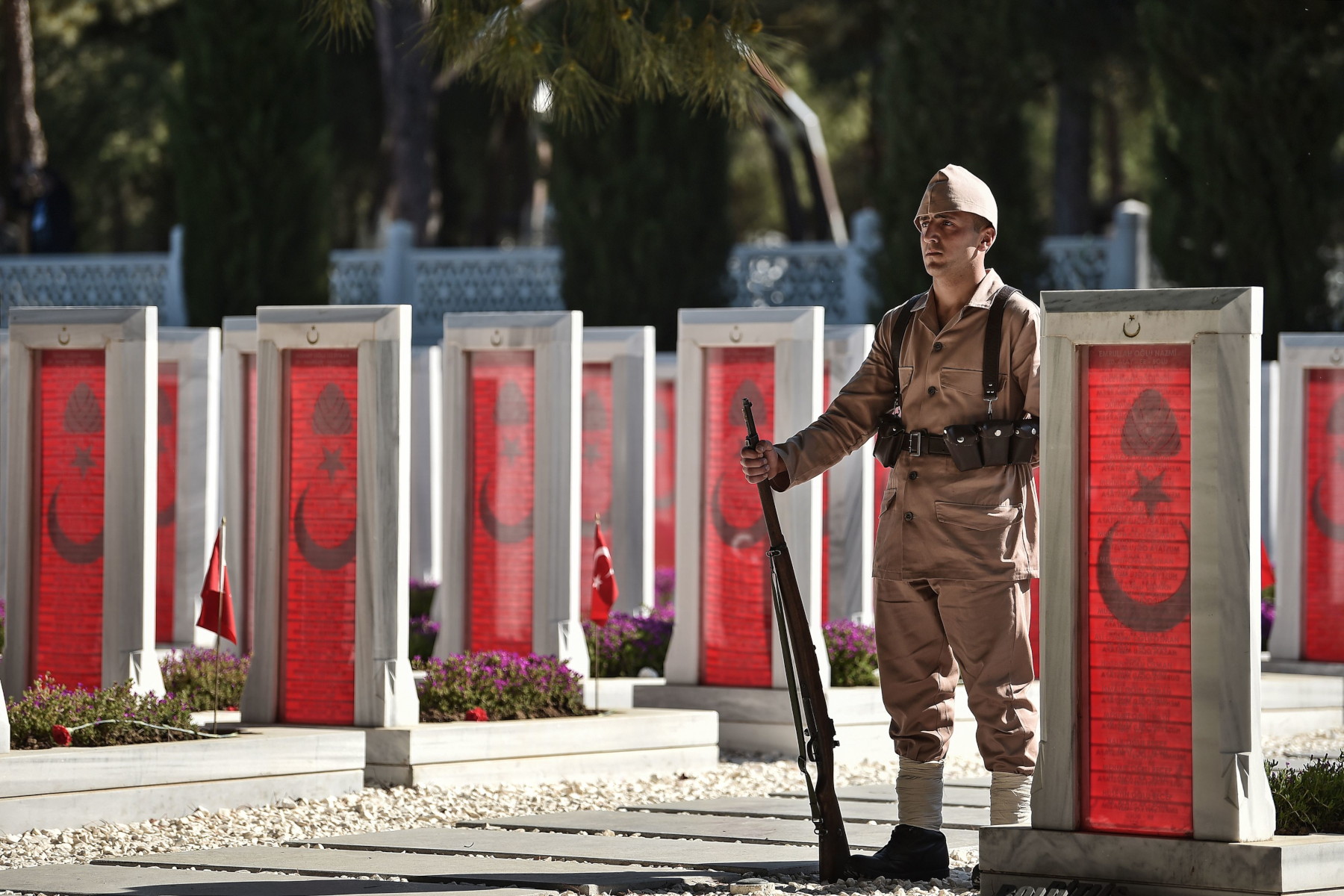
The Last Days of the Ottomans – with Eugene Rogan
Pre-eminent historian Eugene Rogan talks to New Lines’ Faisal Al Yafai about the Ottoman Empire’s final years, its still-controversial legacy and how its defeat in World War I created the Middle East of today.
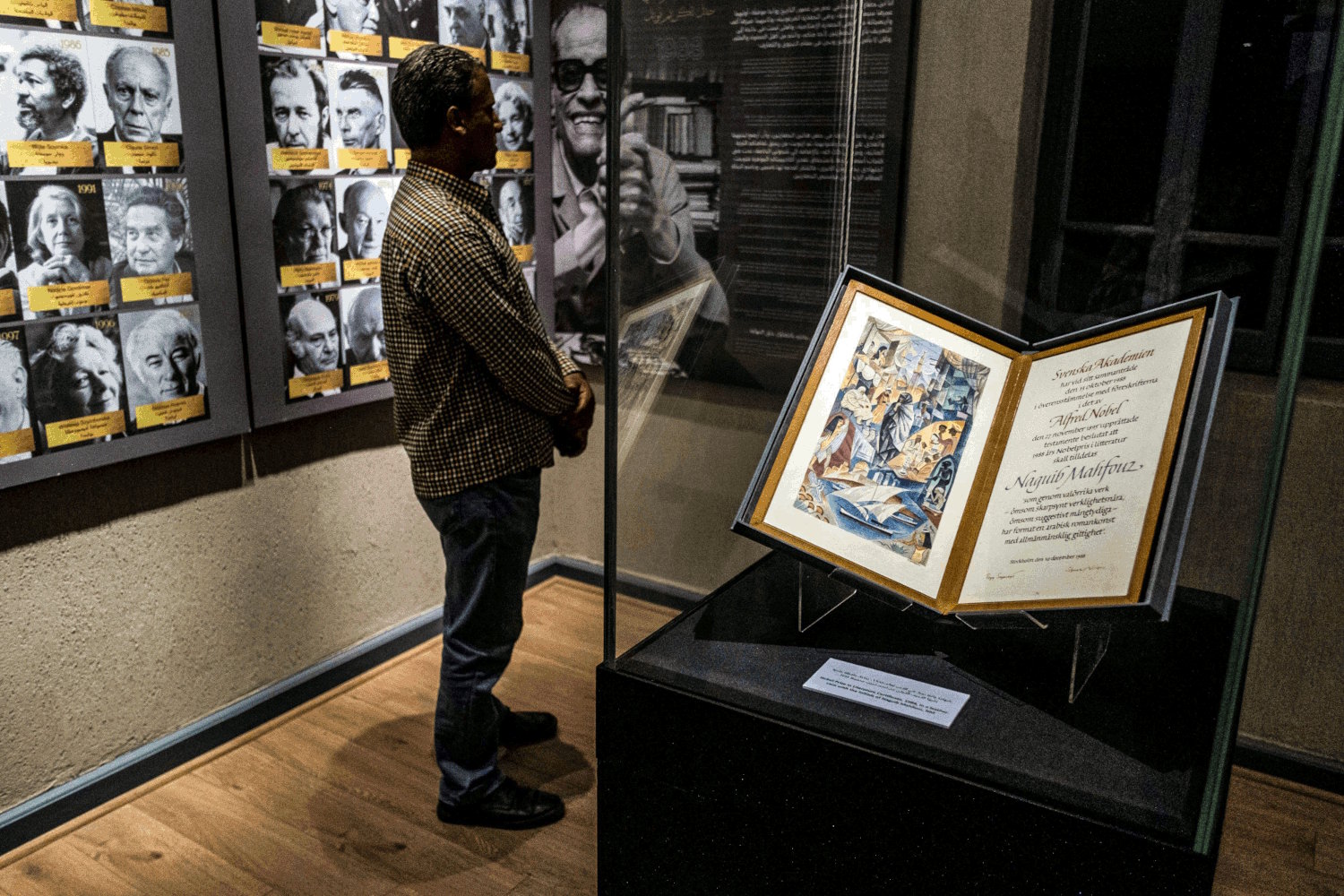
A Life in Translation — with William Hutchins
Award-winning translator of Arabic literature, William Hutchins talks to New Lines’ Kevin Blankinship about how he began his career, why he continues to work in his retirement, and what it was like to translate the beloved Egyptian novelist Naguib Mahfouz.
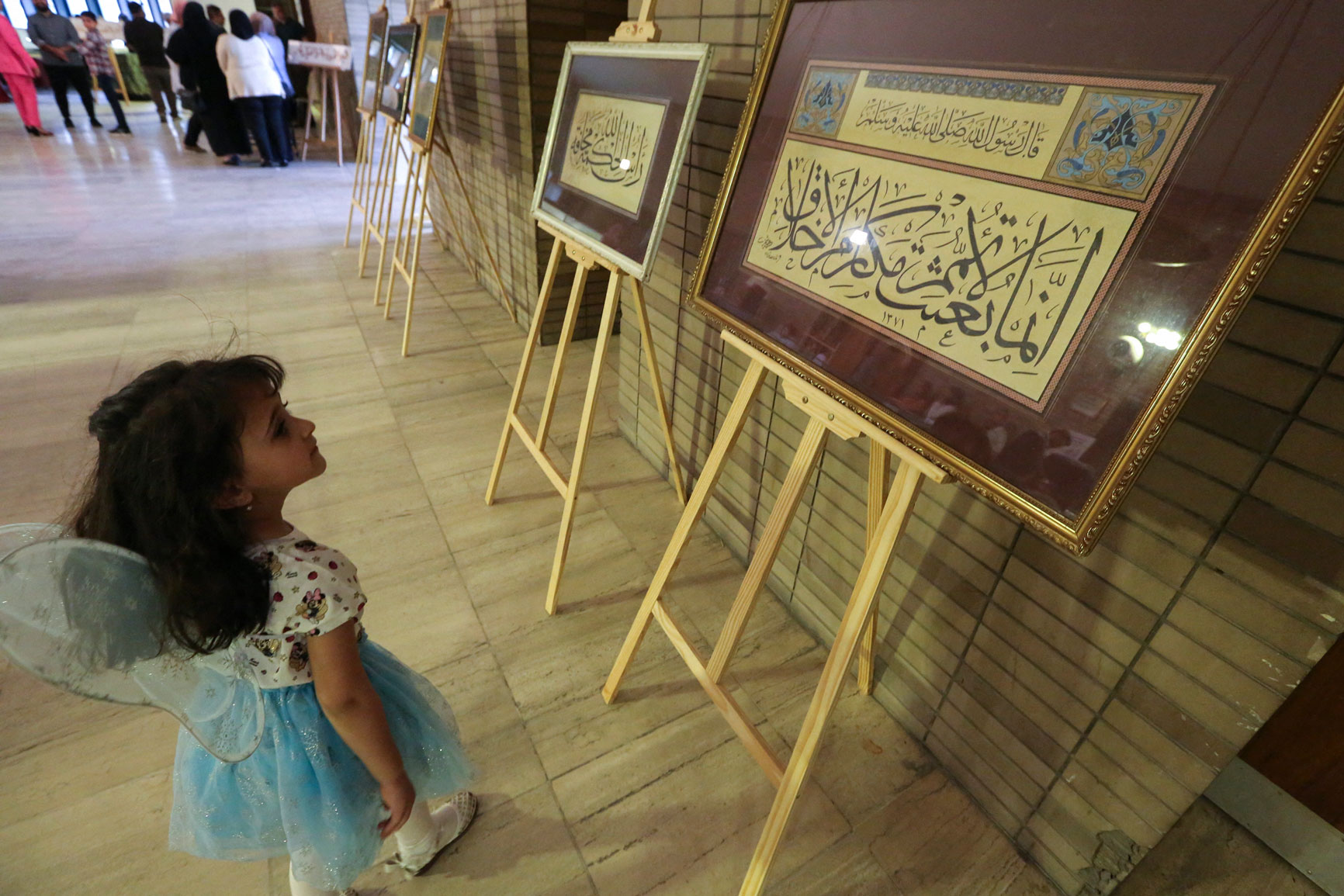
An Arab Renaissance in the Age of Print — with Ahmed El Shamsy
In the first of a series of podcasts delving into the big questions of history, Ahmed El Shamsy joins New Lines’ Lydia Wilson to discuss how the printing press became the engine that powered the Arab Renaissance.

One Man’s Quest for Quiet — with Gordon Hempton
Acoustic ecologist Gordon Hempton speaks to New Lines’ Rasha Elass about the importance of silence to both human health and the health of the planet.
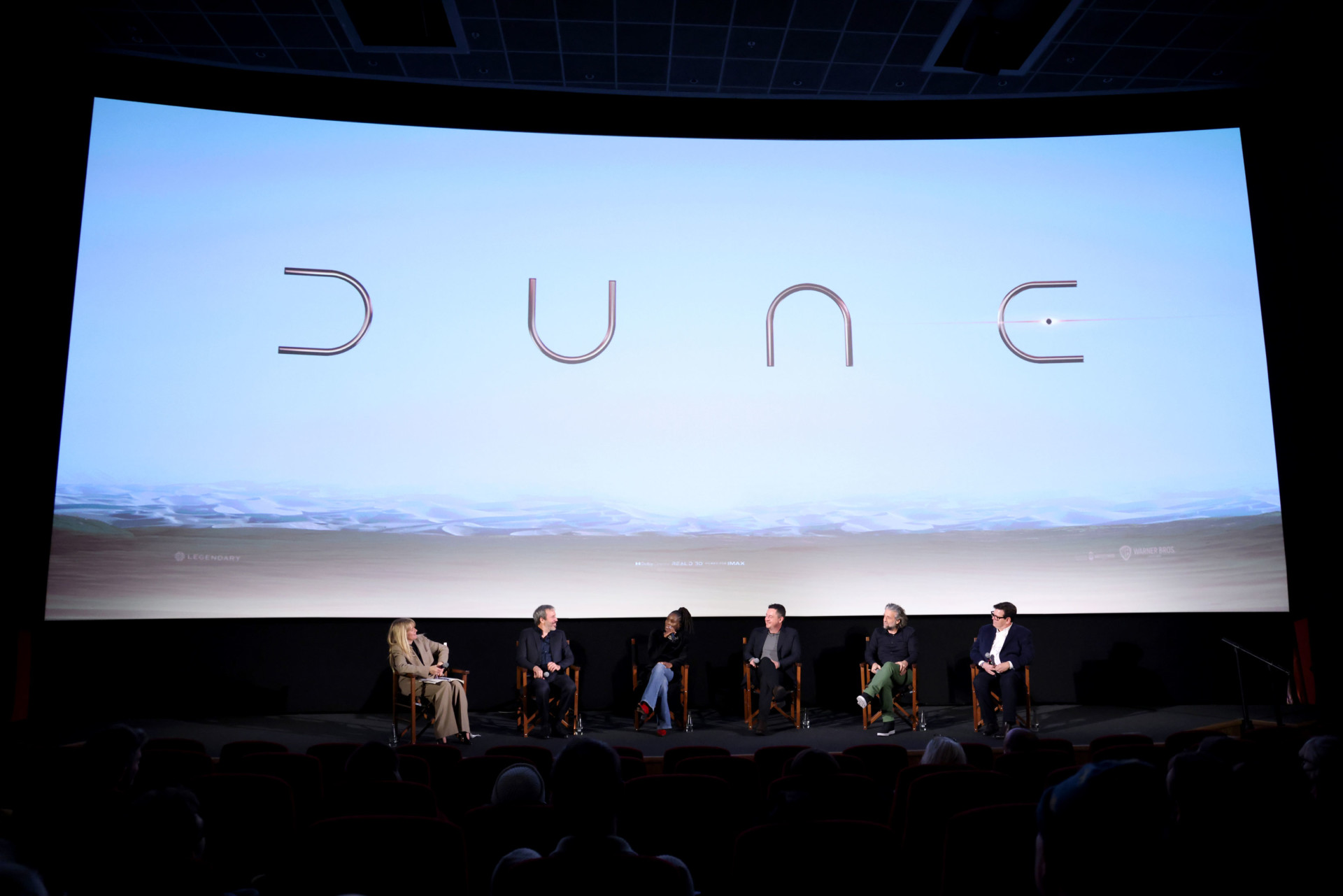
Orientalism, Salafism and Sci-Fi in the World of ‘Dune’ — with Haris Durrani
Author and historian Haris Durrani speaks to New Lines’ Faisal Al Yafai about representation and religion in the classic sci-fi…
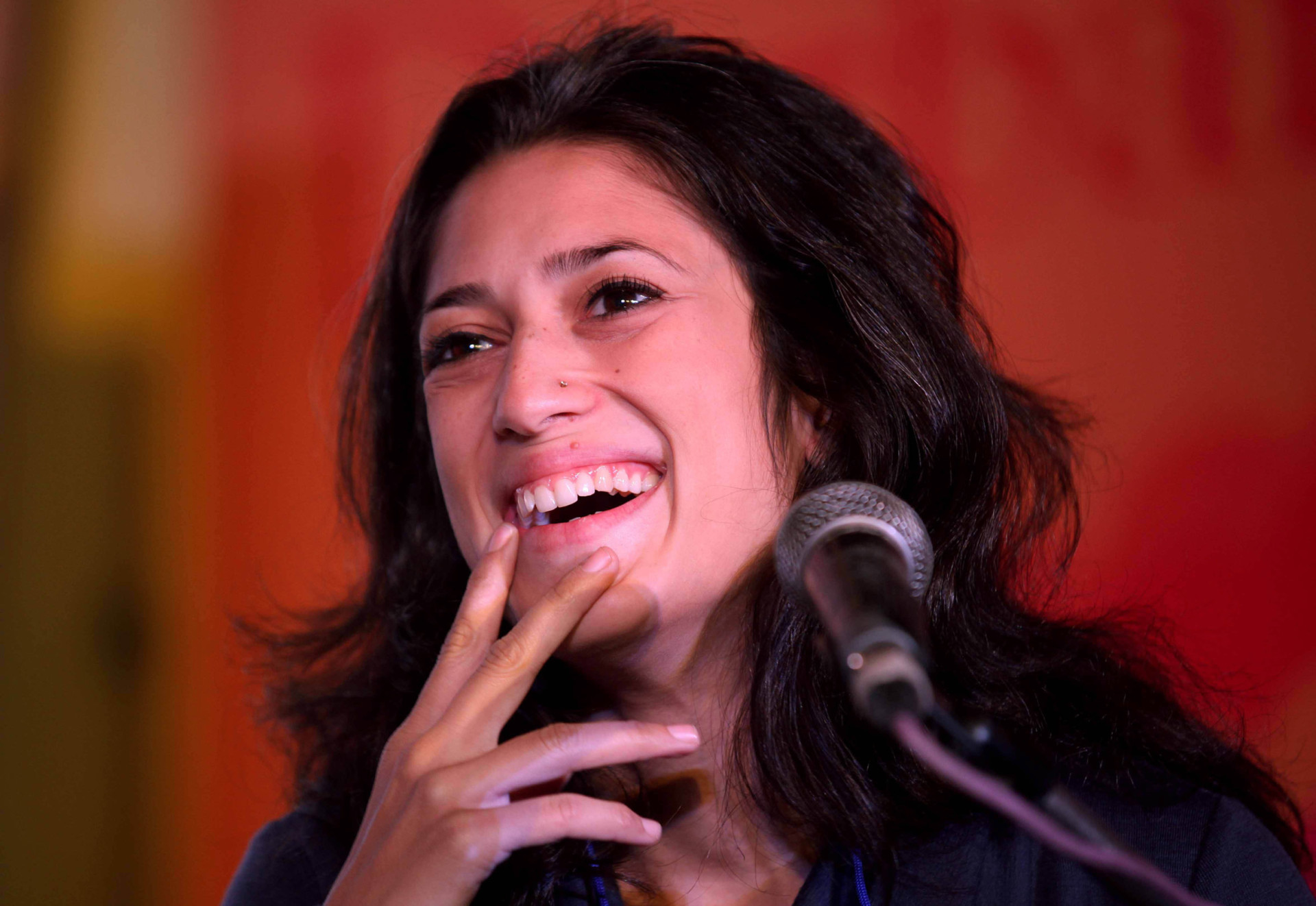
The Politics of Storytelling — with Fatima Bhutto
Acclaimed Pakistani novelist Fatima Bhutto joins New Lines’ Faisal Al Yafai for a wide-ranging conversation about the relationship between politics and fiction. They discuss why she decided to be a writer rather than a politician like her aunt Benazir Bhutto, why the CIA has a department for script writers and why people increasingly identify more with stories from outside the West like “Squid Game” than with “Friends.”
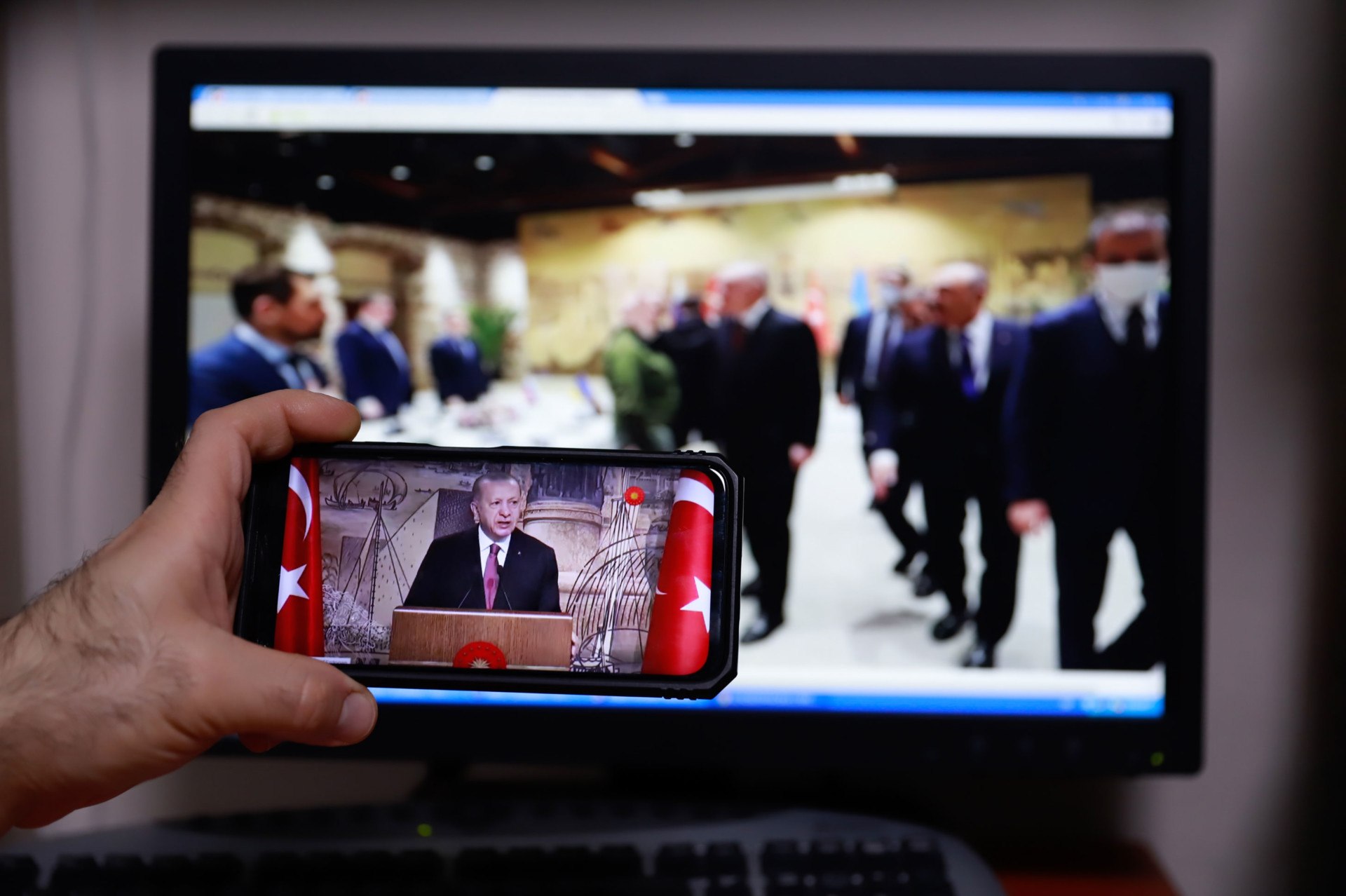
The Middle East in the Midst of the Ukraine War — with Suha Ma’ayeh and Amer Al Sabaileh
Journalist Suha Ma’ayeh and international relations expert Amer Al Sabaileh join New Lines’ Lydia Wilson in Amman to discuss how people and governments in the Middle East have responded to Russia’s invasion of Ukraine — and what it means for a region already struggling with inflation, rising food prices and COVID-19. Faisal Al Yafai presents.
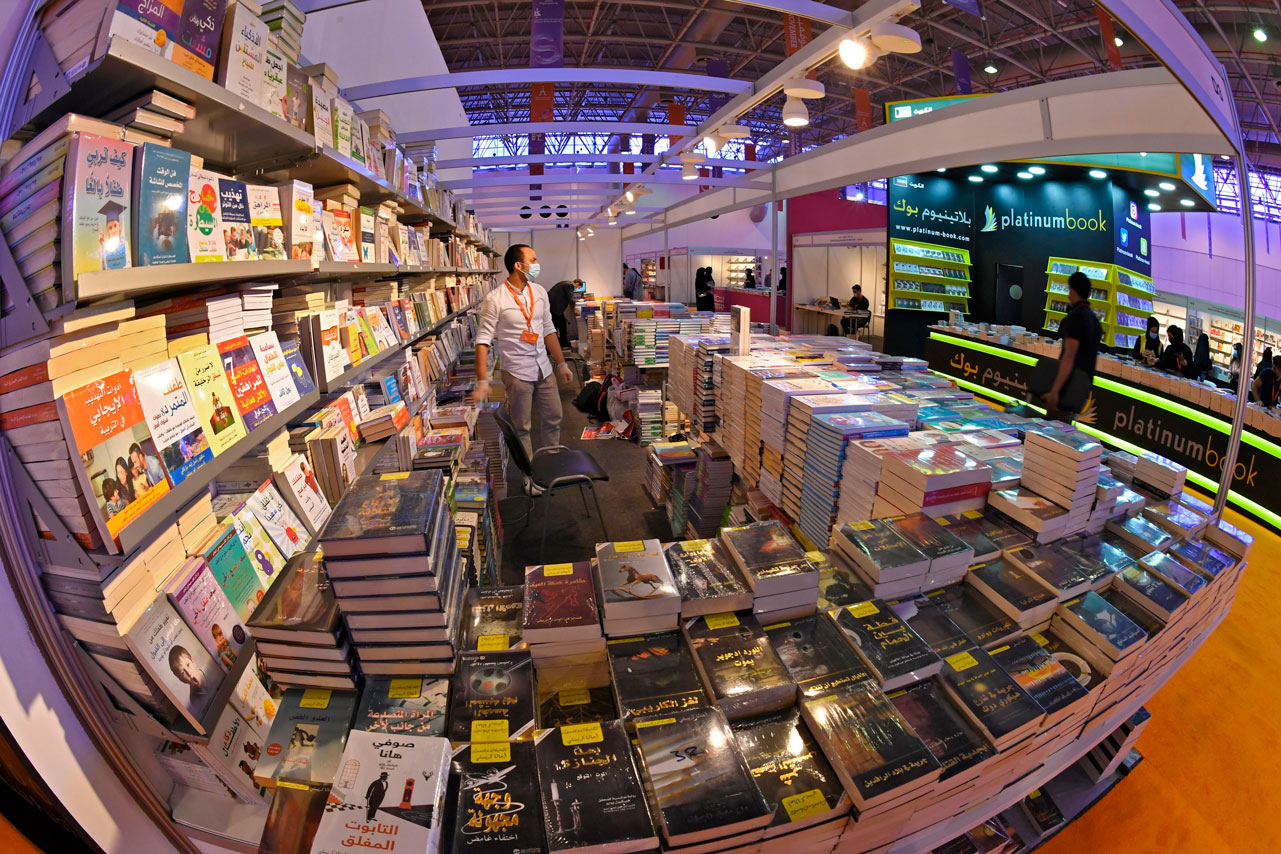
Arabic Literature in Translation — with Reem Bassiouney and M Lynx Qualey
Award-winning novelist Reem Bassiouney and ArabLit.org editor M Lynx Qualey join New Lines’ Lydia Wilson and Faisal Al Yafai for a wide-ranging conversation about the challenges of translating Arabic literature, why a translation is never finished and what it means to be a “victim” of translation.
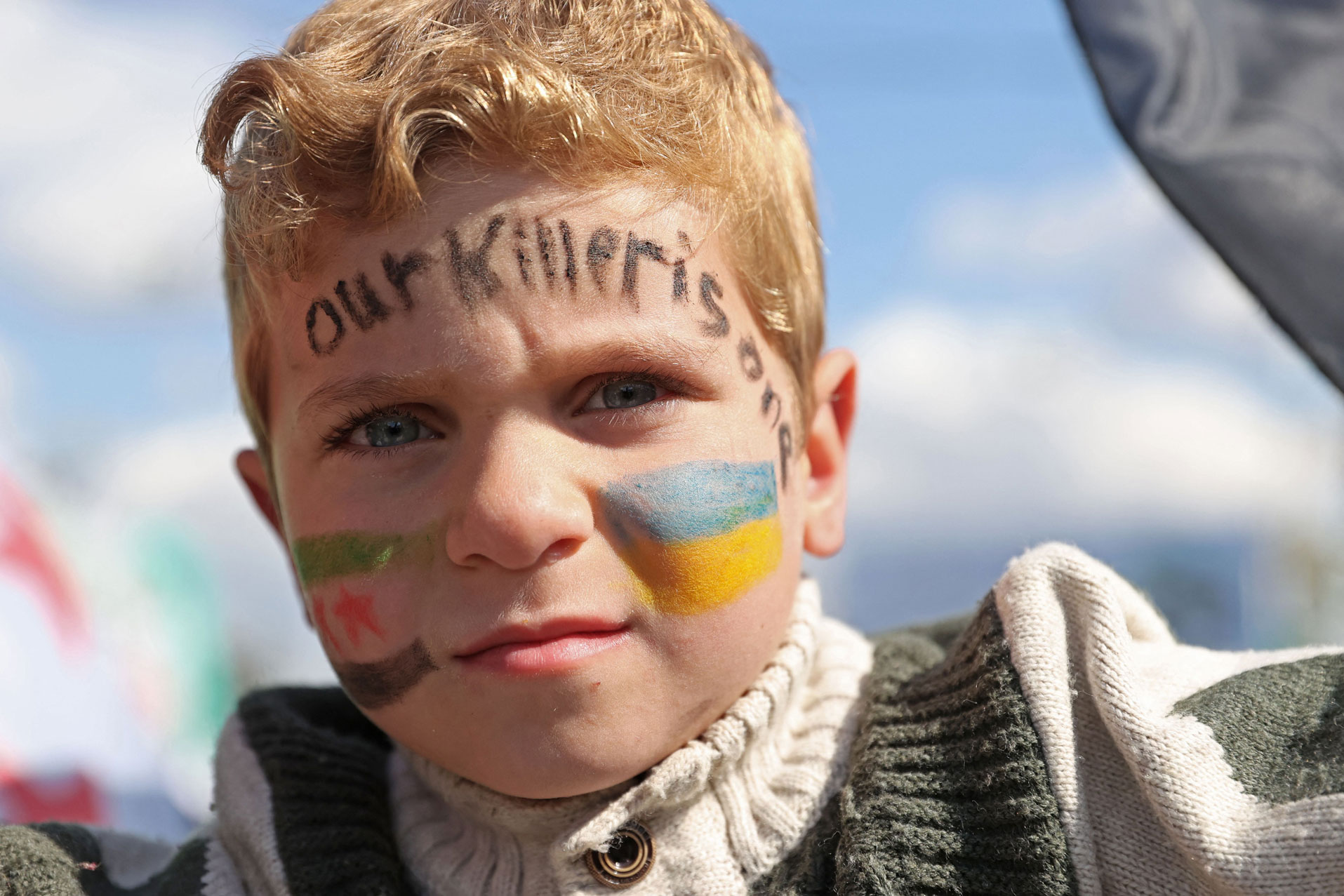
Putin’s Military Adventures, From Syria to Ukraine — with Anand Gopal
Award-winning journalist Anand Gopal joins New Lines’ Faisal Al Yafai to talk about how the invasion of Ukraine compares with Vladimir Putin’s war in Syria and ask why Syrians never received the same support in the face of Russian atrocities.
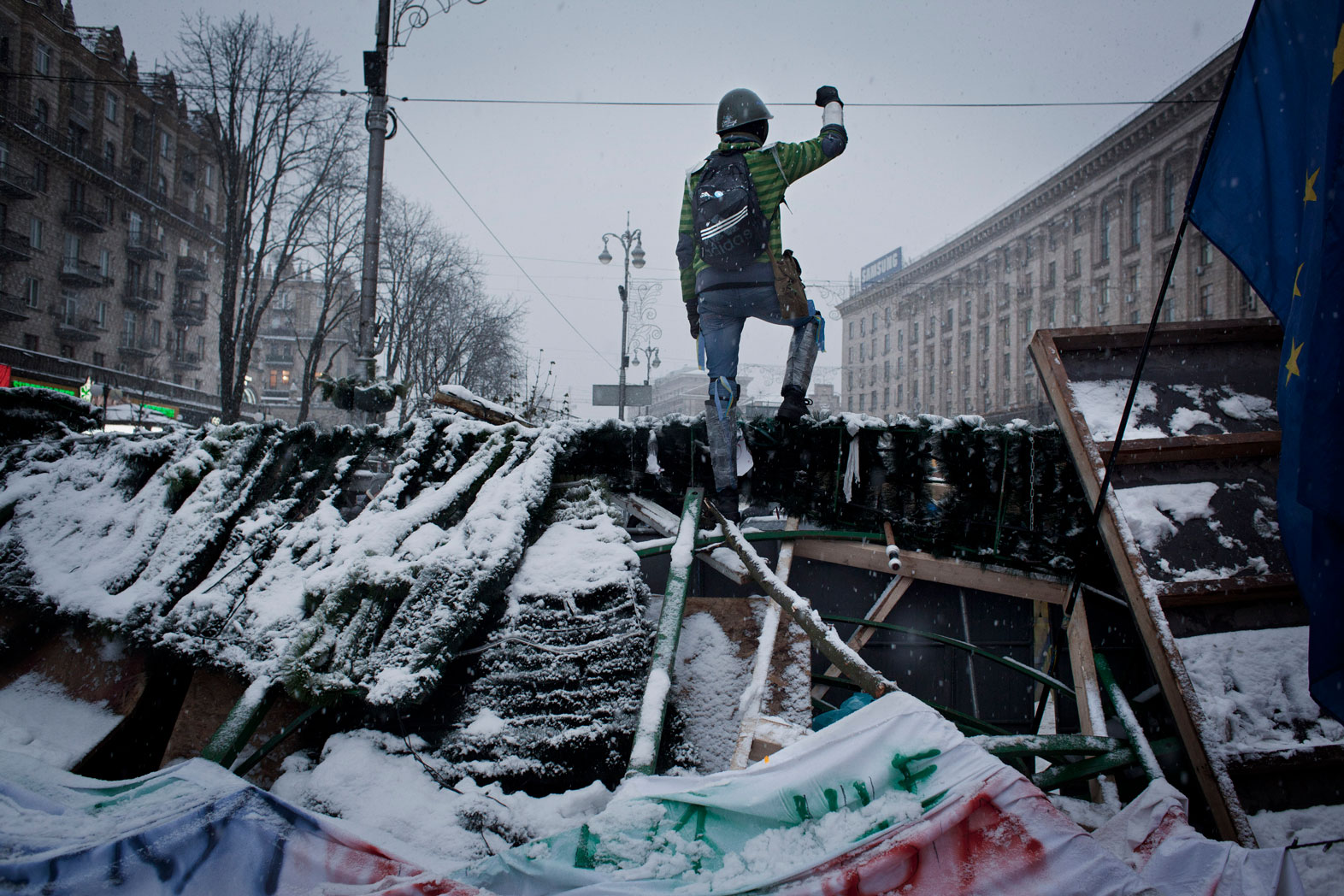
Writing a Revolution: Ukraine’s Maidan Uprising — with Kalani Pickhart
Kalani Pickhart, author of the novel “I Will Die in a Foreign Land,” joins New Lines’ Lydia Wilson to talk about Ukraine’s Maidan revolution and the long history of Russian aggression toward the country.
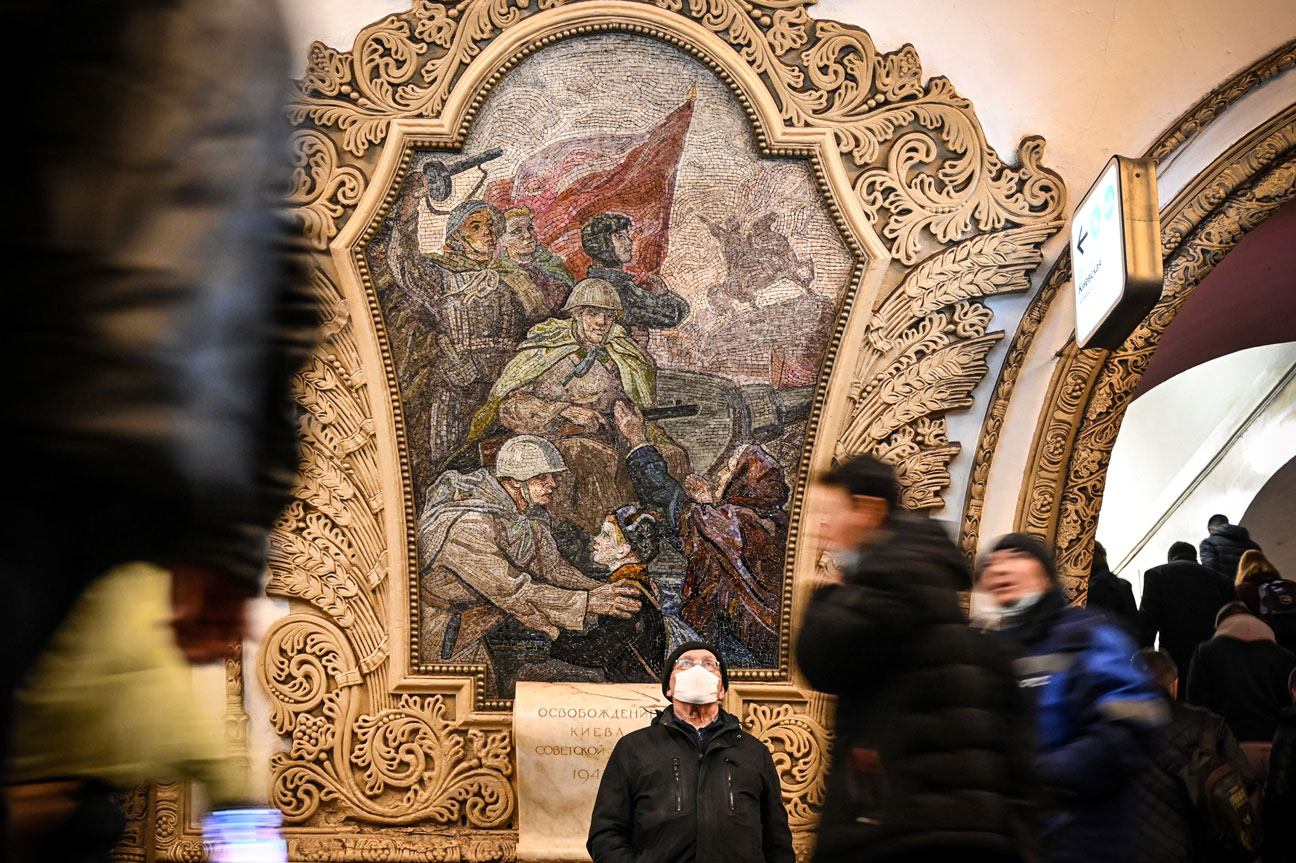
The Ukraine Invasion in an Age of ‘New Wars’ — with Mary Kaldor
As Russia’s invasion of Ukraine enters its second week, New Lines’ Lydia Wilson is joined by Mary Kaldor, a professor at LSE and the author of “New and Old Wars,” to talk about what makes the war different from other contemporary conflicts and whether she thinks Putin has miscalculated.
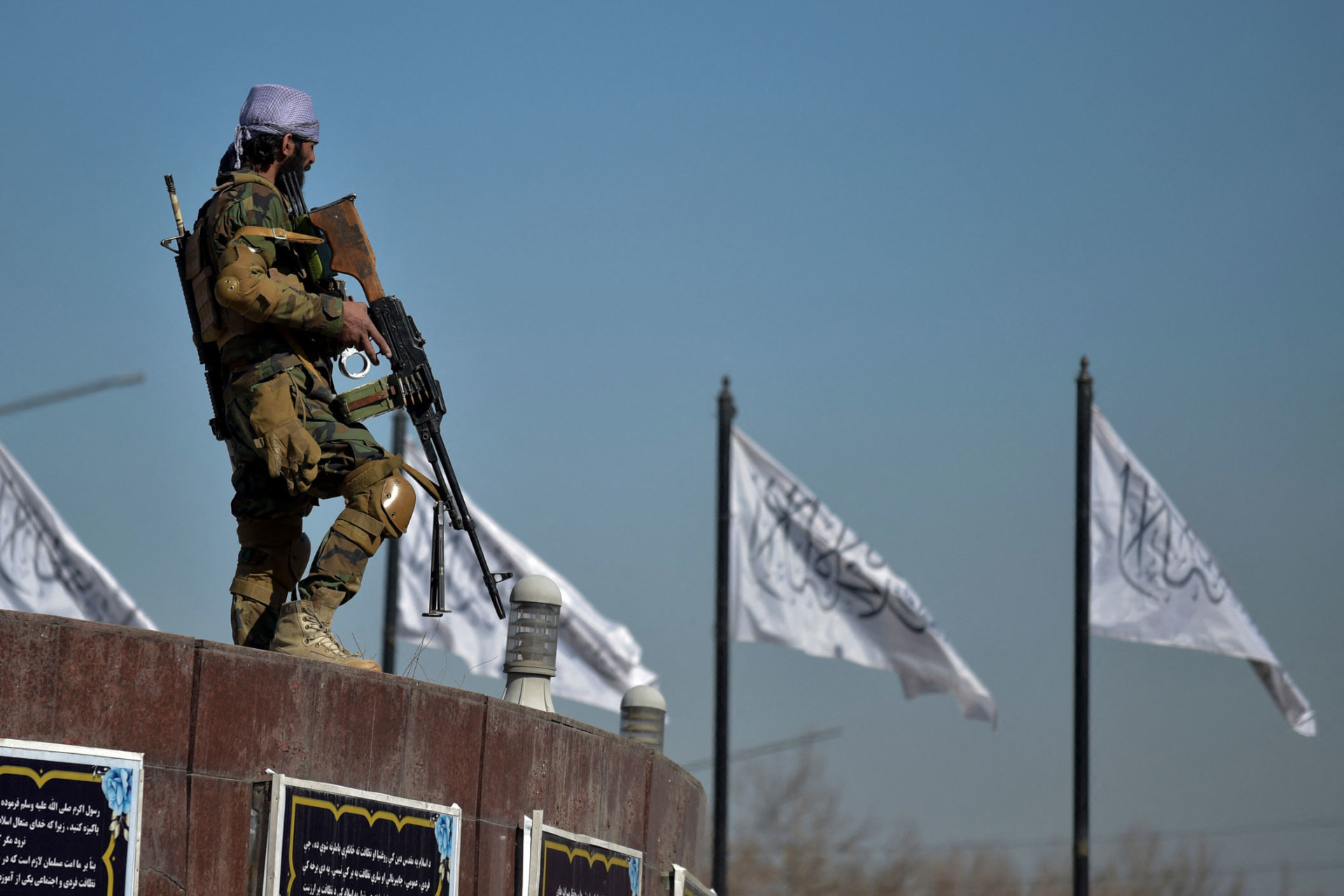
Six Months After the Fall of Kabul — with Fazelminallah Qazizai, Pashtana Durrani and Emran Feroz
The war in Afghanistan may be over, but a humanitarian crisis threatens to be even deadlier than the 20 years of fighting. Six months after the fall of Kabul, New Lines’ Faisal Al Yafai is joined by Fazelminallah Qazizai, Pashtana Durrani and Emran Feroz to explore how the country has changed under Taliban rule.
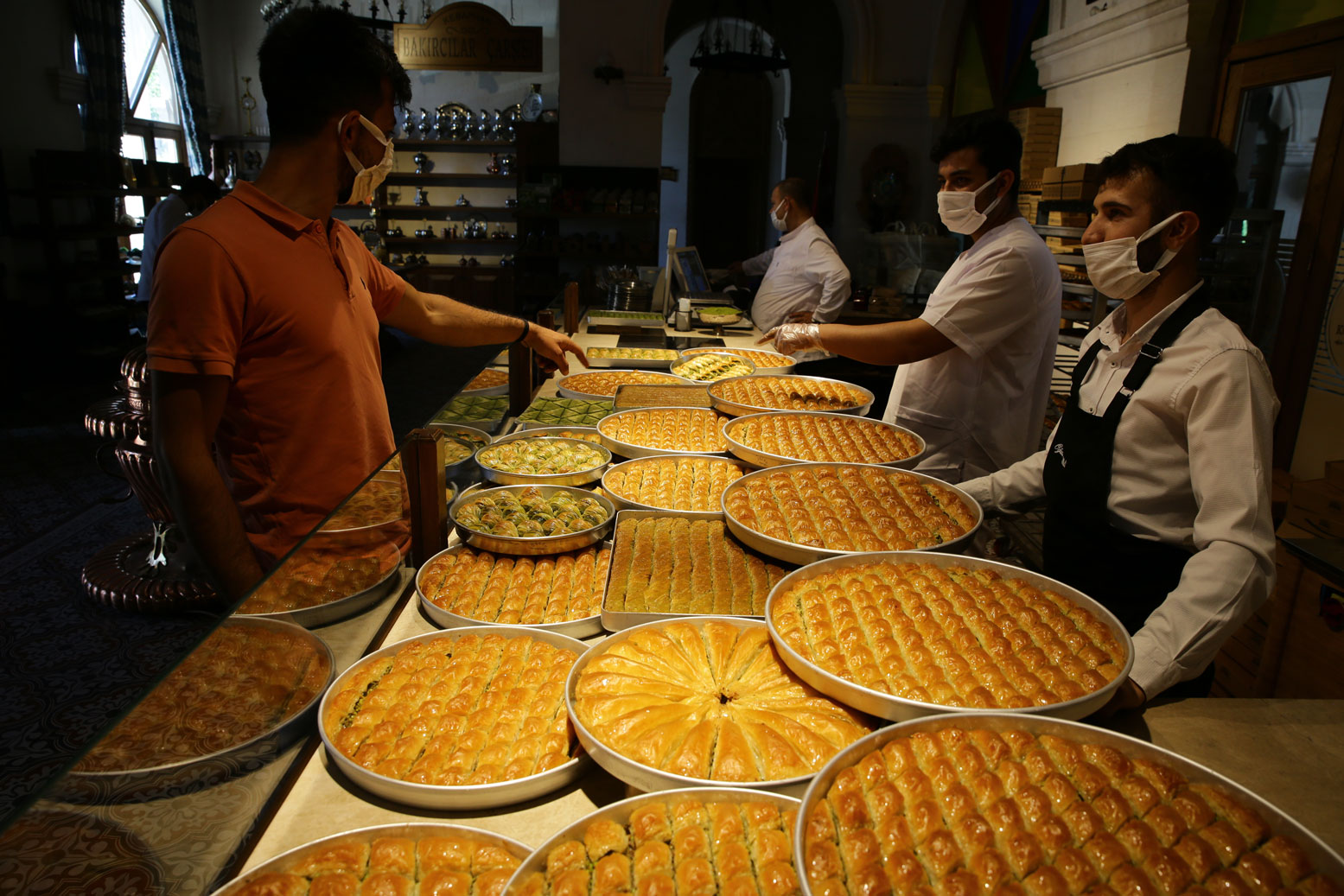
Food Fights and Hummus Wars — with Suna Çağaptay, Riada Asimovic Akyol and Kareem Shaheen
Few topics evoke as much passion as food. New Lines' Kareem Shaheen is joined by Suna Çağaptay and Riada Asimovic Akyol to talk about how our identities are connected to what we eat, why Kareem is so passionate about authentic hummus and why recipes have become such a political battleground.
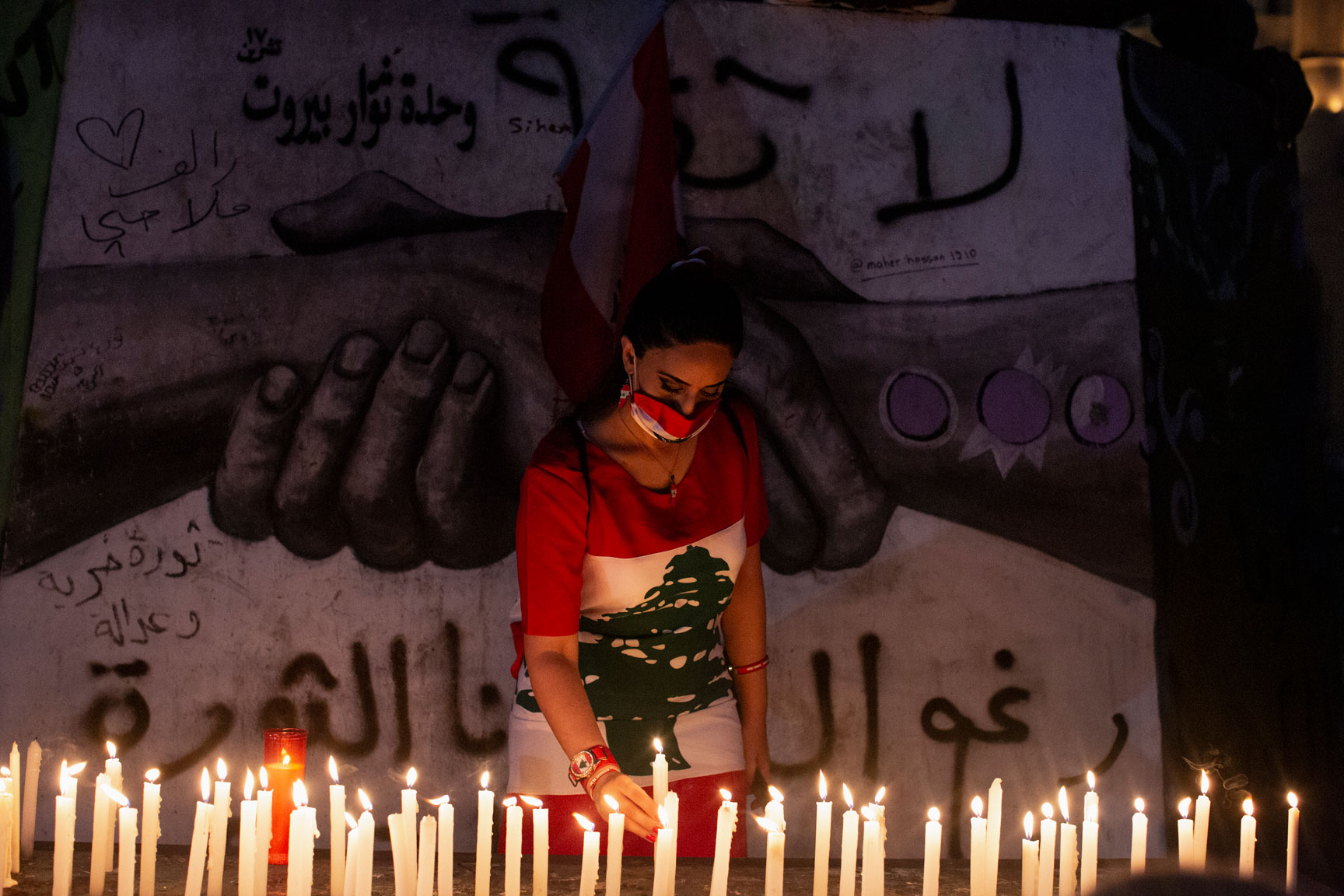
The Strange Amnesia of Lebanon’s Wars — with Elia Ayoub
In a crossover episode with the podcast “The Fire These Times,” its host, Joey Ayoub, joins New Lines’ Faisal Al Yafai and Lydia Wilson to explore the hold the Lebanese civil war still has on the national psyche — and what Syria can learn from its warning.
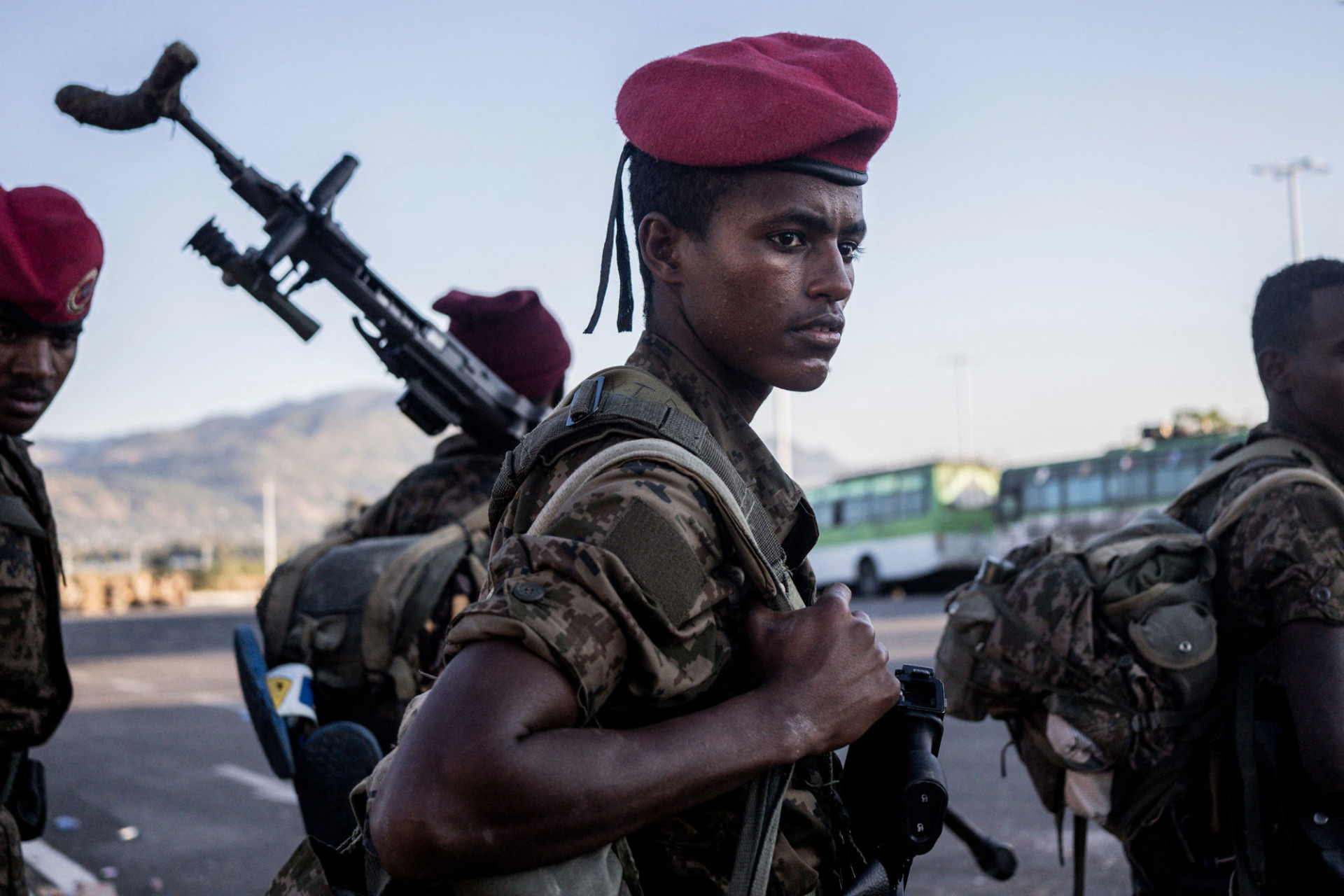
Can Ethiopia End Its ‘Very Dirty War’? — with Zecharias Zelalem and Julia Steers
Over a year into Ethiopia’s civil war, New Lines’ Faisal Al Yafai talks to three guests — freelance journalist Zecharias Zelalem, VICE News’ Julia Steers and Biniam, a Tigray civilian who lost several close friends to a notorious massacre — and asks what it will take to end the bloodshed.
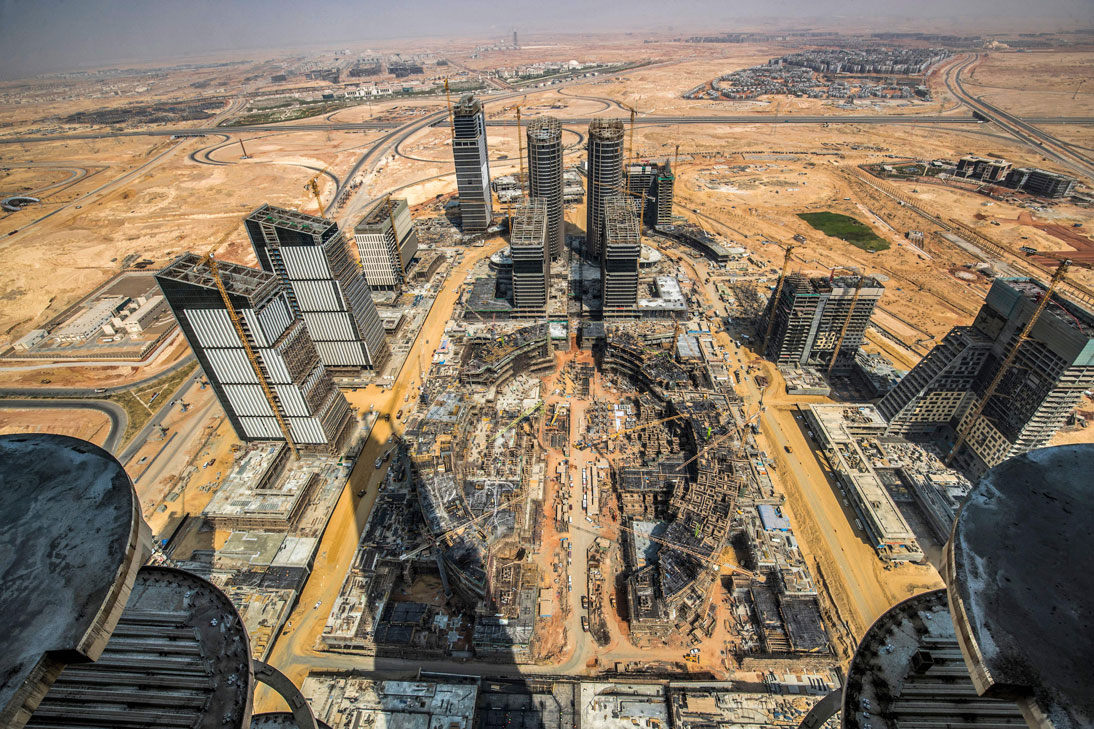
Urban Futures in the Middle East — with Yasser Elsheshtawy and Mona Fawaz
Urban planning scholars Mona Fawaz and Yasser Elsheshtawy join New Lines’ Lydia Wilson to discuss how Beirutis are reclaiming public spaces, why Egypt is building a new capital from scratch and why city planners can learn more from Riyadh than from Dubai.
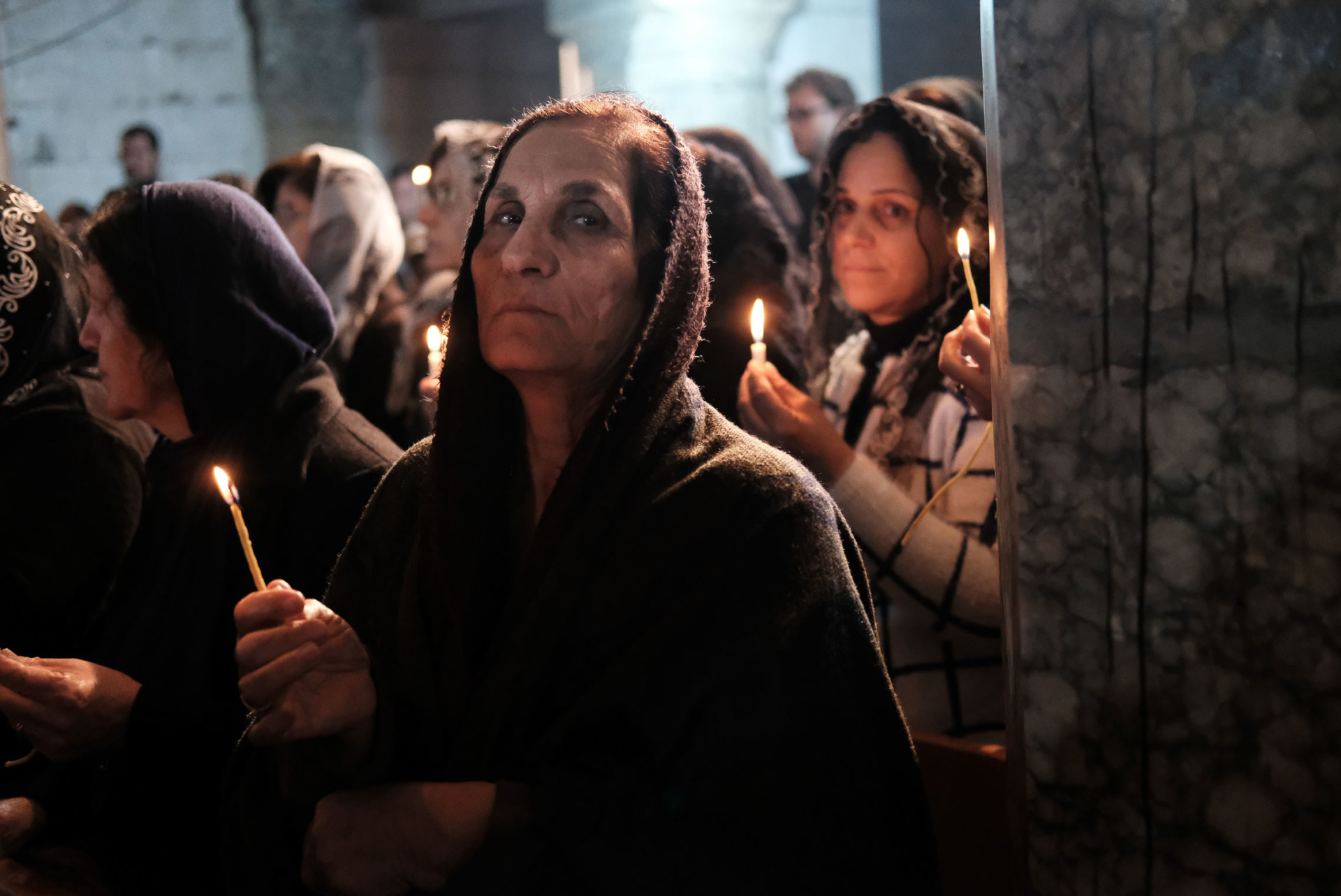
Reporting the Vanishing – with Janine di Giovanni and Lydia Wilson
Janine di Giovanni speaks to New Lines’ Lydia Wilson about her career reporting conflict, her book The Vanishing, and why she fears for the future of the Middle East’s ancient Christian communities.
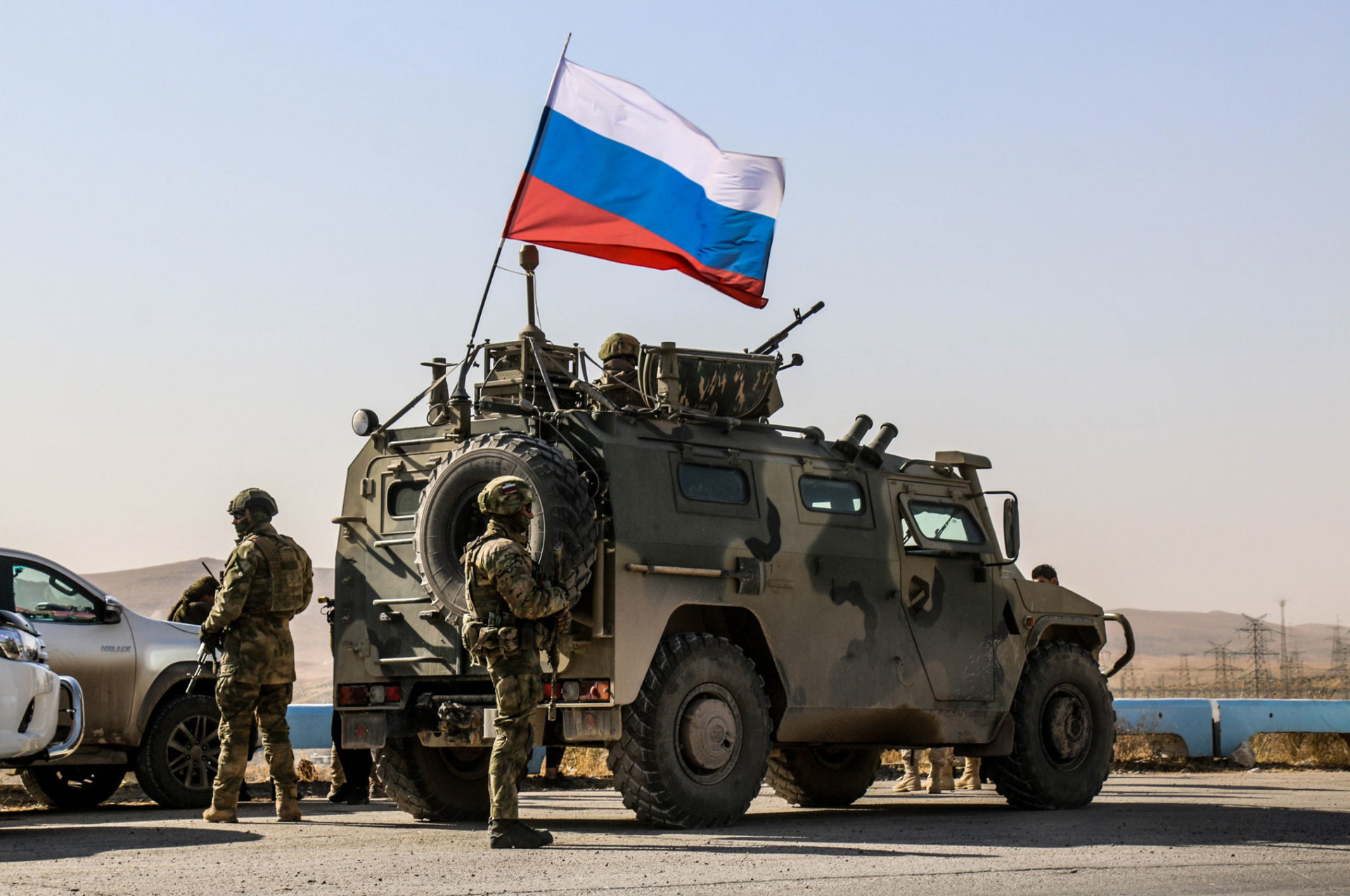
Chasing the Shadow State
Luke Harding, author of the book “Shadow State,” speaks to New Lines’ Faisal Al Yafai about the increasingly bold activities of Russia’s ruthless intelligence services. They discuss the challenges of reporting on such a secretive world — and the heroism of the Russian citizens working to expose it.
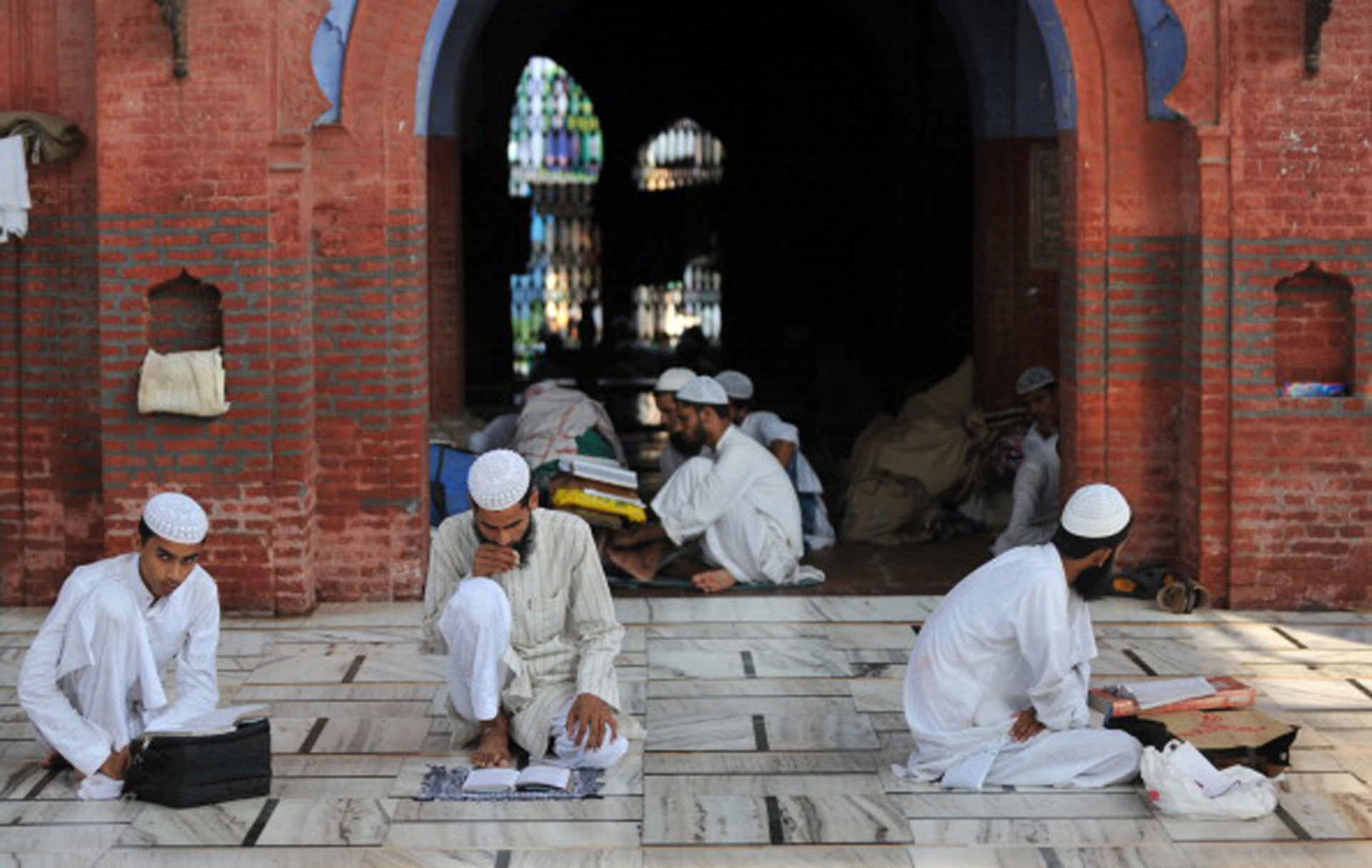
The Islamists You’ve Never Heard Of
Foreign policy specialist Kamran Bokhari talks with New Lines Magazine’s Rasha Elass about Deobandism, the “Wahhabism of South Asia” — and why it remains mostly unknown in the West.
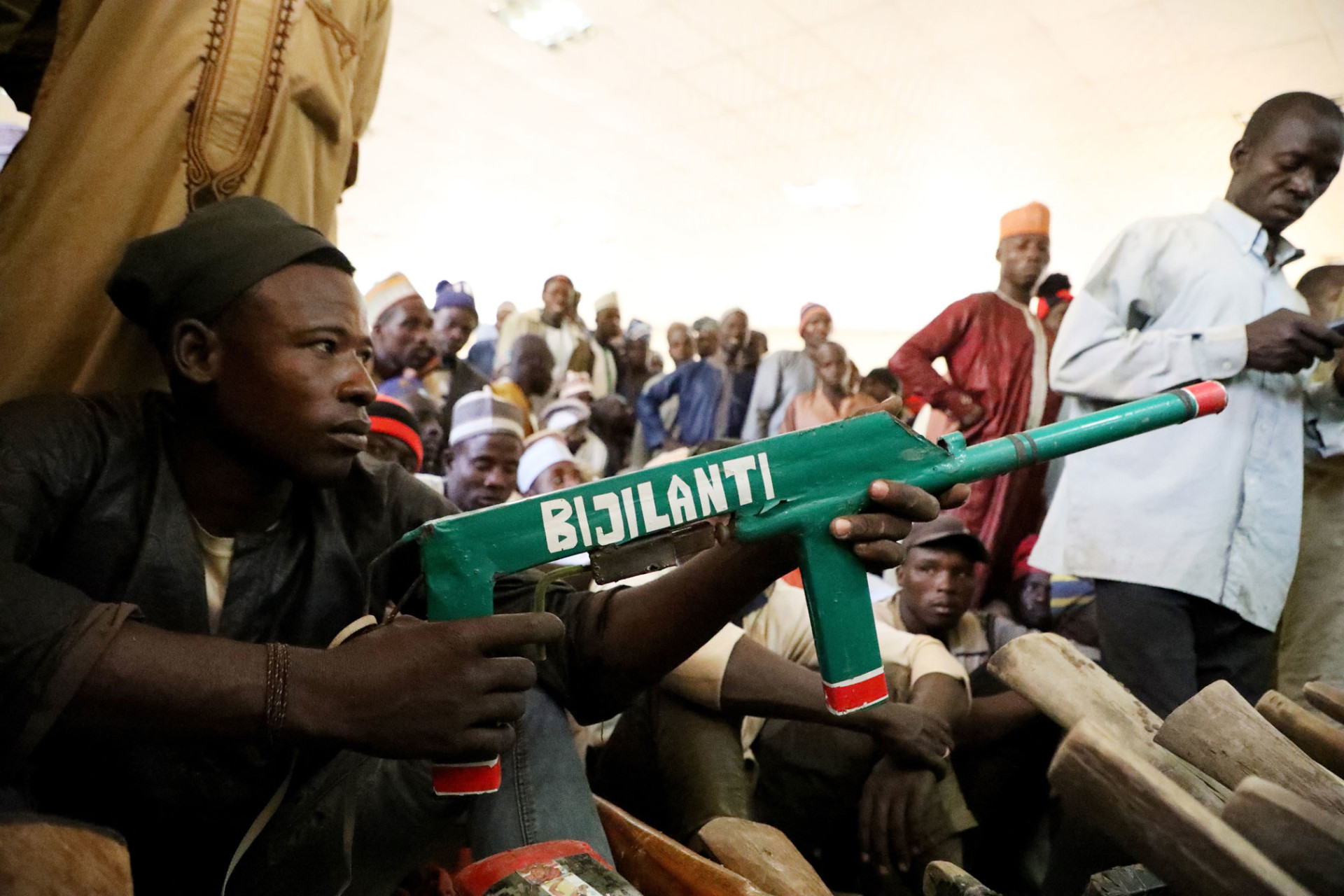
Inside Nigeria’s Banditry Crisis
Fulbright scholar James Barnett joins New Lines’ Rasha Elass to discuss how he made contact with Nigeria’s bandits, who they are — and what they want.
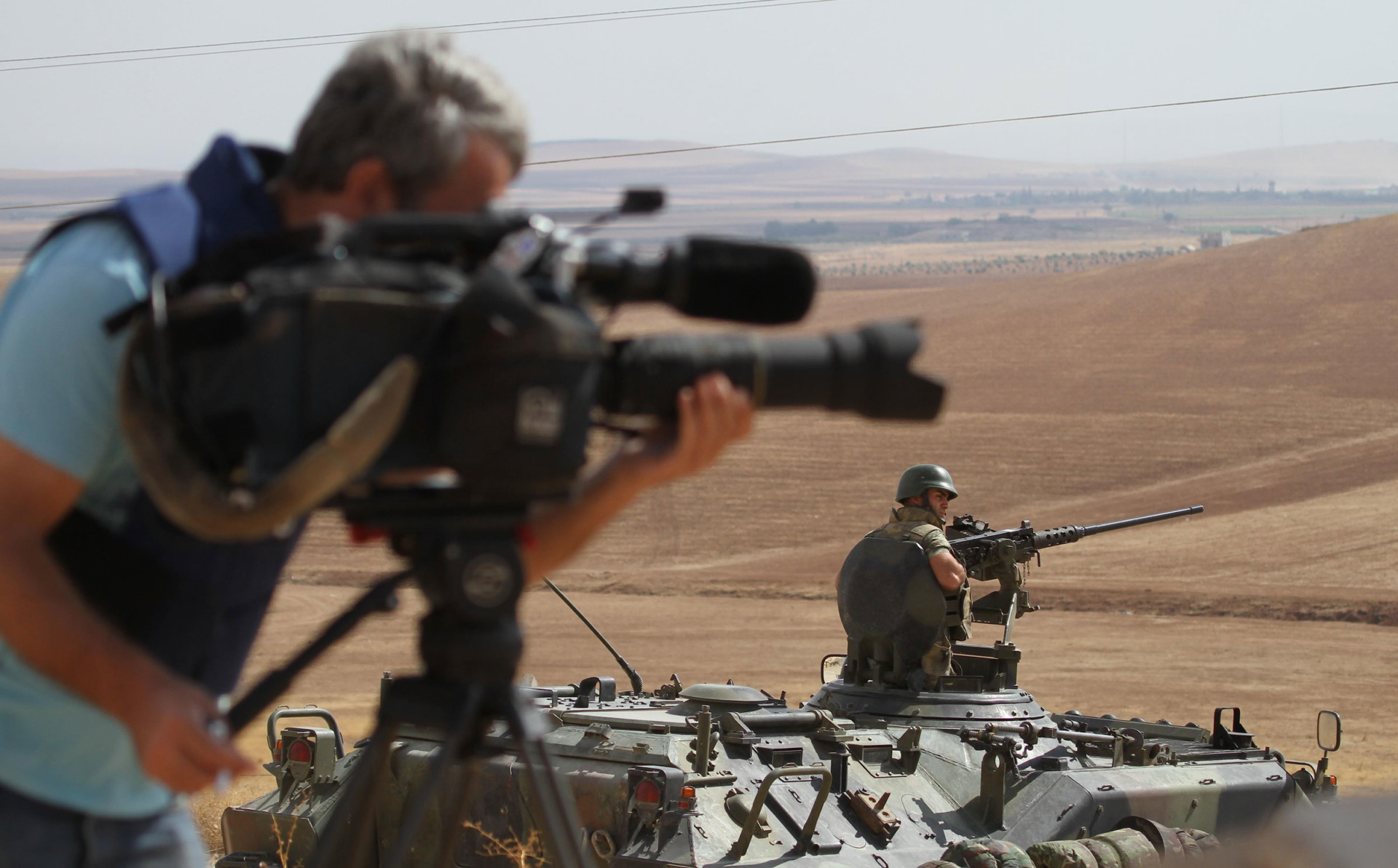
Podcast: Why I Stopped Writing About Syria
Syrian journalist Asser Khattab’s viral essay in New Lines last week explained why he stopped writing about Syria, sparking a much-needed conversation online about how foreign media outlets treat local reporters. In this latest podcast, he and New Lines’ Kareem Shaheen continue that vital conversation.
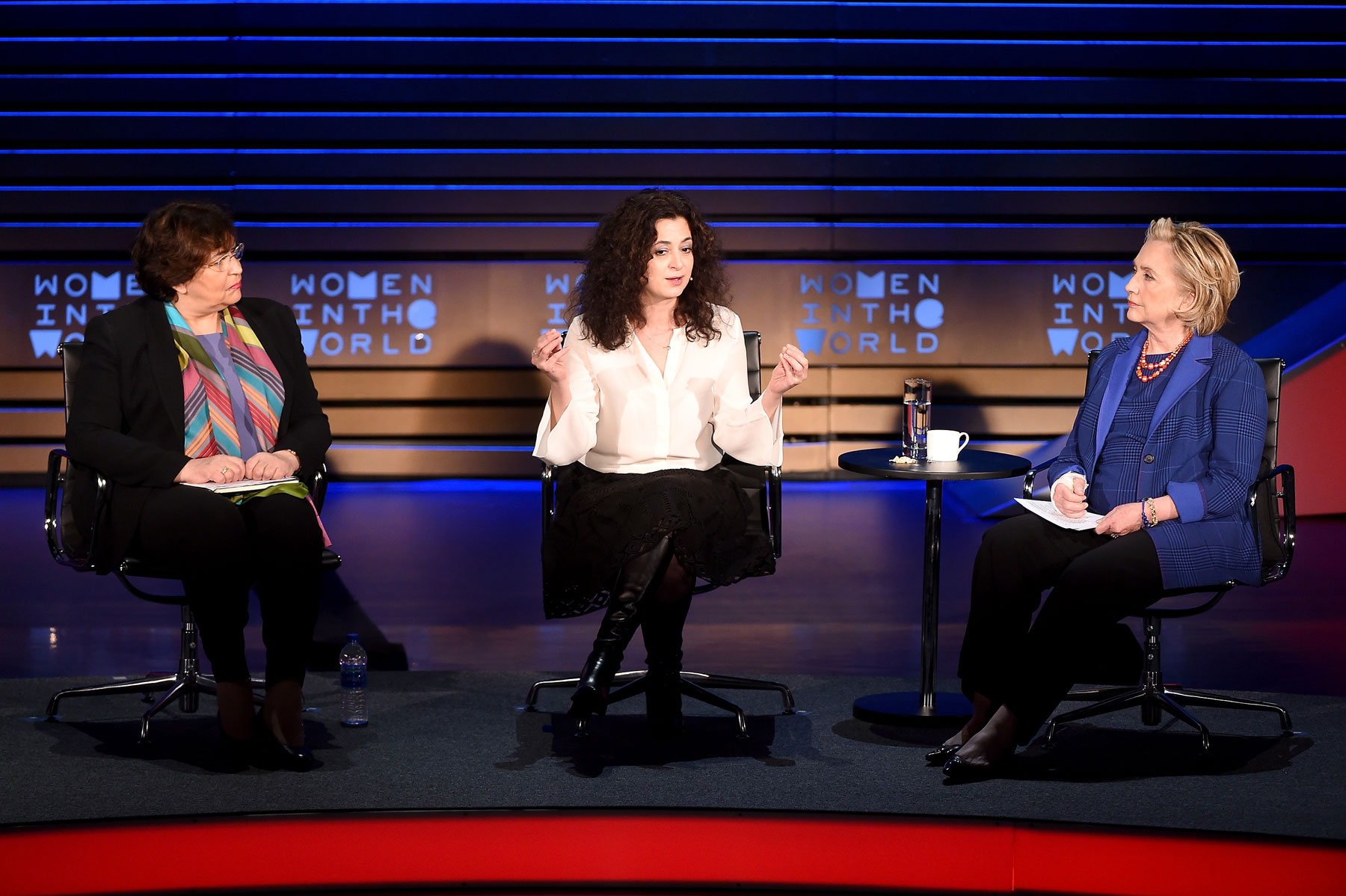
The Urgency of Now
Amidst rising authoritarianism, social atomization and looming climate change, award-winning journalist and novelist Ece Temelkuran speaks to New Lines’ Faisal Al Yafai about how it got this bad — and why we cannot face it alone. They discuss watching democracy die in Turkey, why she’s not an “exile” — and why she refuses to lose her faith in humankind.
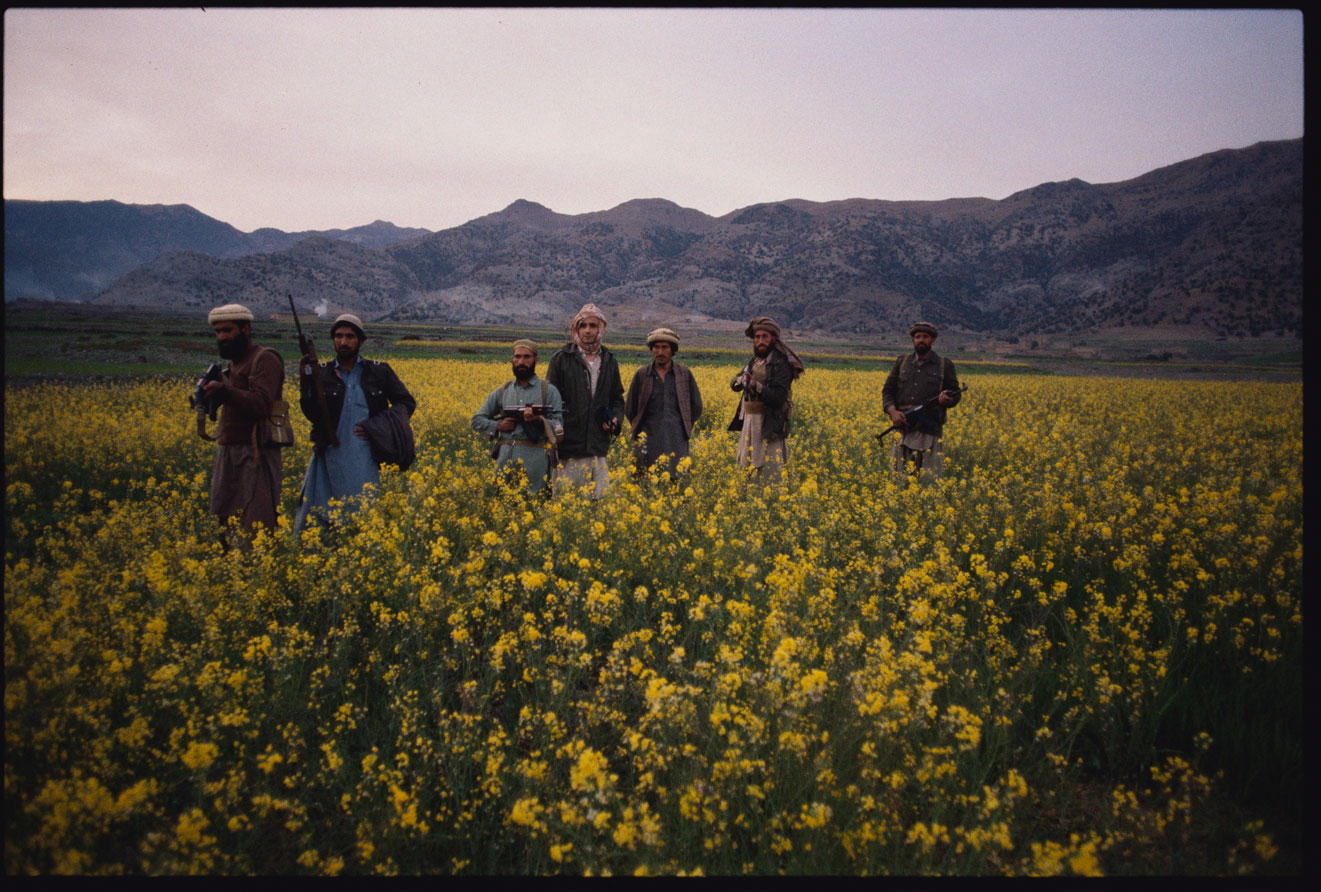
The Allure of the Afghan Jihad
Award-winning investigative journalist Tam Hussein speaks to New Lines’ Lydia Wilson about his latest article for New Lines on the mythologization of Afghanistan by Western Islamists, how jihadist propaganda spread before the internet, and why the far-right admires the Taliban.
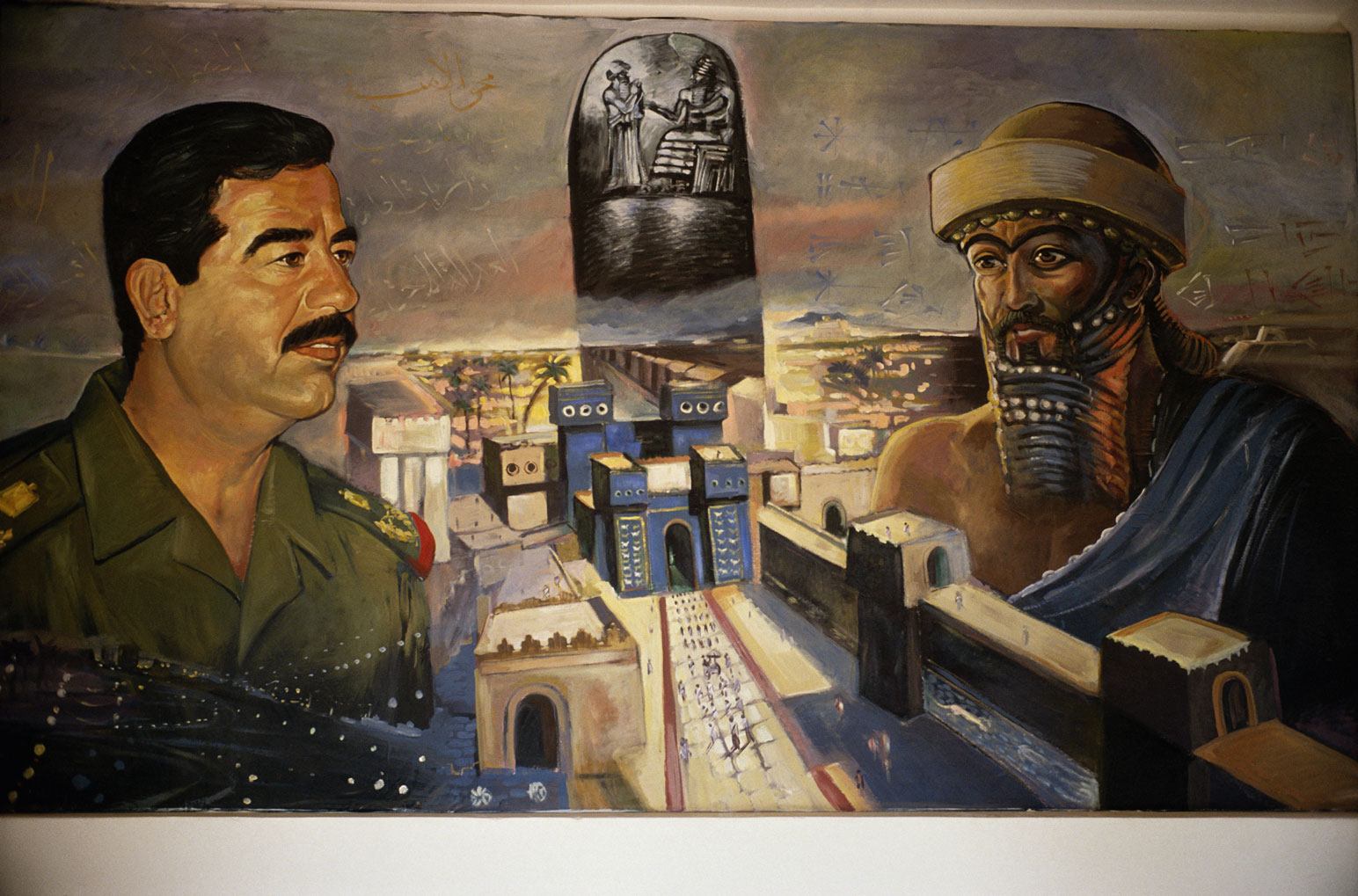
When Art and Archaeology Turn Political
New Lines contributor Olivia Snaije and contributing editor Lydia Wilson speak to Faisal Al Yafai about recent articles they wrote exploring how the Middle East’s ancient heritage continues to shape modern politics — and how the story of a nation depends on who’s telling it.

The Wars Over the Horizon
Military tech journalist Kelsey Atherton speaks to New Lines’ Faisal Al Yafai about how drones changed modern warfare, how emerging technologies will affect future conflicts — and why the real threat from killer robots is not what you might think.
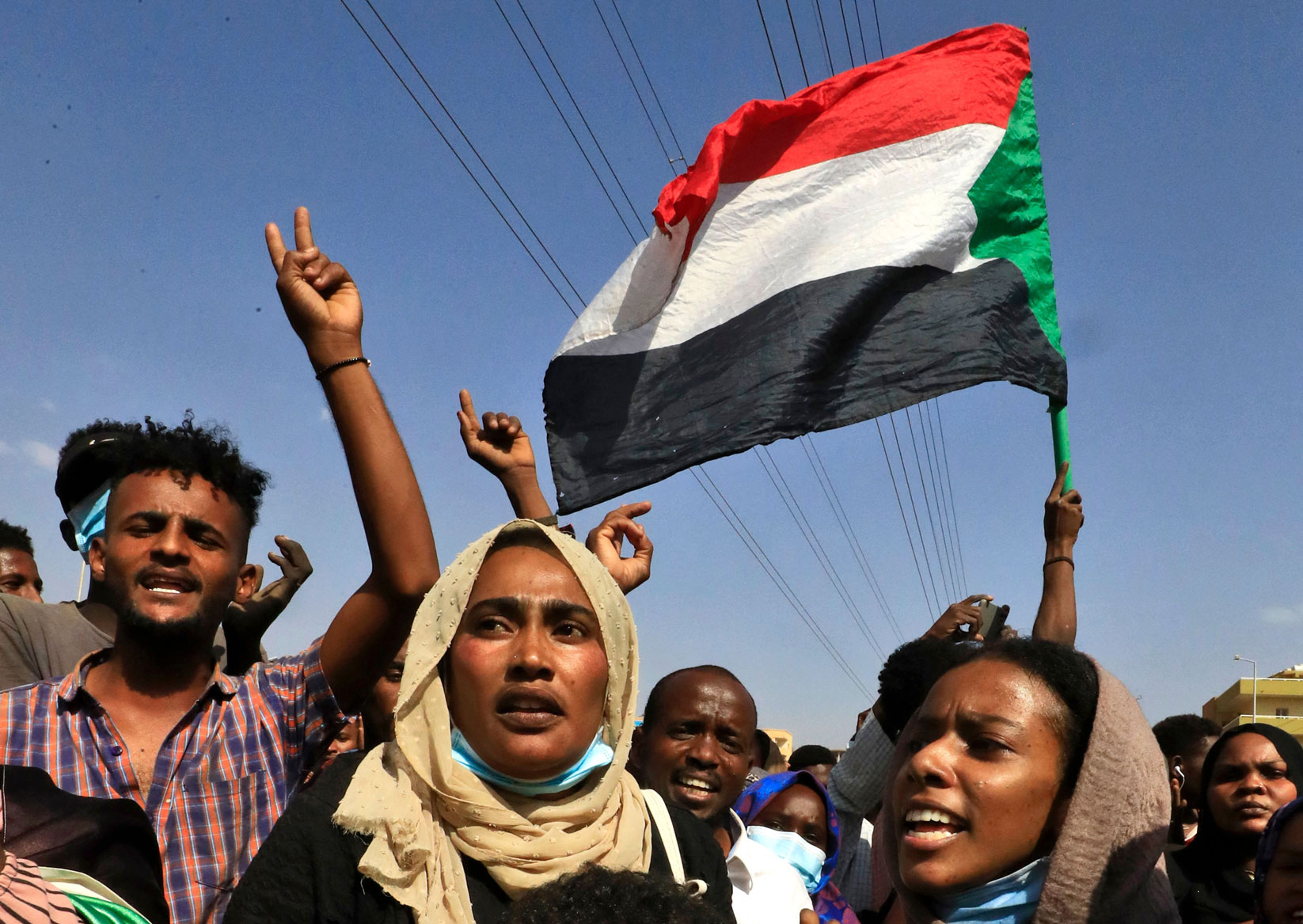
Sudan at a Crossroads
Isma’il Kushkush and Dallia Abdelmoniem talk to New Lines’ Faisal Al Yafai about the military takeover in Sudan. They explain why the coup took place, how it feels to be back out on the streets — and why the generals may have overplayed their hand.
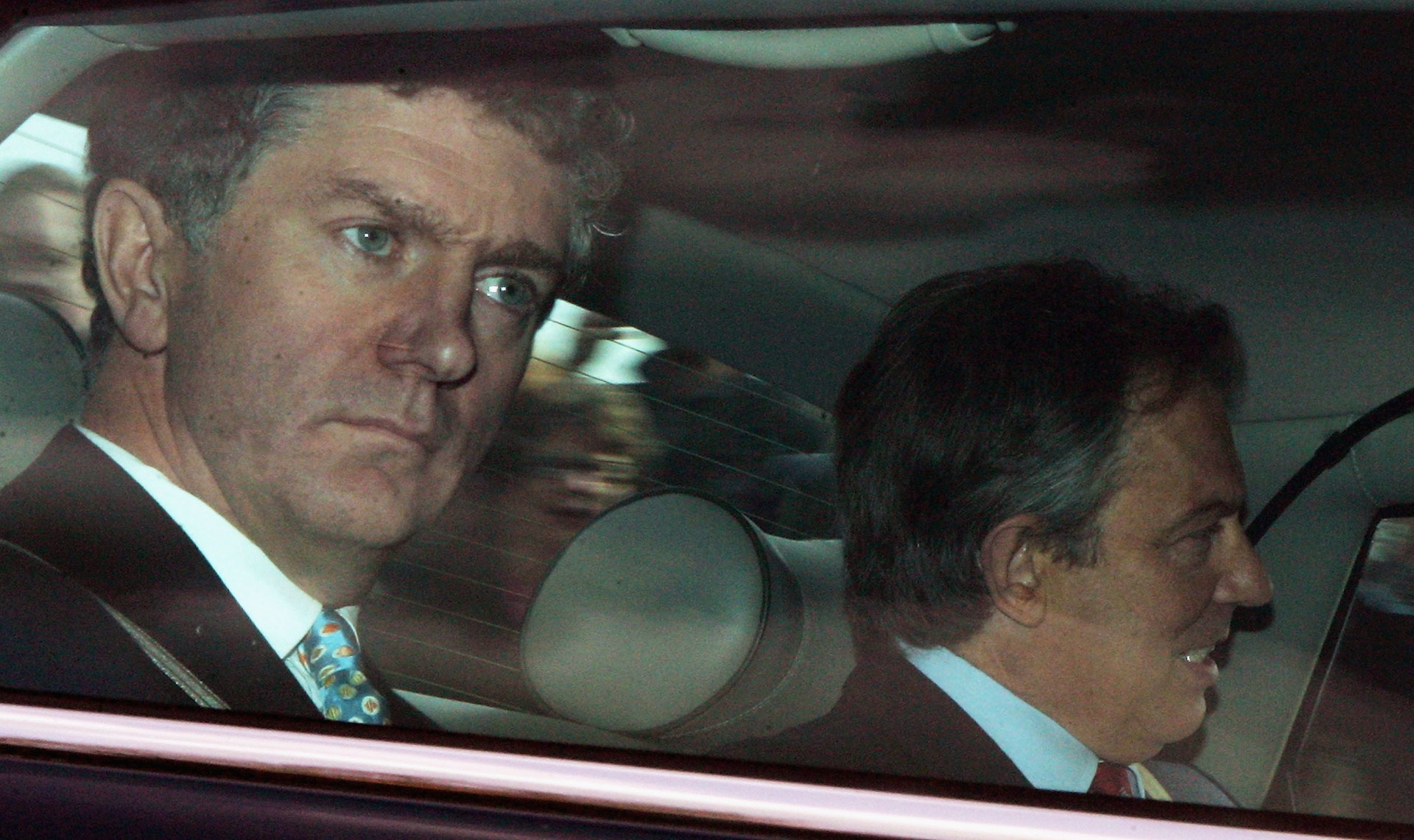
Talking to Terrorists
Jonathan Powell is CEO of the conflict resolution charity Inter Mediate and has made a career talking to some of…
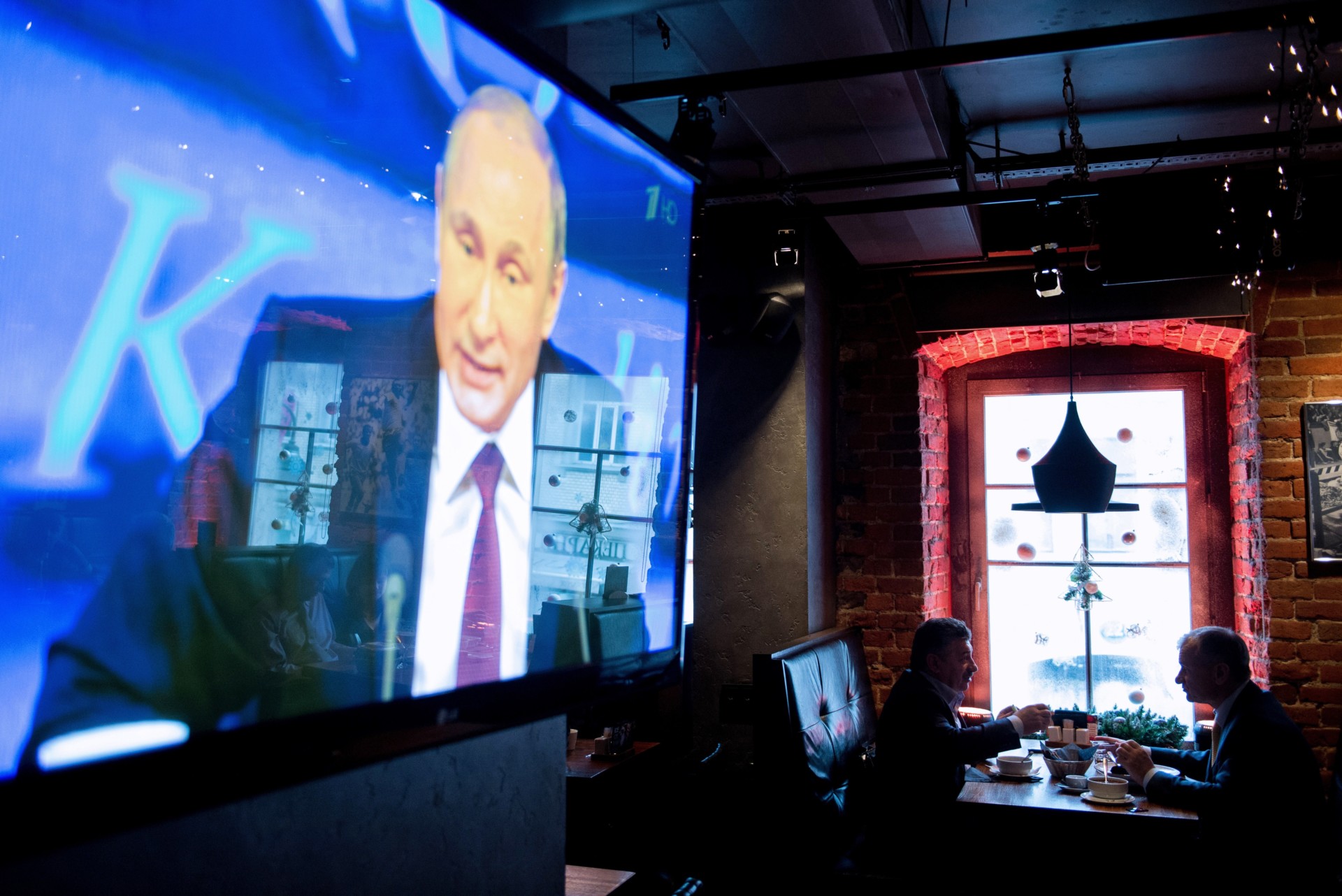
How to Survive the Disinformation Wars
Nina Jankowicz is a fellow at the Wilson Center in Washington, D.C. and the author of “How to Lose the…
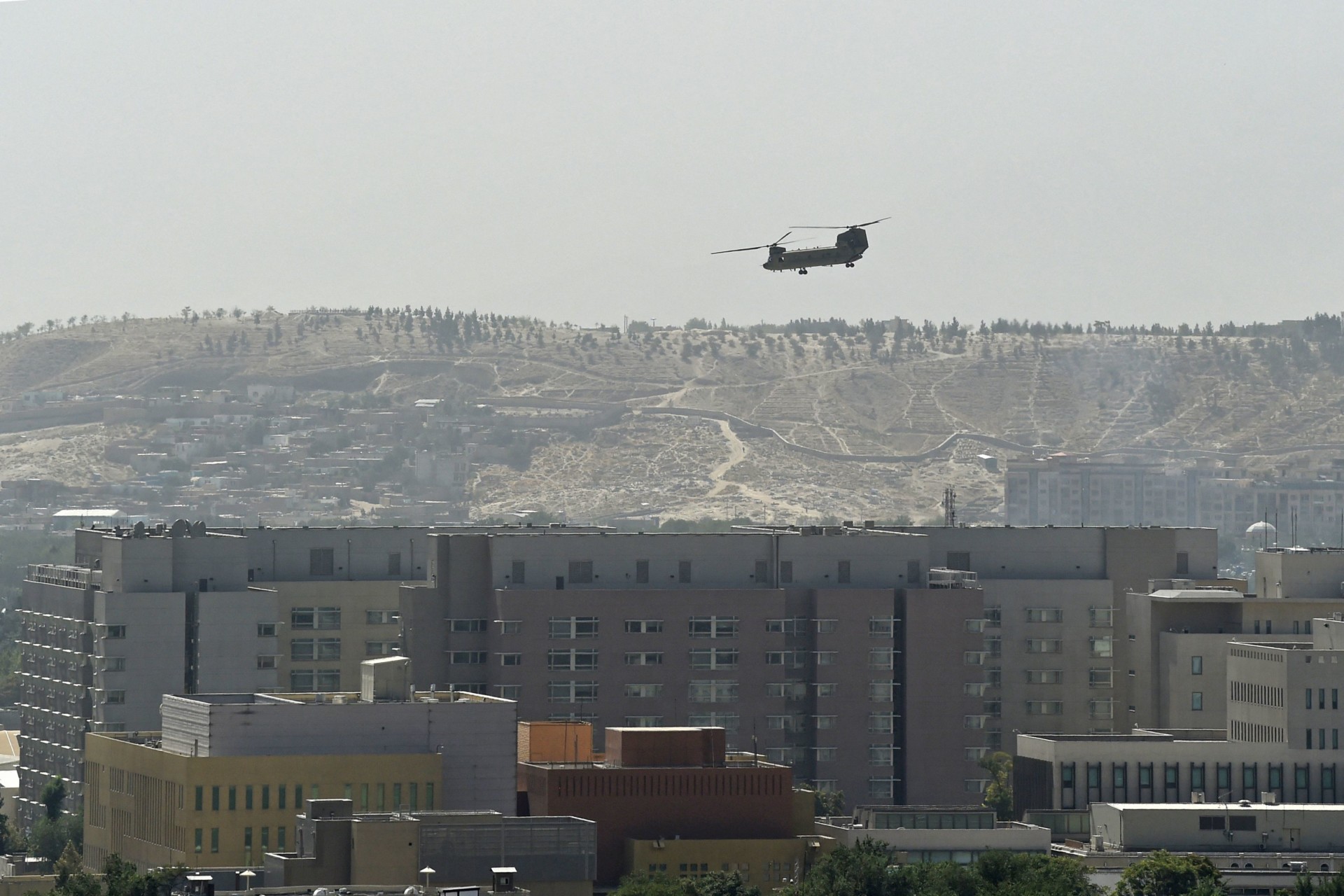
Afghanistan: After the Taliban Takeover
In this podcast, Farkhondeh Akbari and Andrew Watkins join New Lines for a conversation on Afghanistan. They share their sentiments about the Taliban takeover of Afghanistan, assessments on decades of American intervention and recent withdrawal, and reflect on the past, present and future.
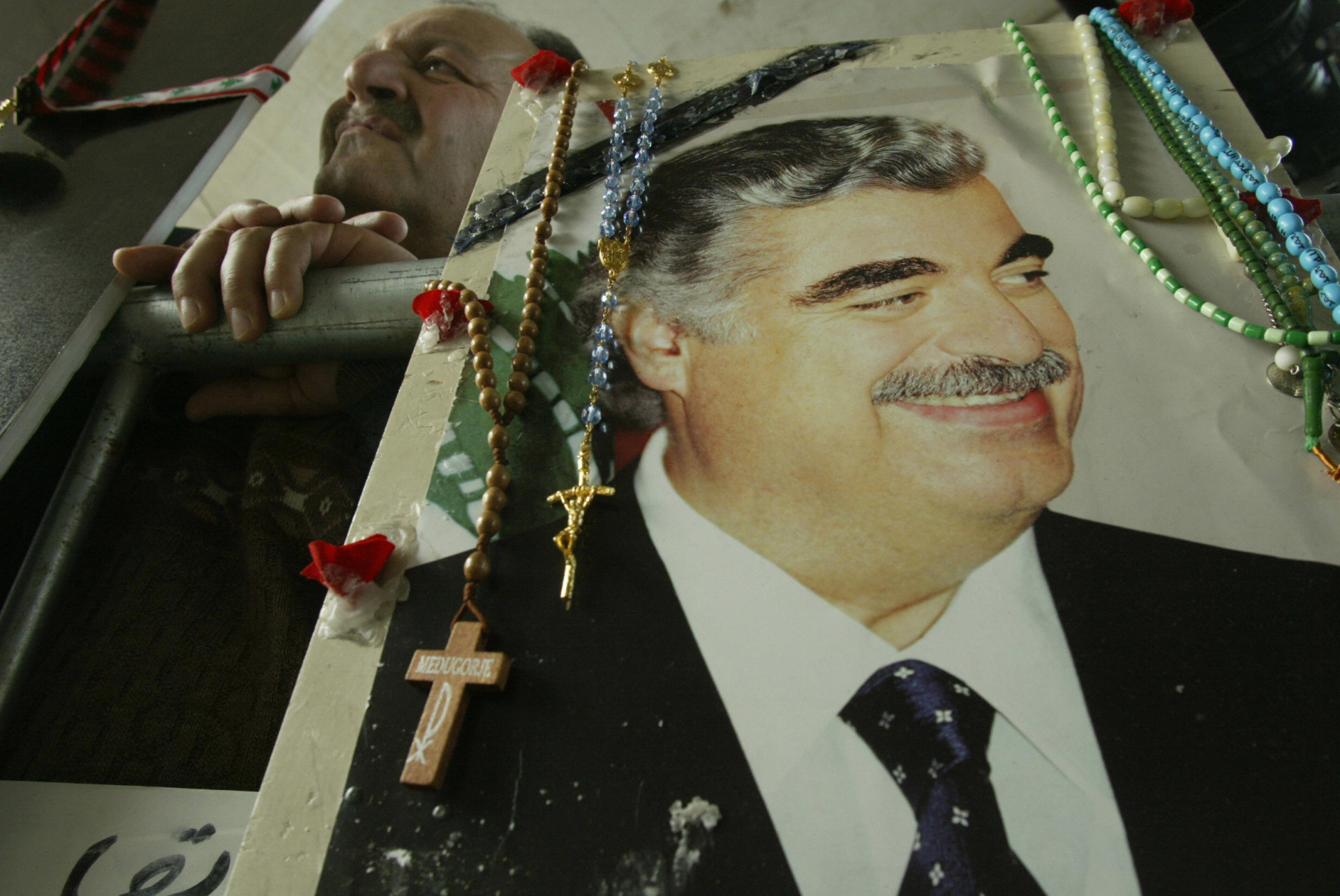
Justice and Punishment in the Middle East
In a wide-ranging podcast with Newlines’ Kareem Shaheen, David Kaye, who served as the U.N. special rapporteur for freedom of opinion and expression discusses justice and accountability for crimes in the Middle East.

After the Fall of Kabul
In a special podcast on the fall of Kabul and its aftermath, Emran Feroz, Fazelminallah Qazizai and Shelly Kittleson tell Newlines’ Faisal Al Yafai what it was like on the ground in Afghanistan before, during and after the takeover by the Taliban. They discuss that fateful Sunday in Kabul, where the long war against the Taliban fits into the wider war on terror, and what the Taliban might do next.
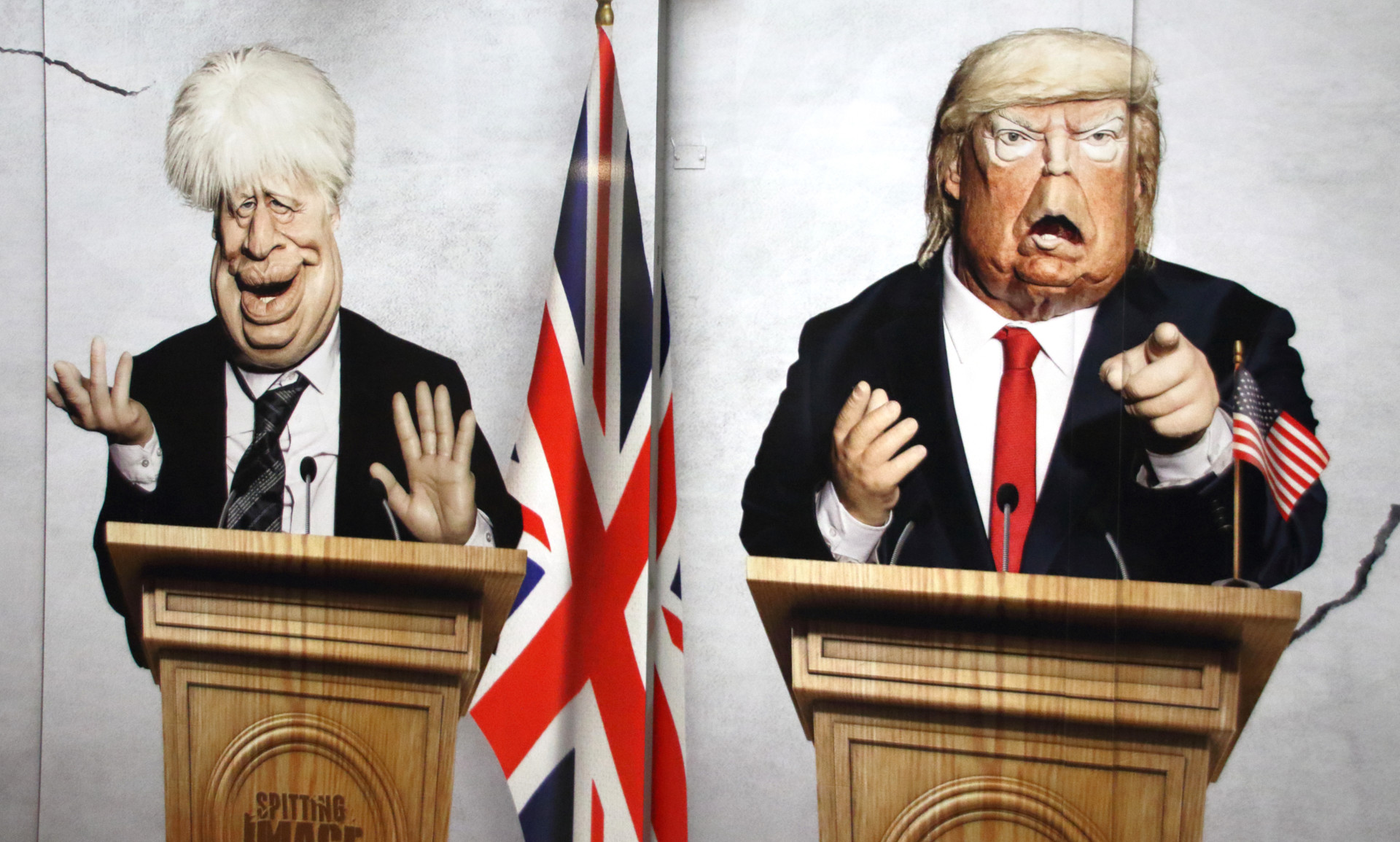
Satire, Censorship and Fake News
In this podcast, Isam Uraiqat of AlHudood picks his favorite satirical headlines, and talks censorship, the serious side of satire, why authoritarian governments hate being laughed at, how the US media handled Trump - and tells Newlines' Faisal Al Yafai what topics he would not joke about.
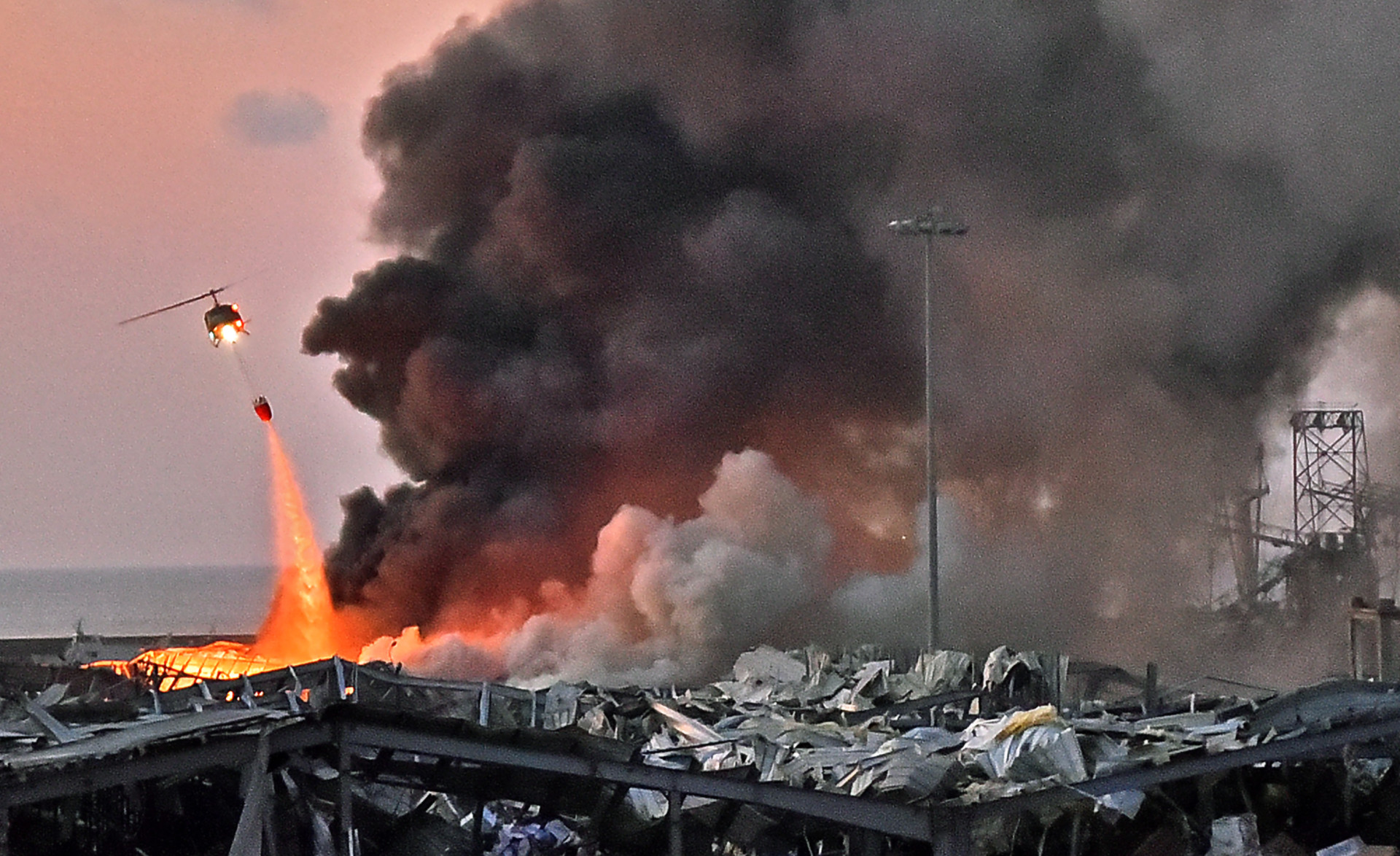
After the Beirut Blast
In this podcast, a discussion of what it felt like a year ago before and after the blast; the challenges of reporting on a city that is both a global story and also home – and why living in Beirut sometimes feels like waiting for life to restart.
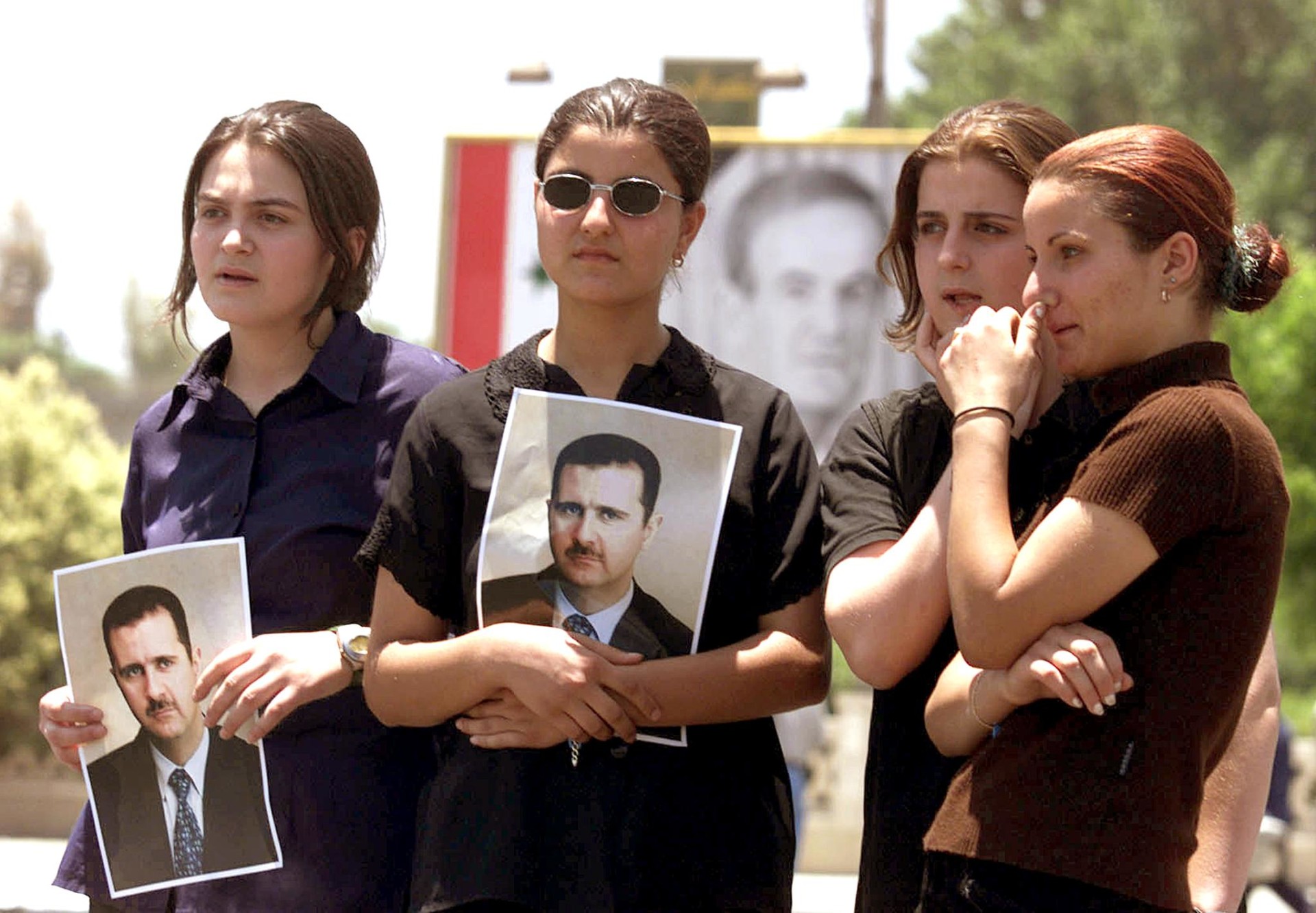
Syria: The Bashar Years
In this wide-ranging podcast, the writer and political analyst Rime Allaf recalls the death of Hafez al-Assad in Syria and traces the years of his son’s rule, from the Lebanon occupation to the Syrian revolution.
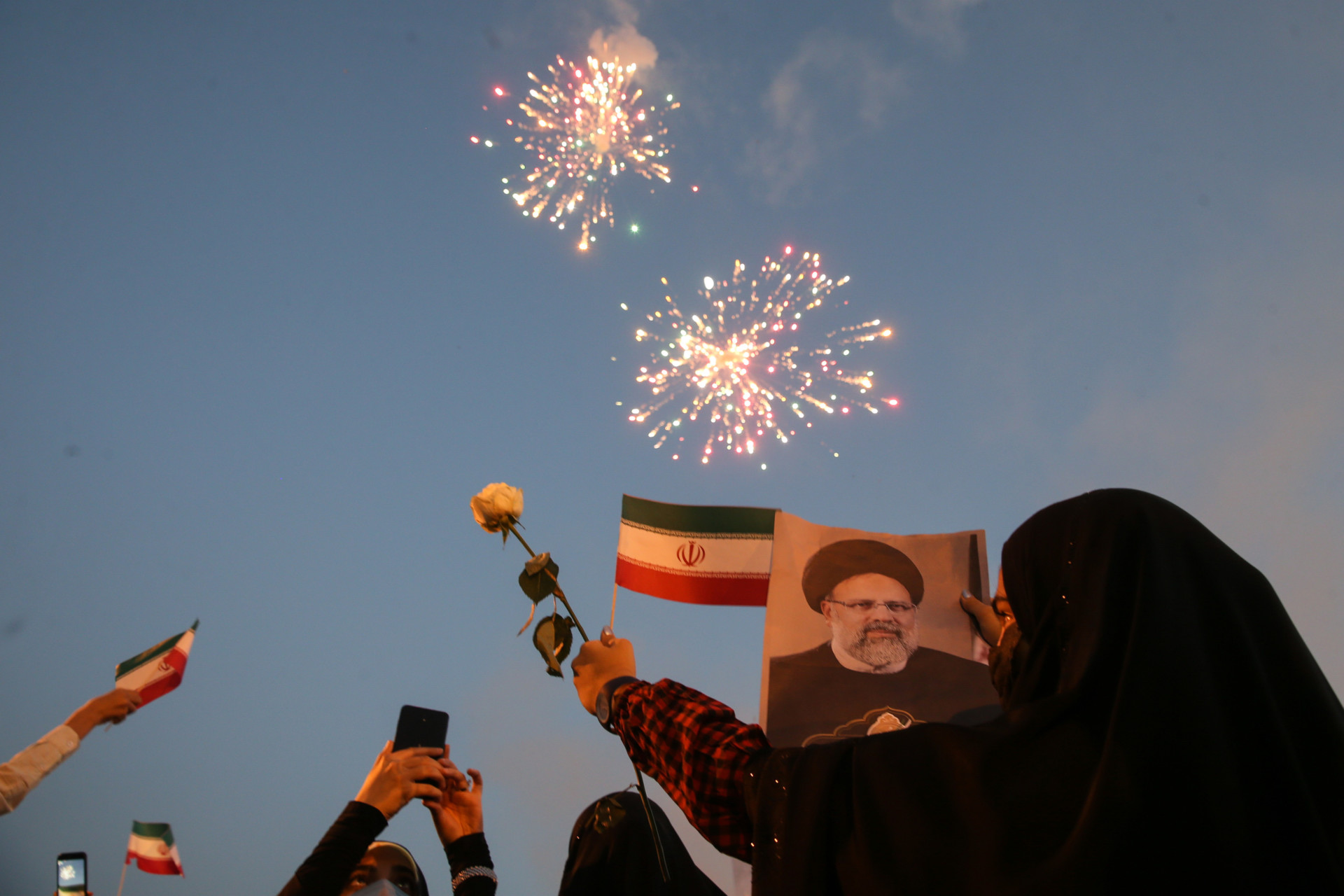
Who is Iran’s new president?
Arash Azizi, author of “Shadow Commander”, and Cameron Khansarinia, policy director at the National Union for Democracy in Iran, sit down for a podcast with Newlines’ Rasha Elass to discuss what the election of the “hanging judge” means for Iran.
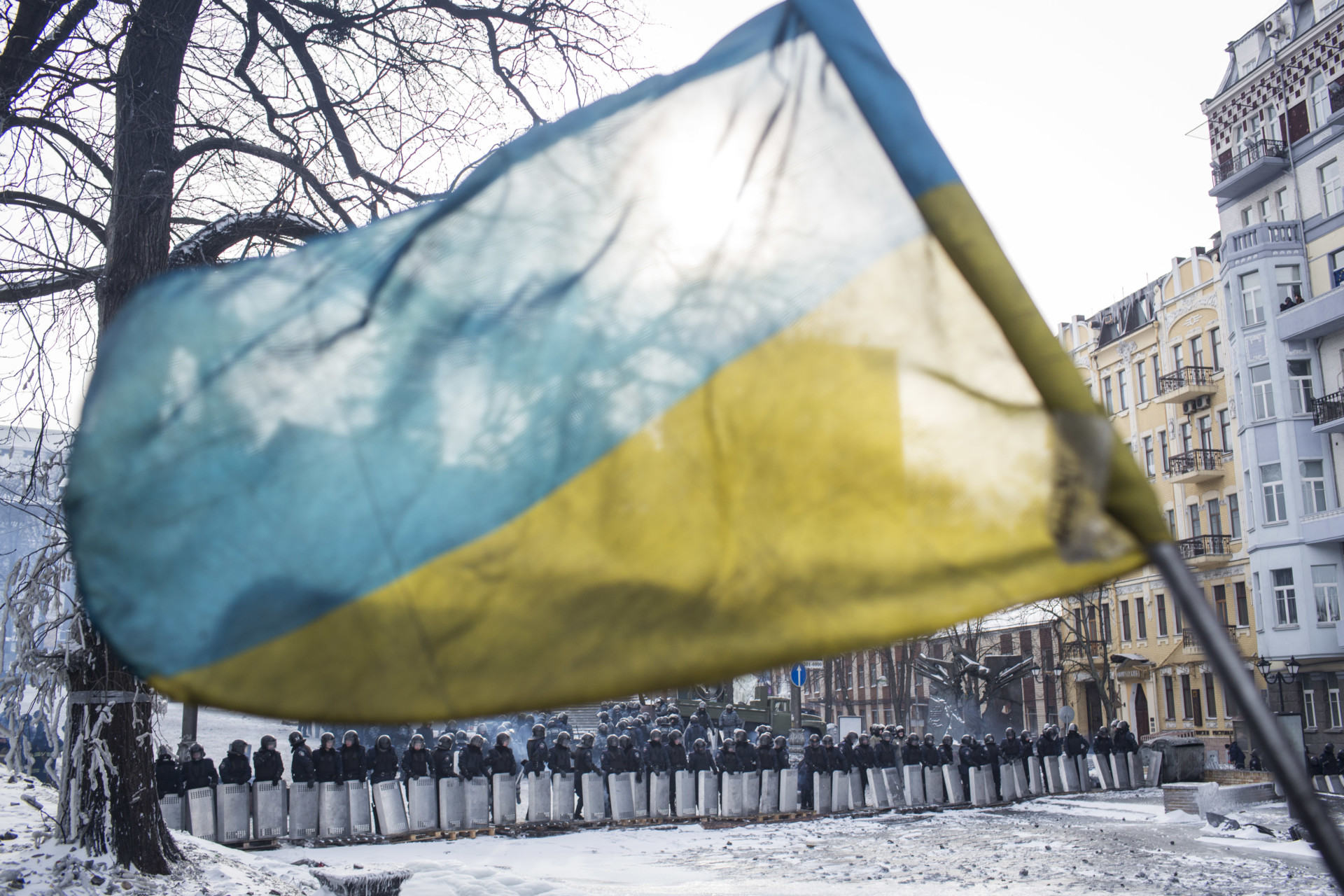
Memory Wars and the Battle Against Reality
Peter Pomerantsev is the author of This Is Not Propaganda: Adventures in the War Against Reality. In this podcast, he explores modern memory wars, and how they are attempting to remake reality, from Ukraine to America.
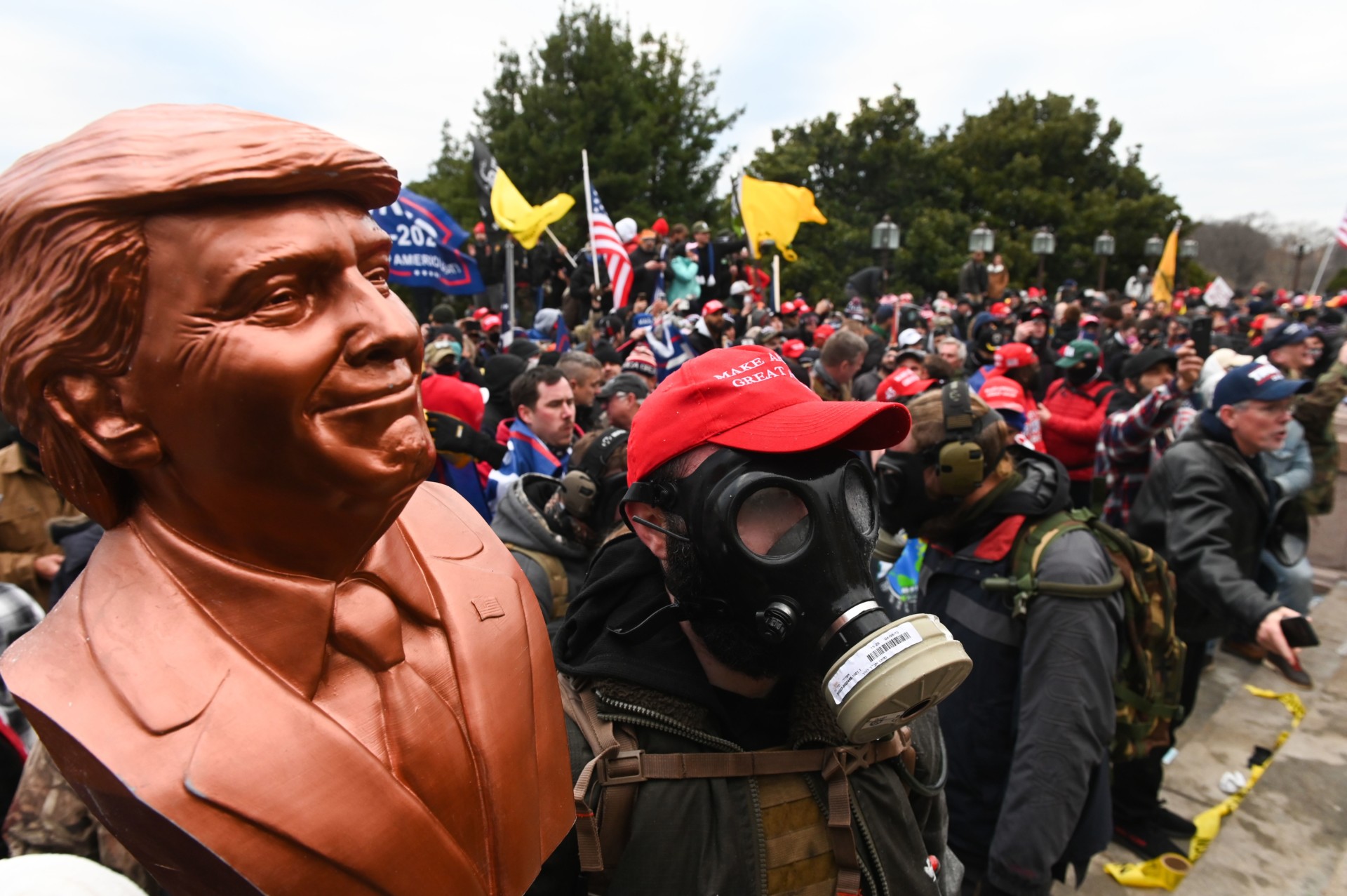
The Psychology of Political Violence
Nafees Hamid is a cognitive scientist of political violence who wrote “The Neuroscience of ‘Devoted Actors’ Within Extremist Groups”, on why people join violent groups. In this podcast, he explores similarities between jihadists who joined ISIS and the insurrectionists who stormed the US Capitol.

Telling a Syrian Fighter’s Story
Nick Foretek is the author of “The Philosopher’s Wine”, a long-read for Newlines that tells the story of several years in the life of one Syrian fighter. In this podcast, he discusses how he first met the fighter in Cairo, what prompted him to tell the story, why he made certain literary decisions – and whether he thinks the fighter is a sympathetic character.
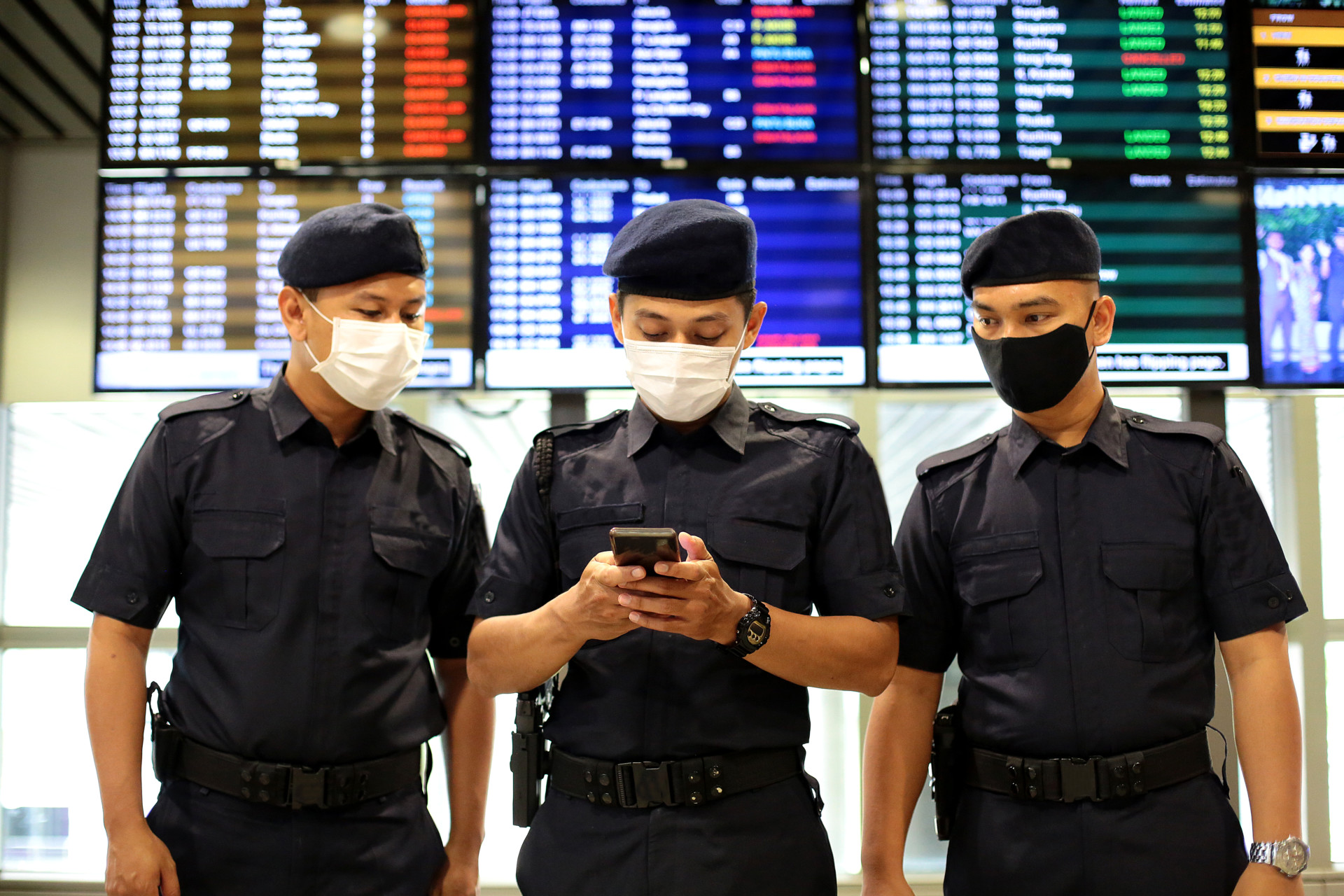
Islam, Liberalism and Power
In a wide-ranging conversation with Newlines, Mustafa Akyol discusses what happened when he was arrested by the religious police in Malaysia; early Muslim reformers and the making of the first Muslim state; the coercive power of modern Islamic states and why he believes it is holding back the full flourishing of the Muslim world.
